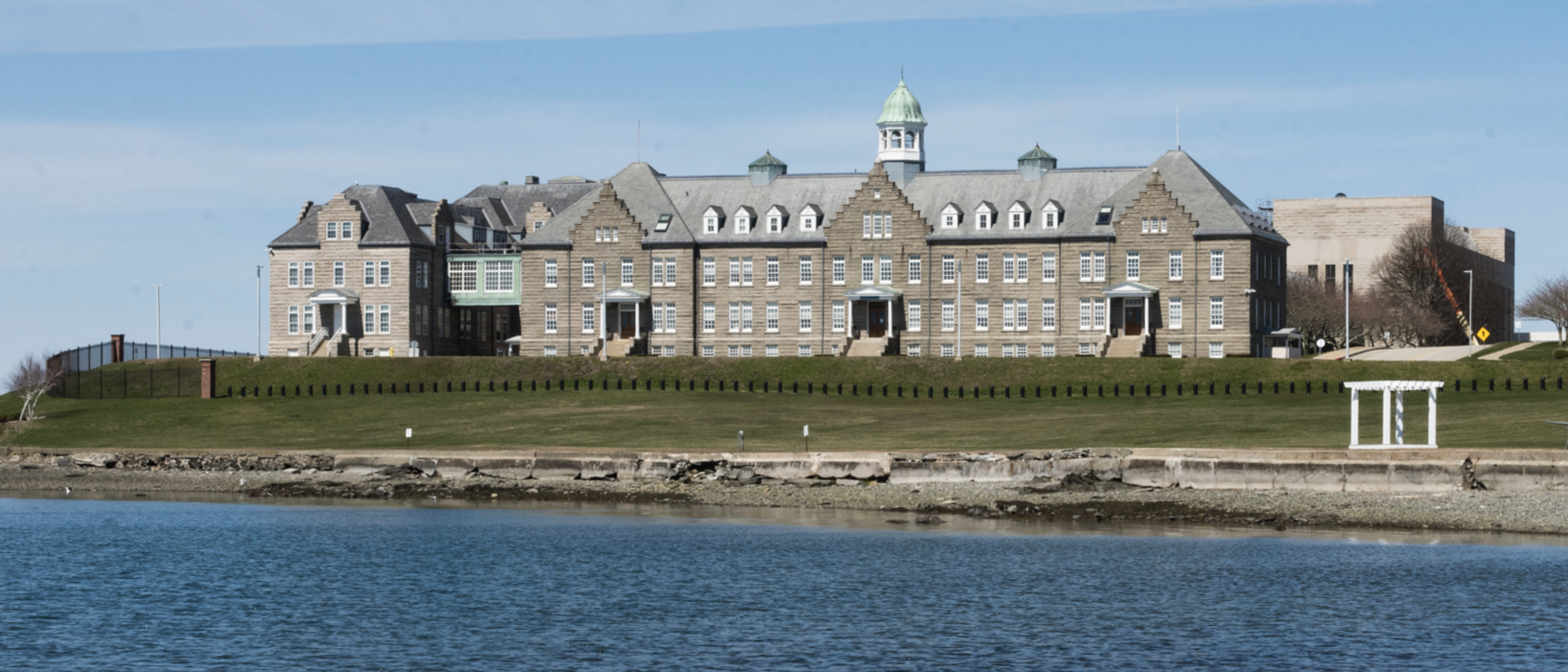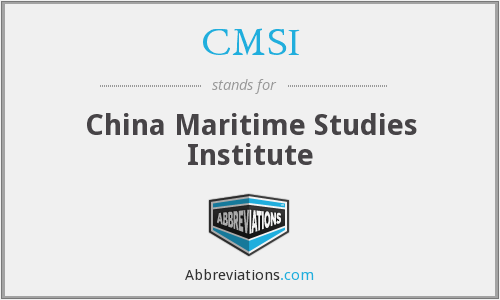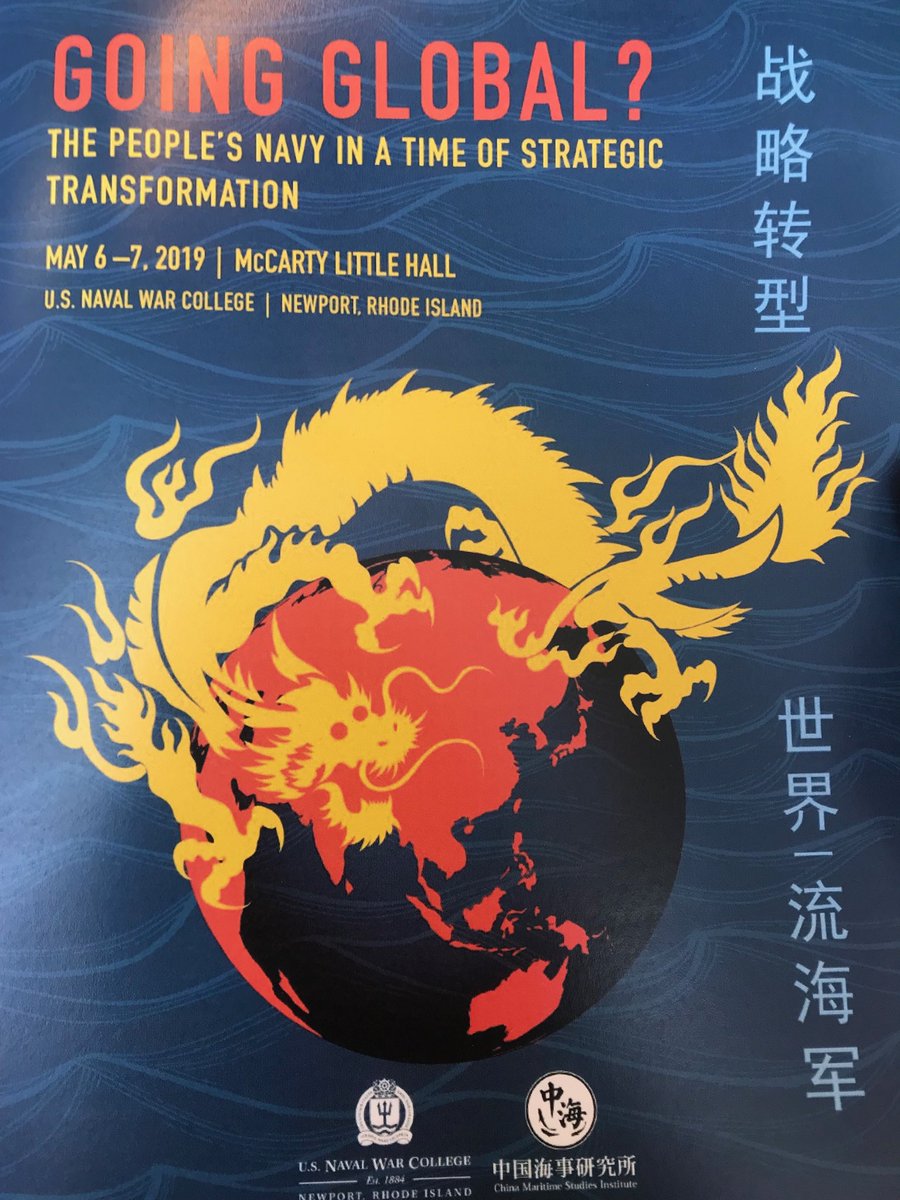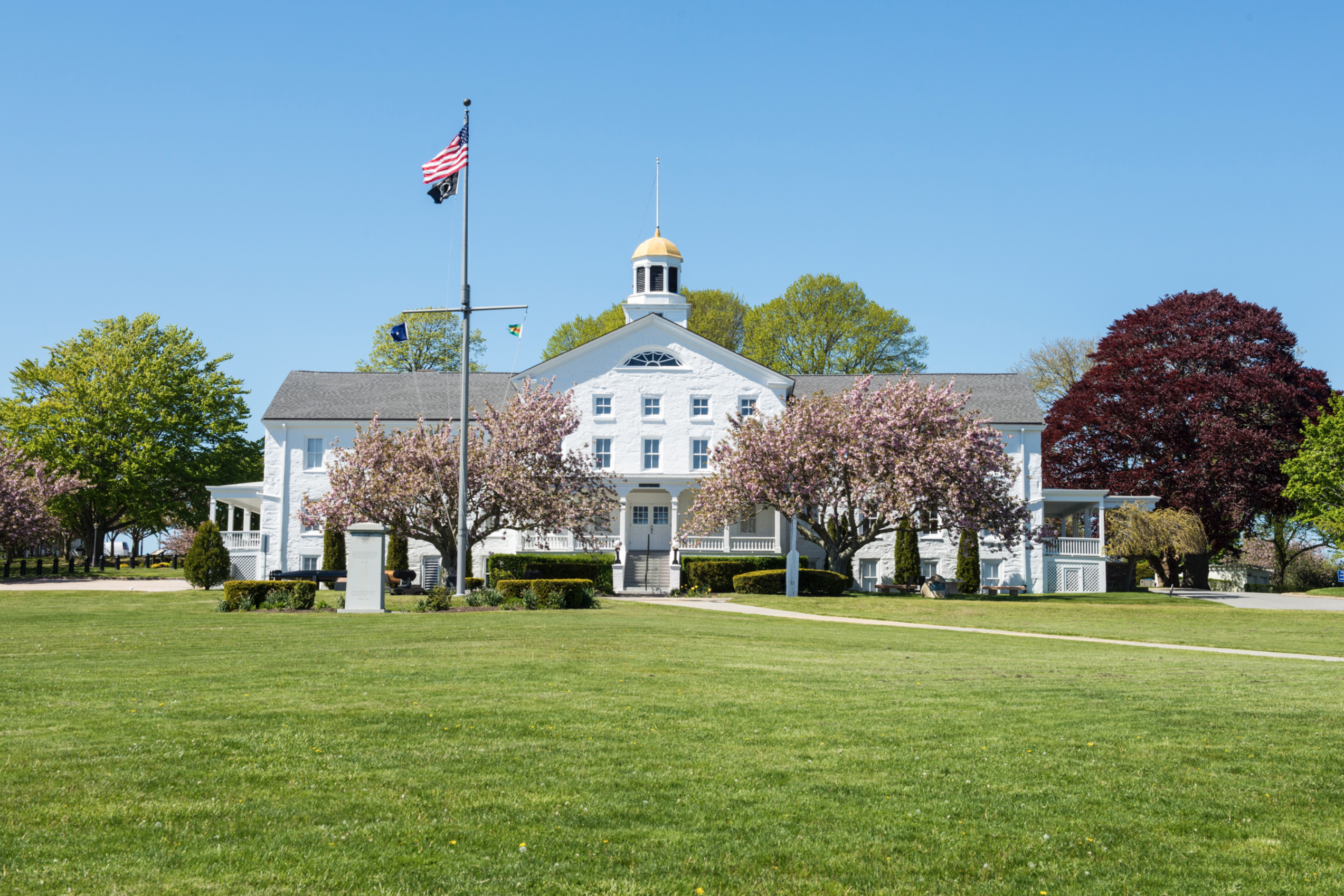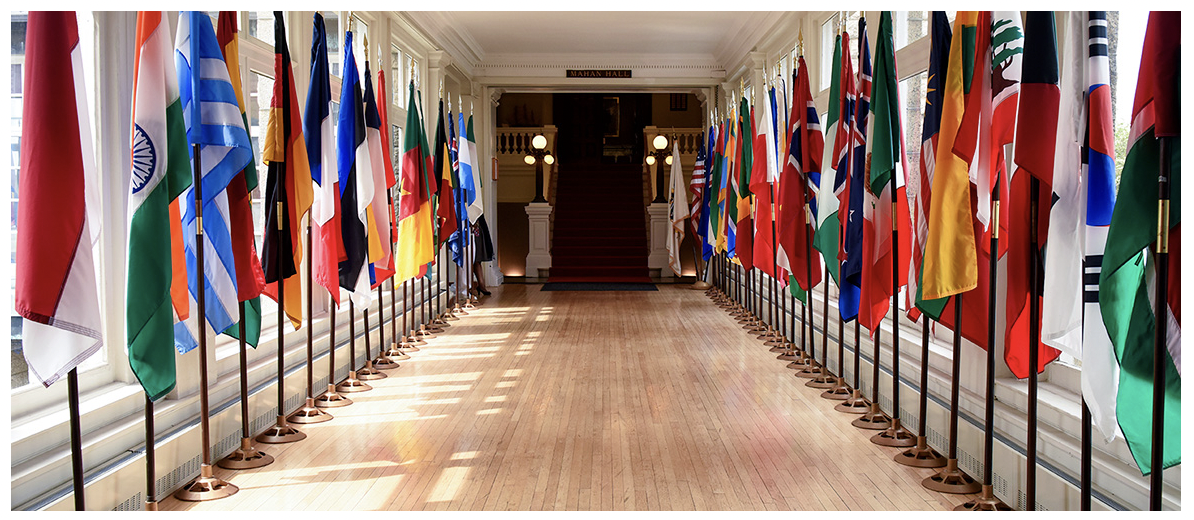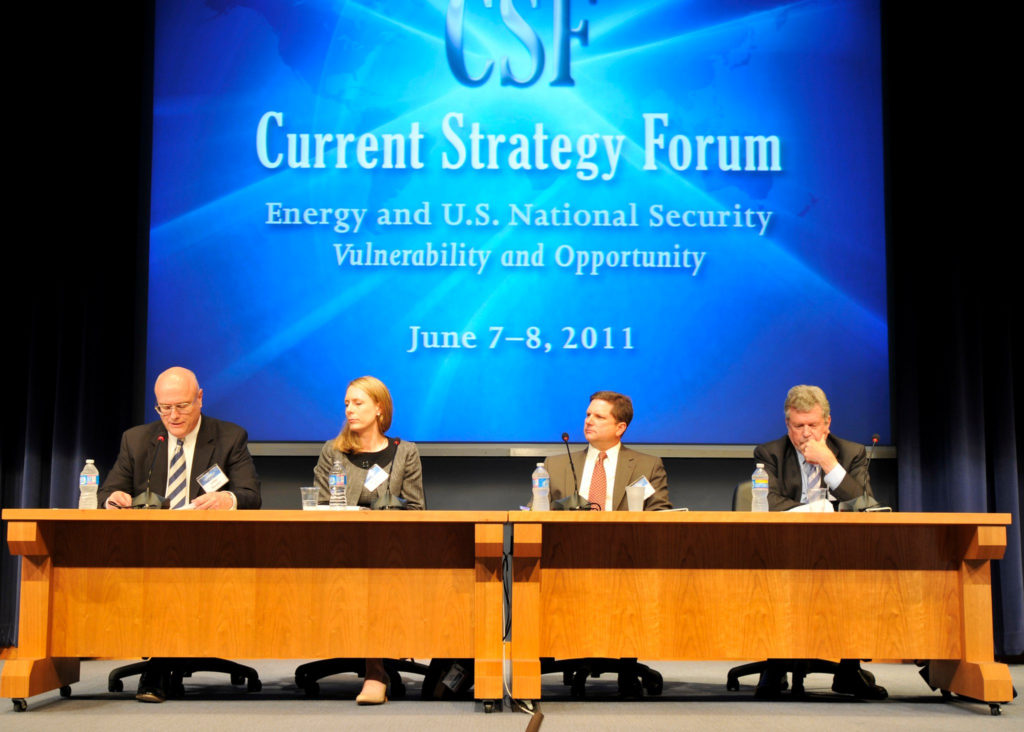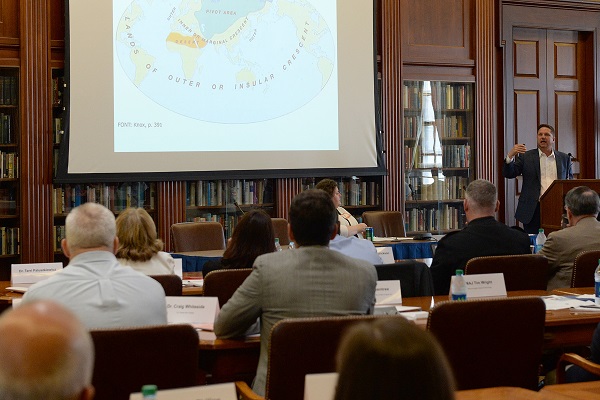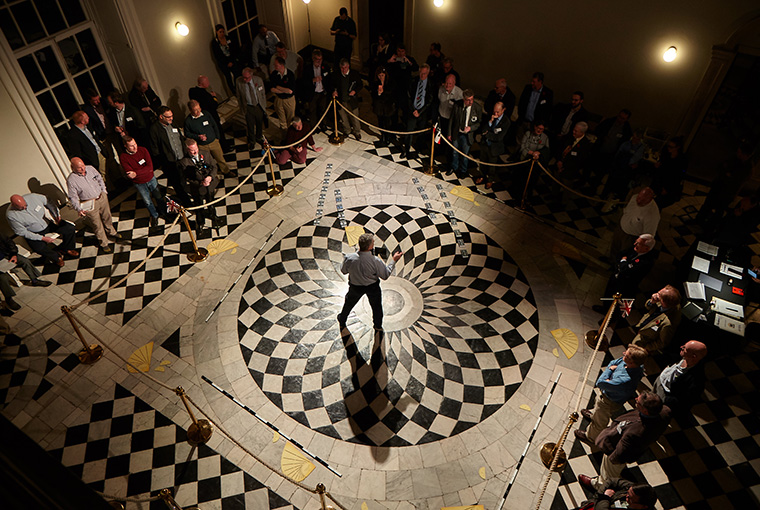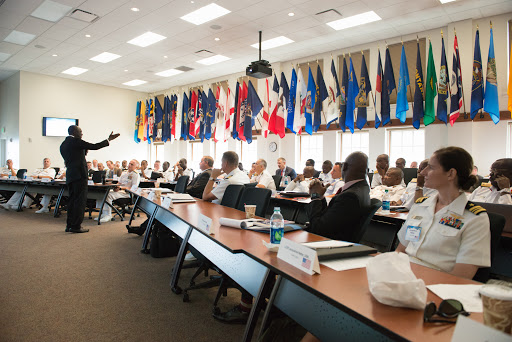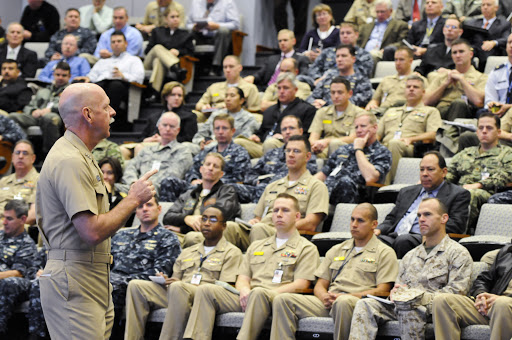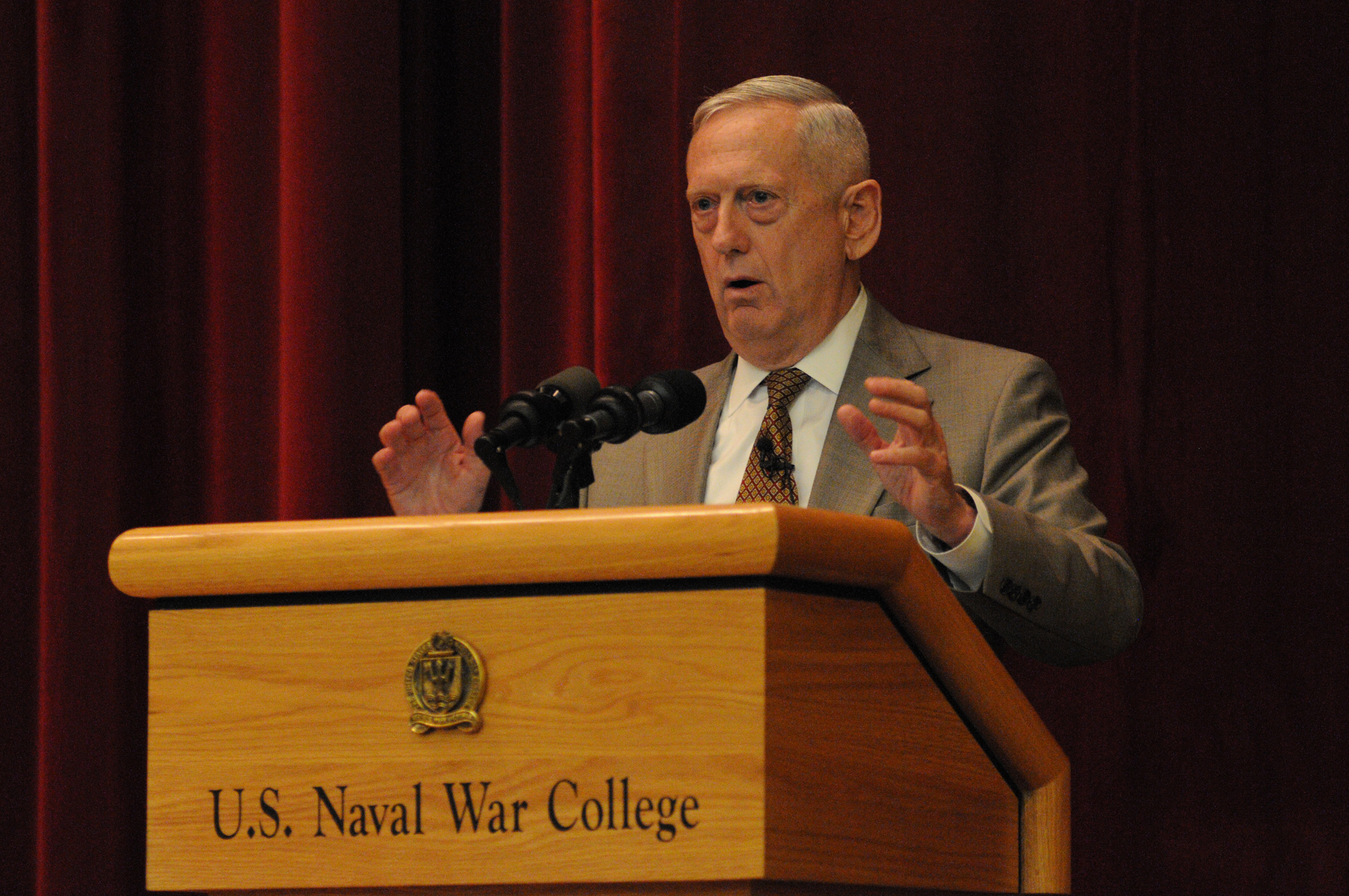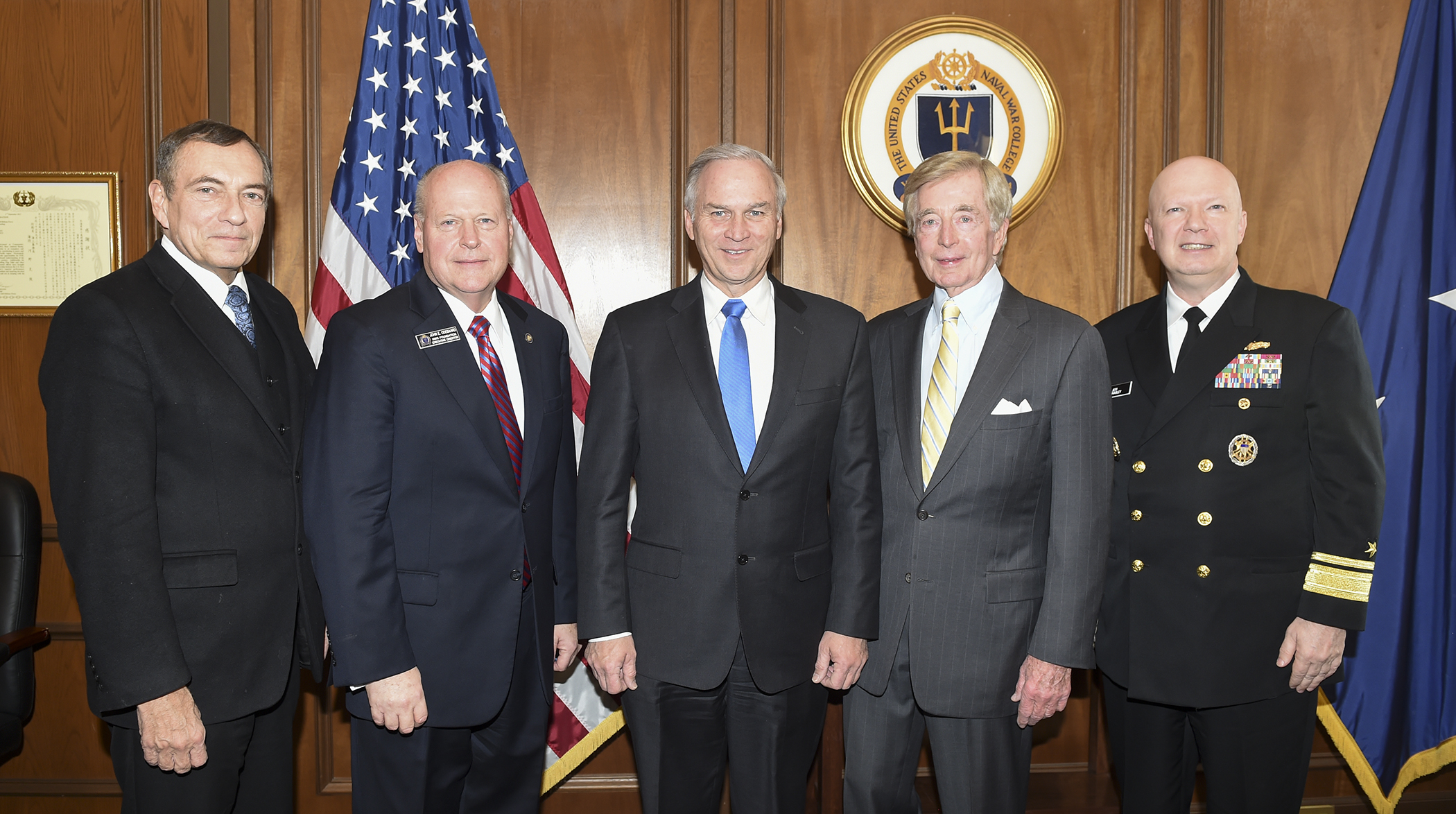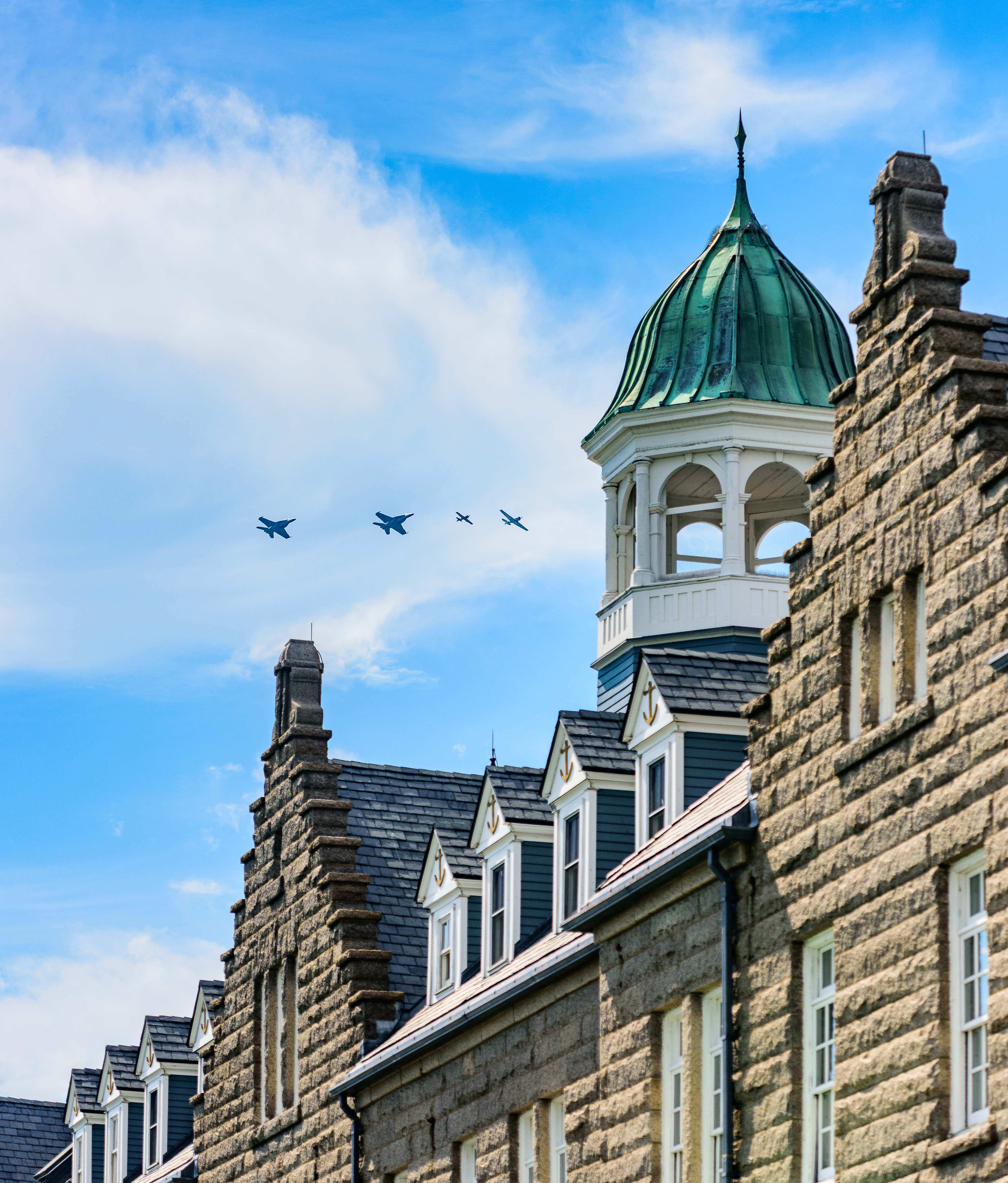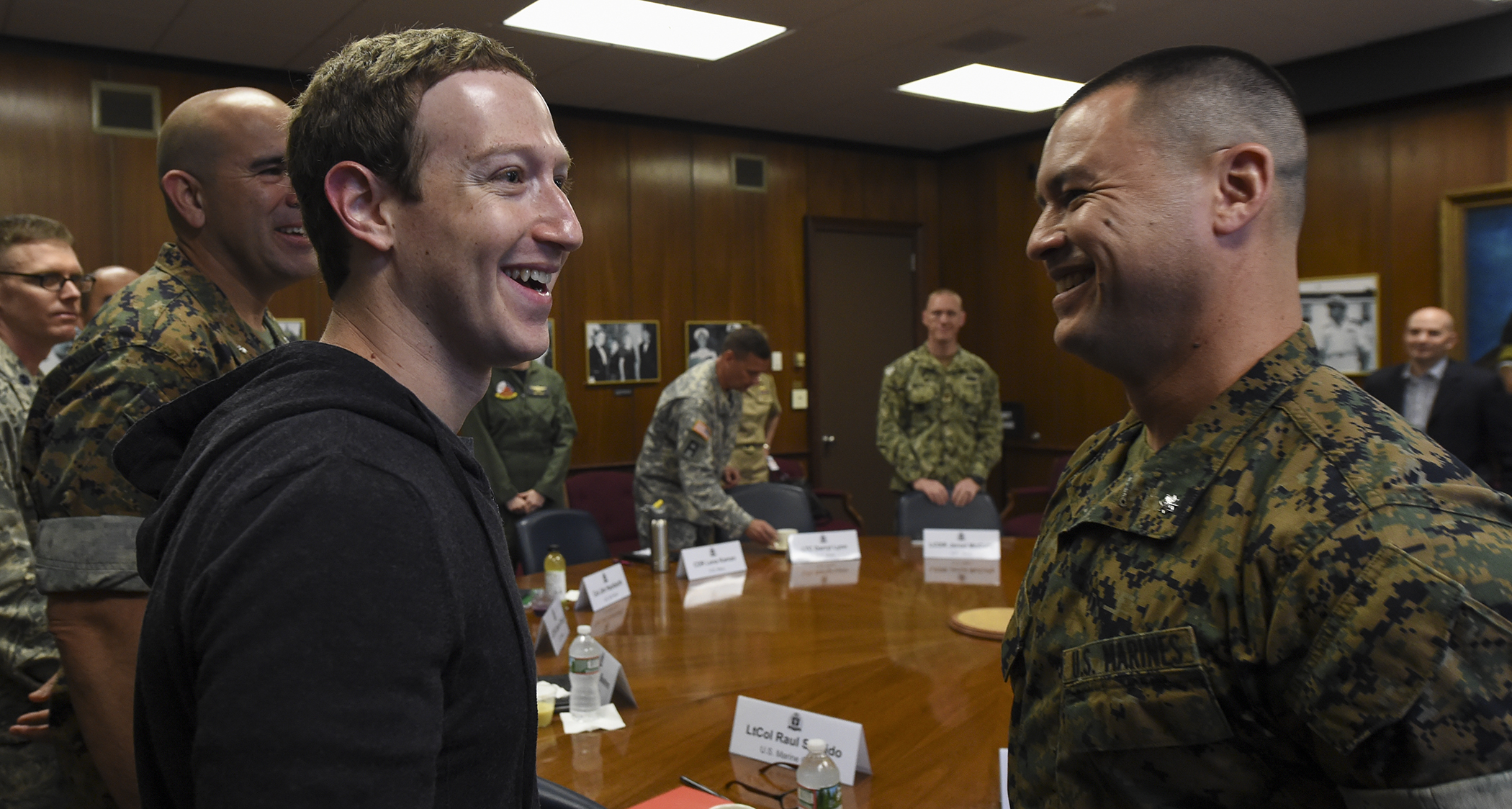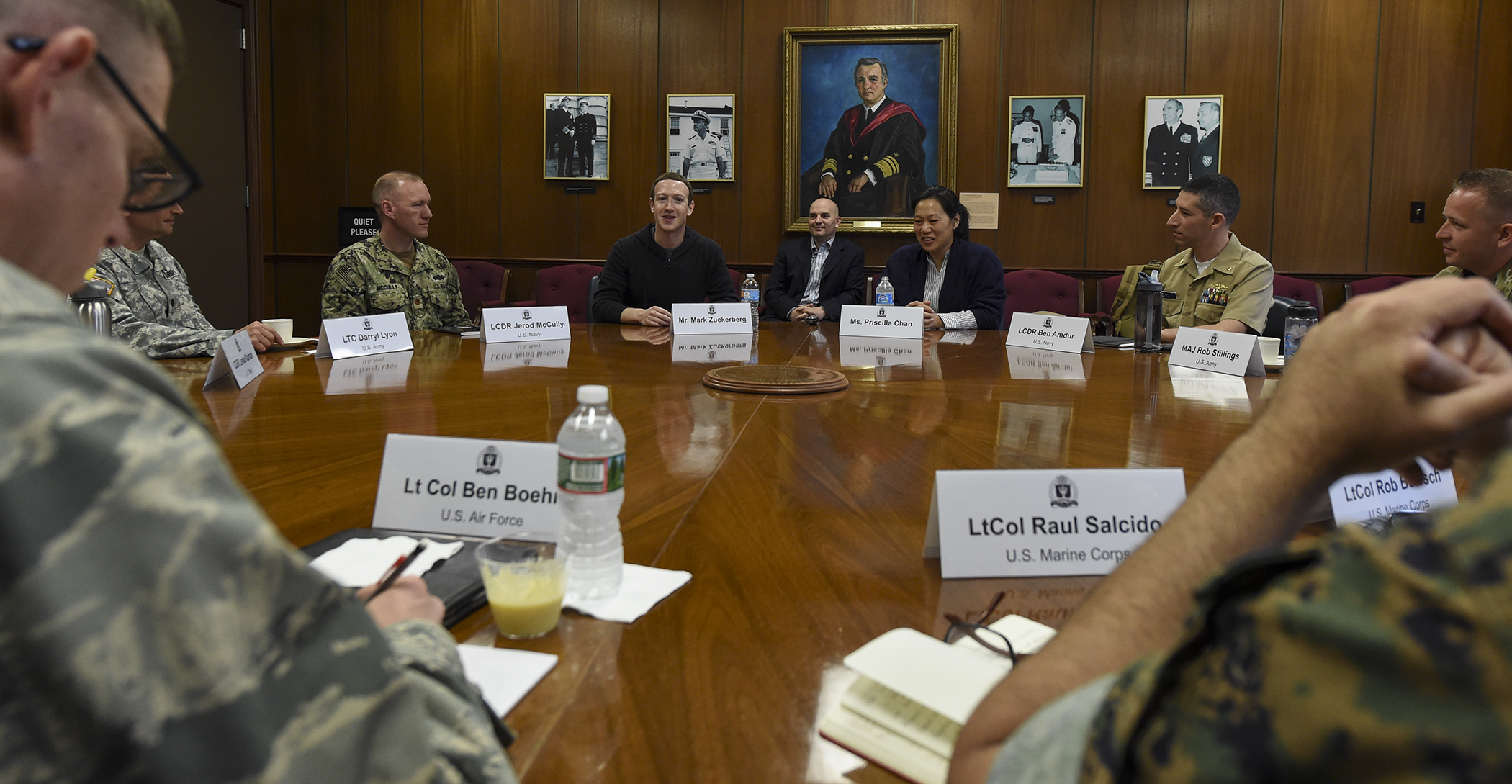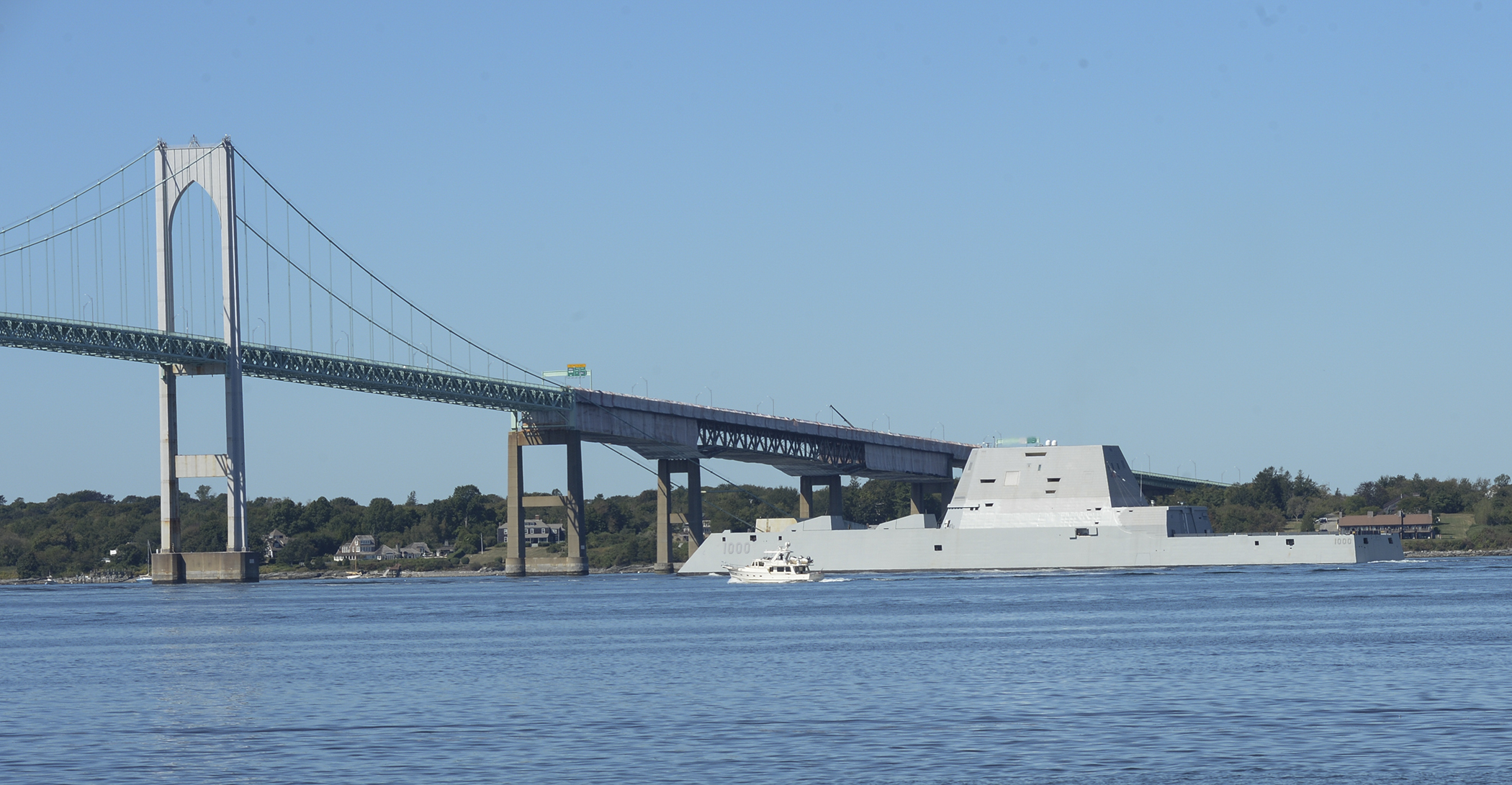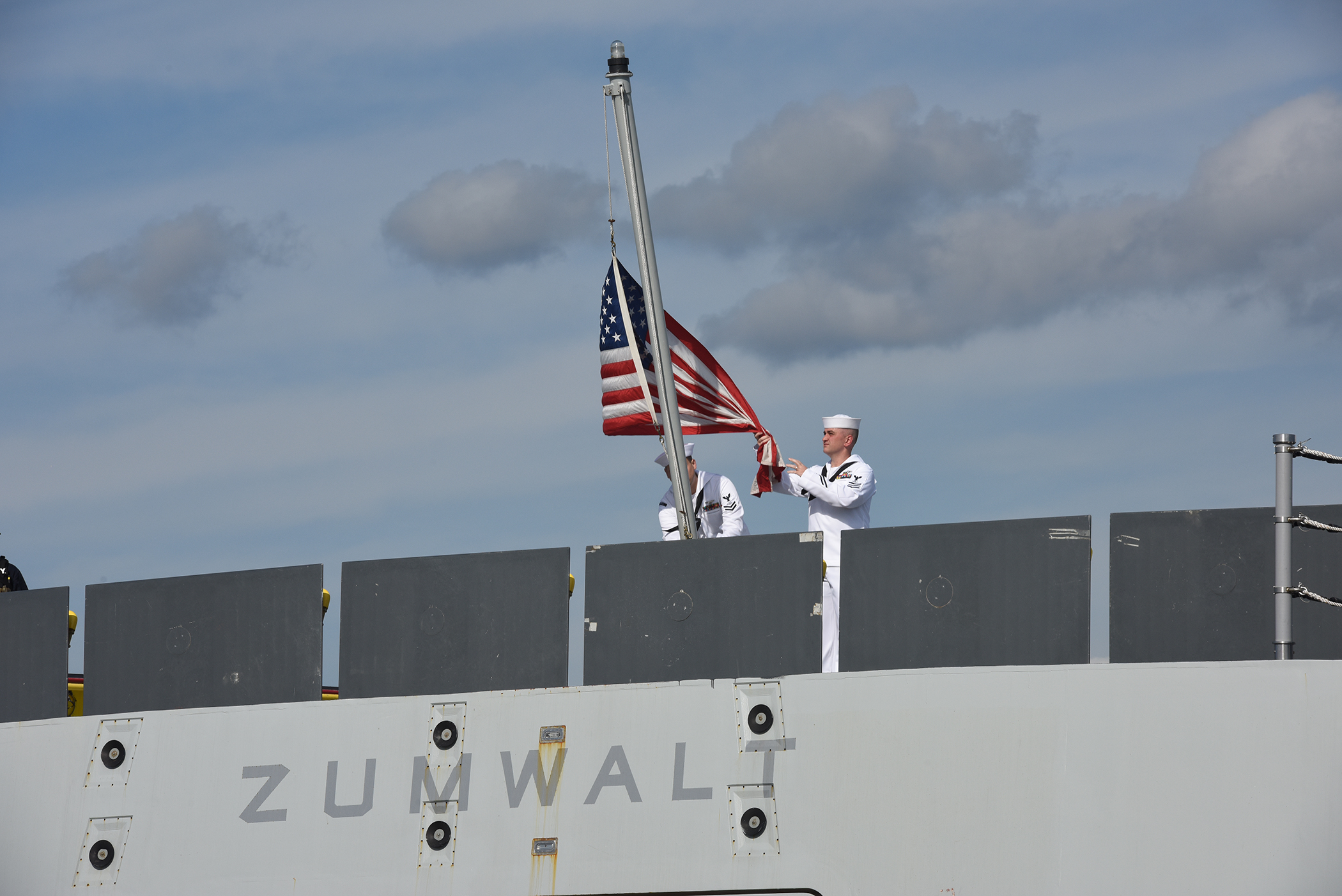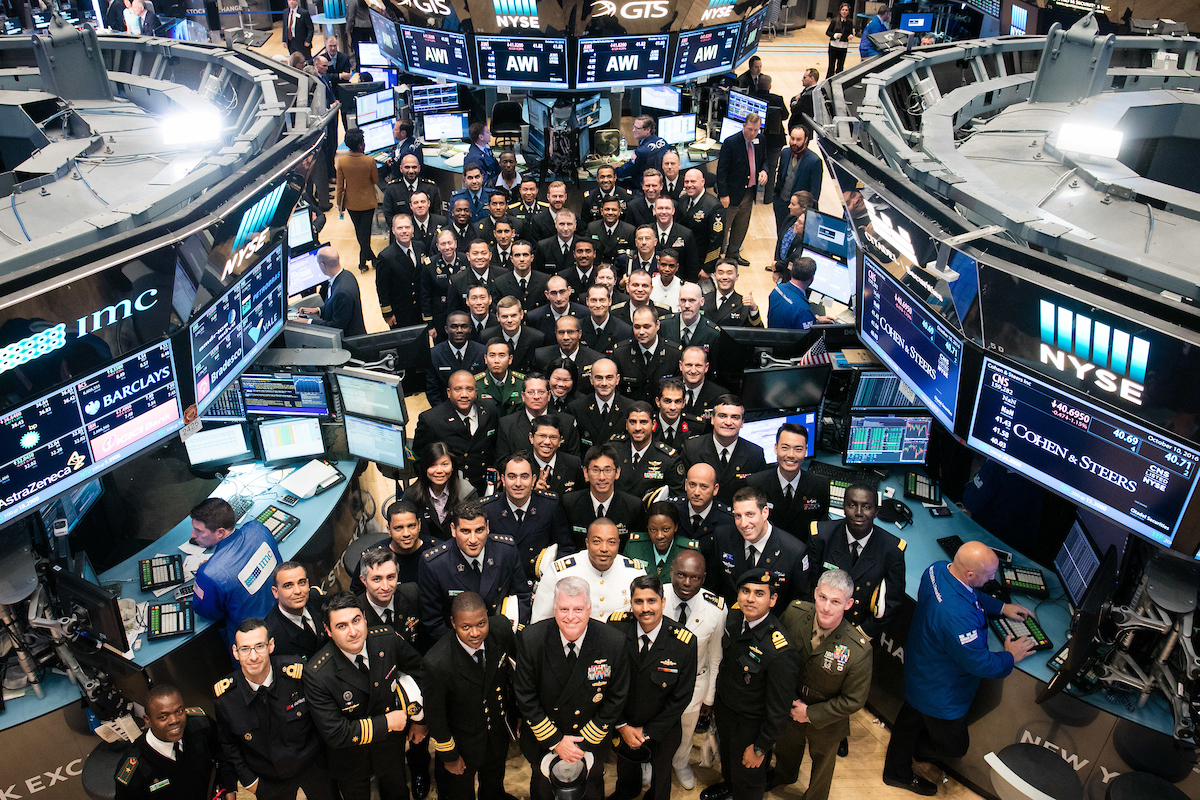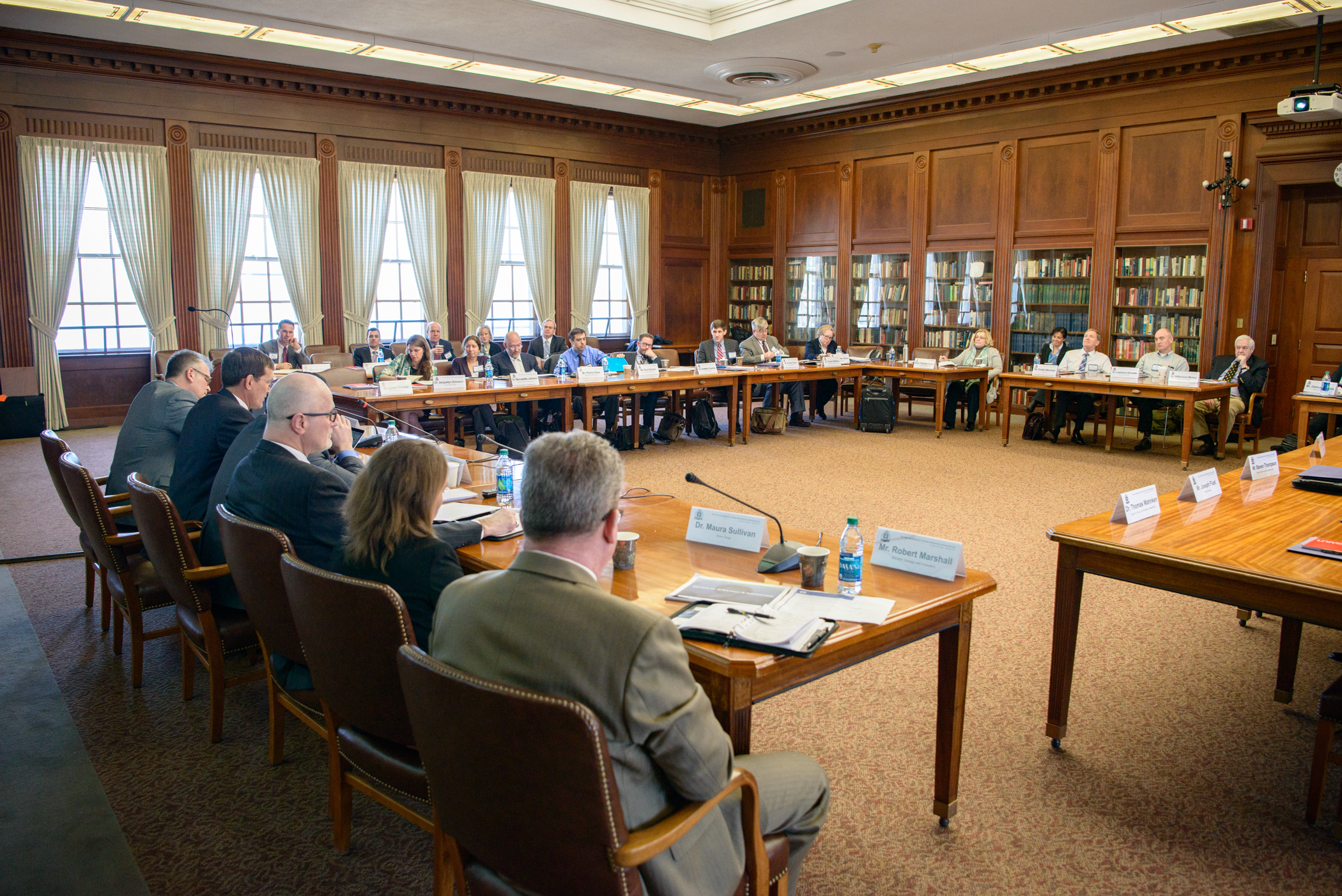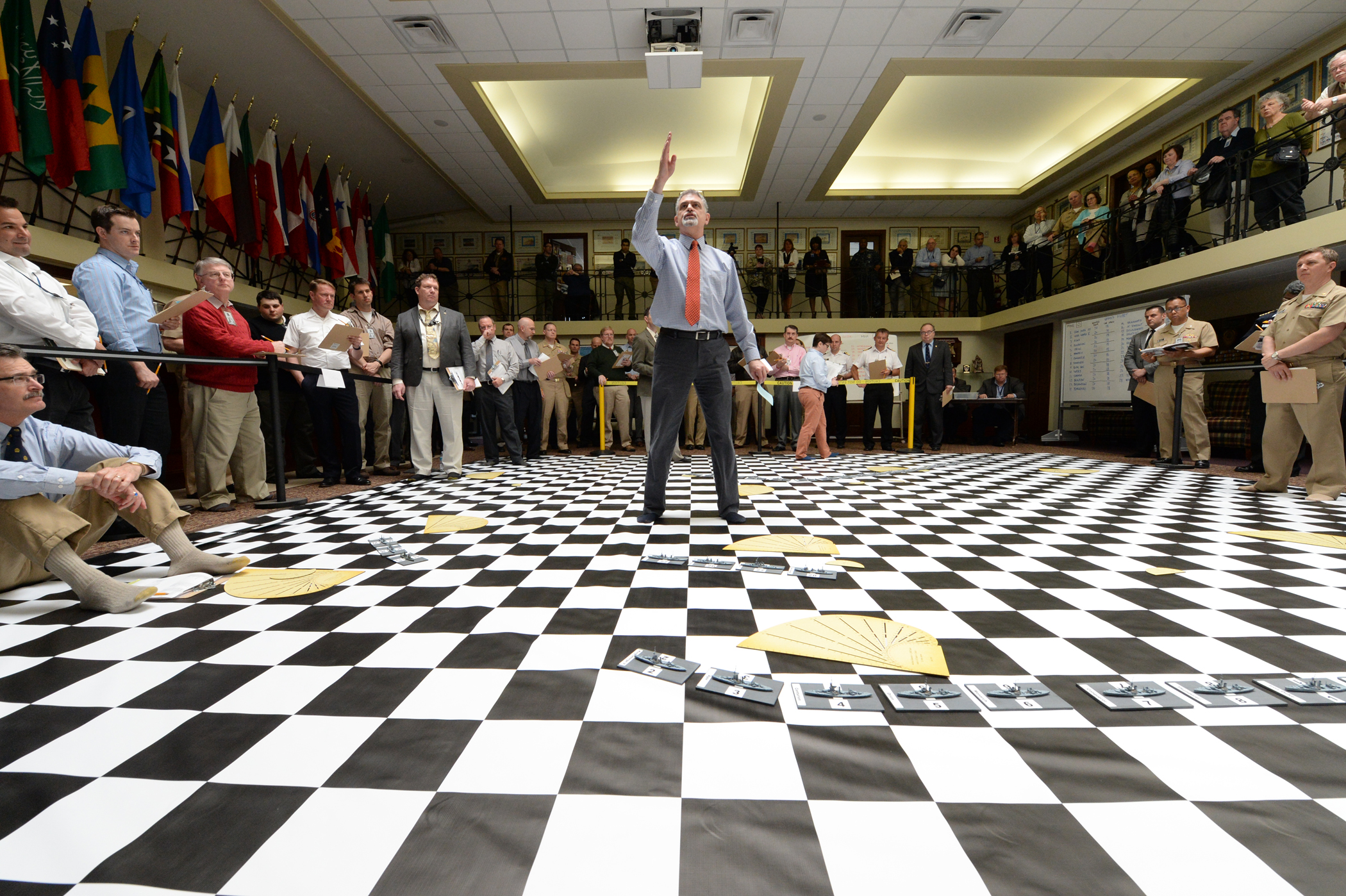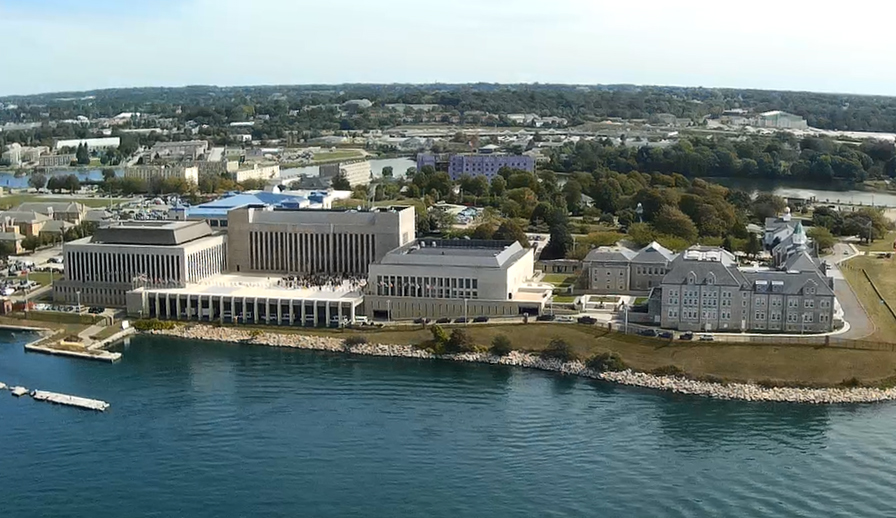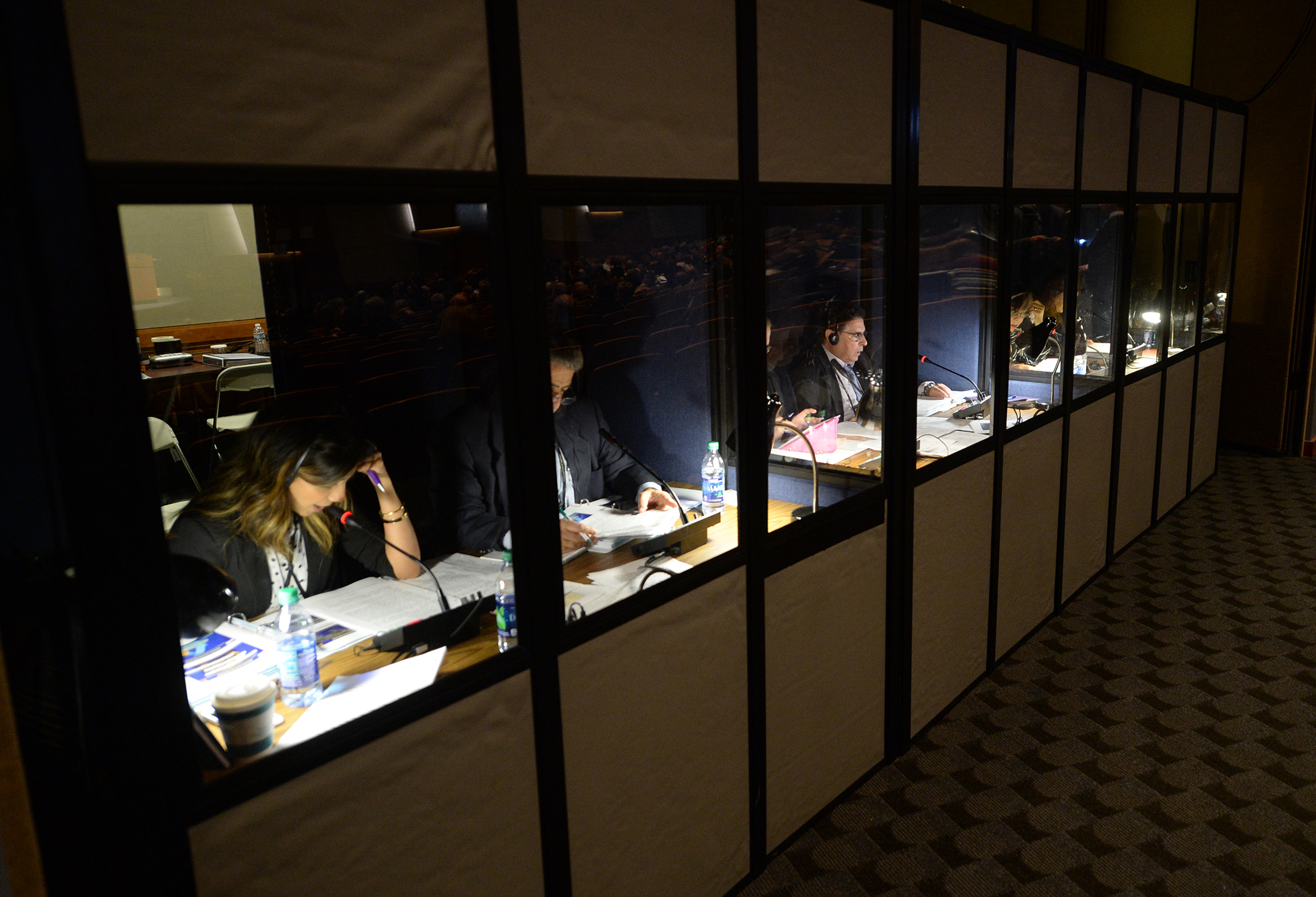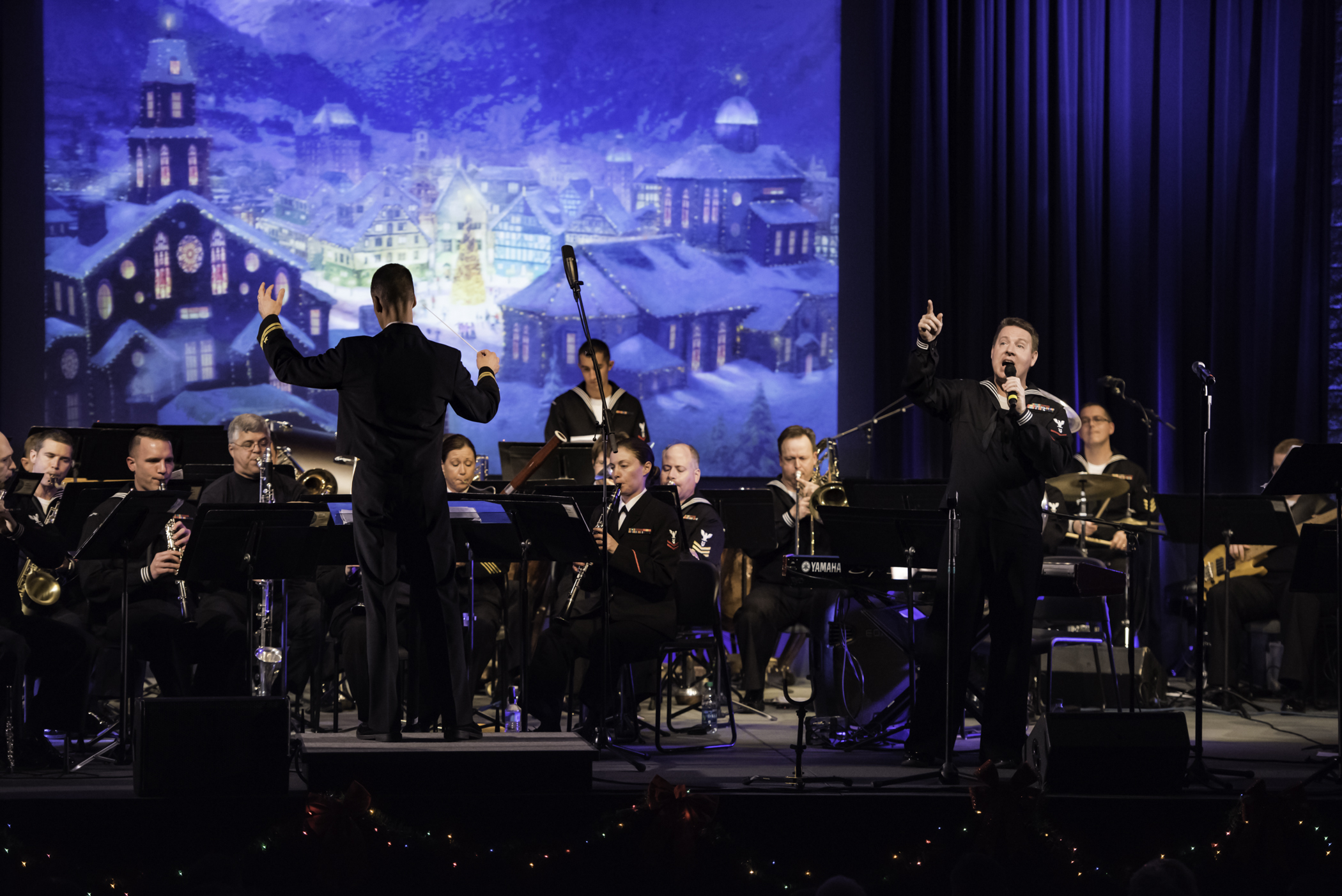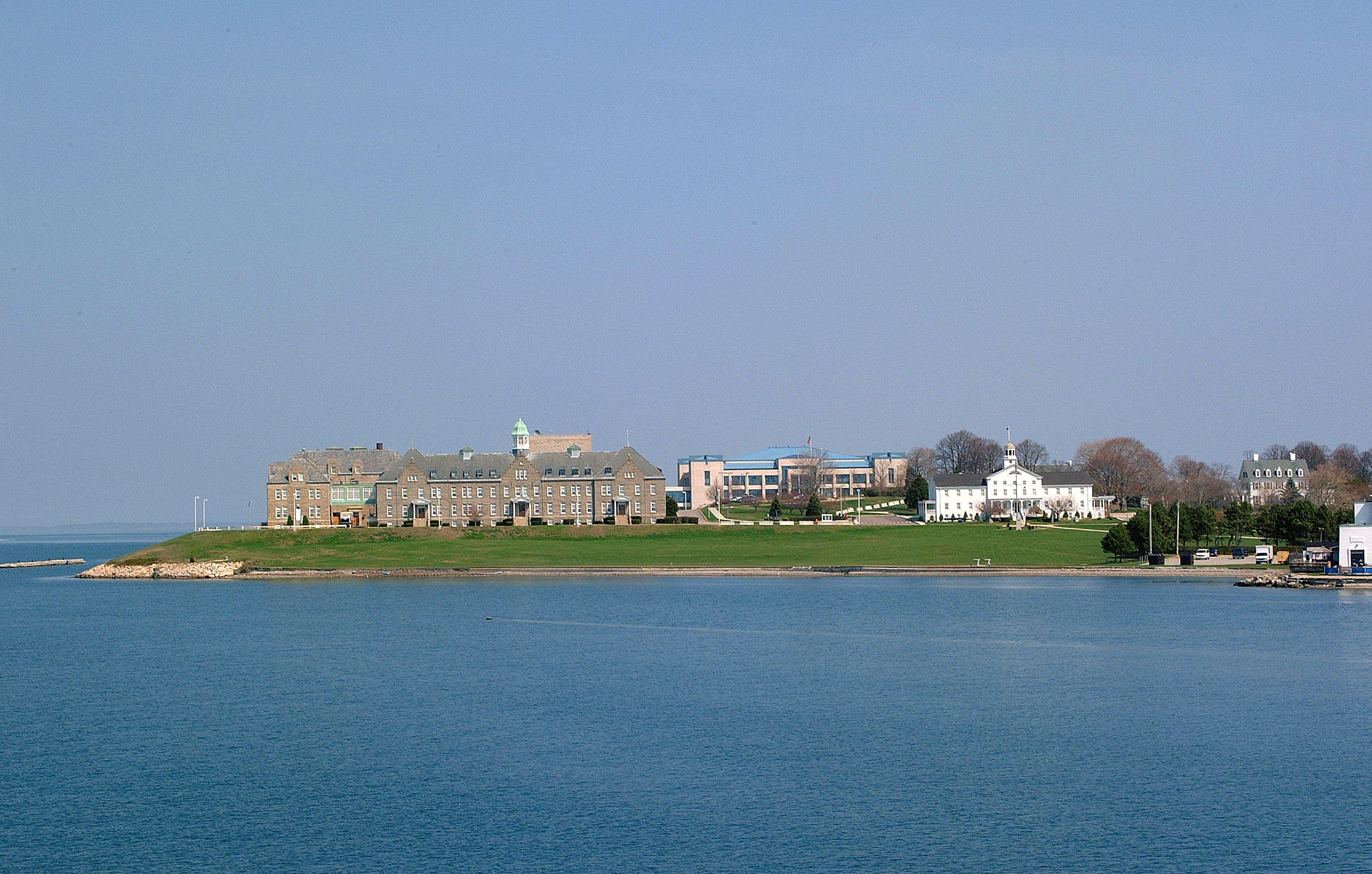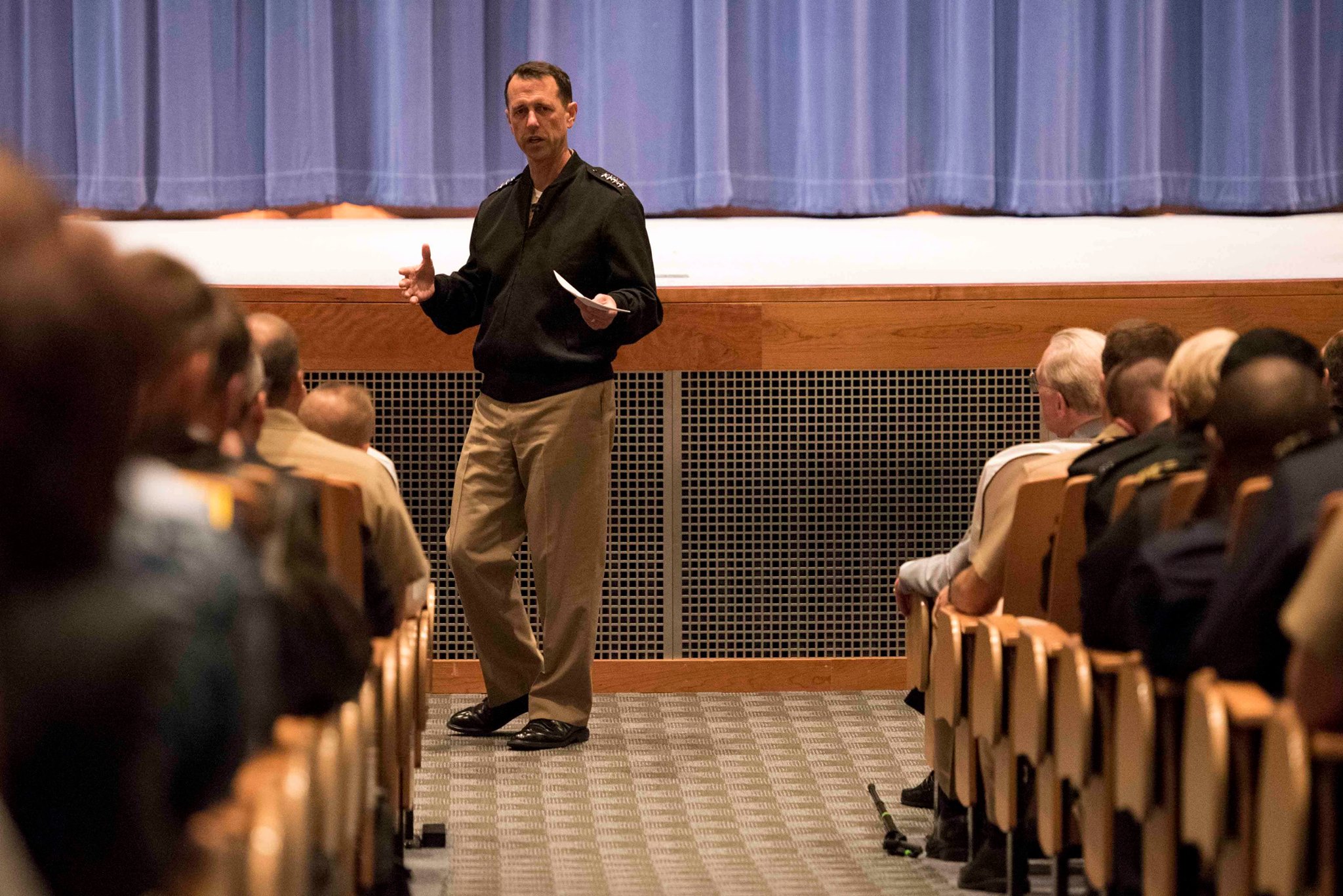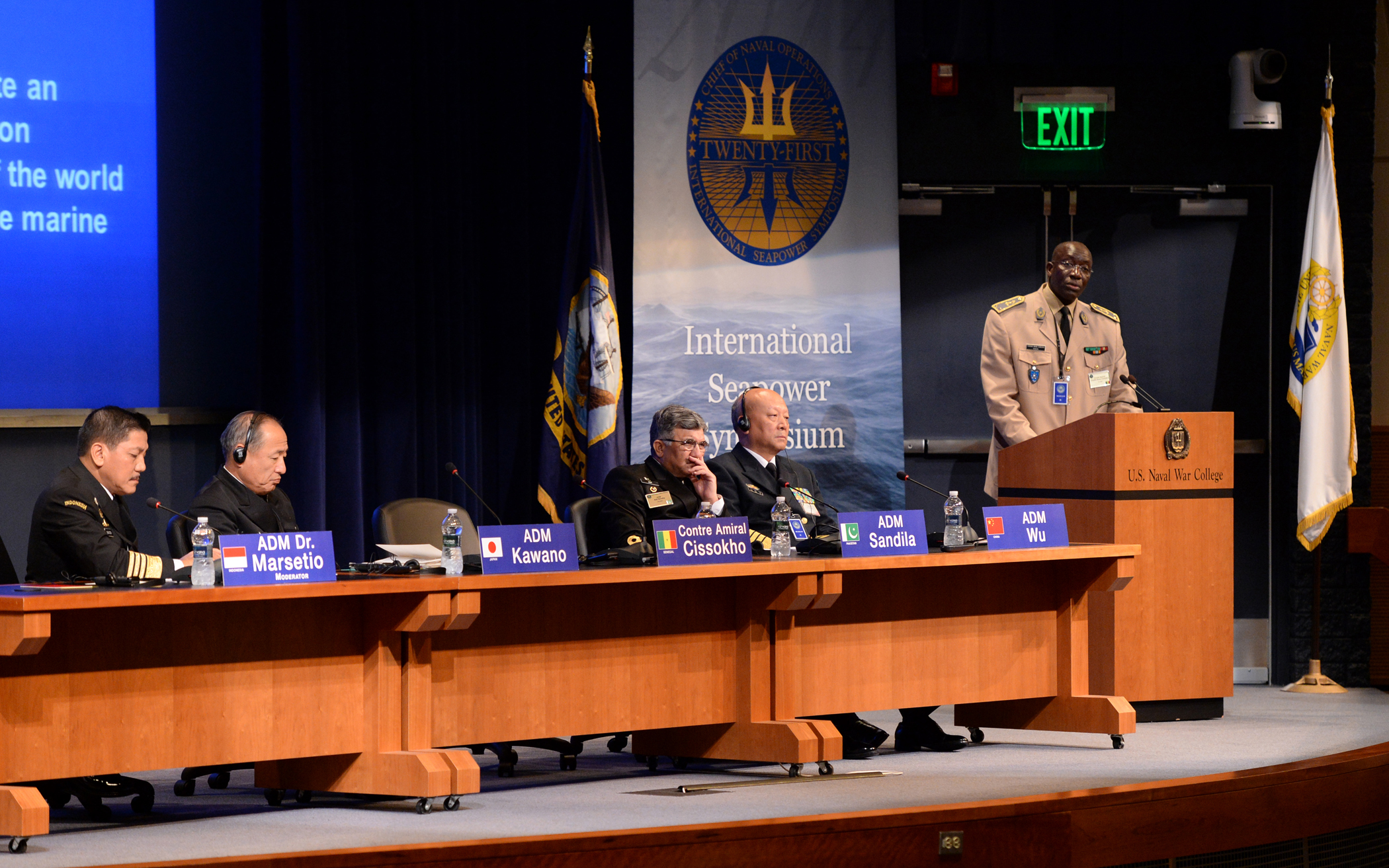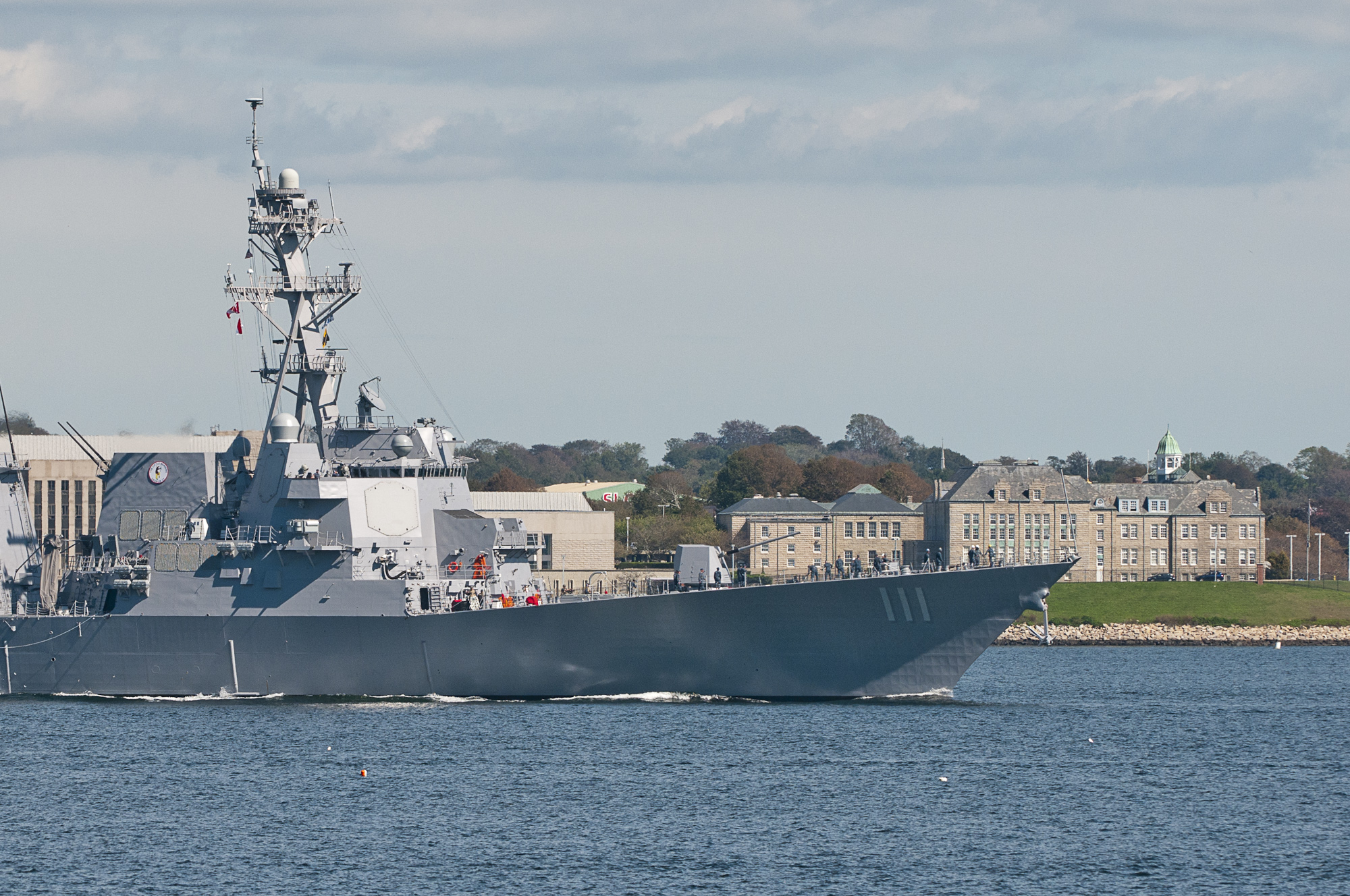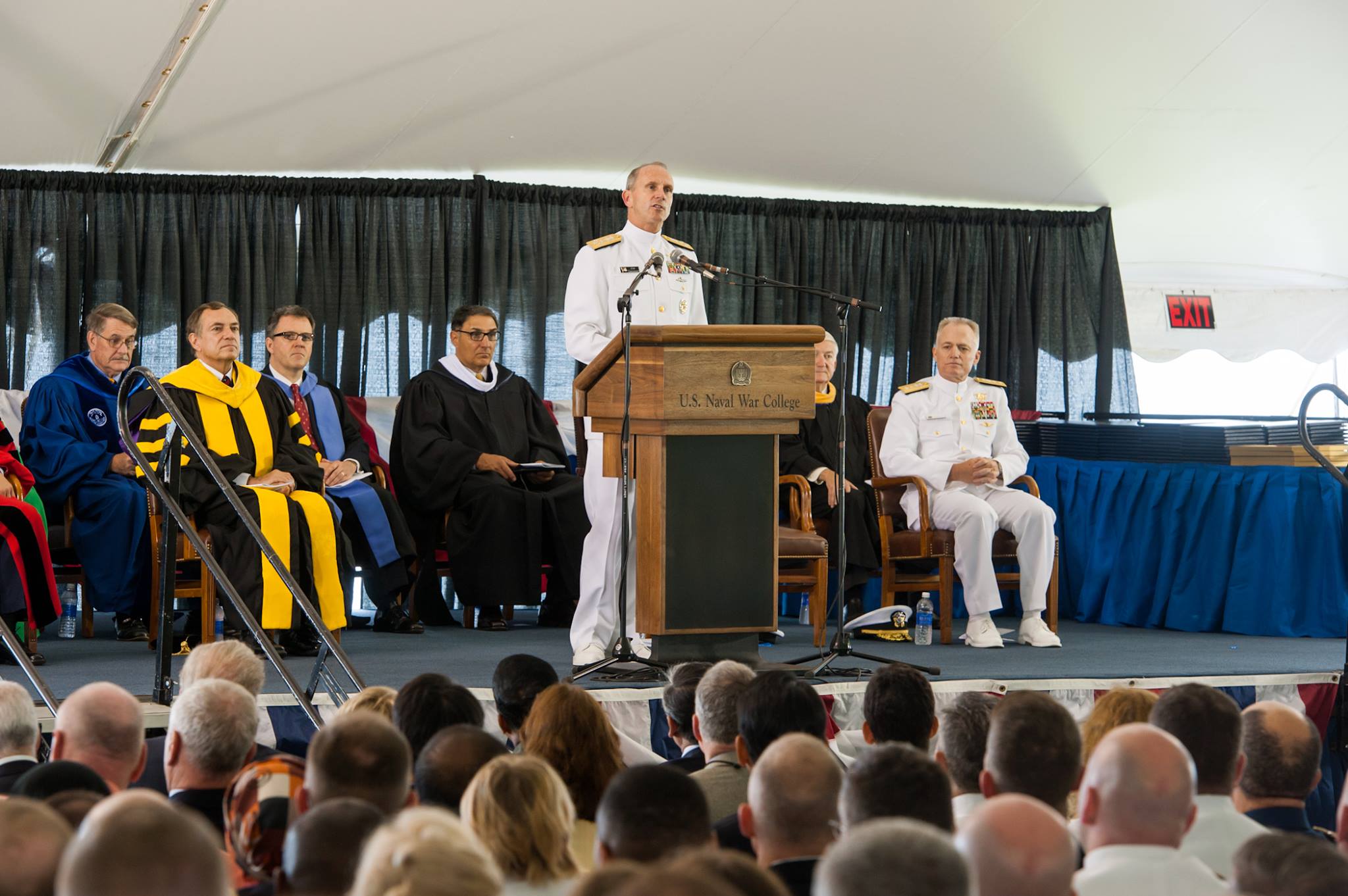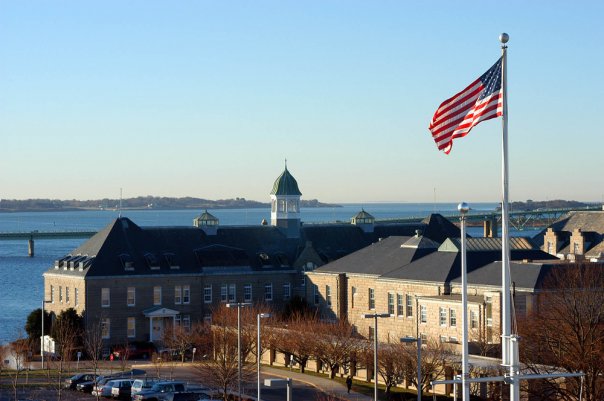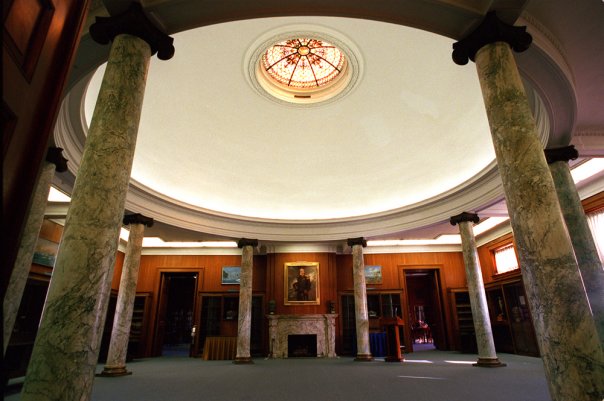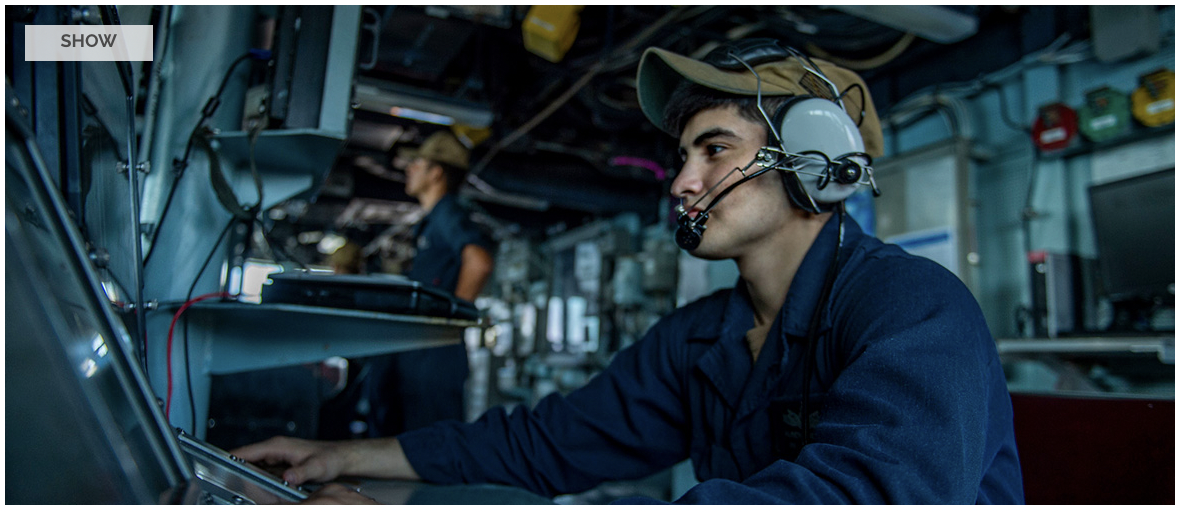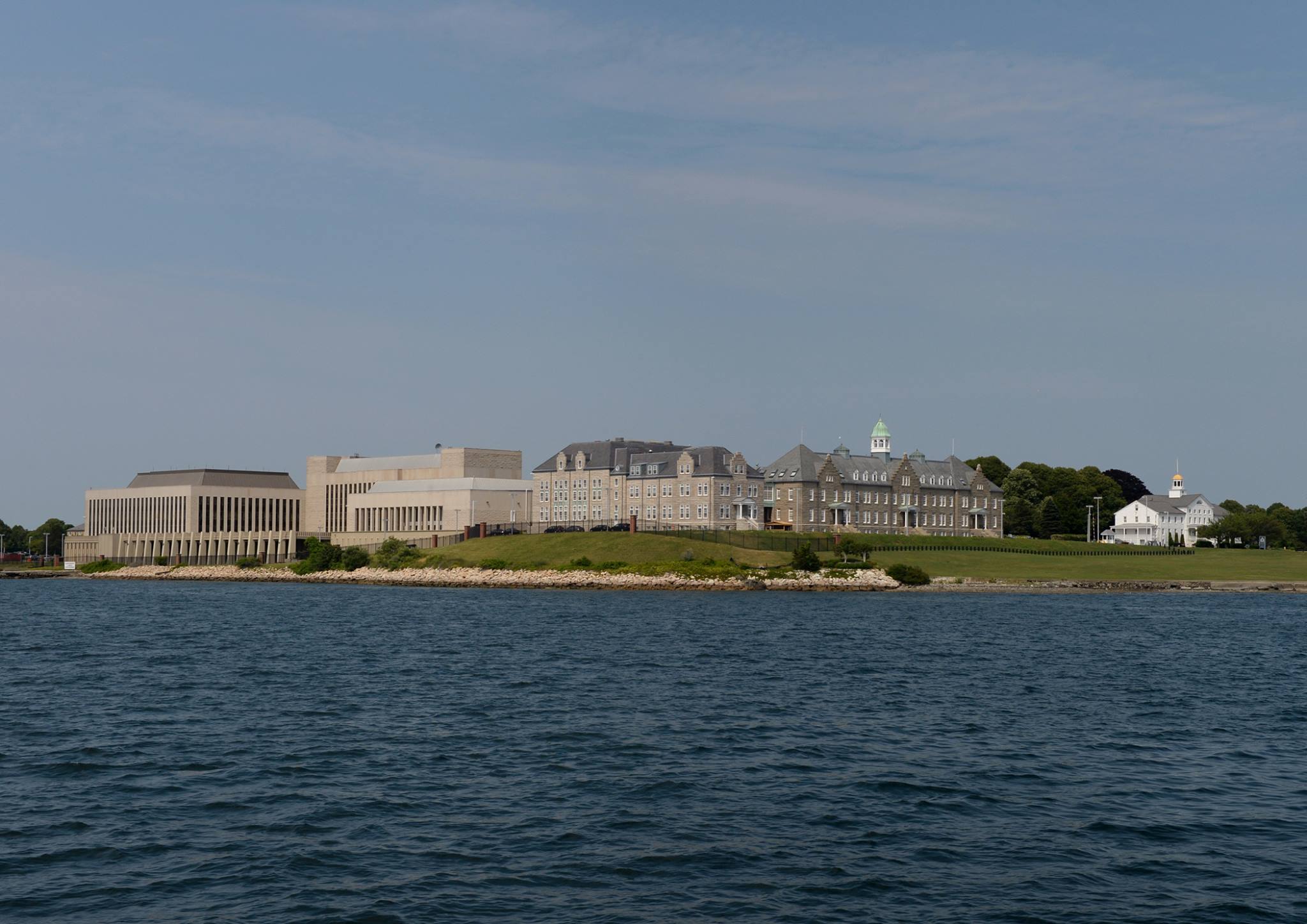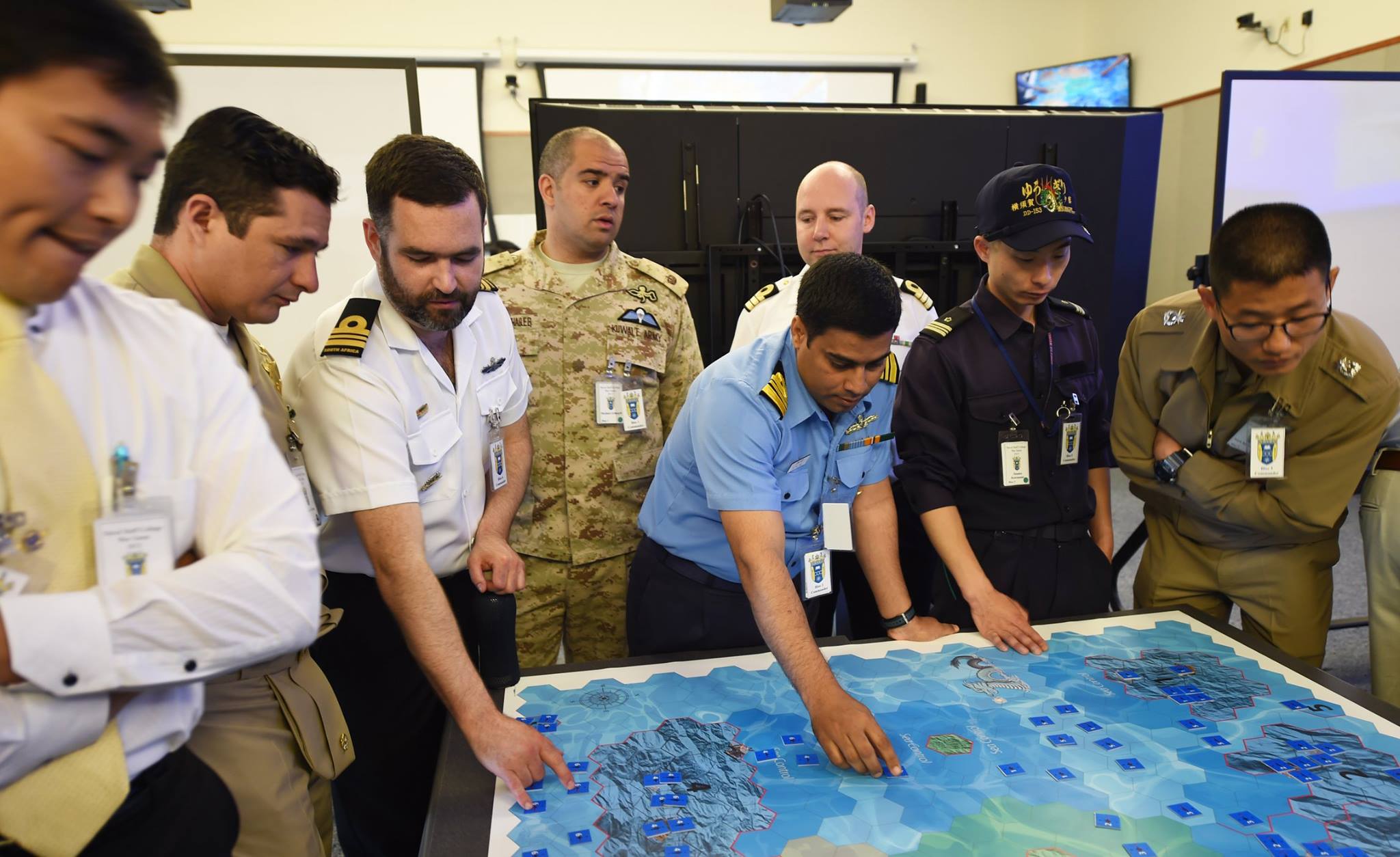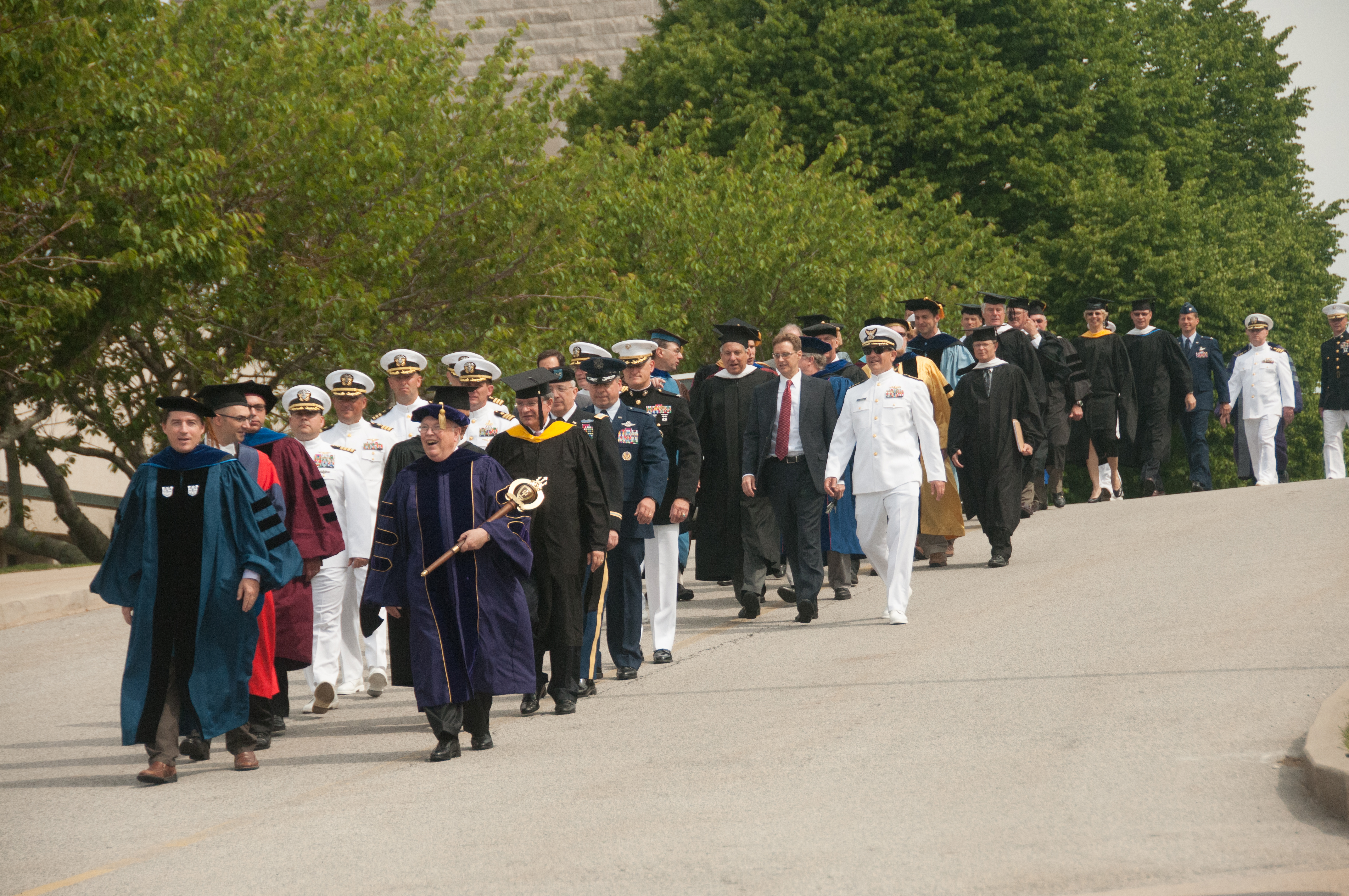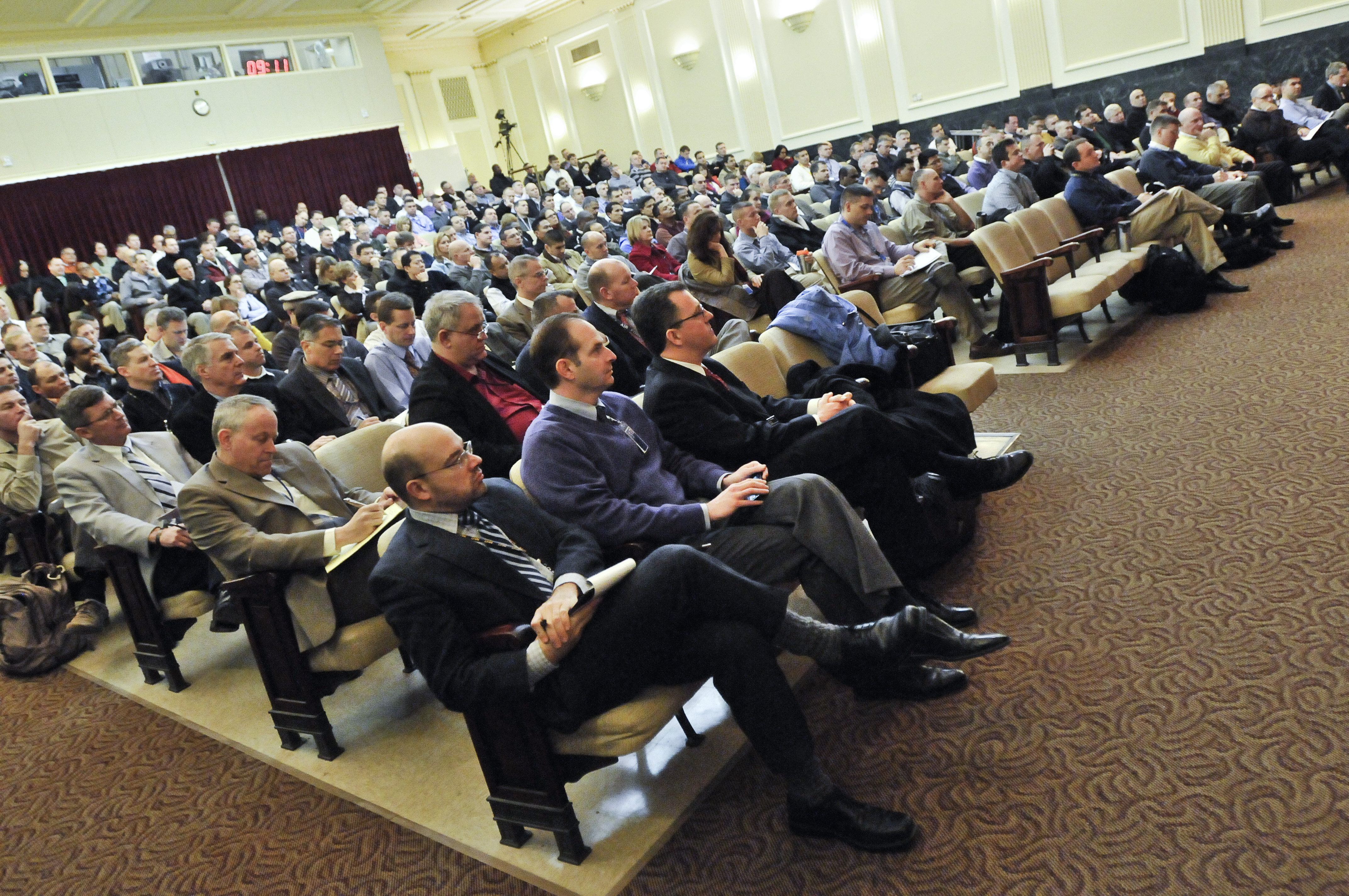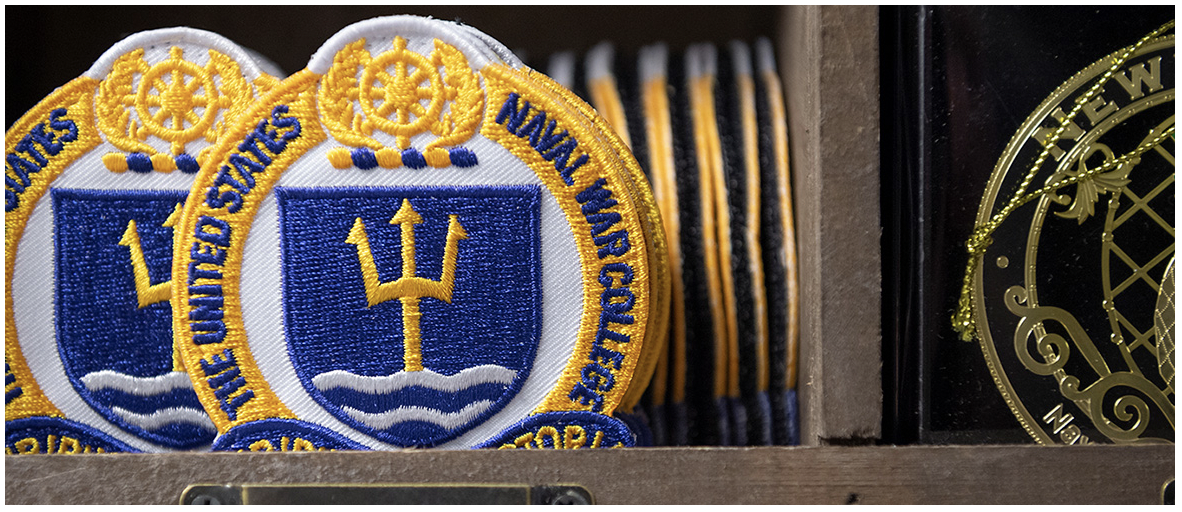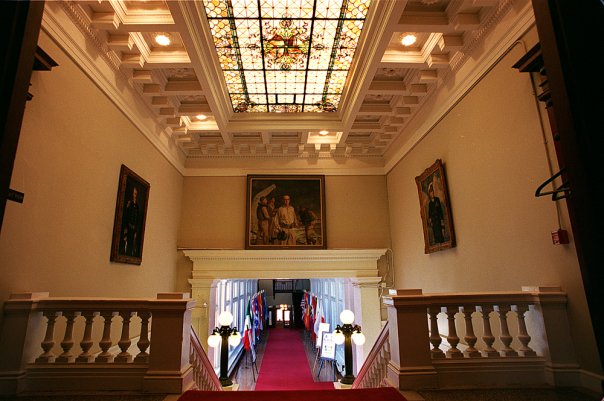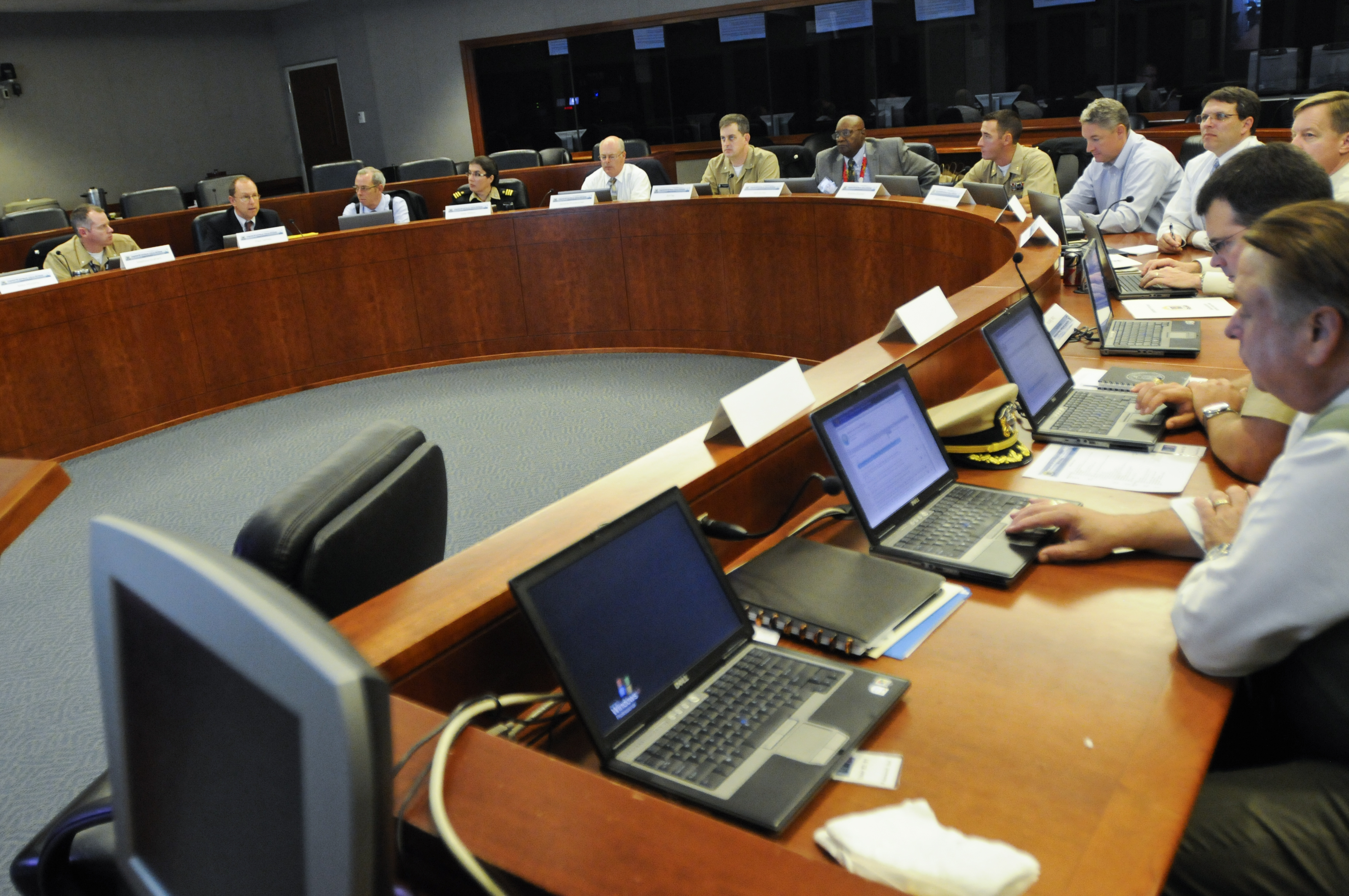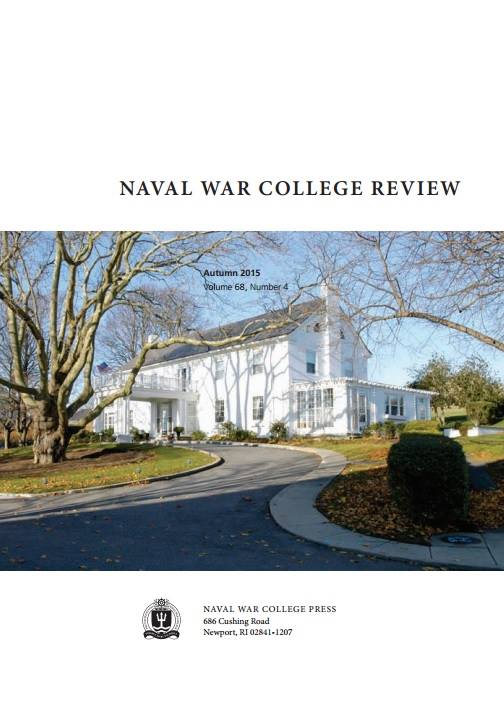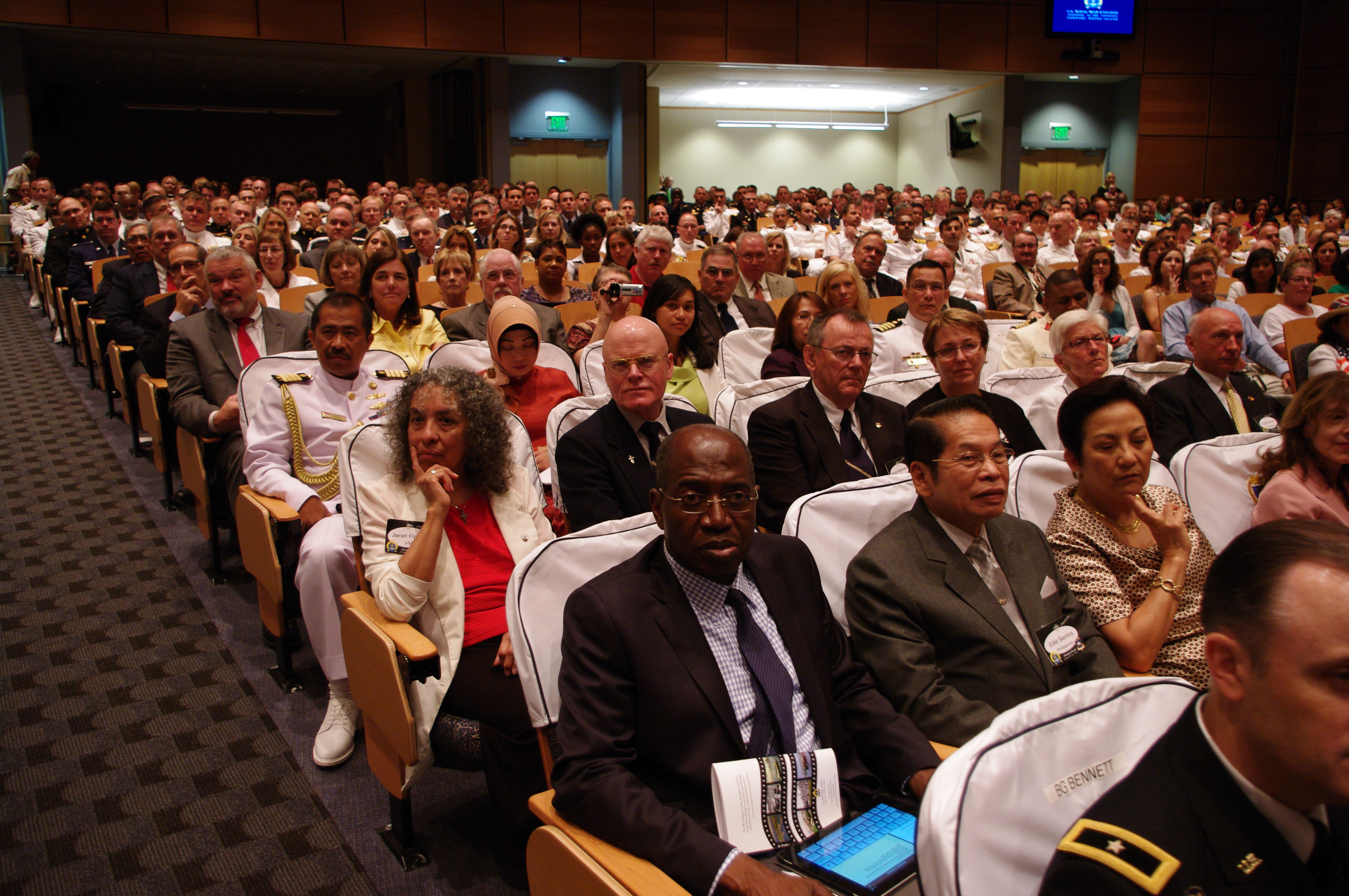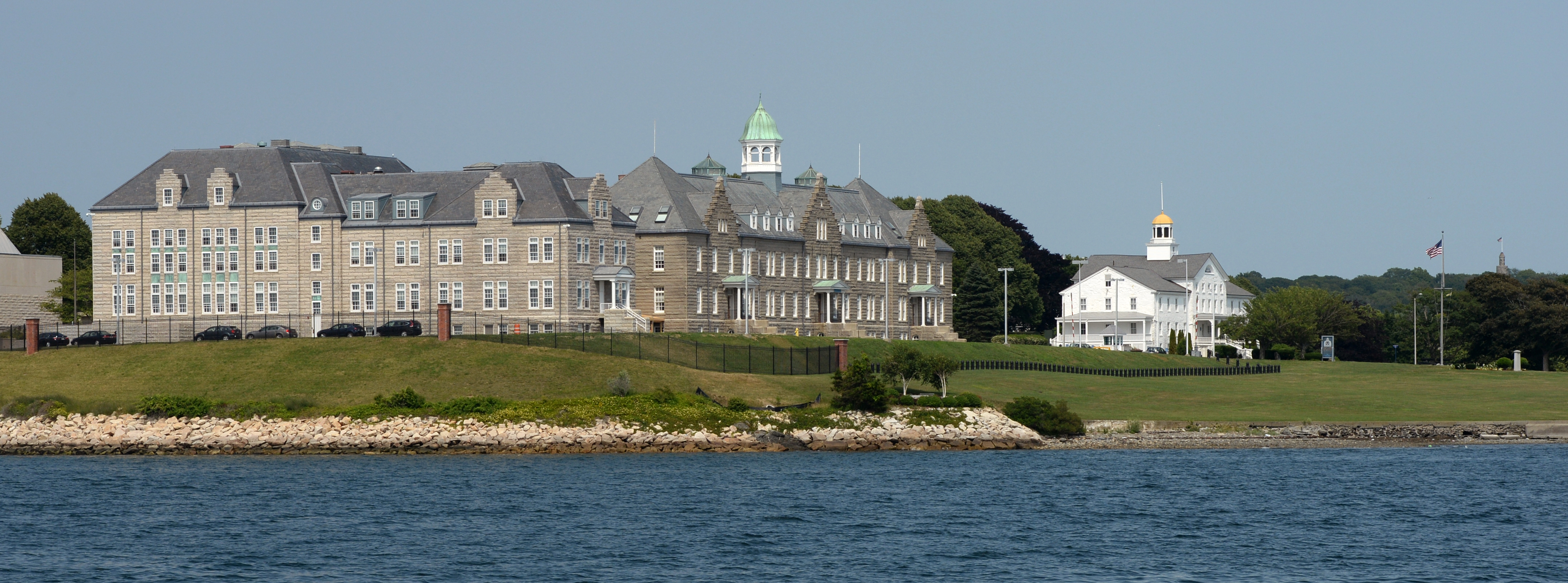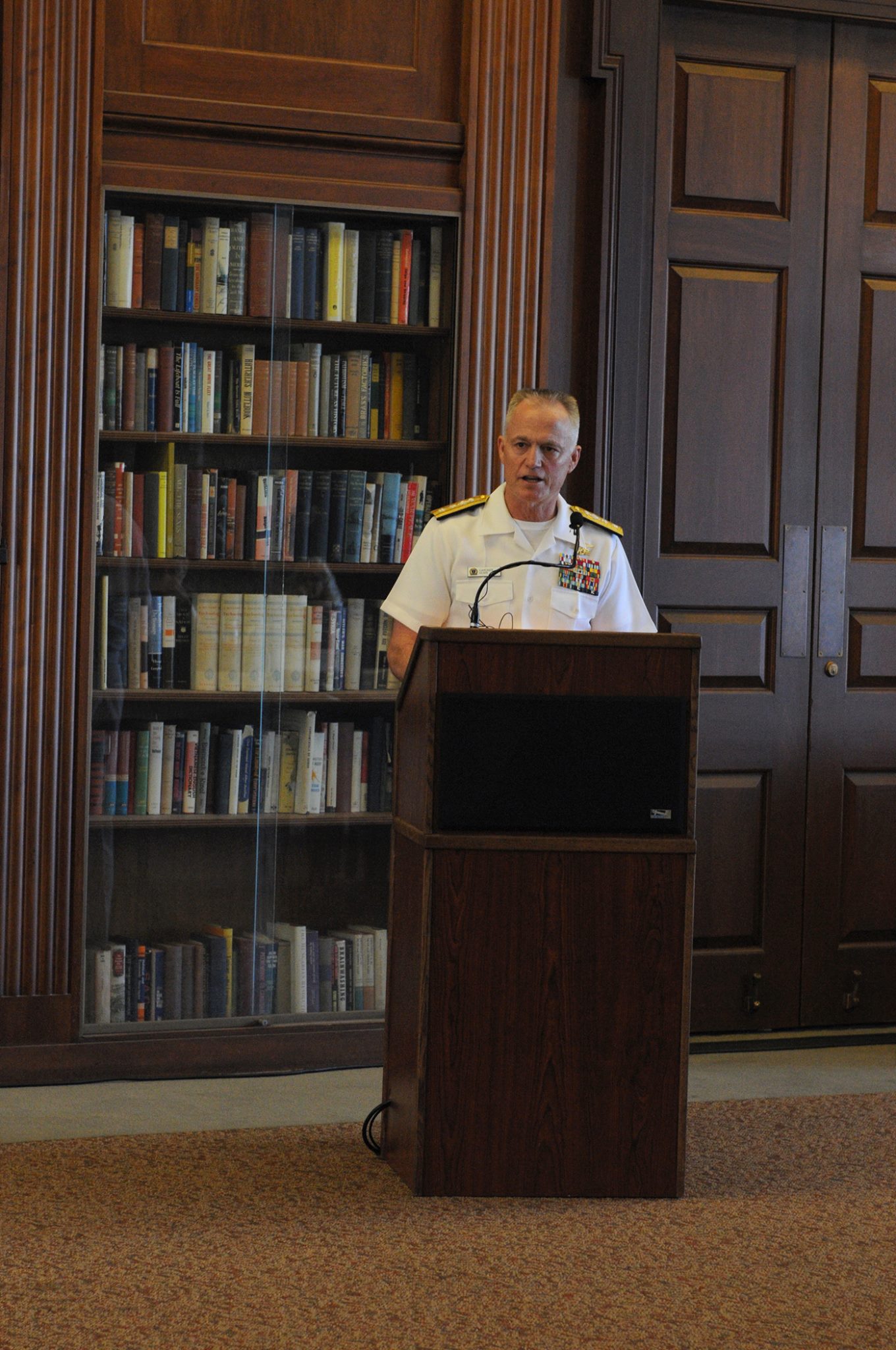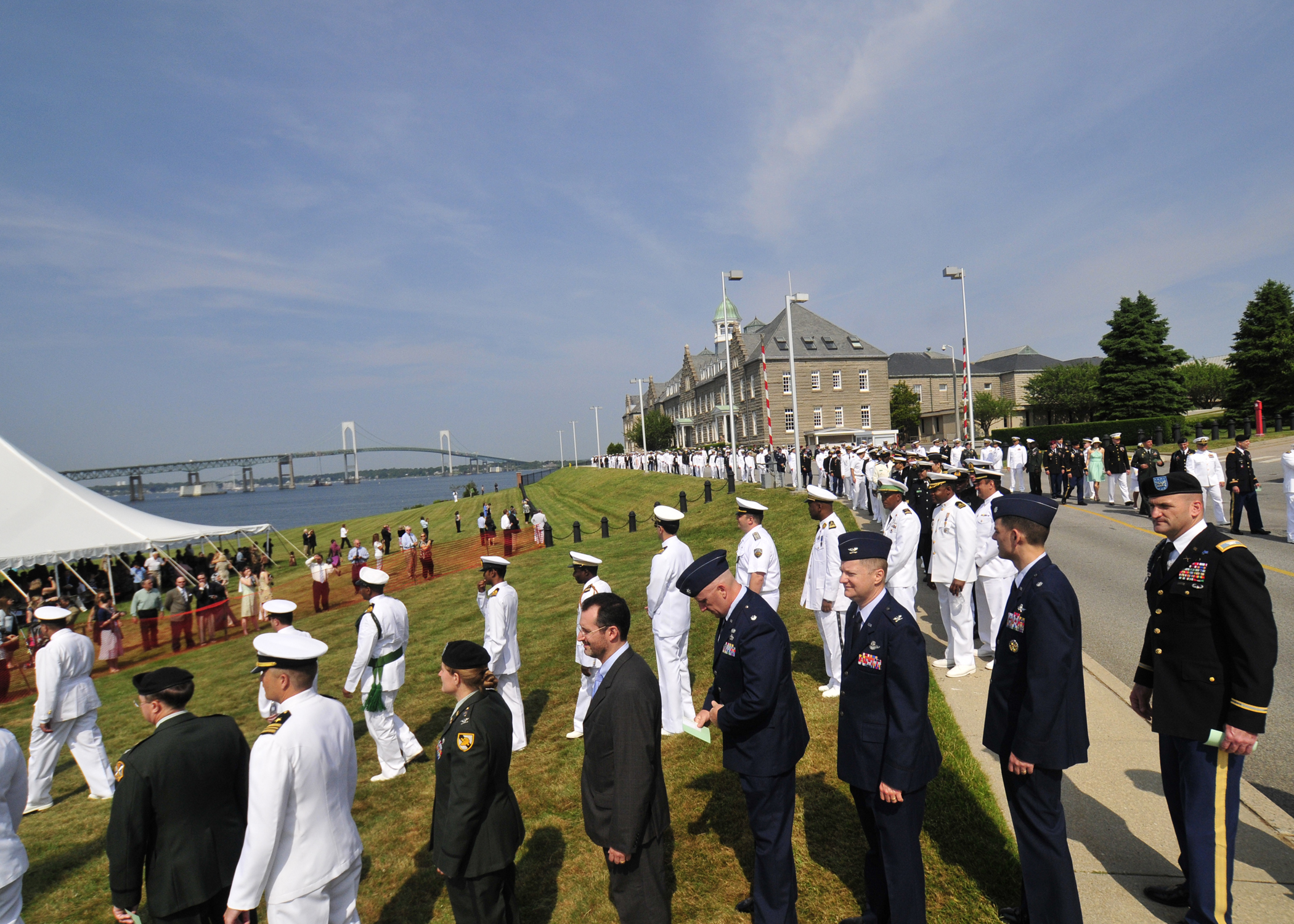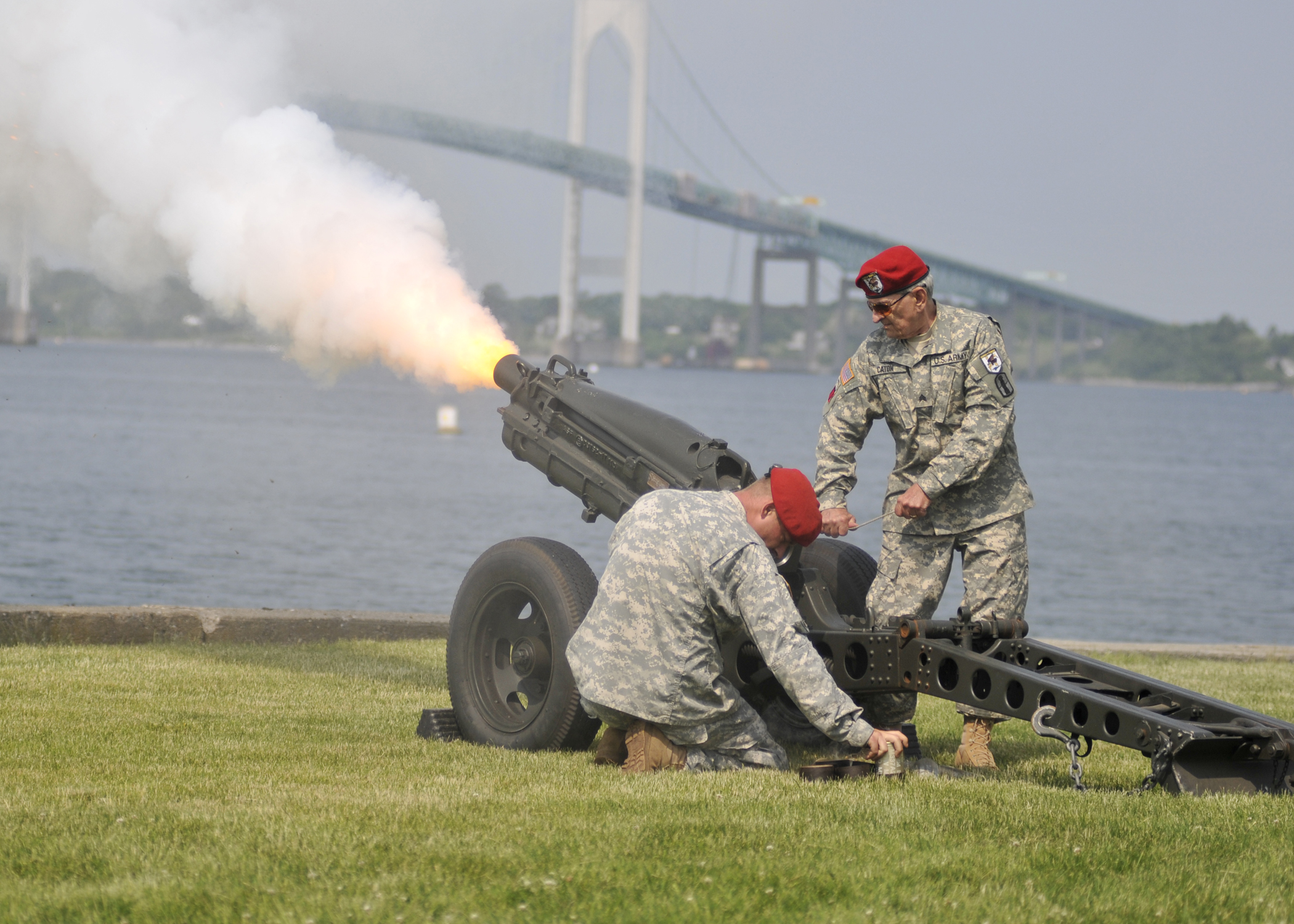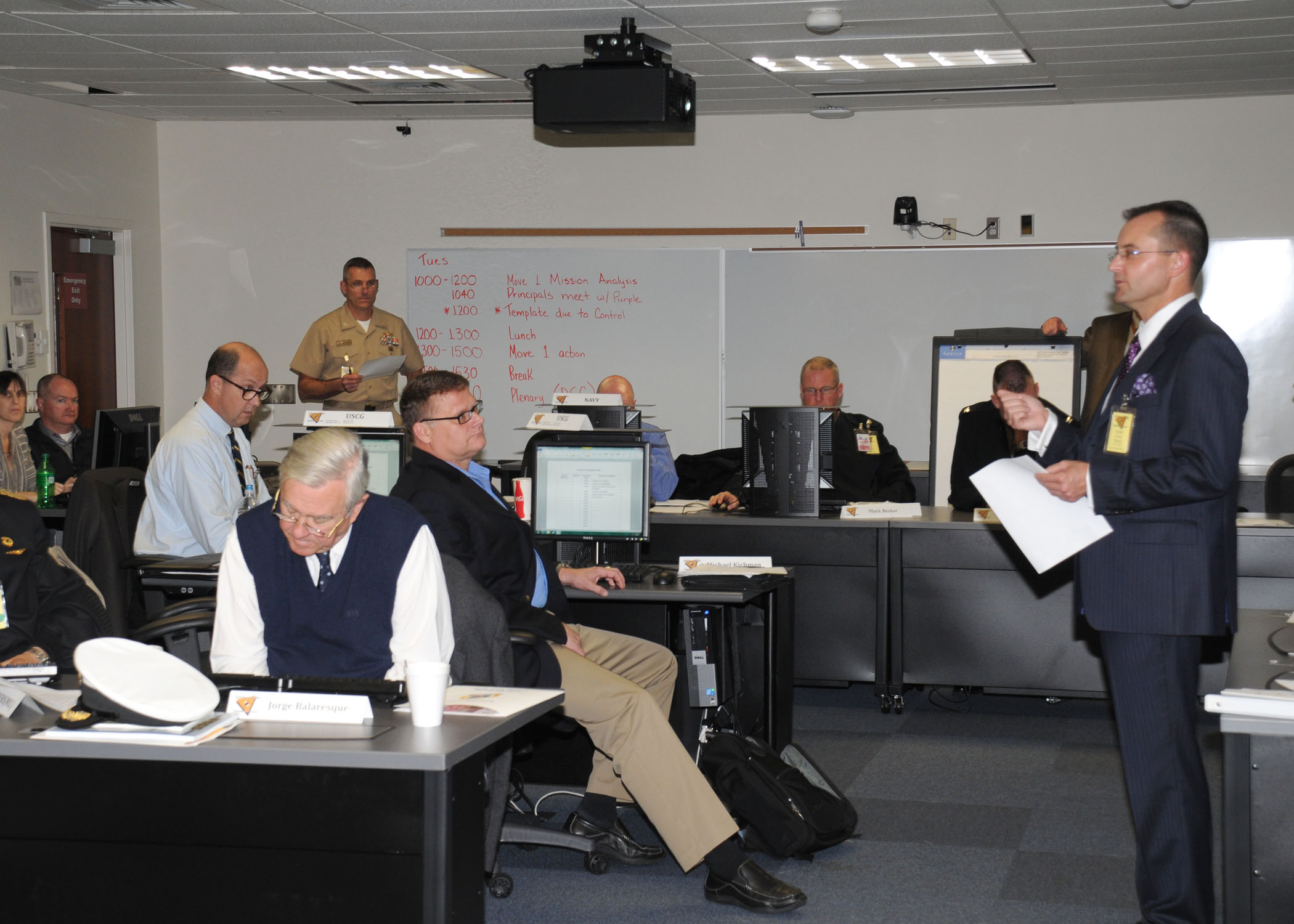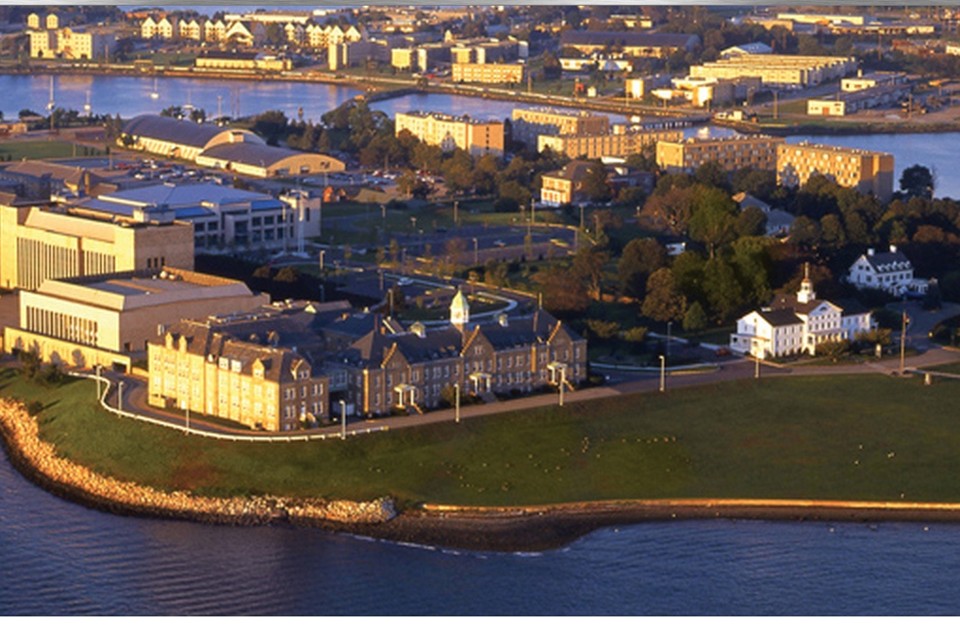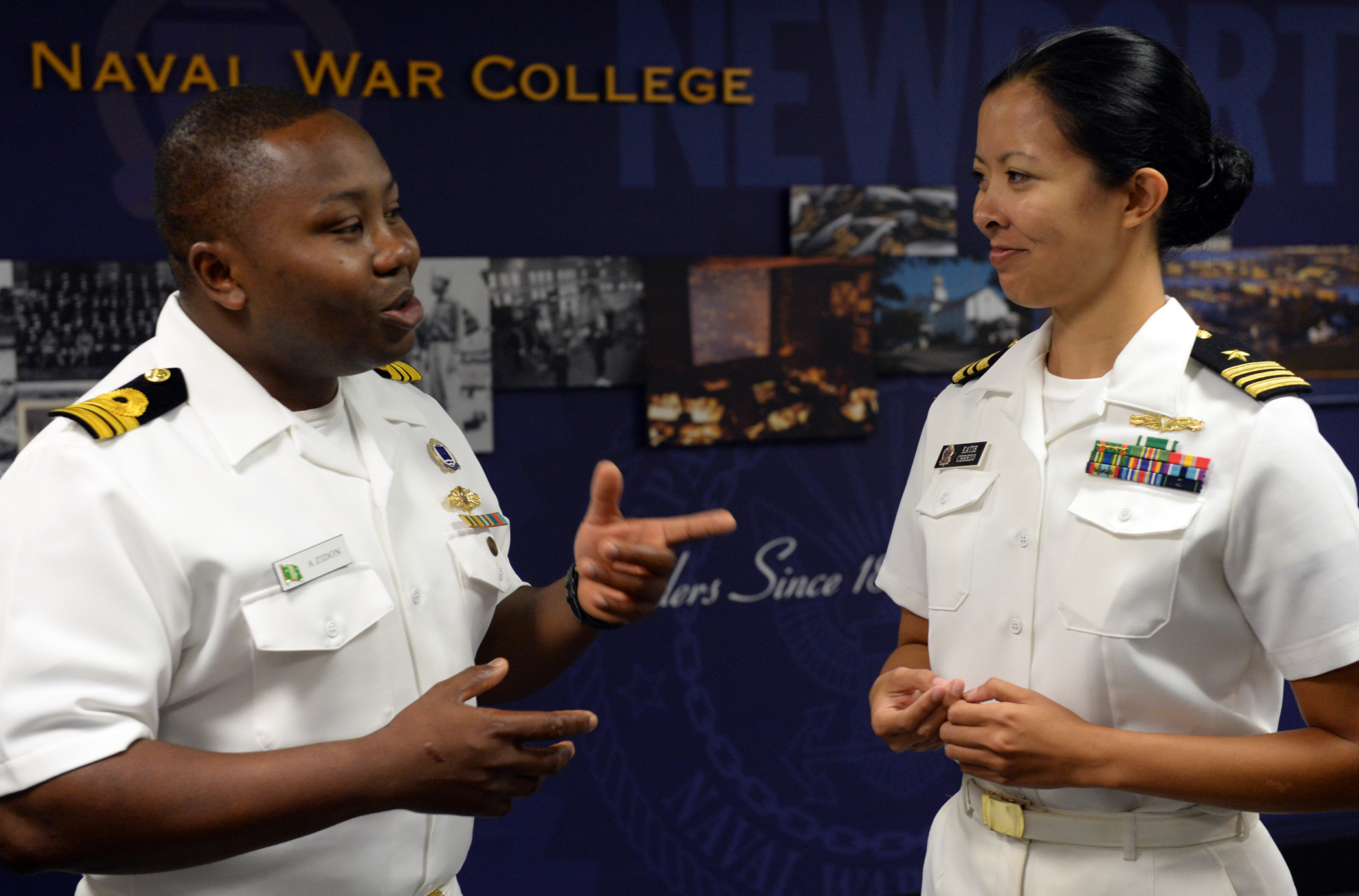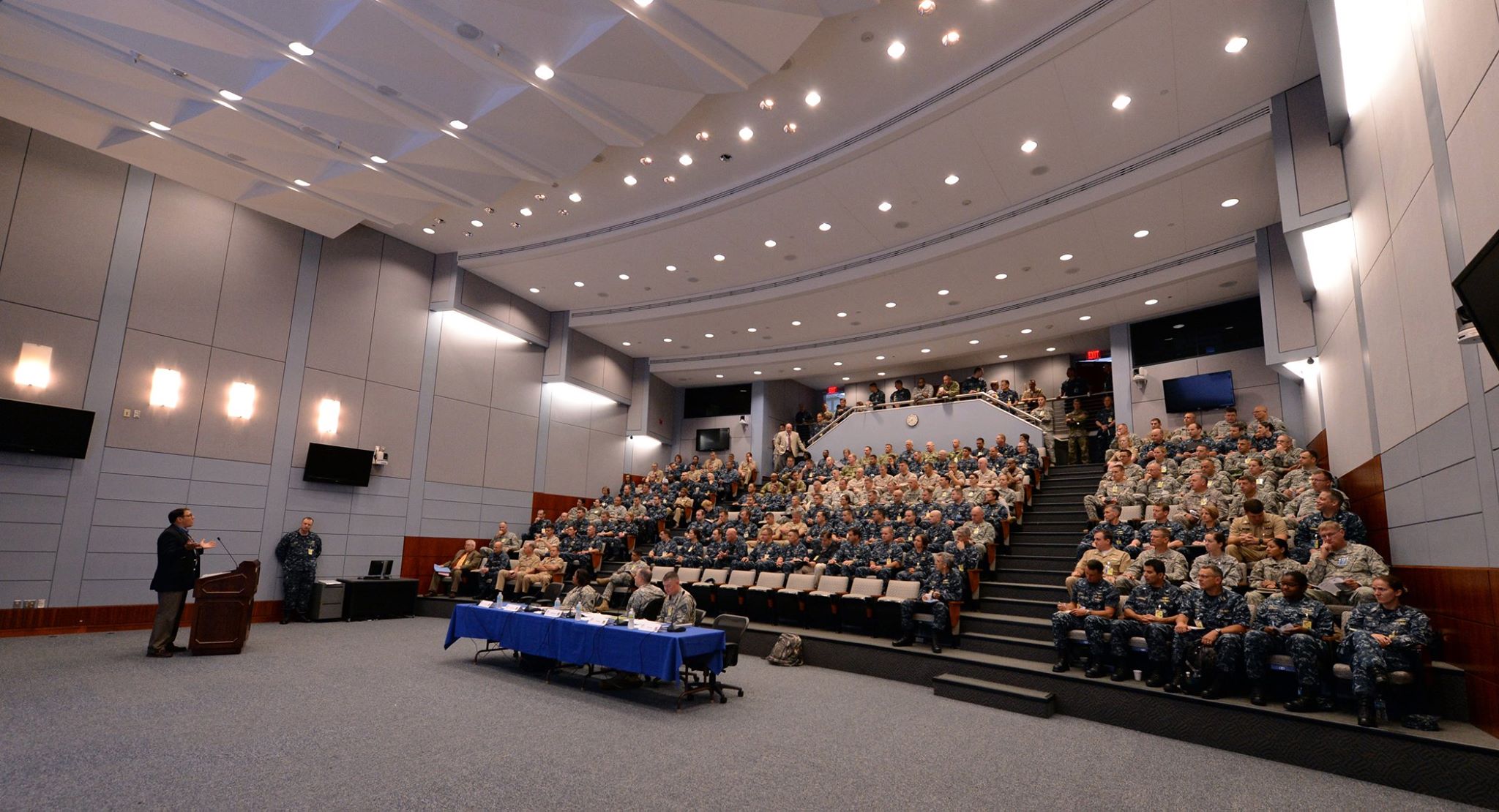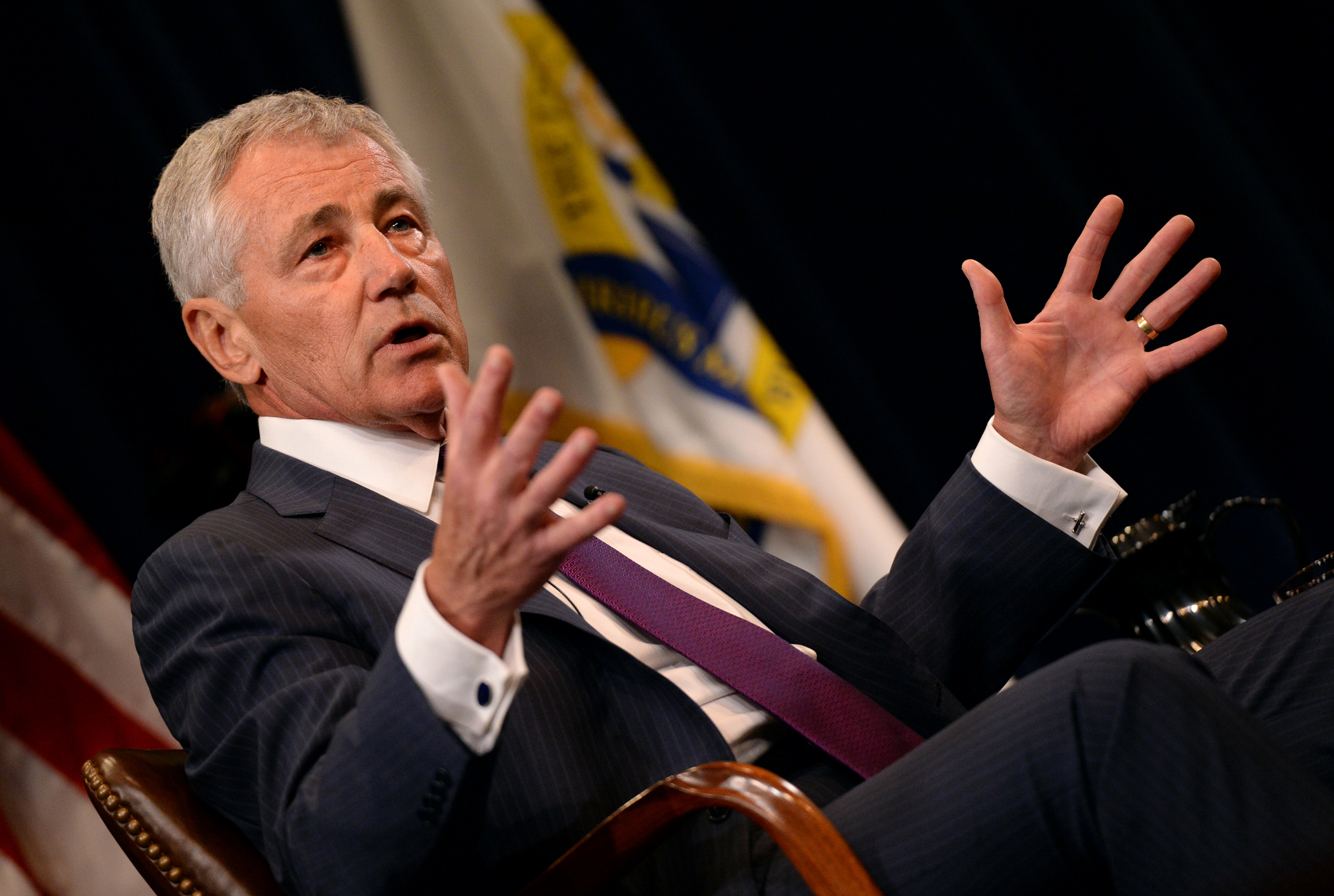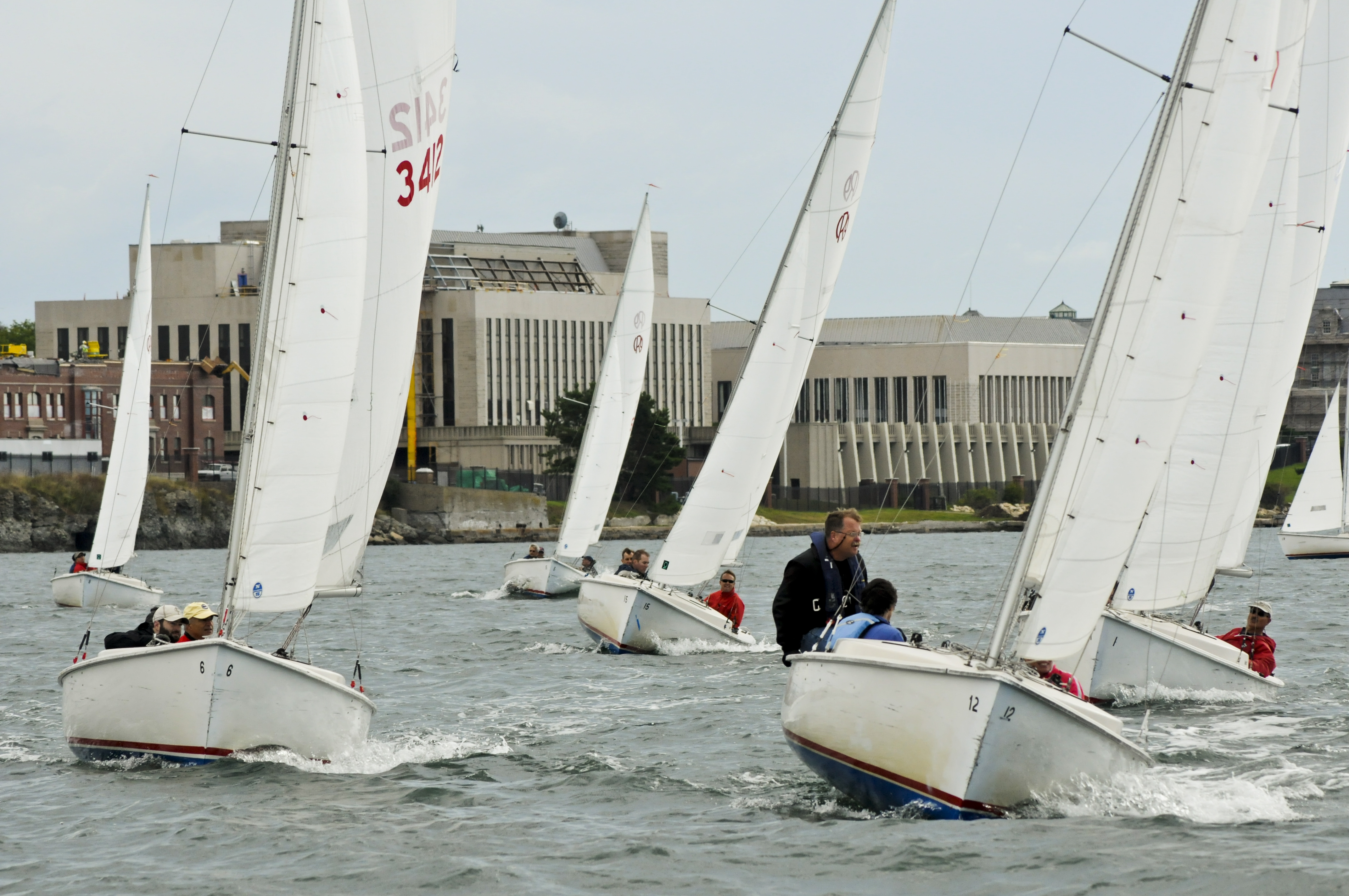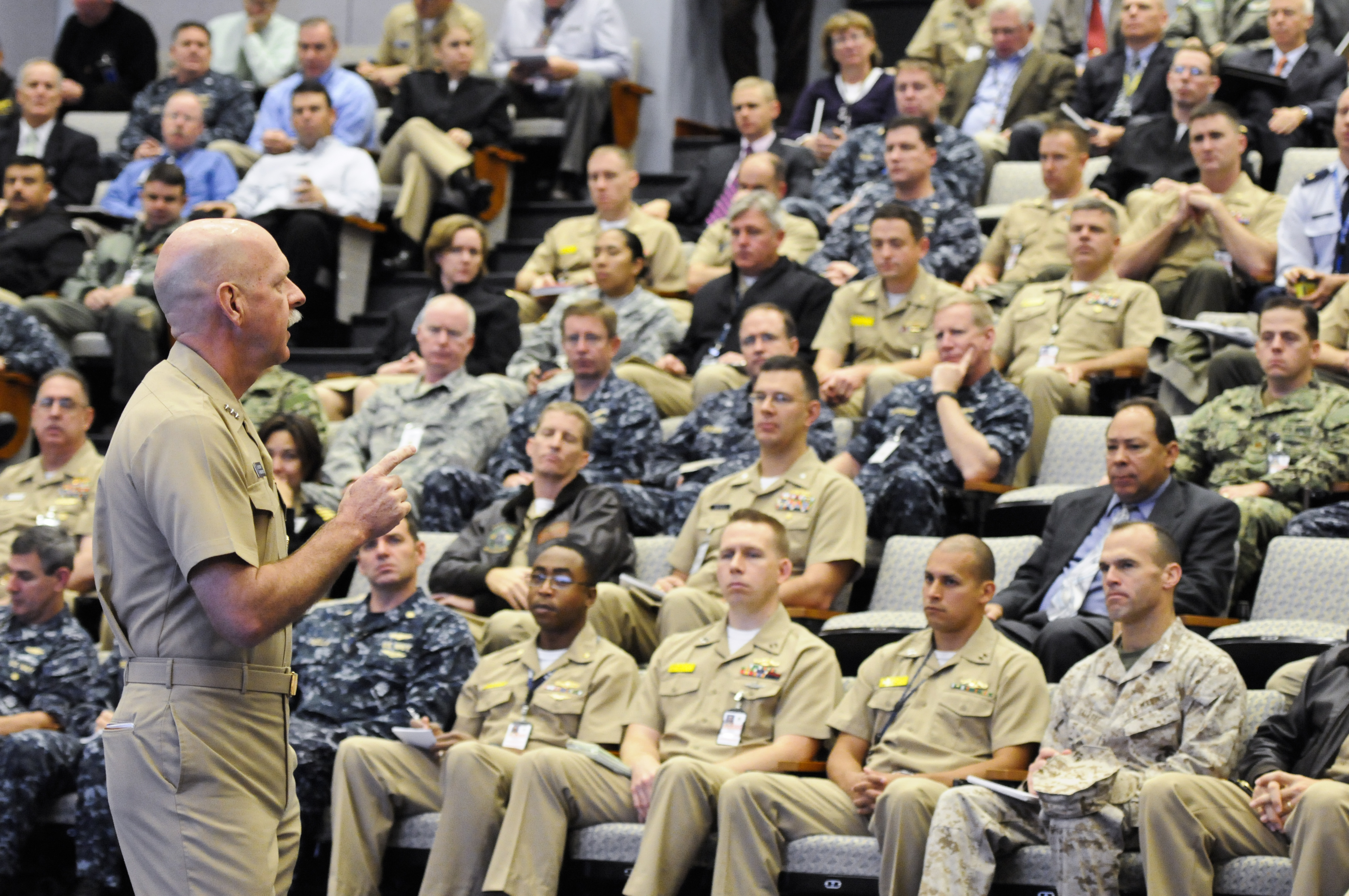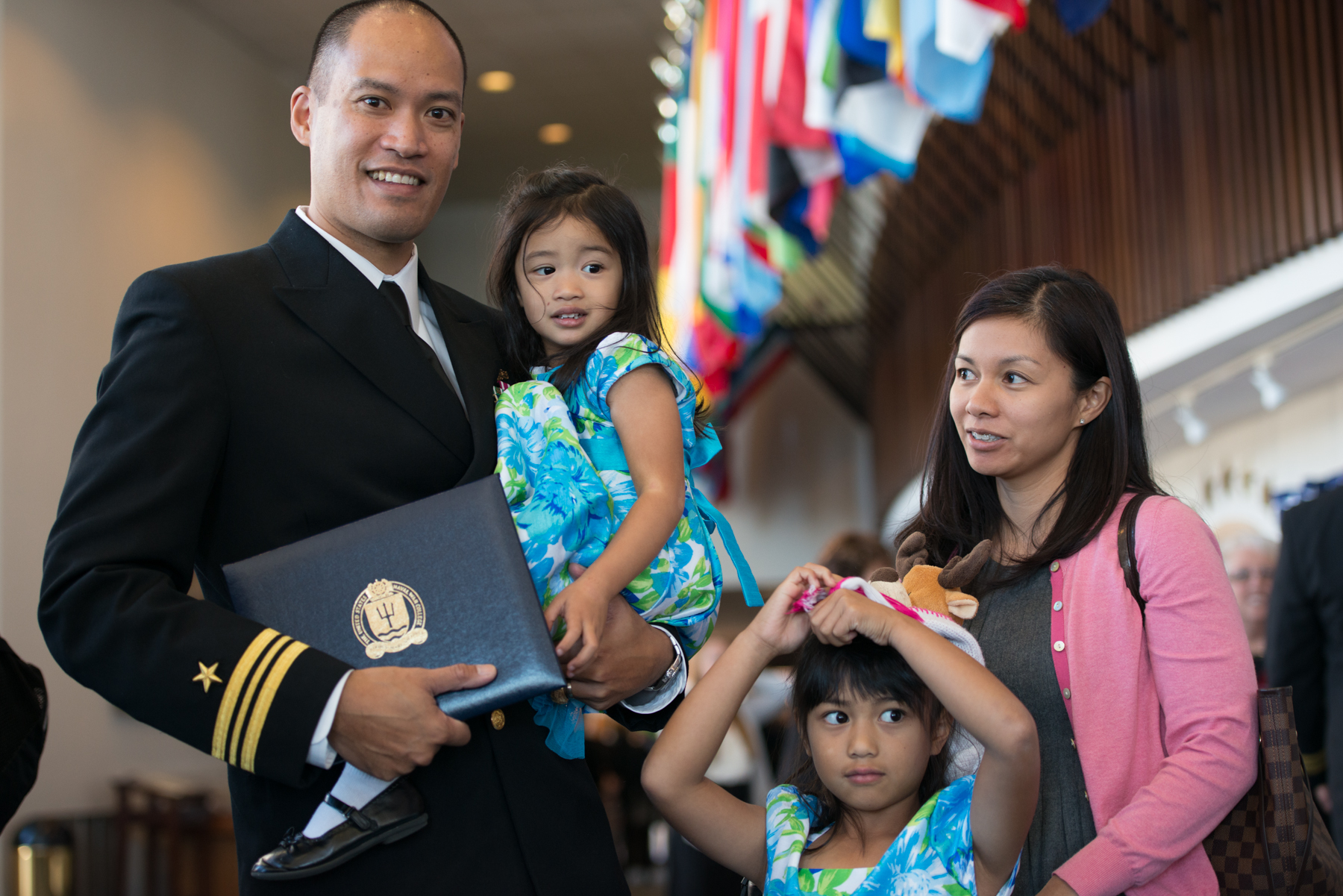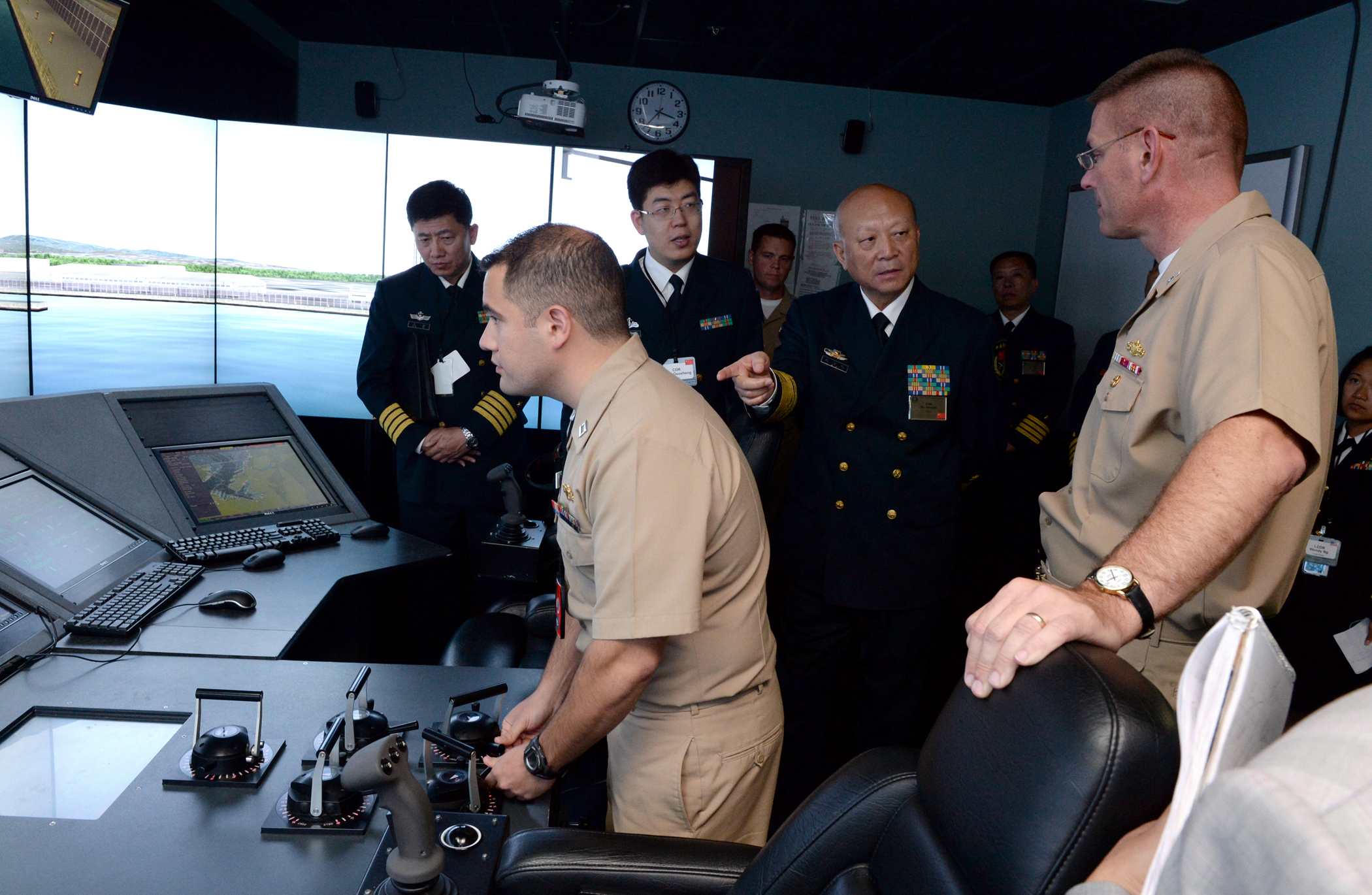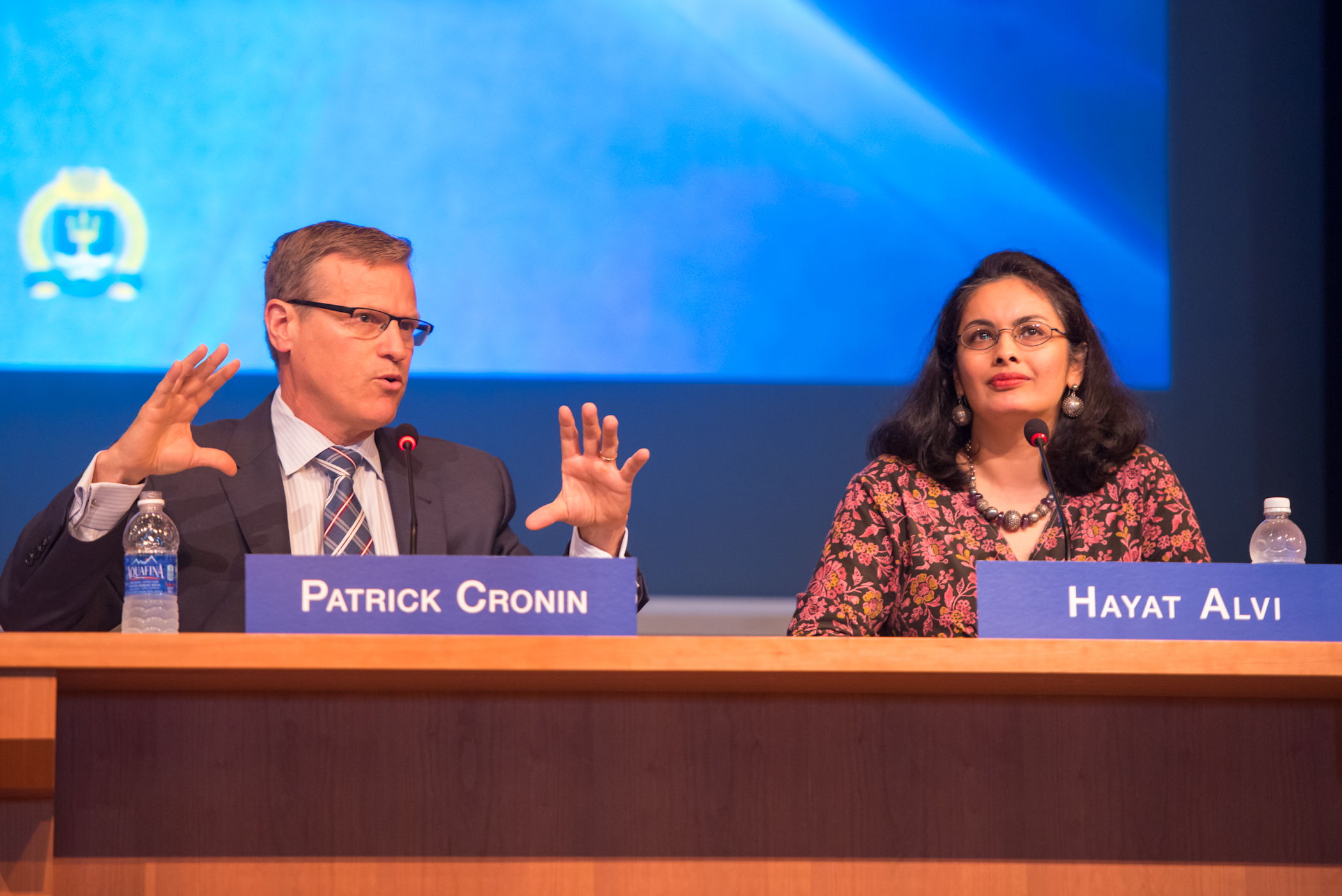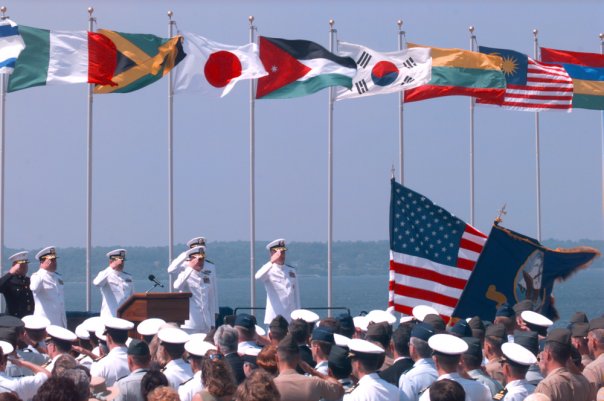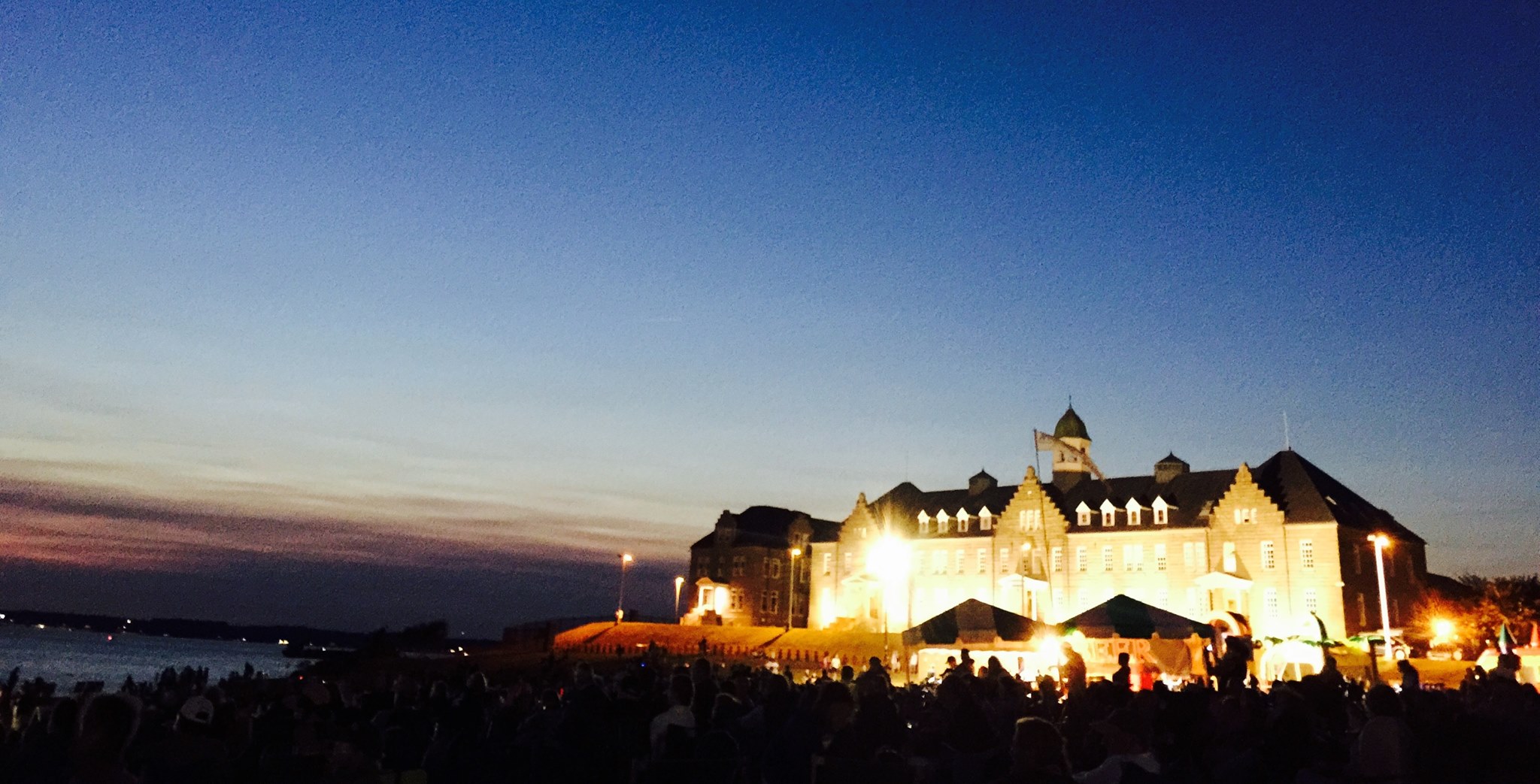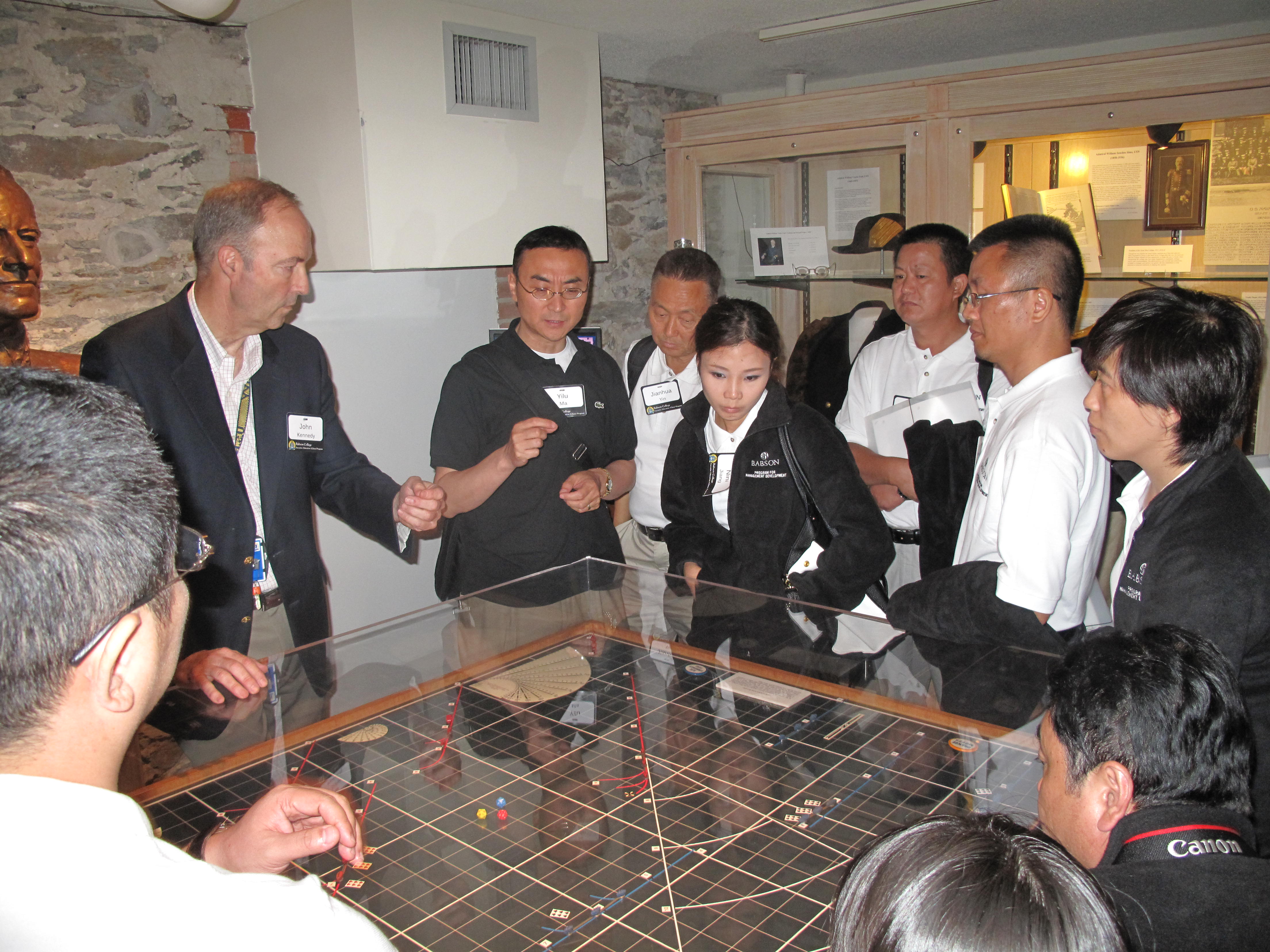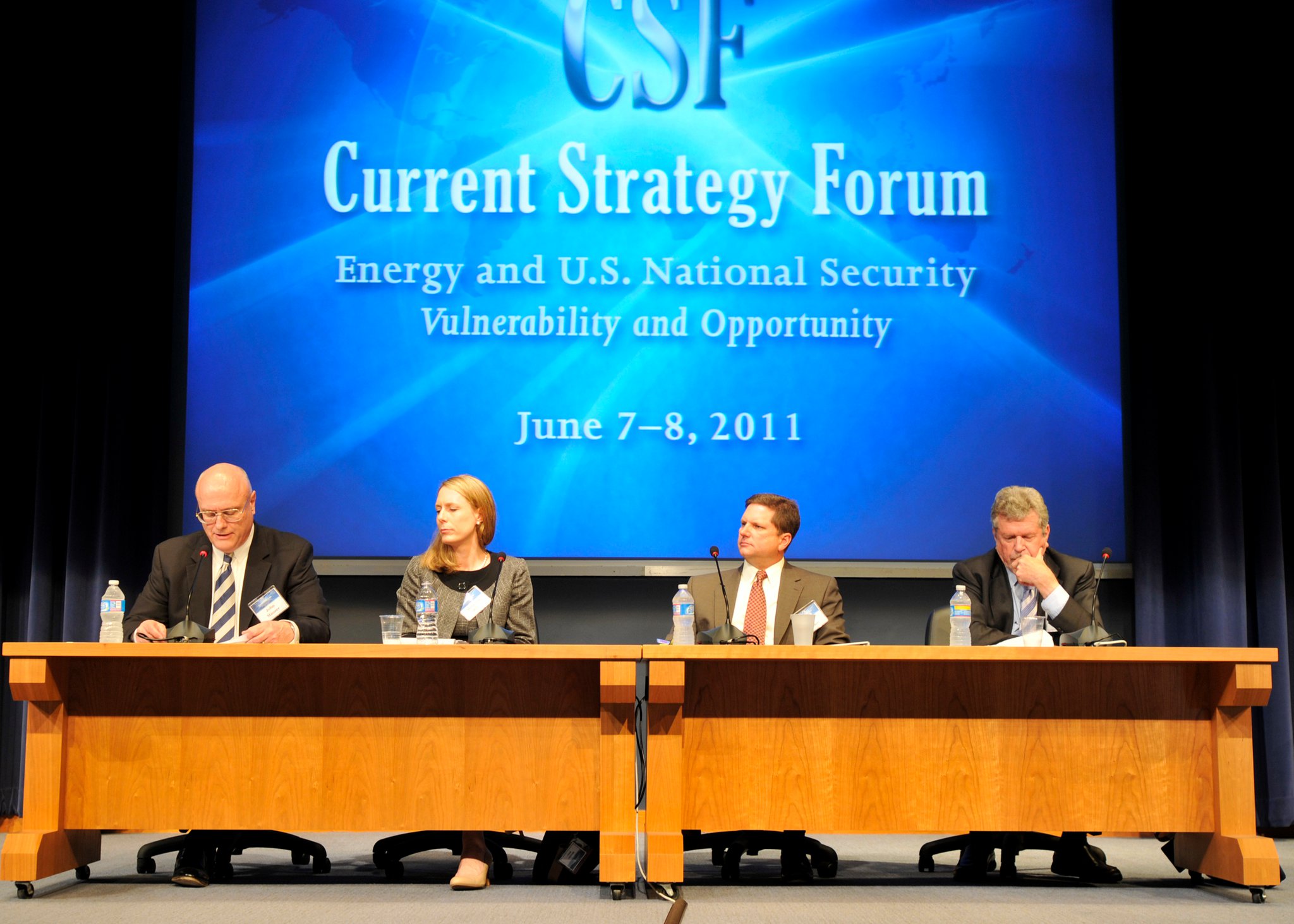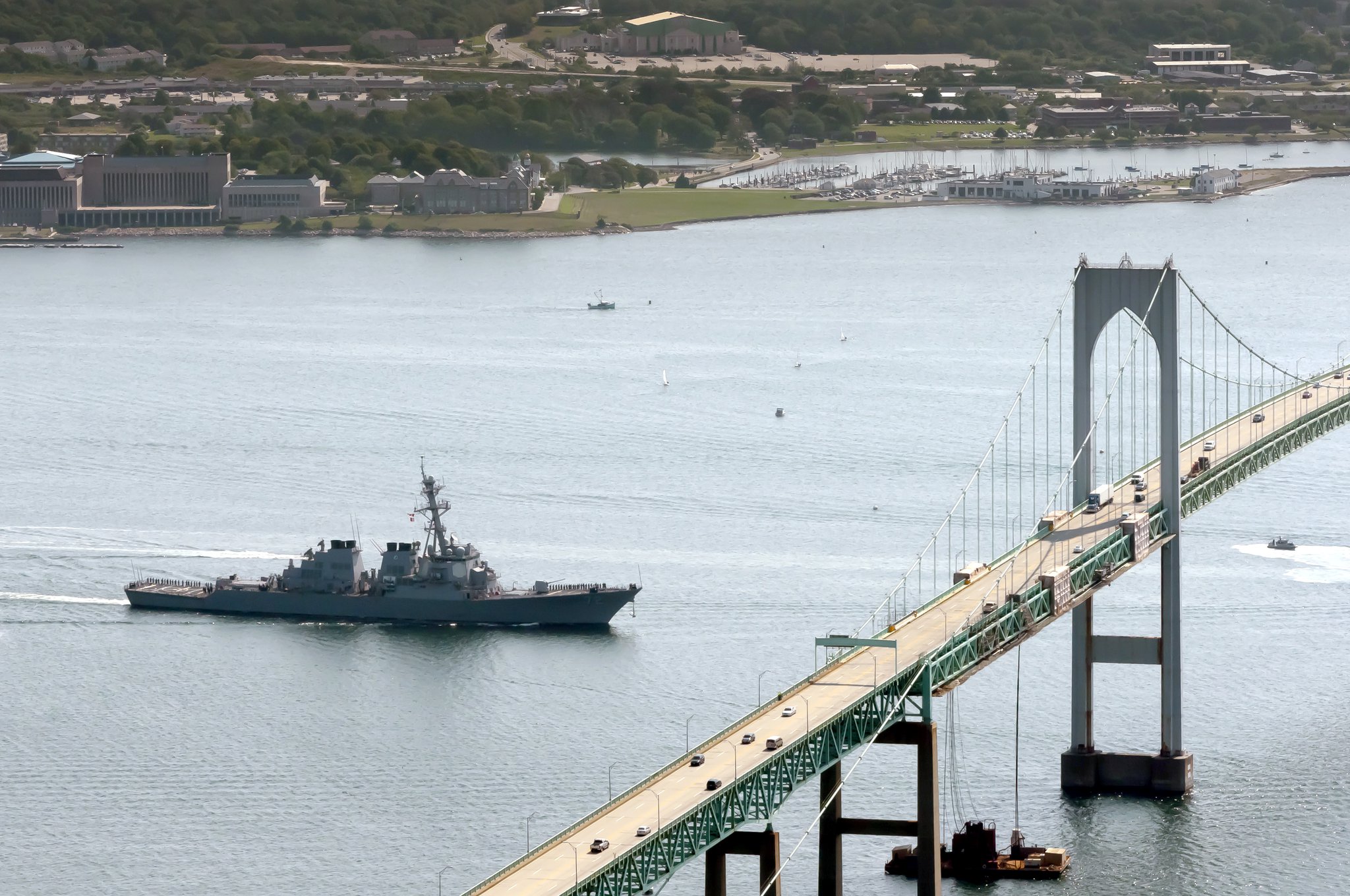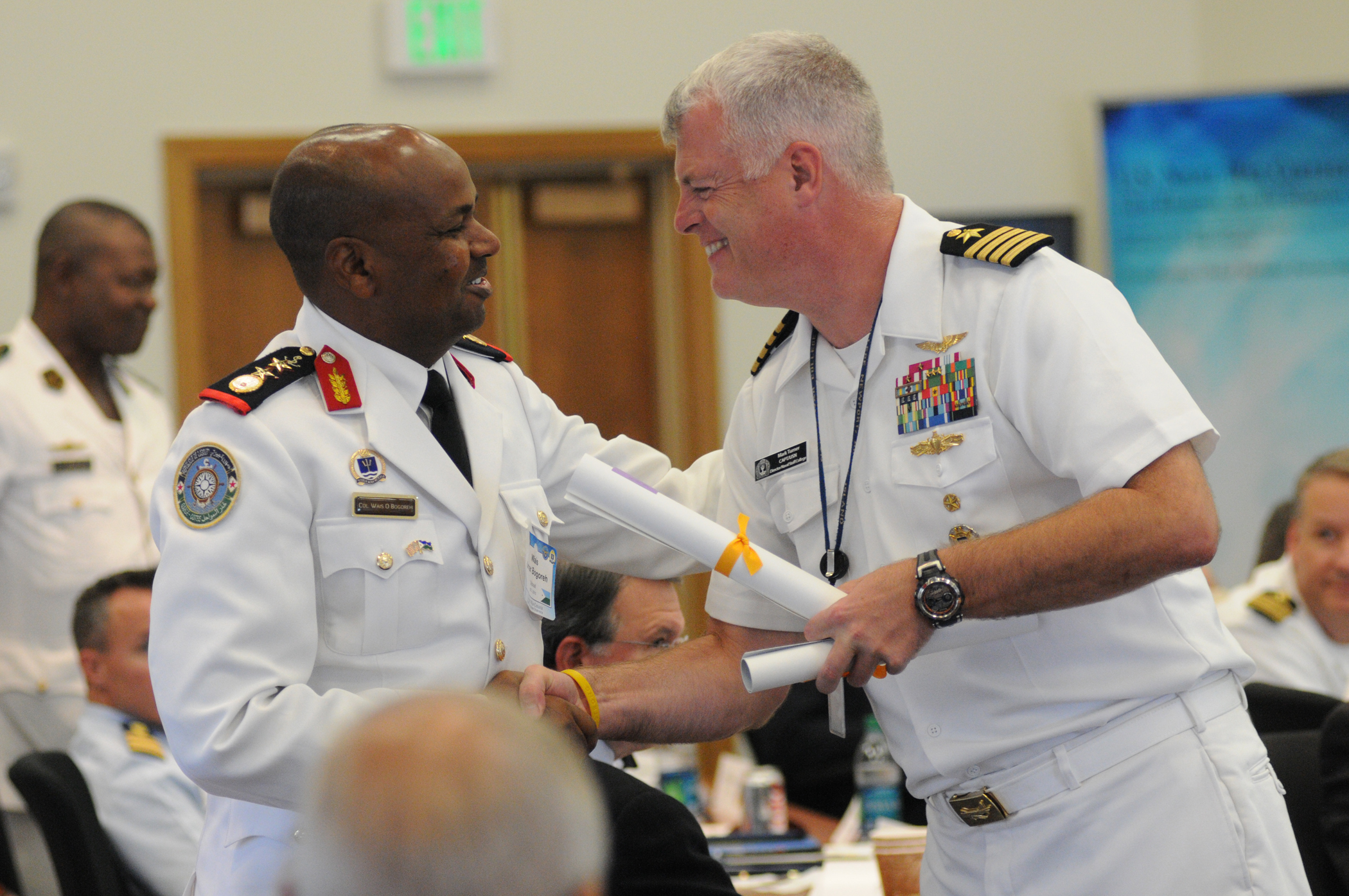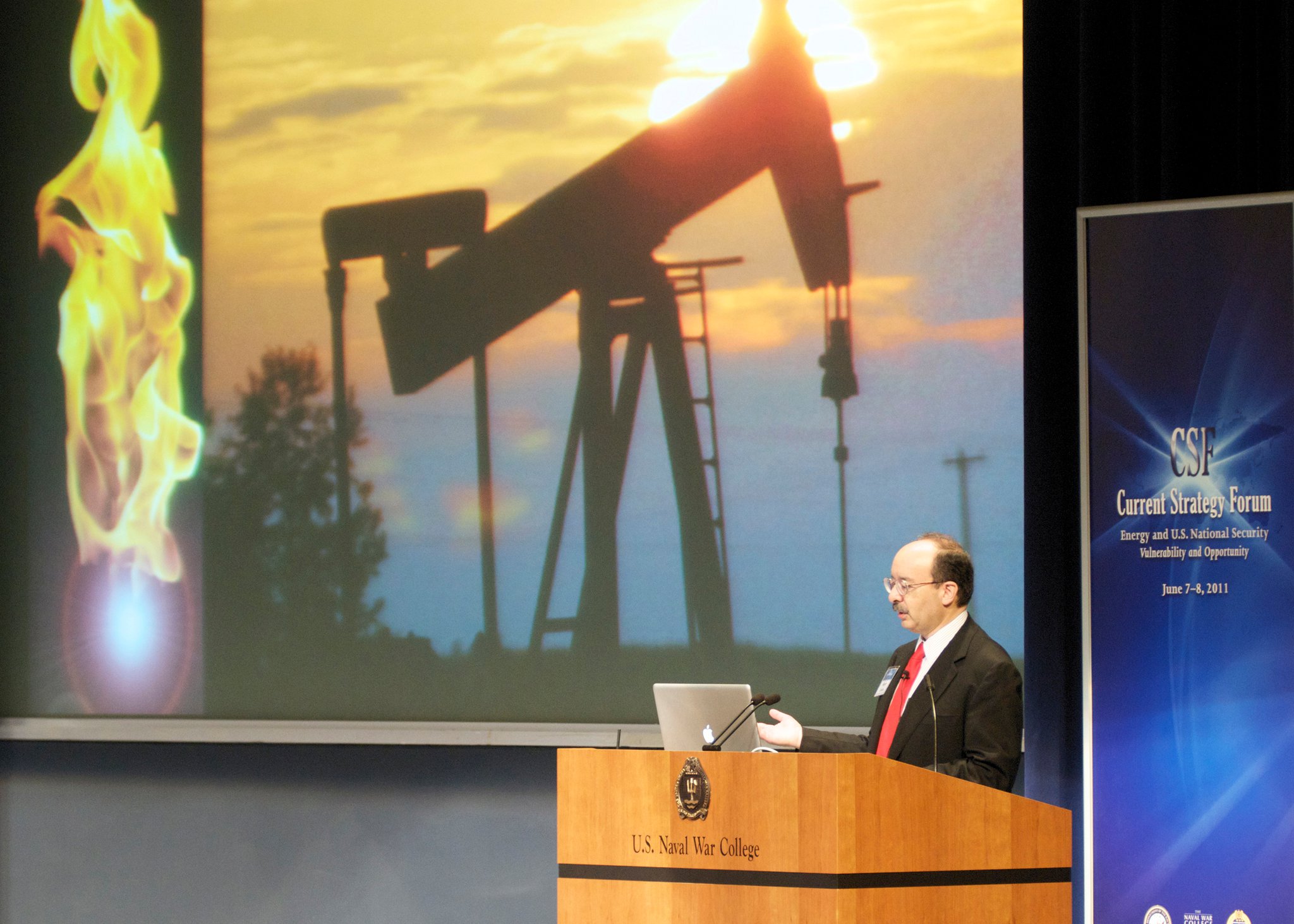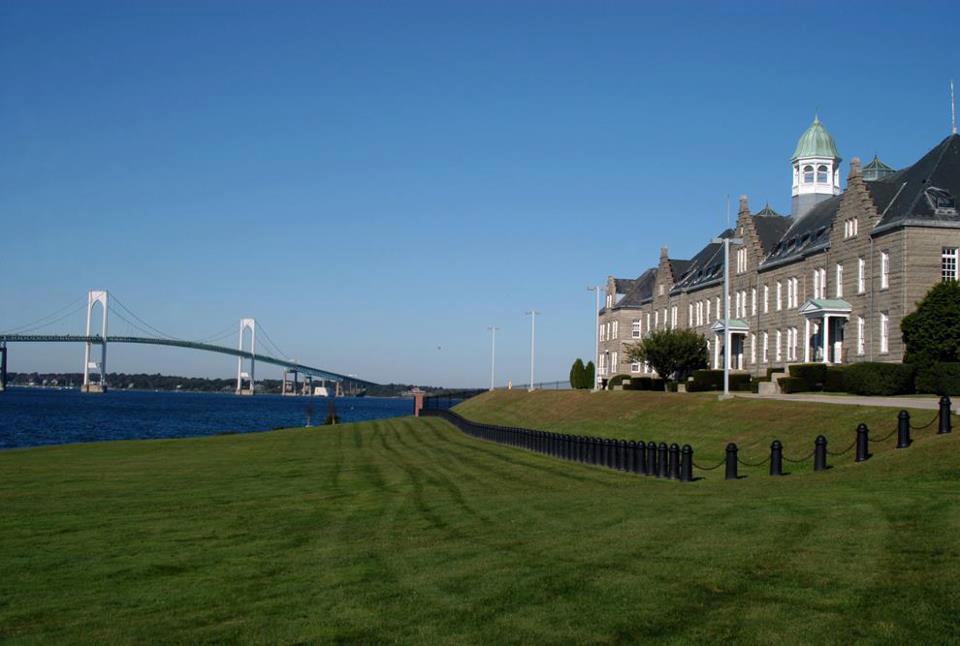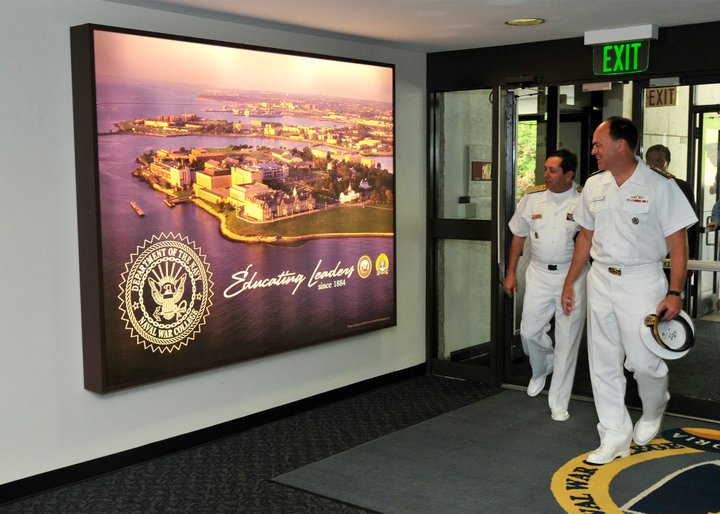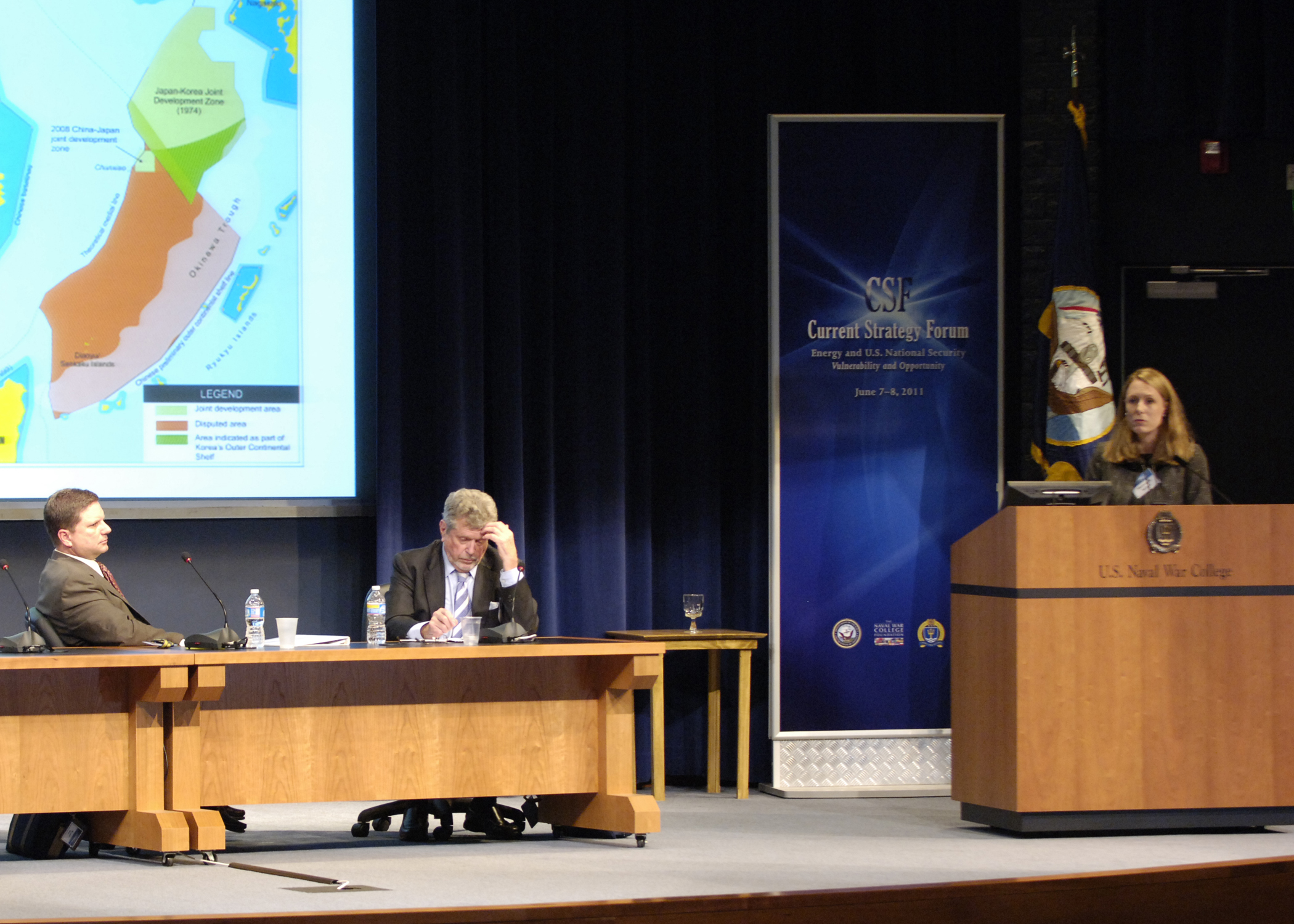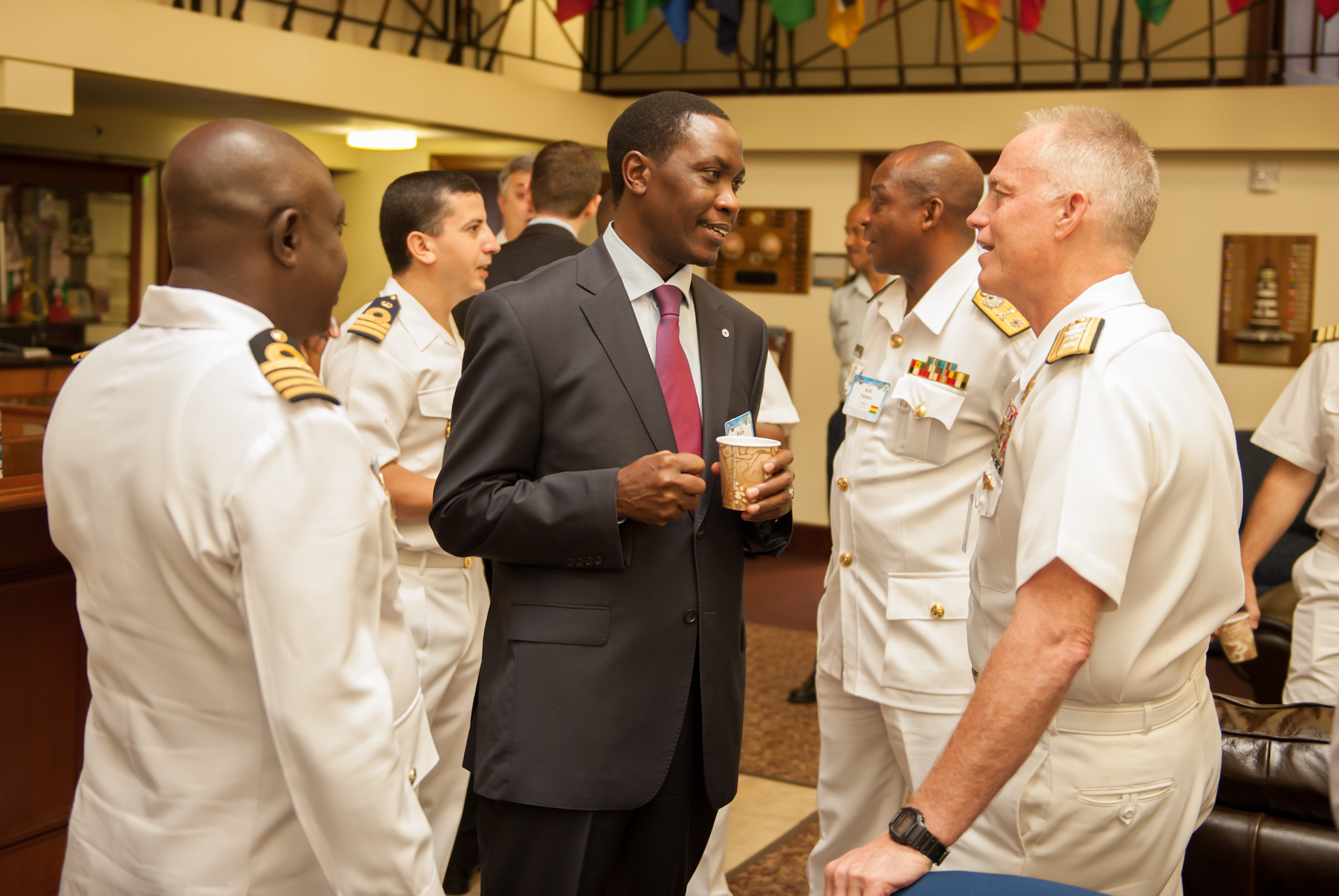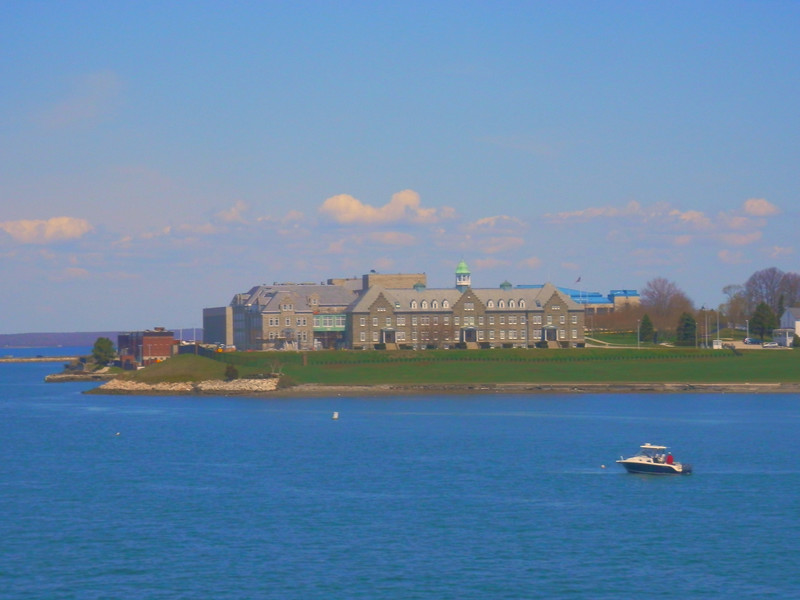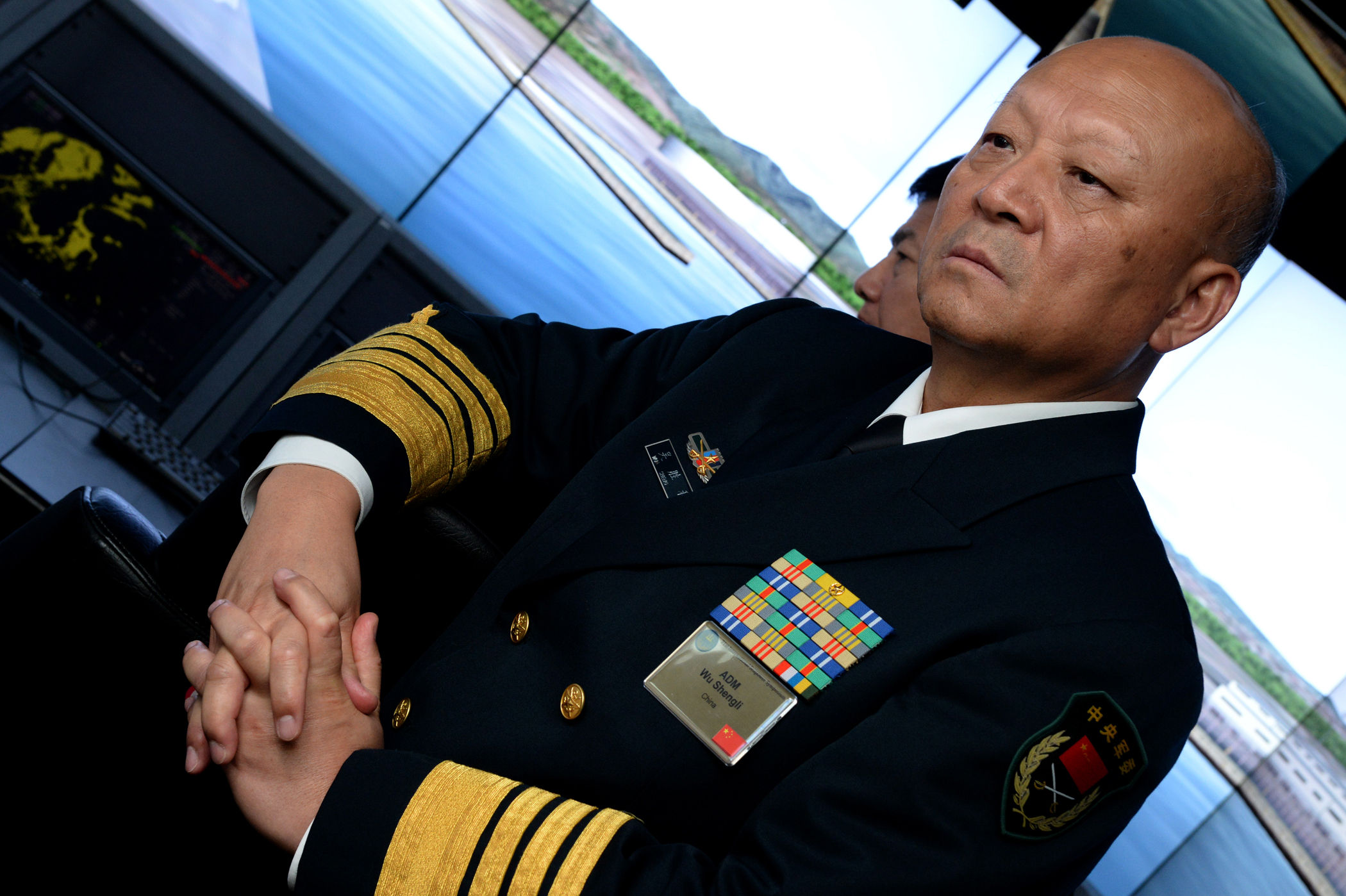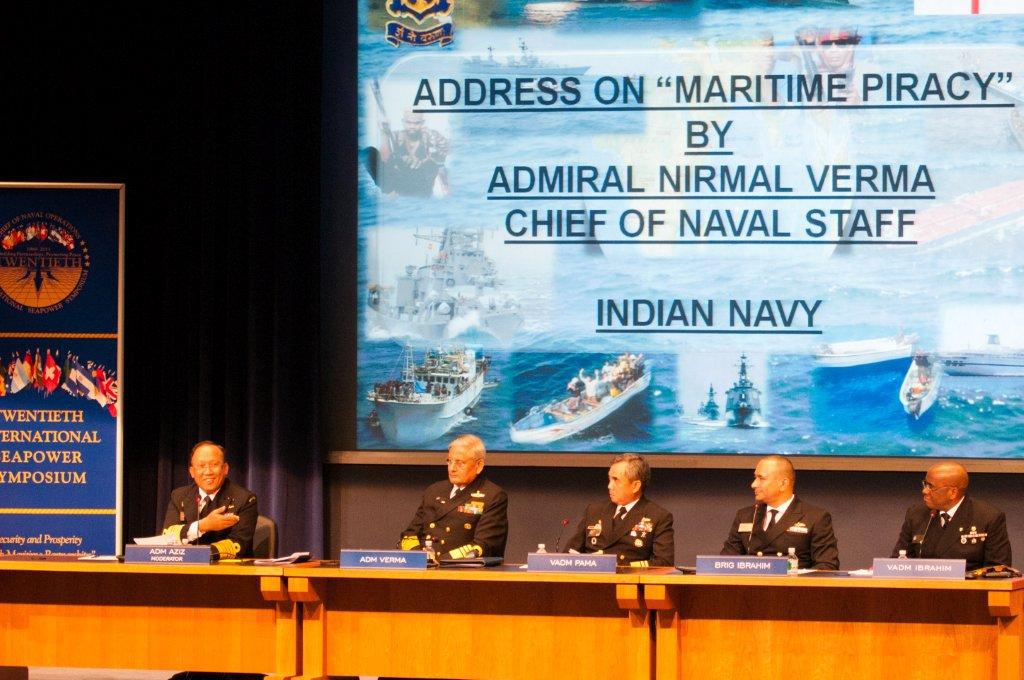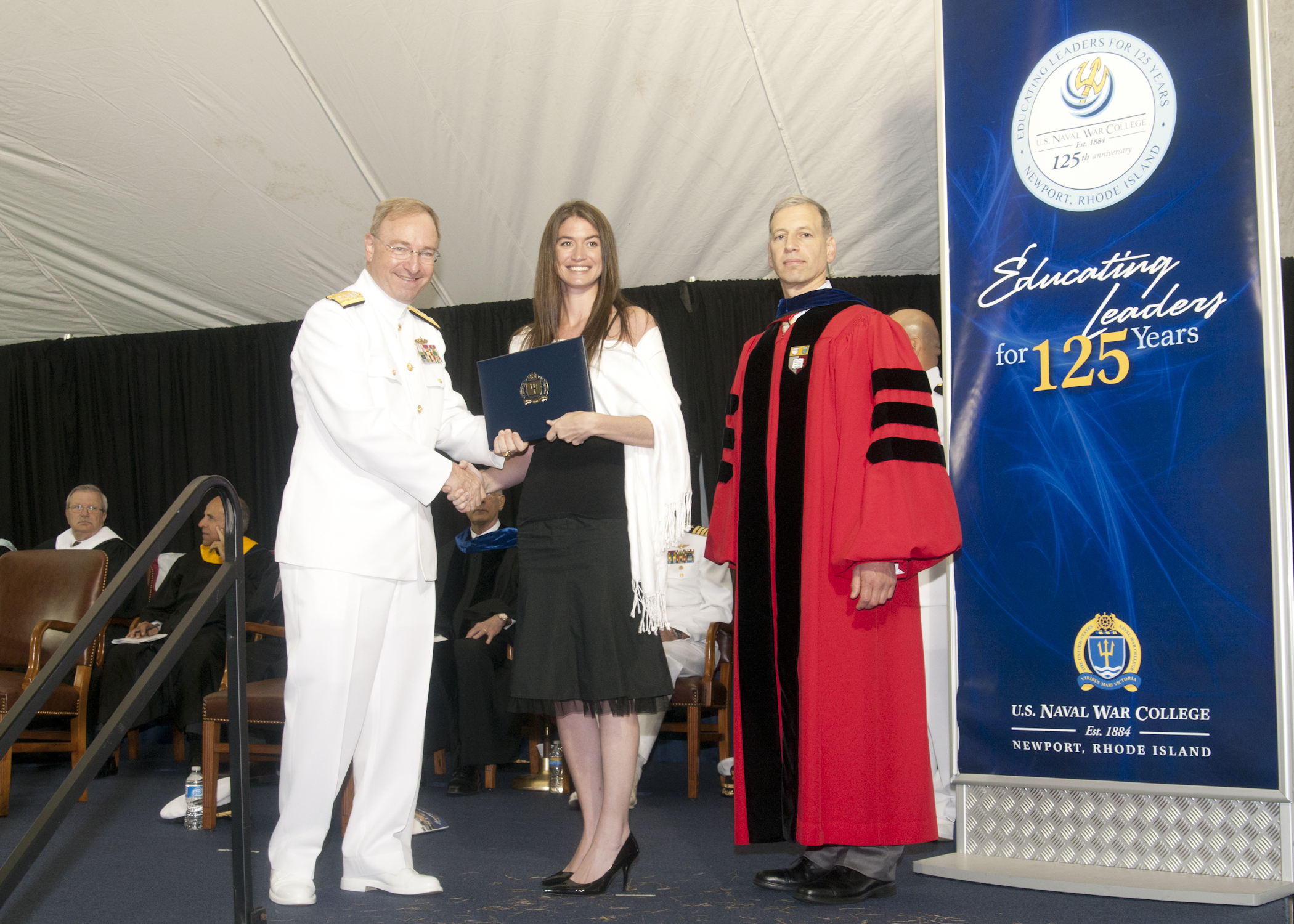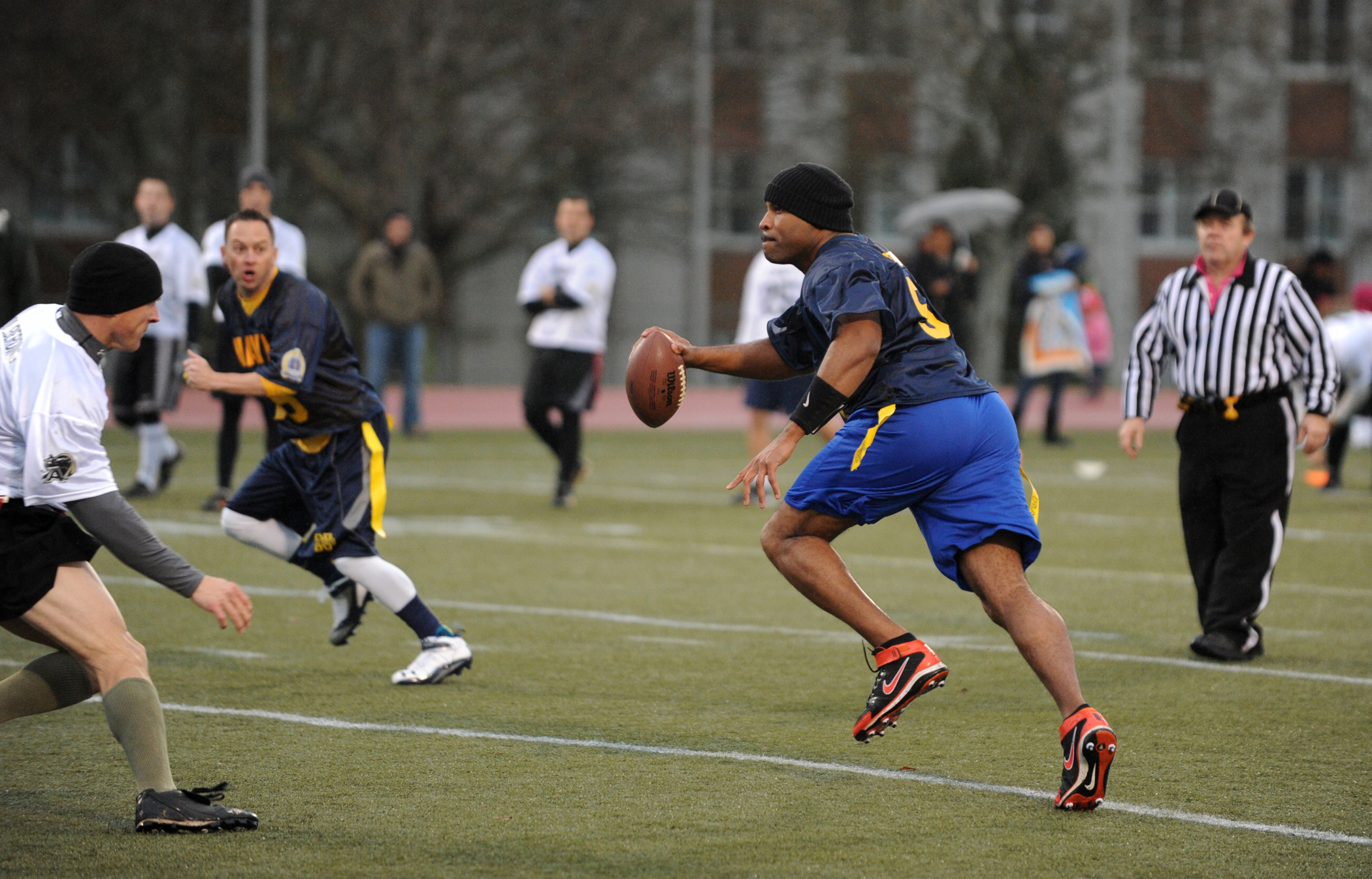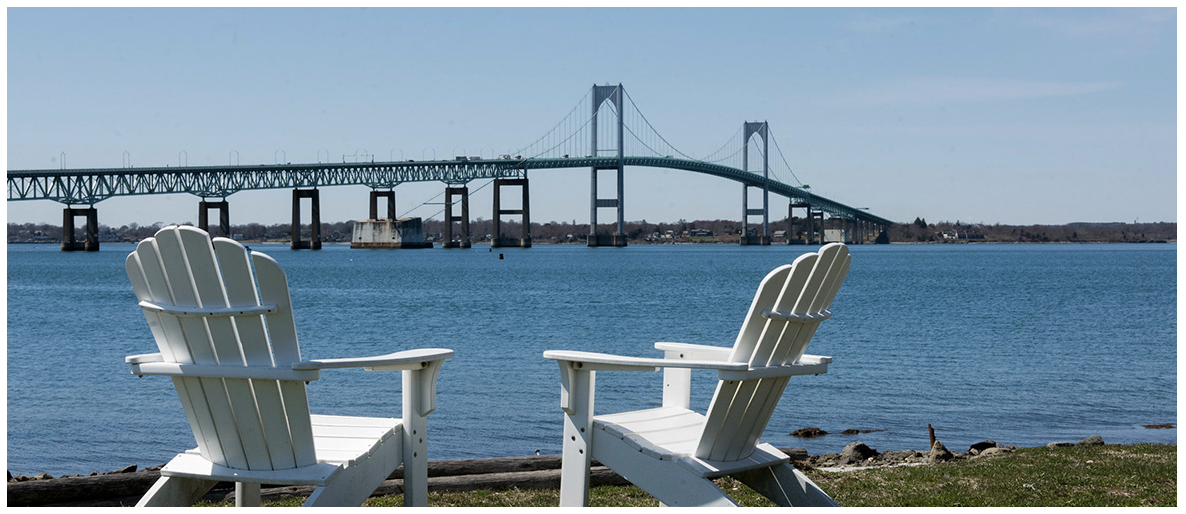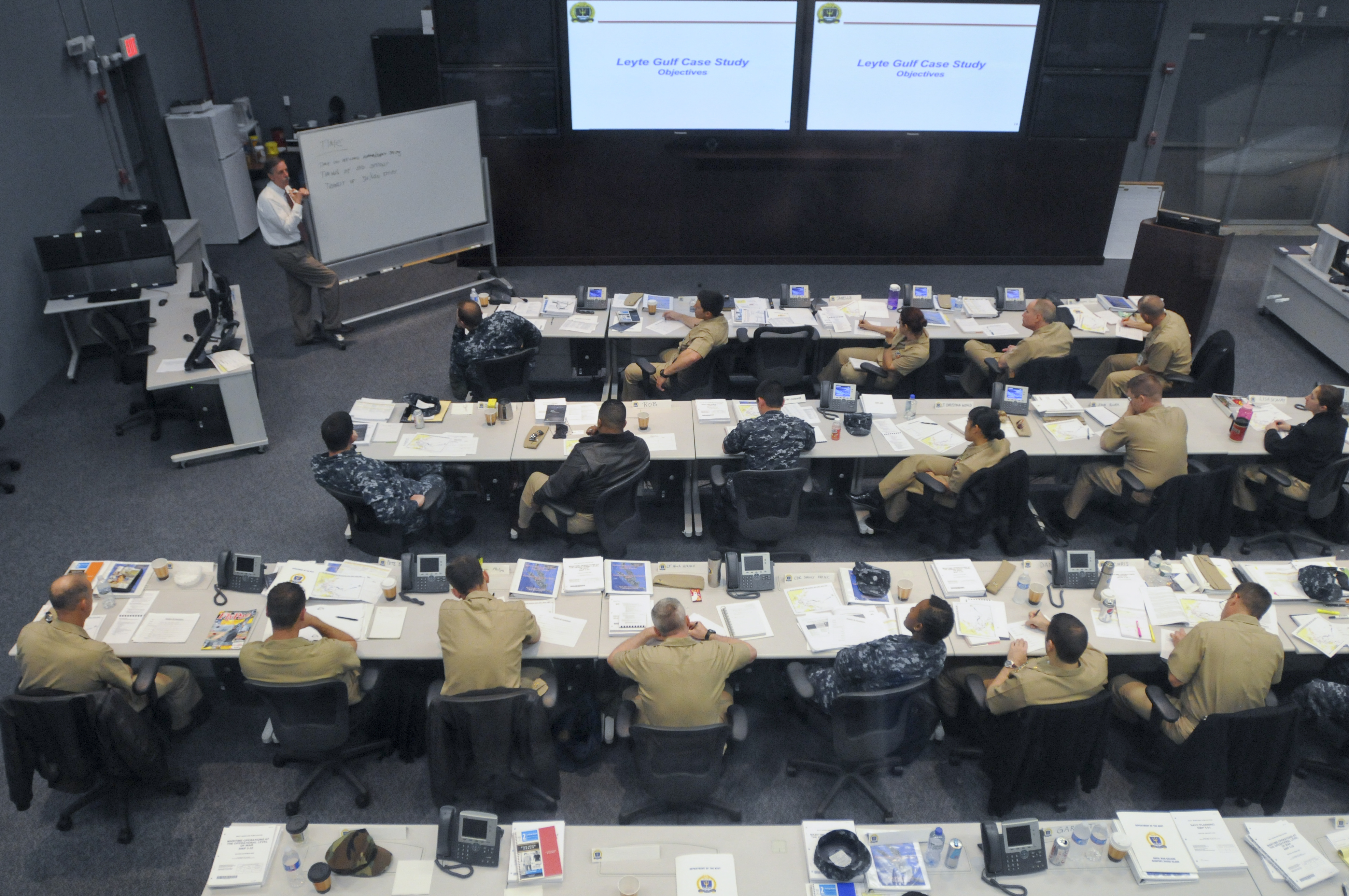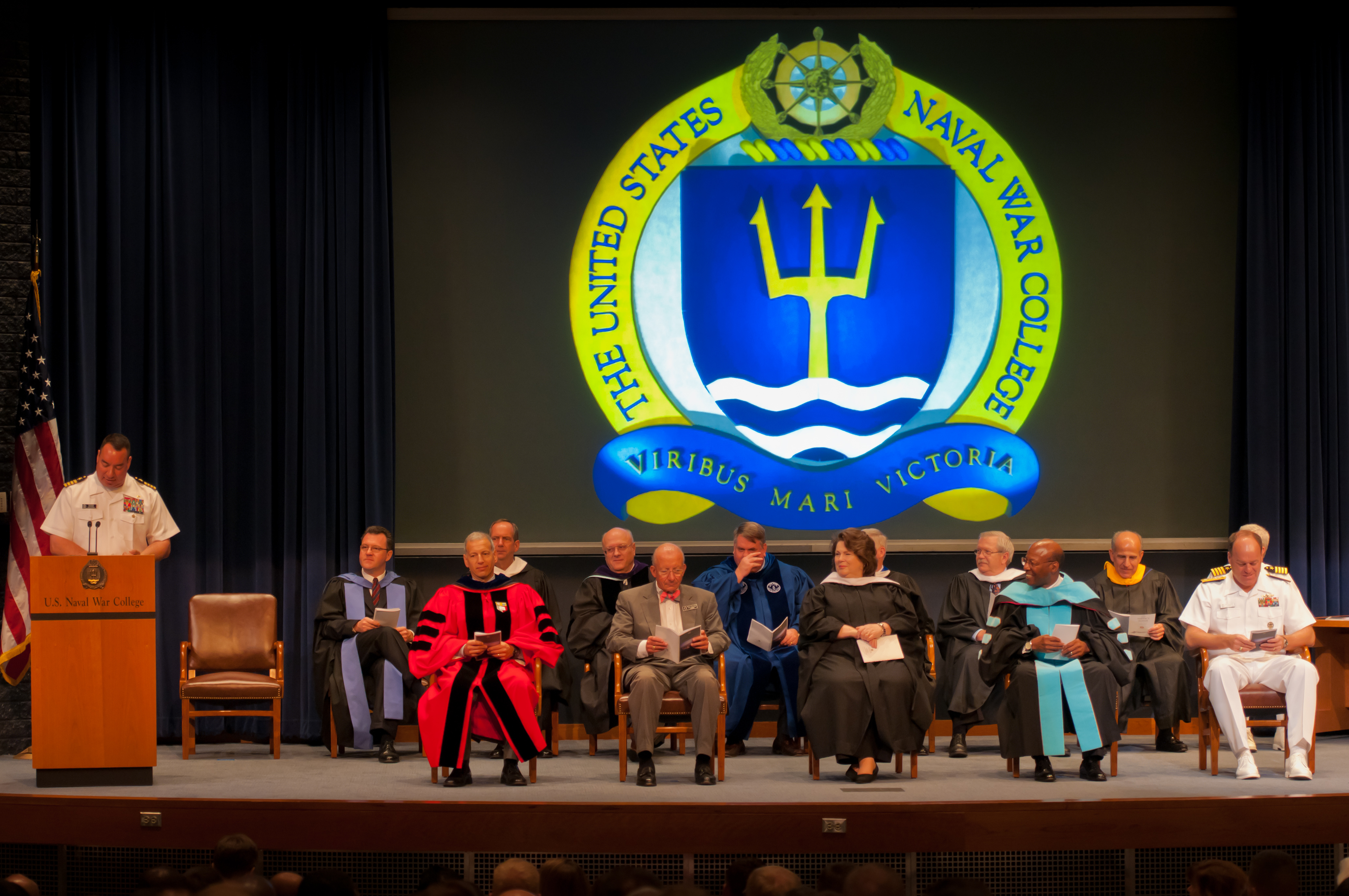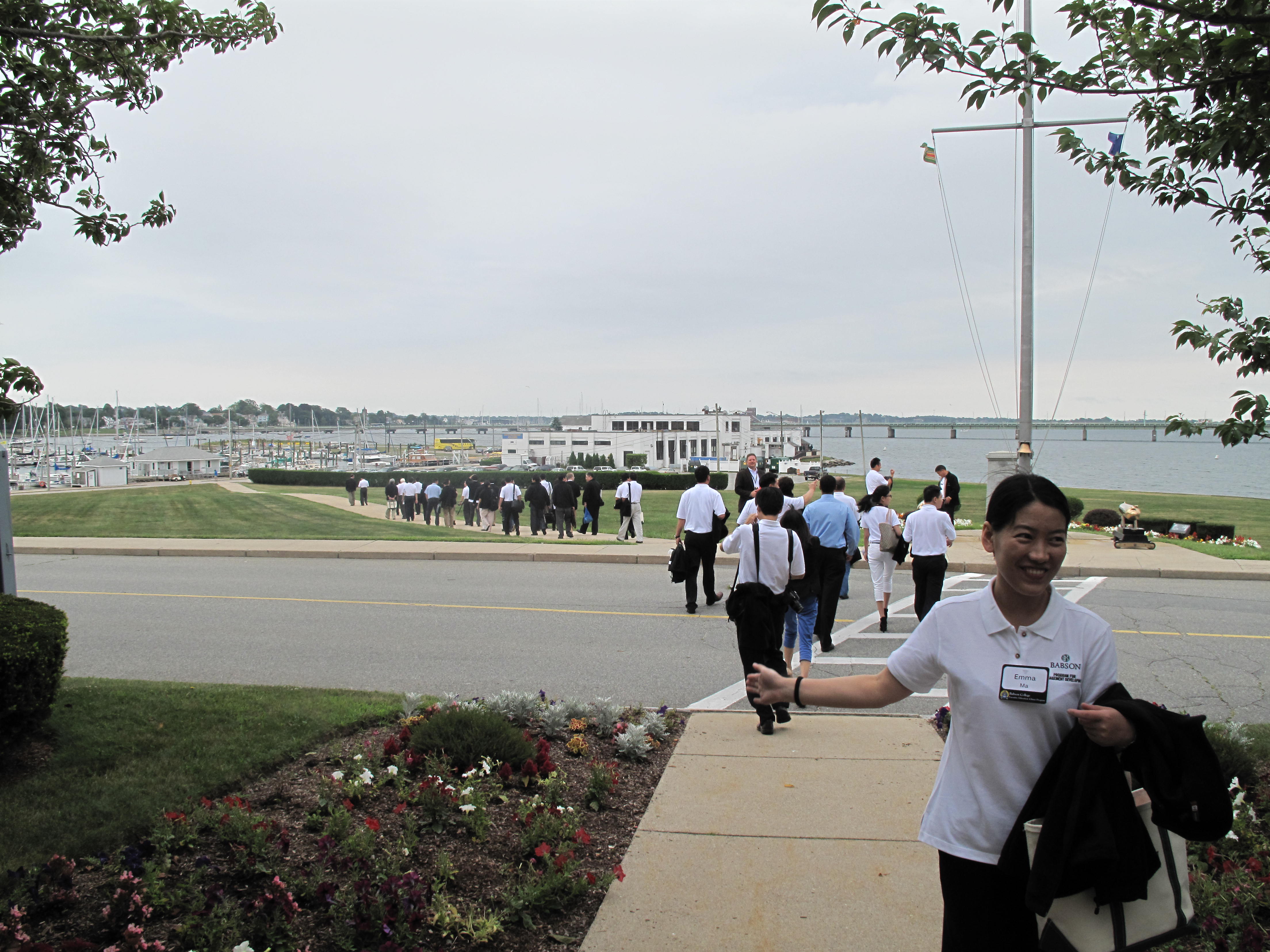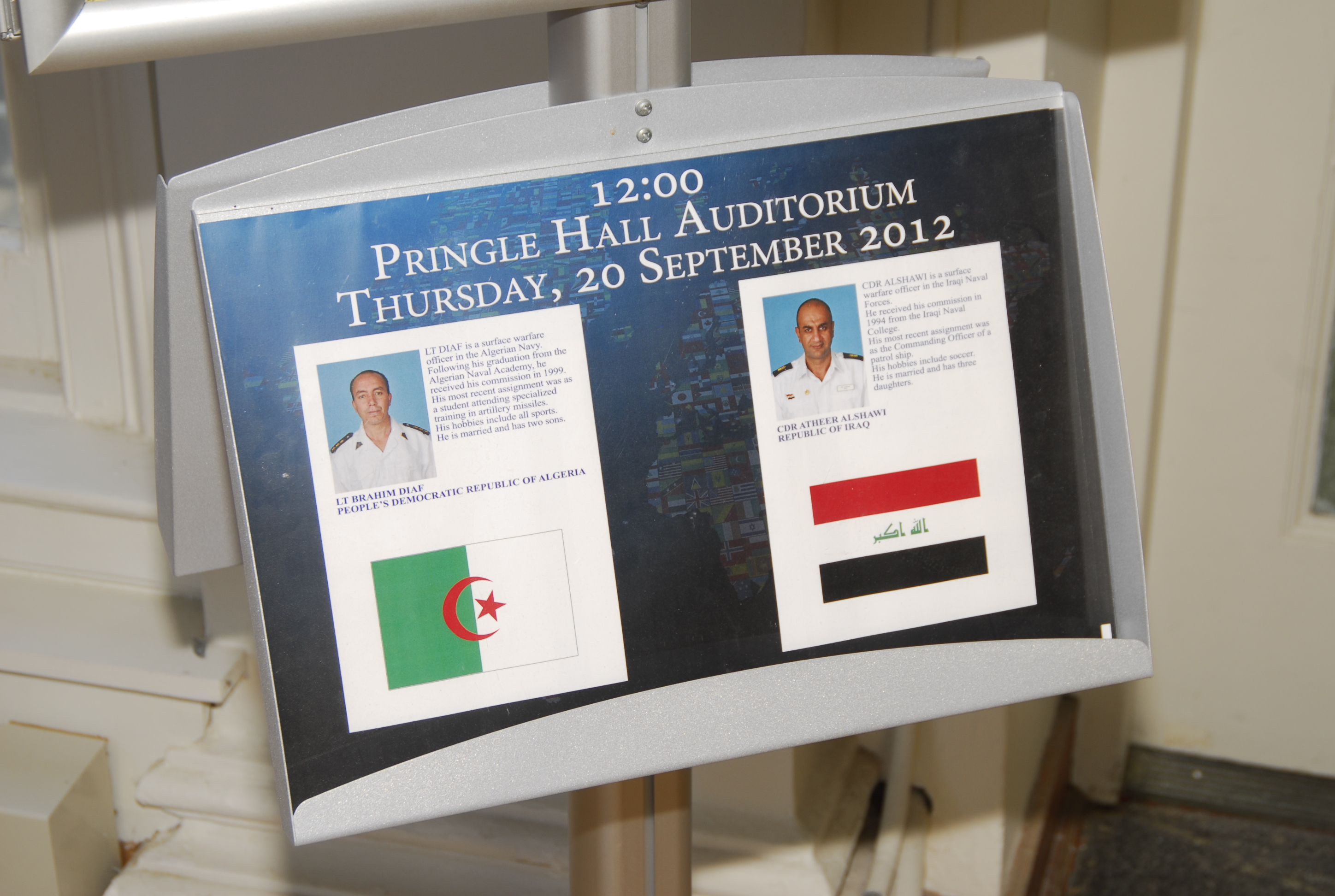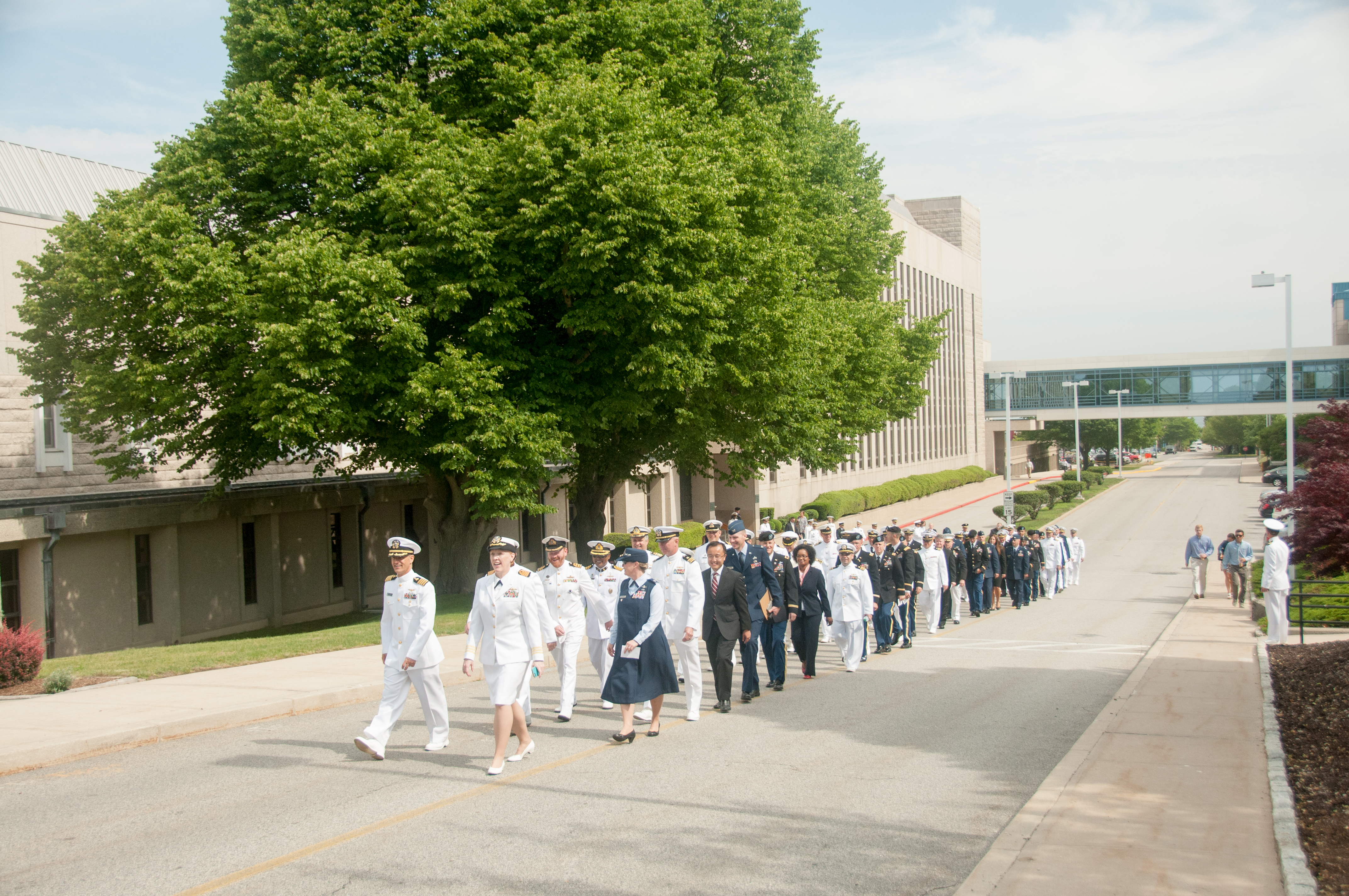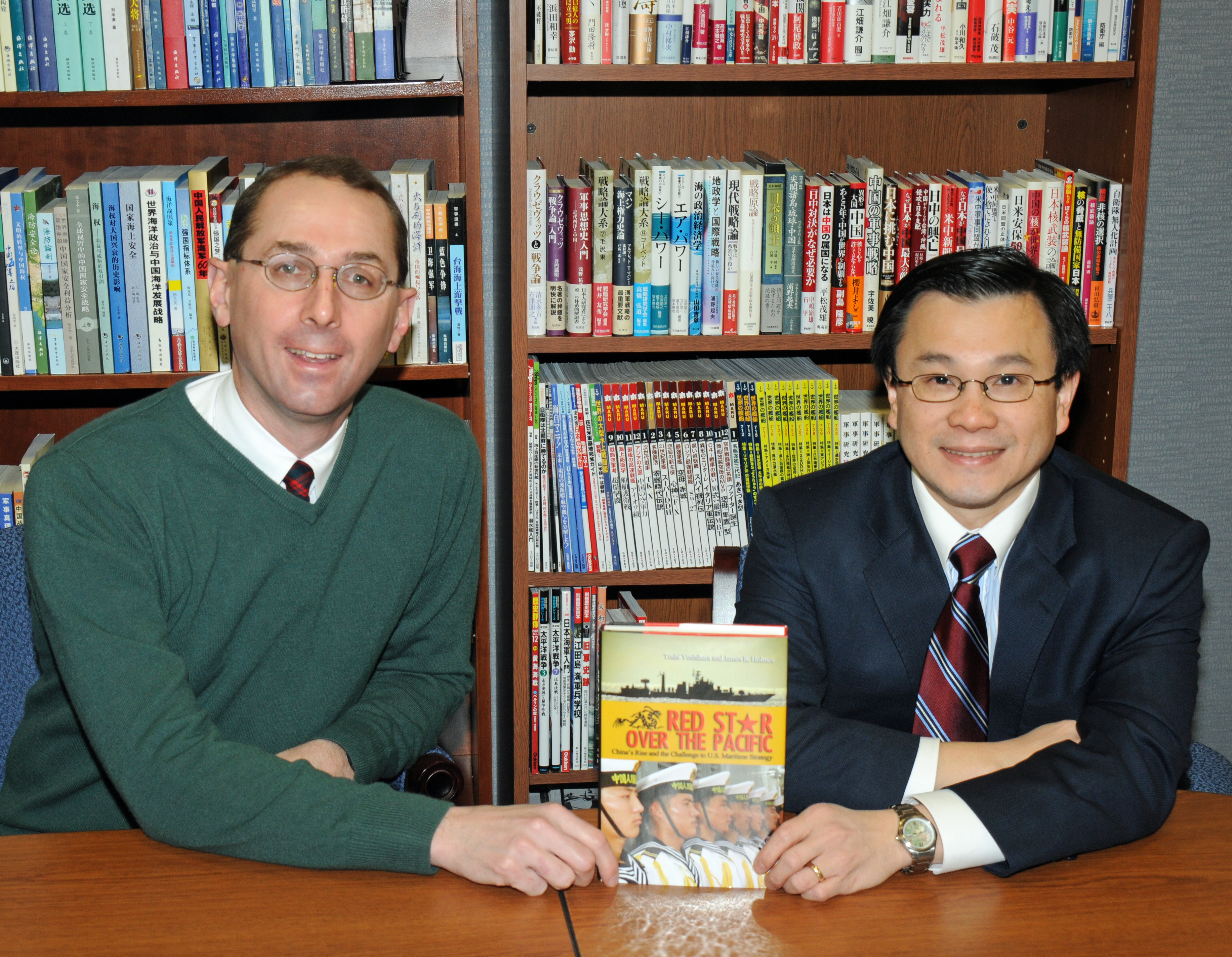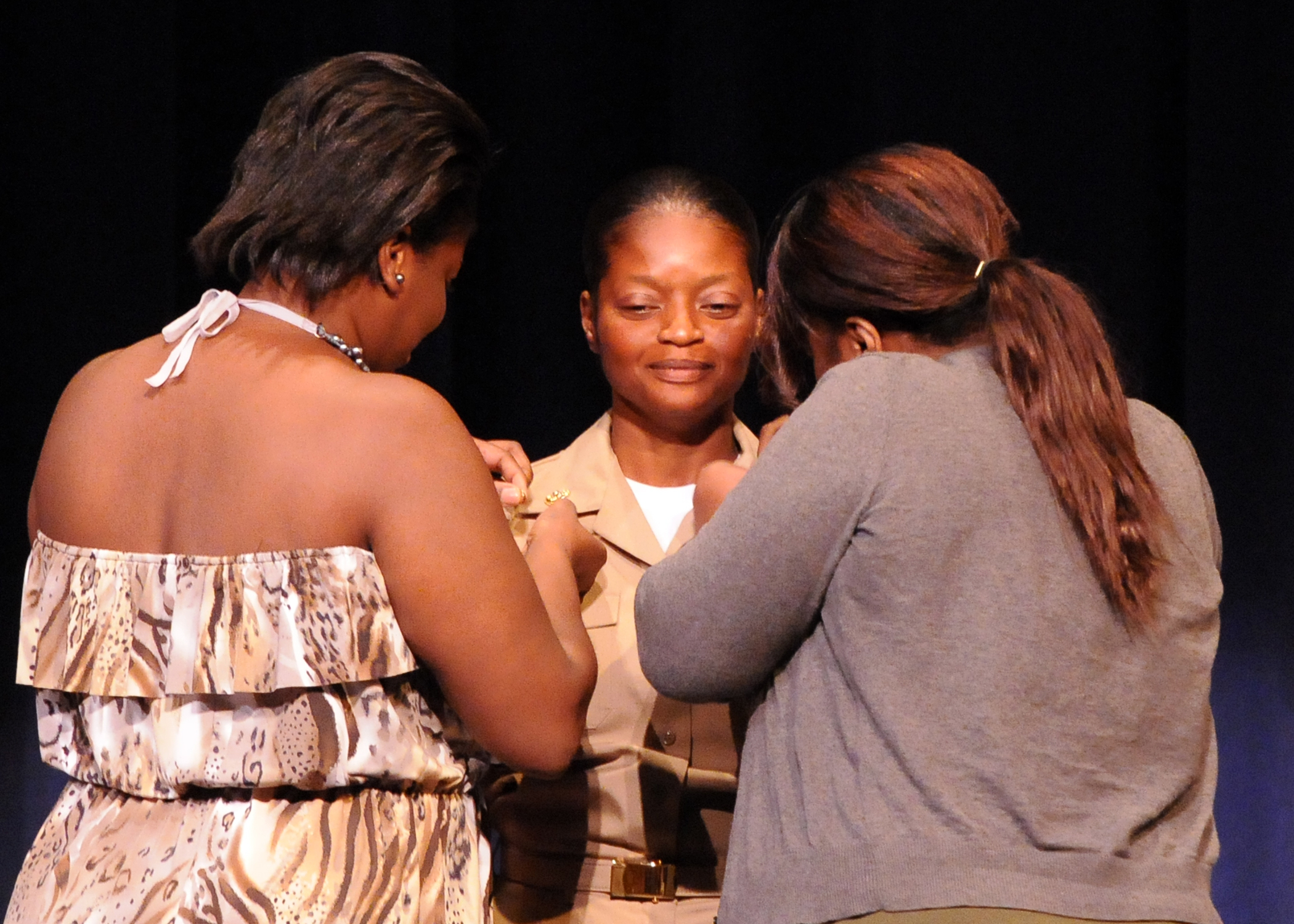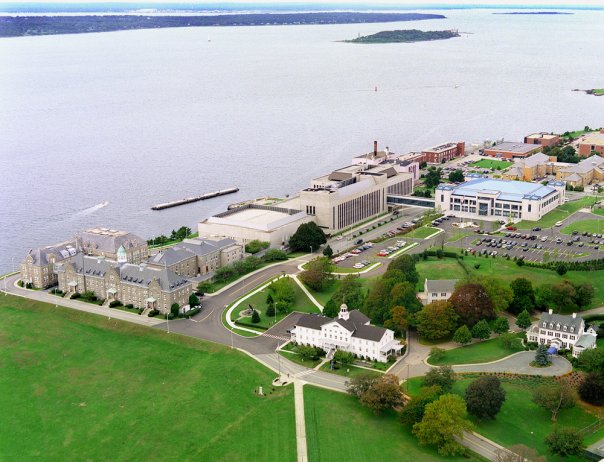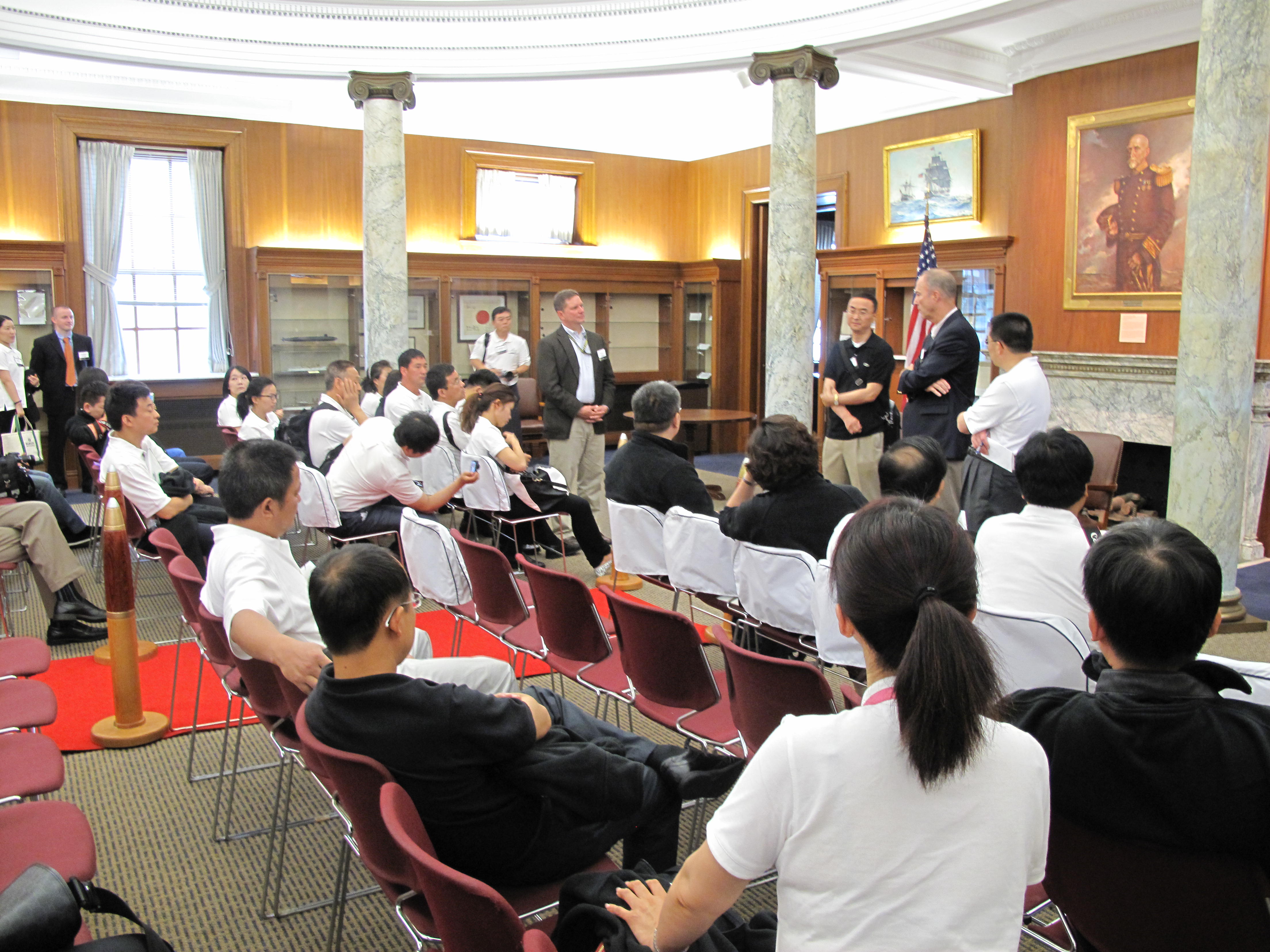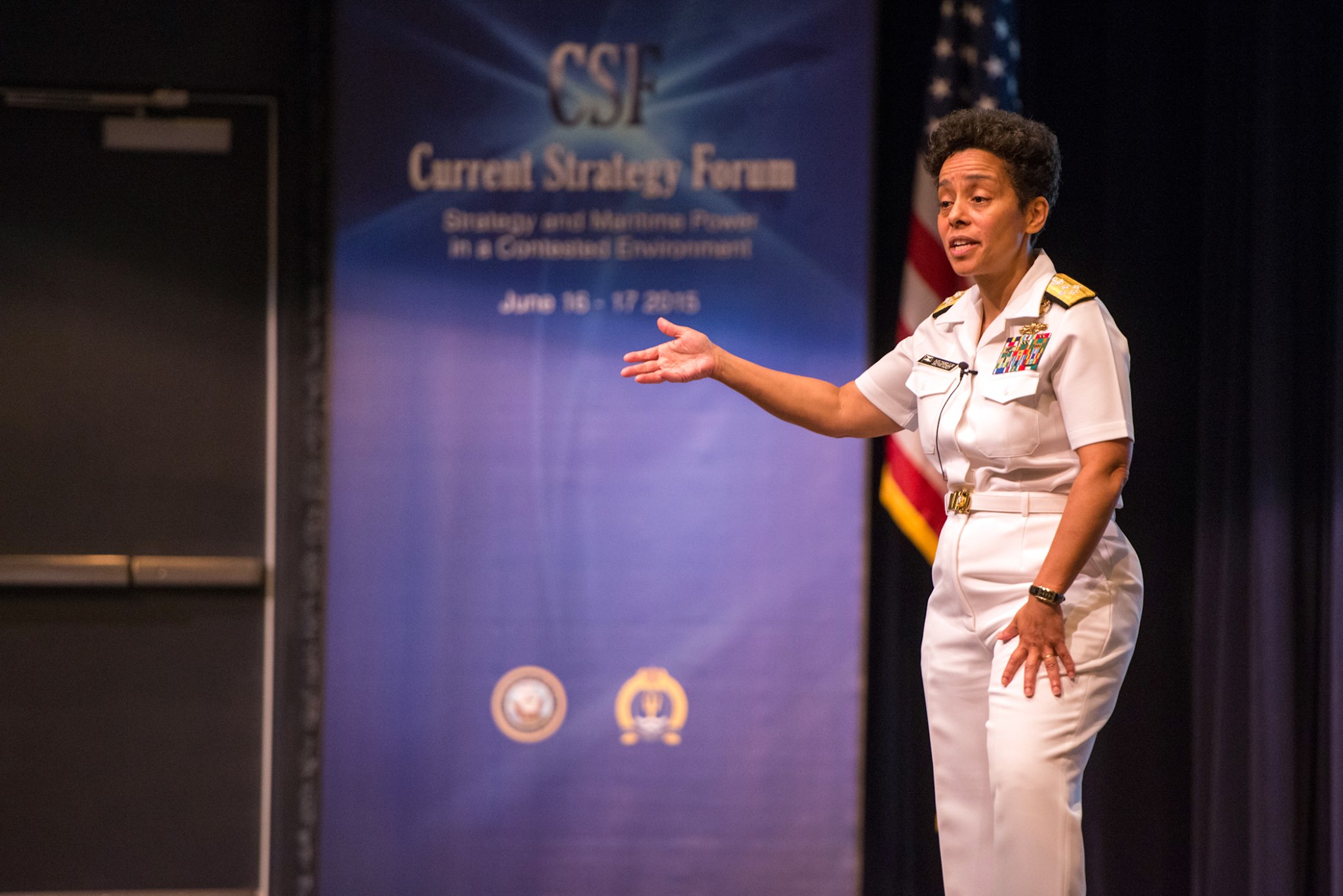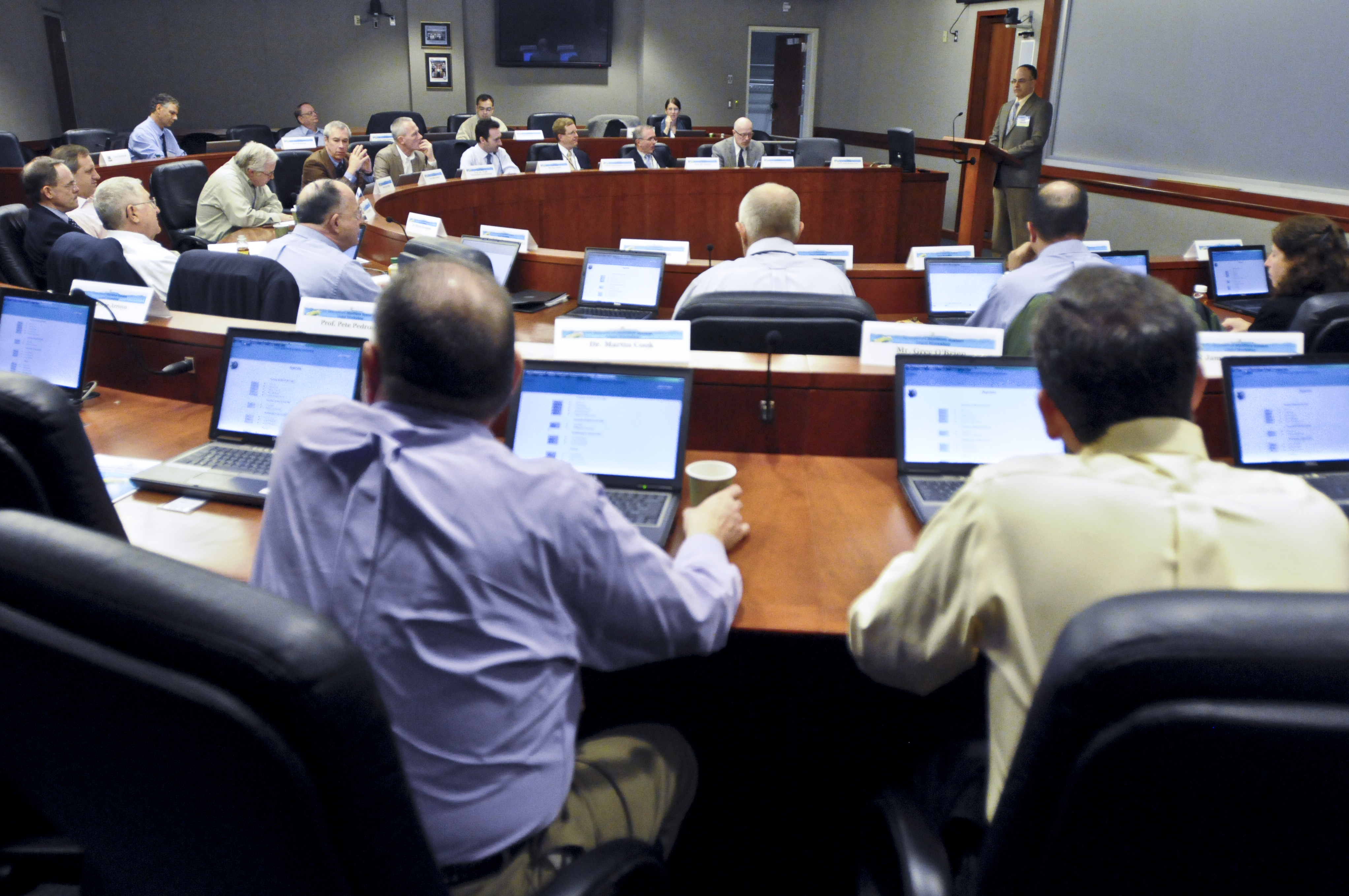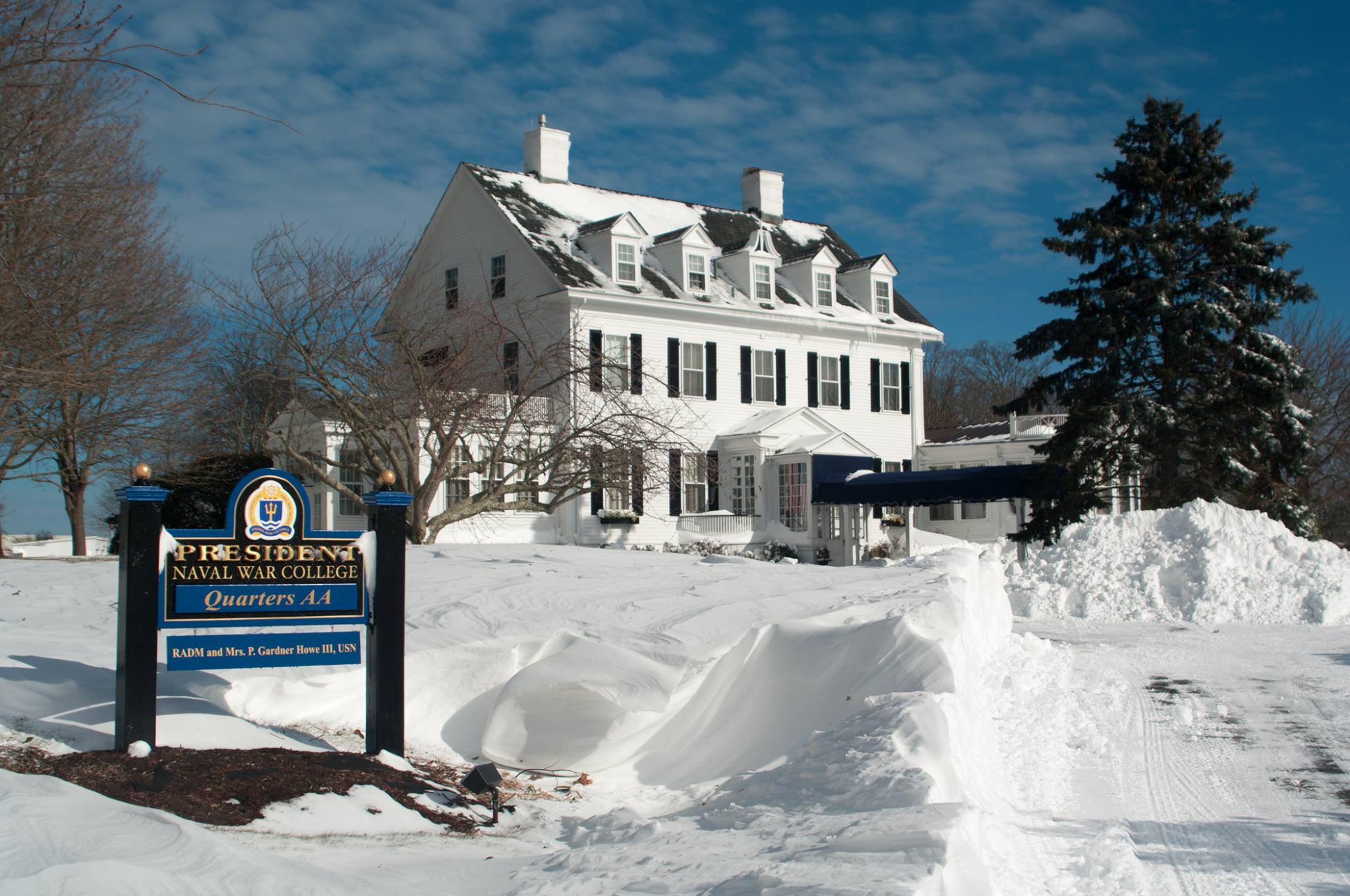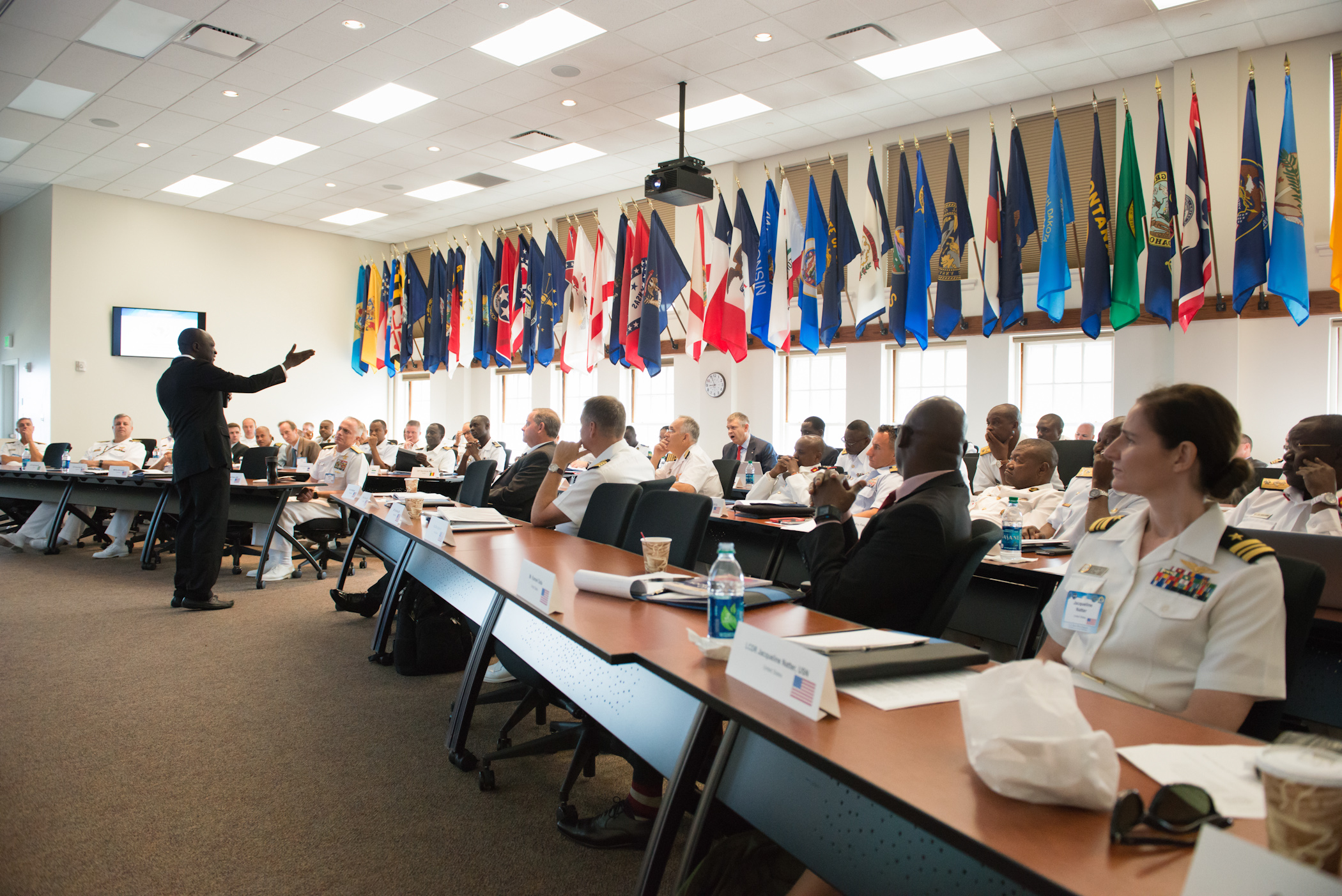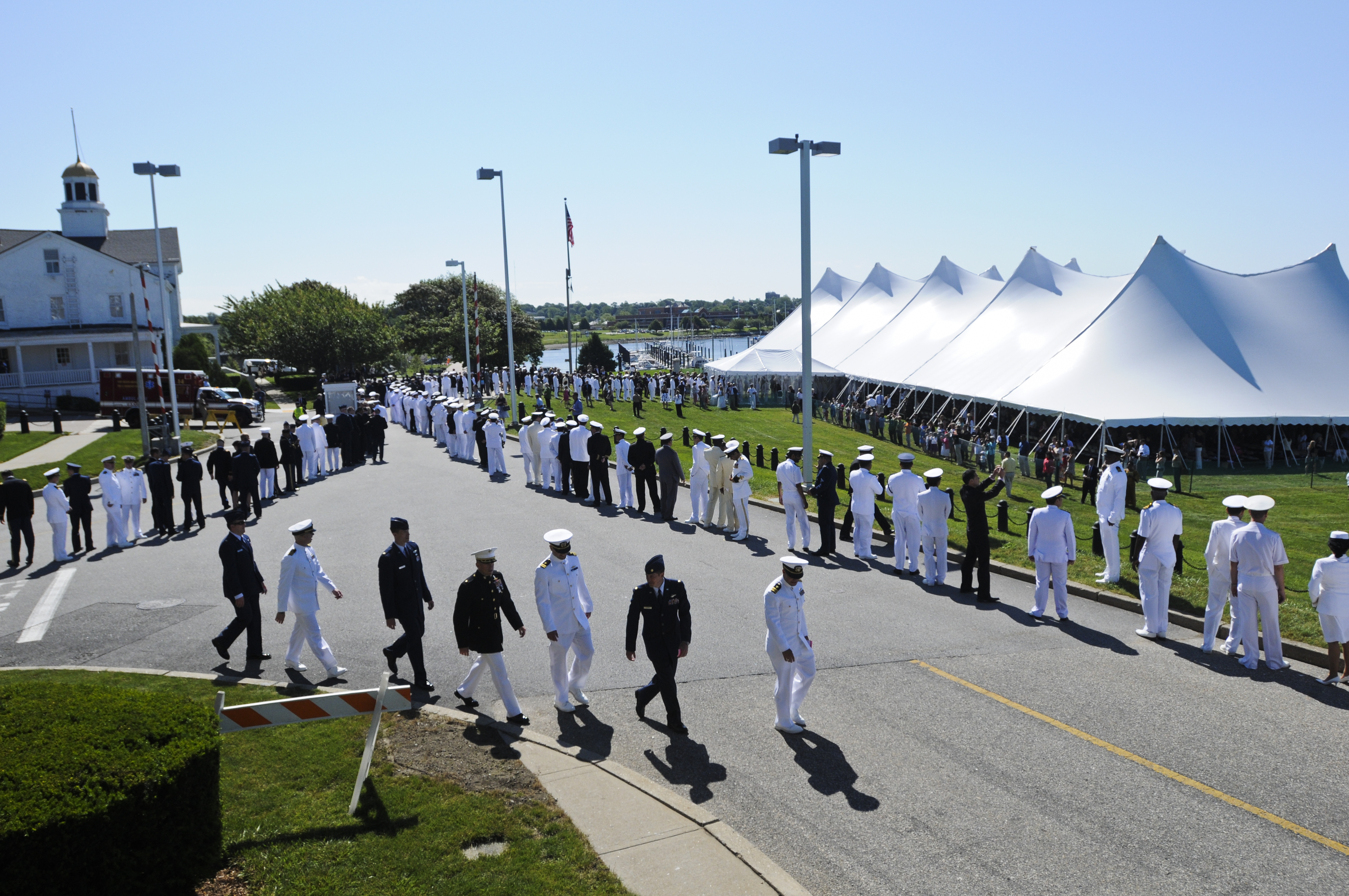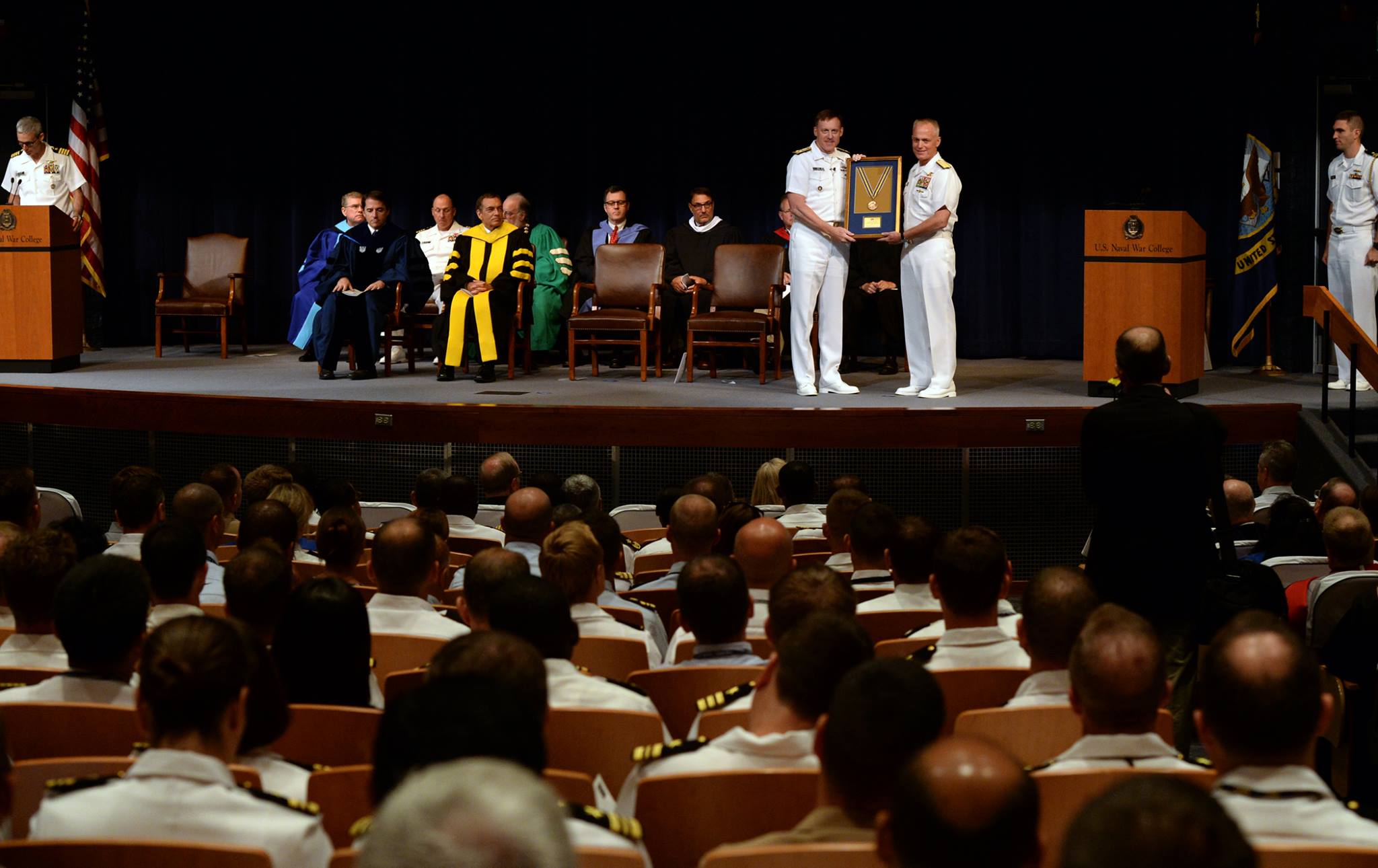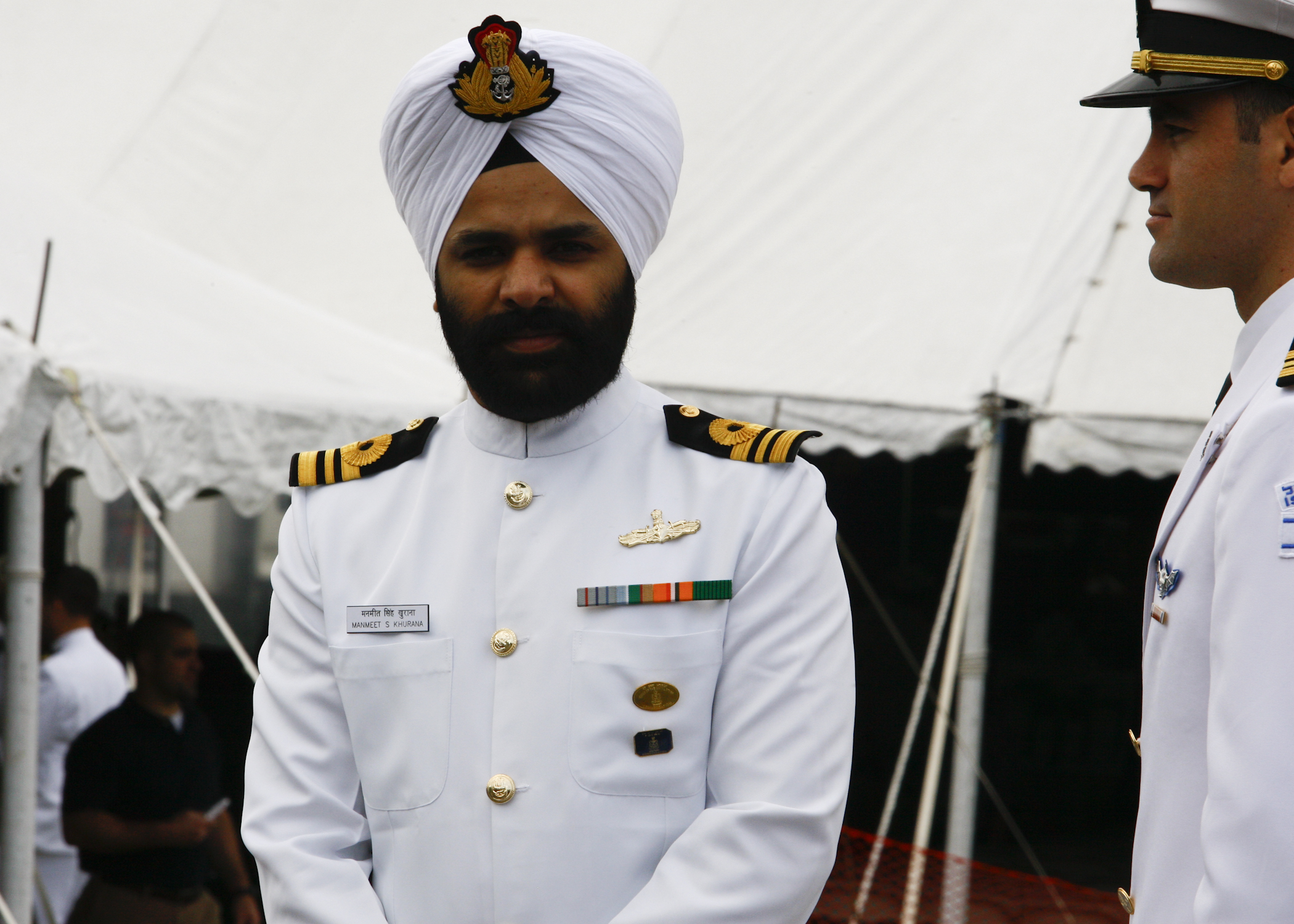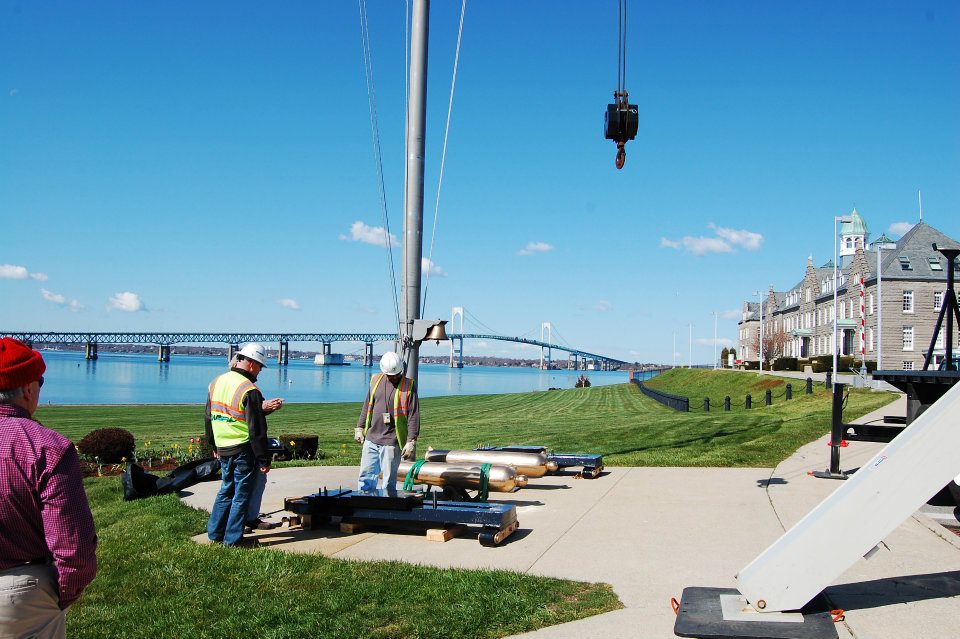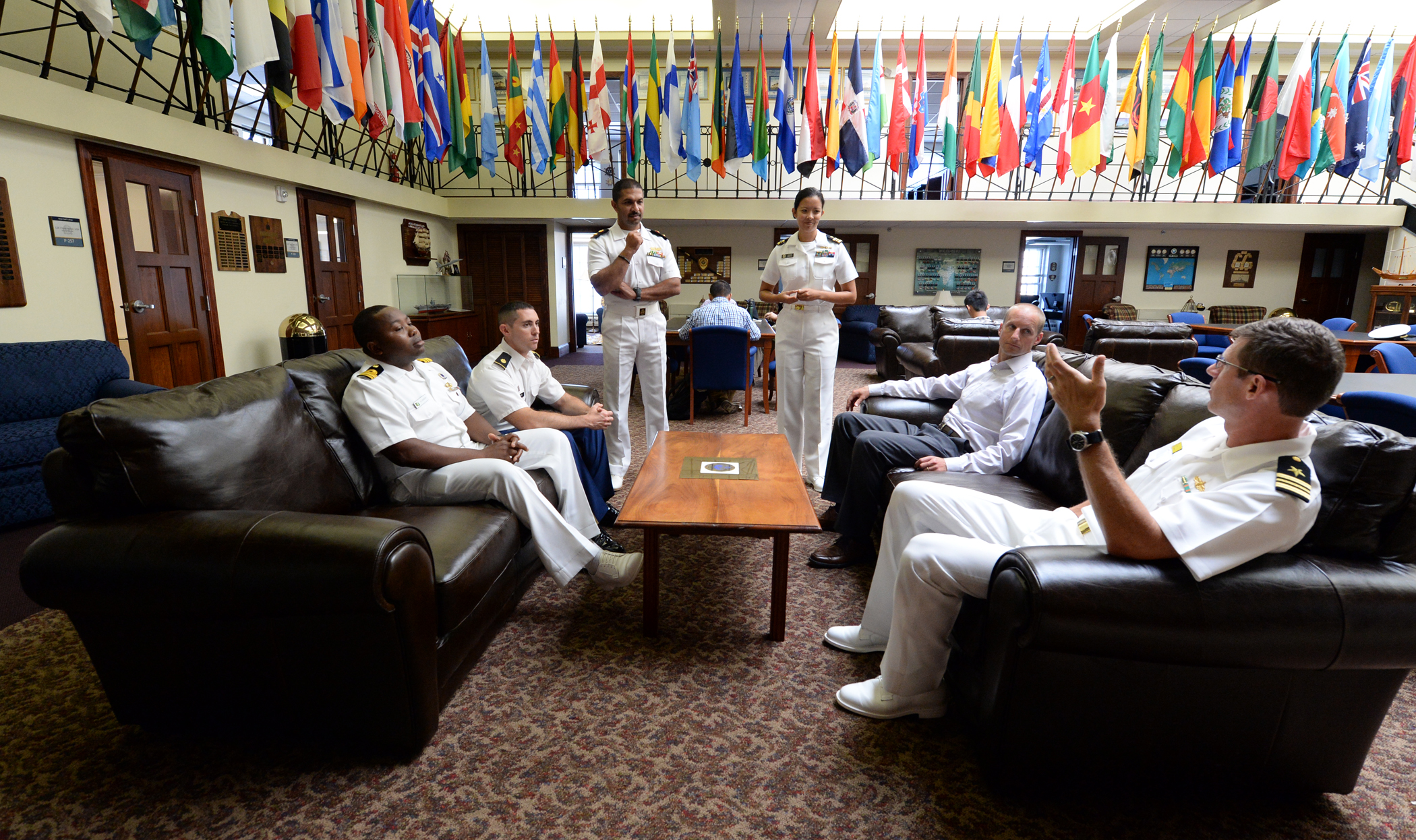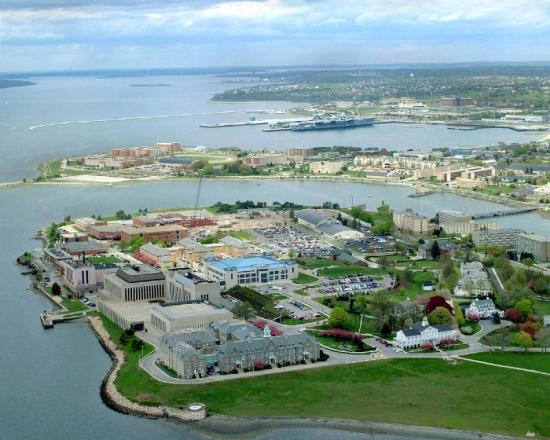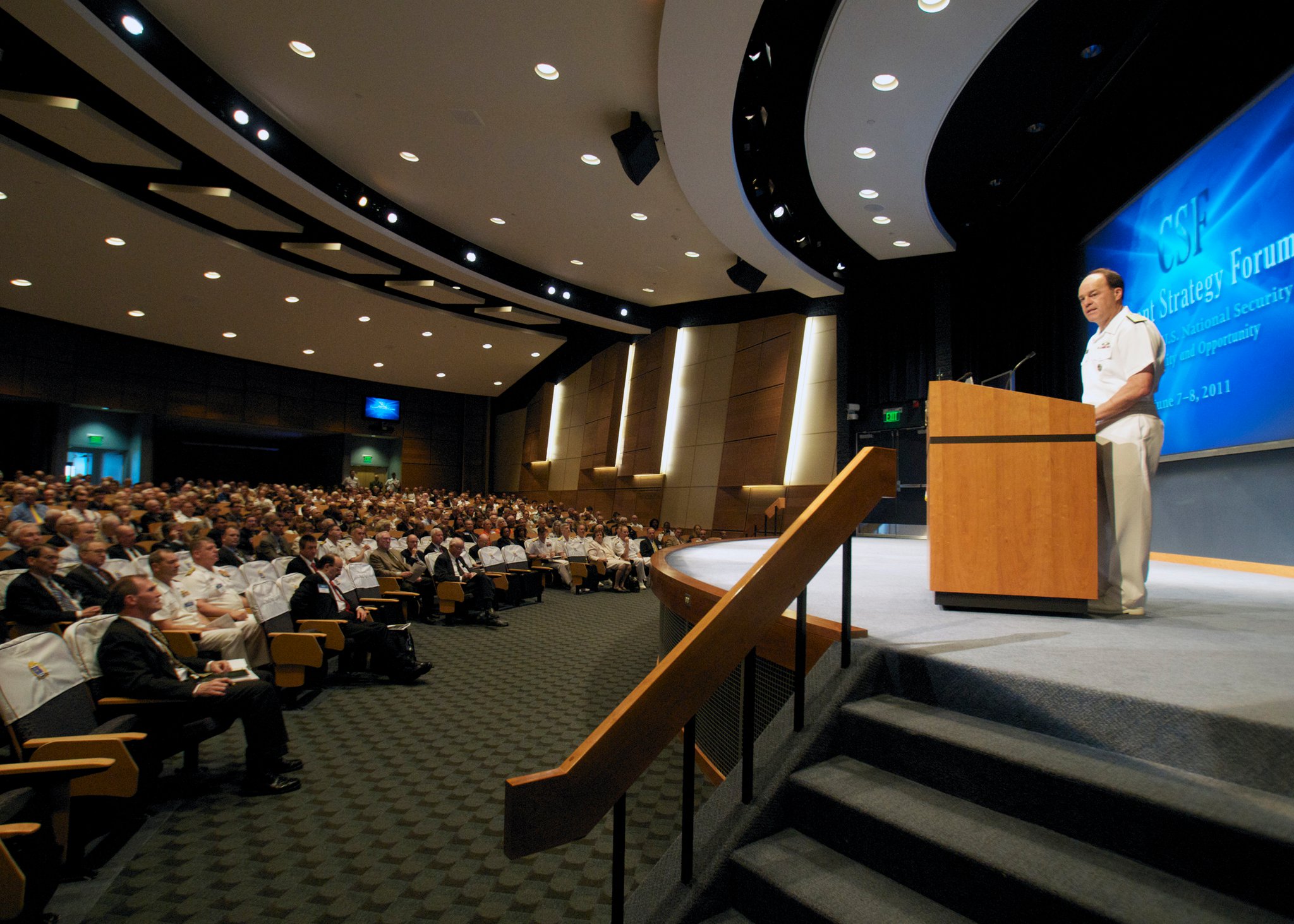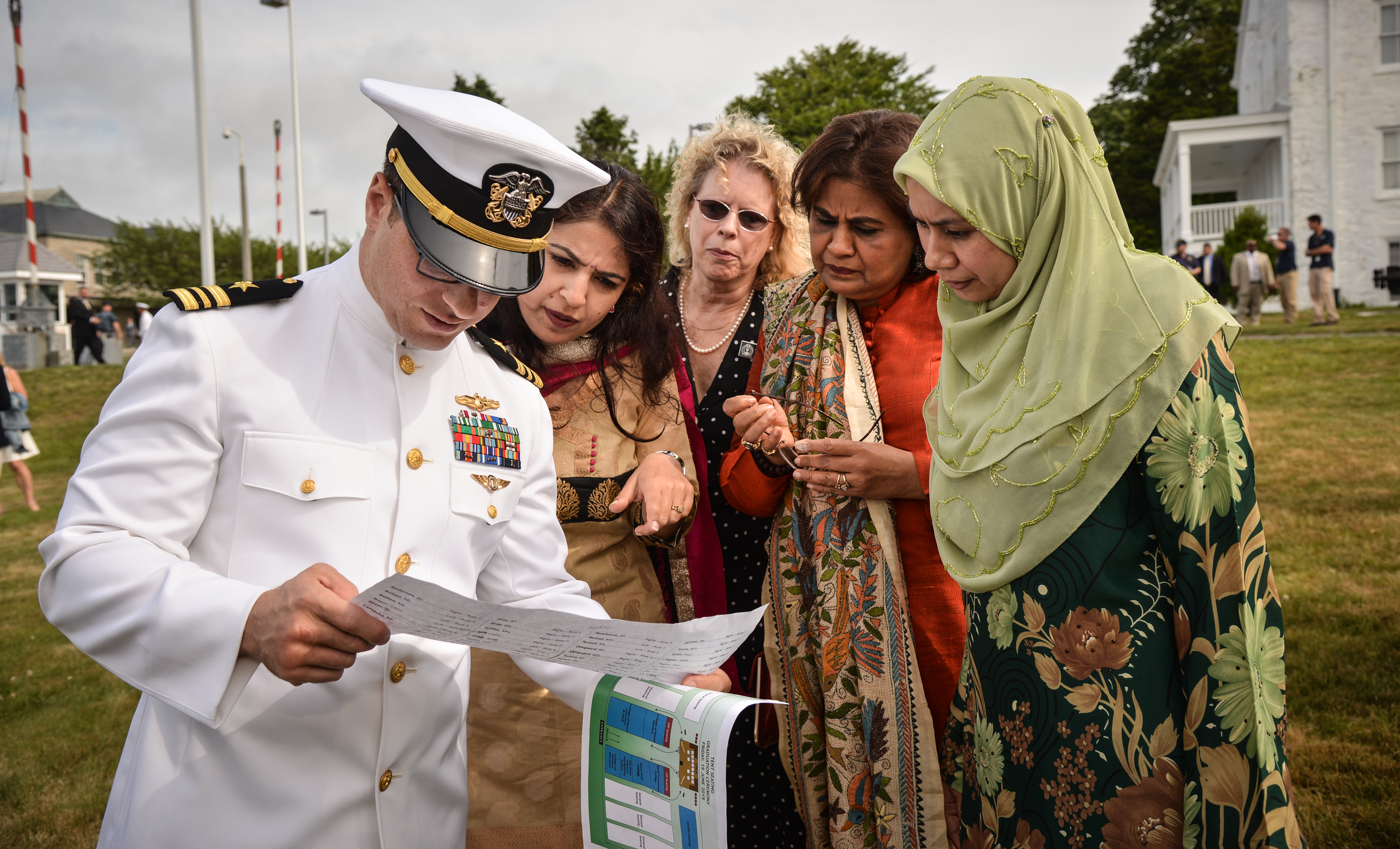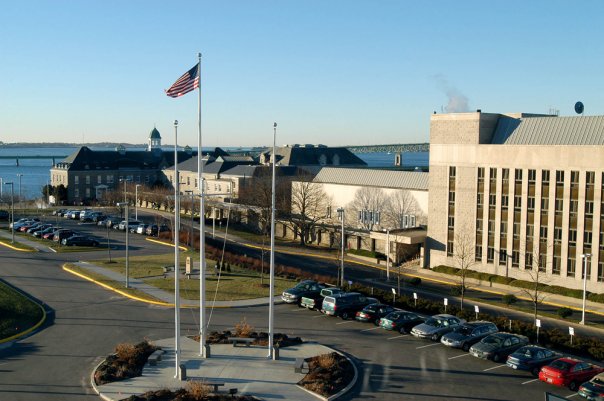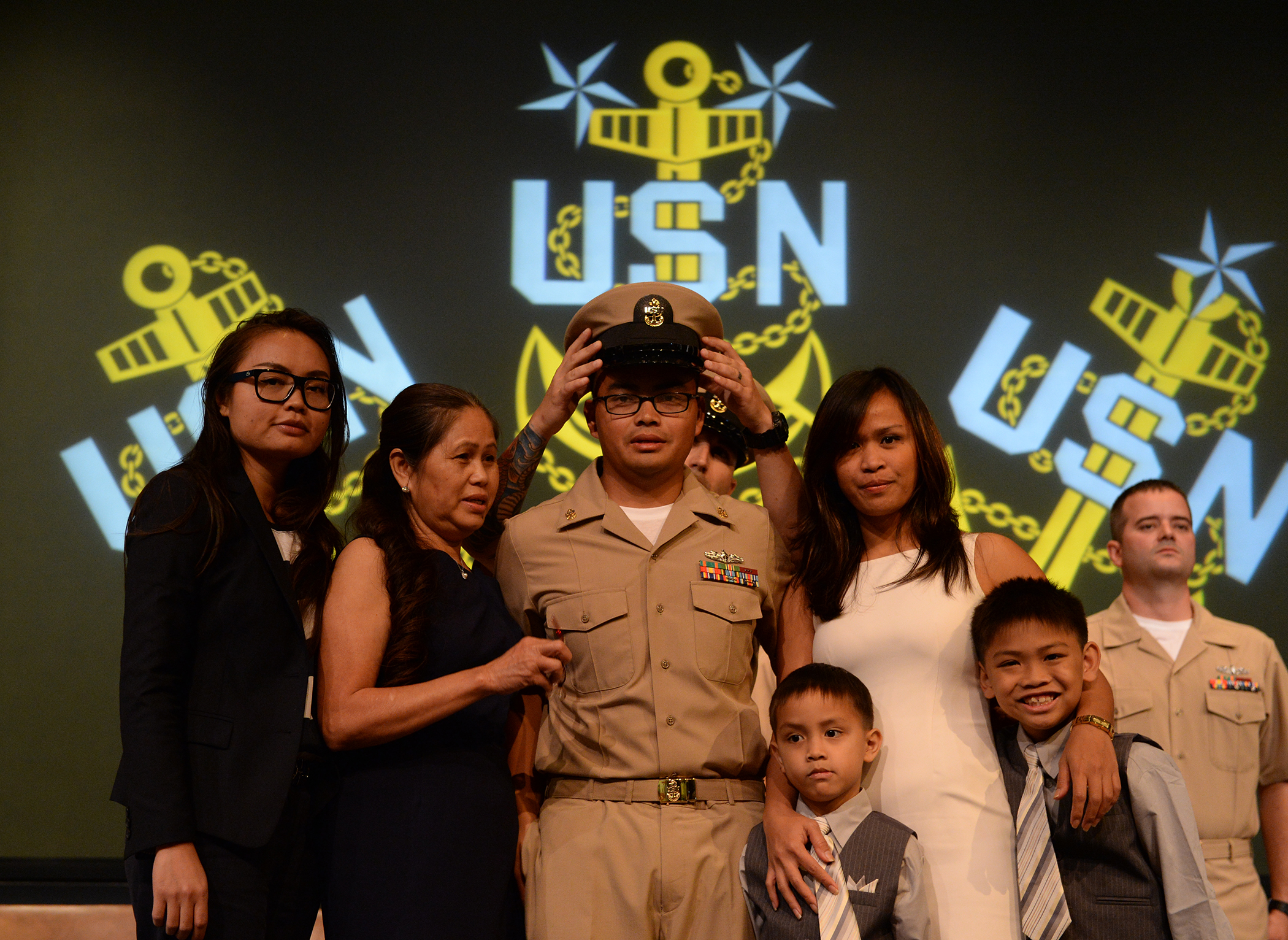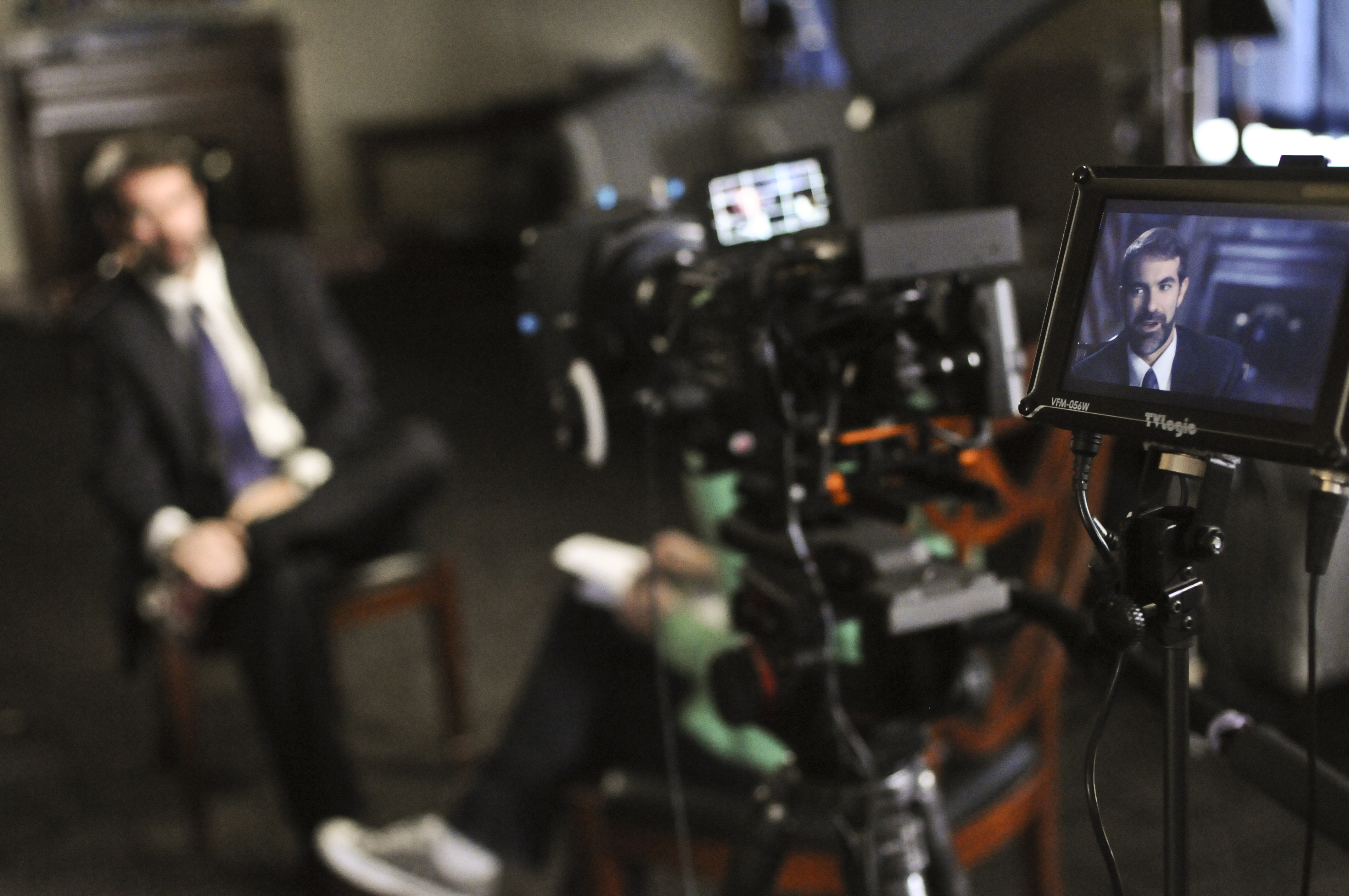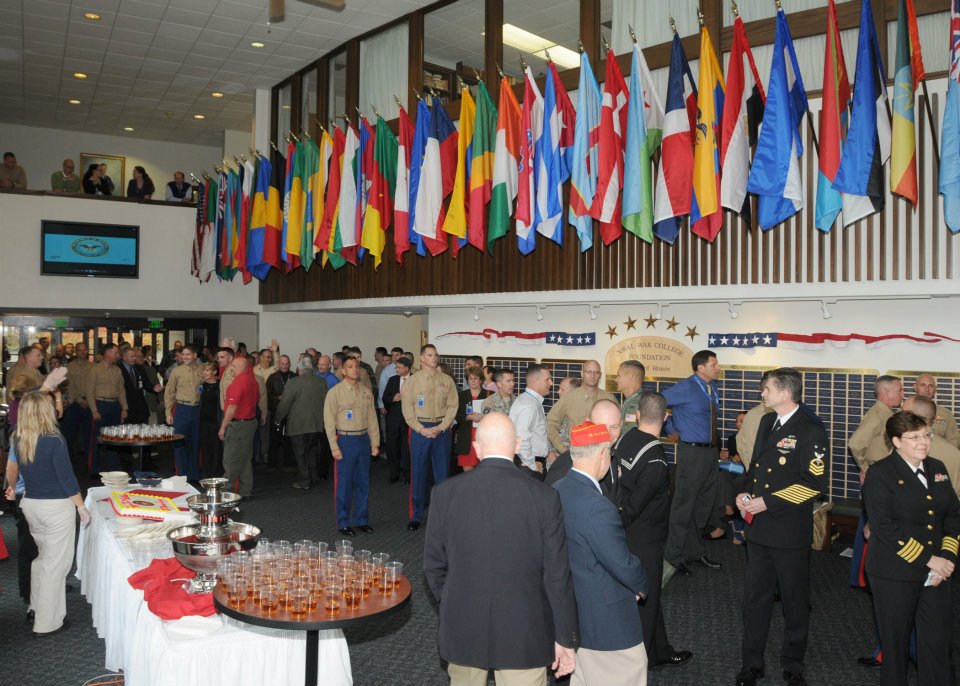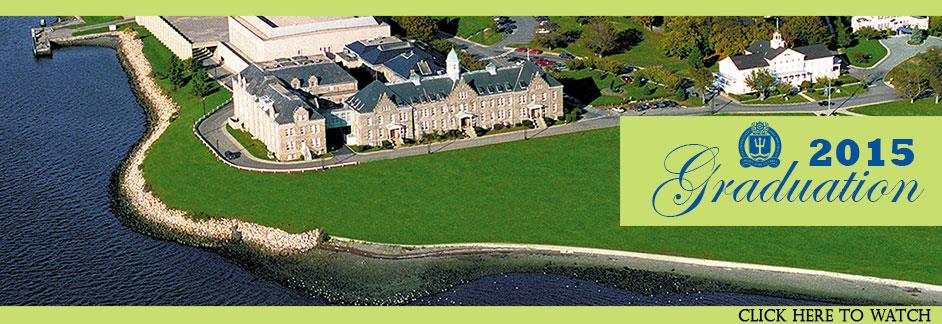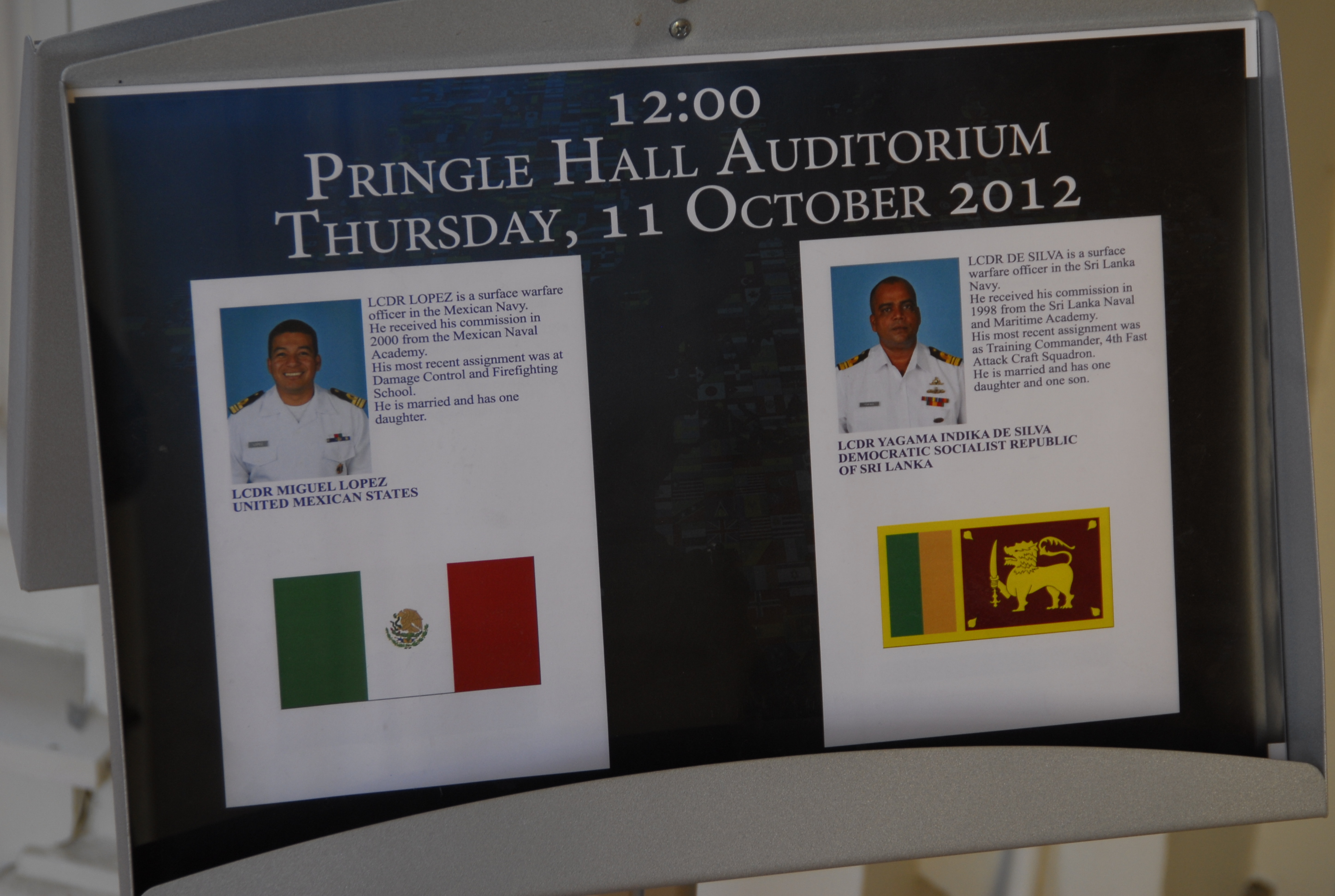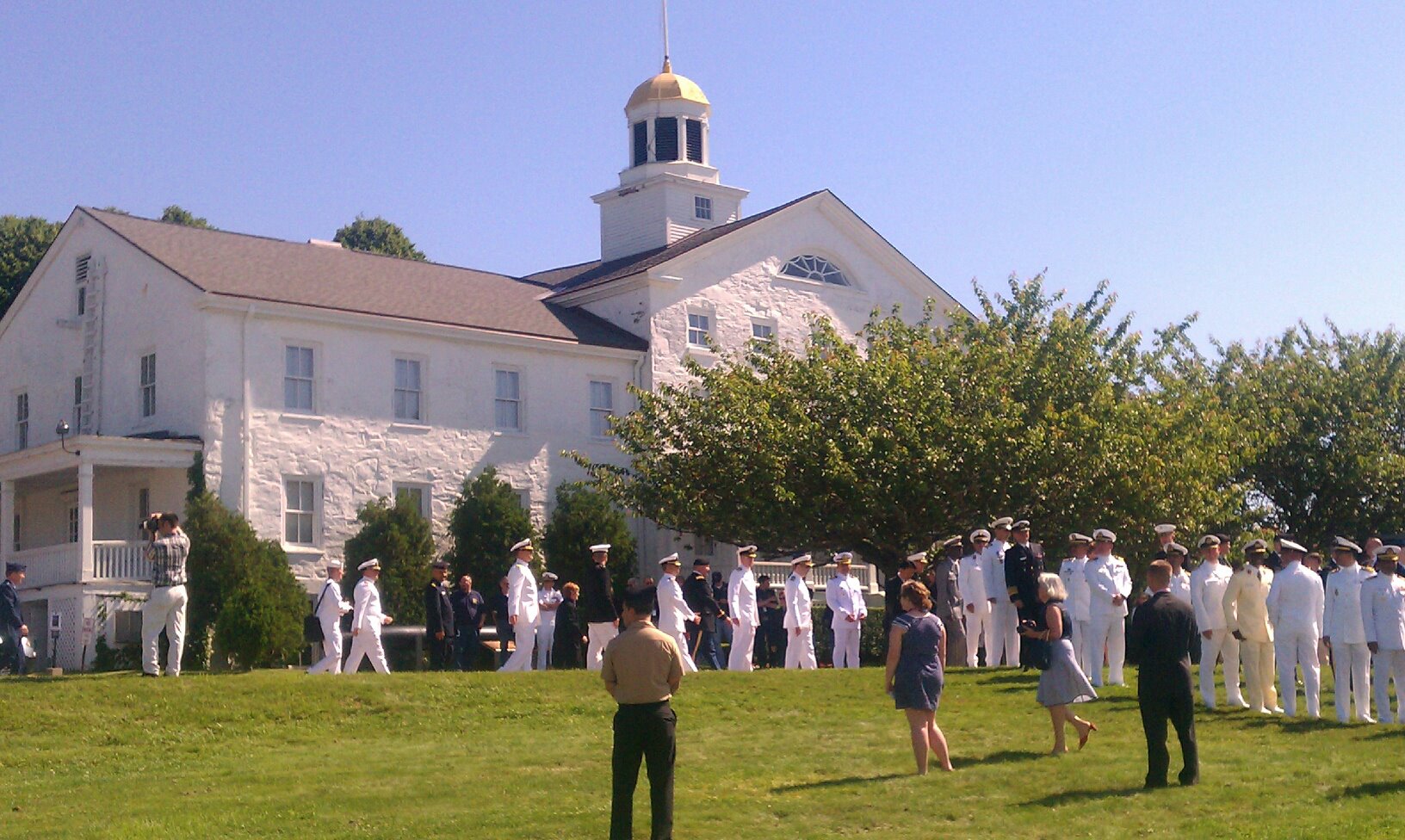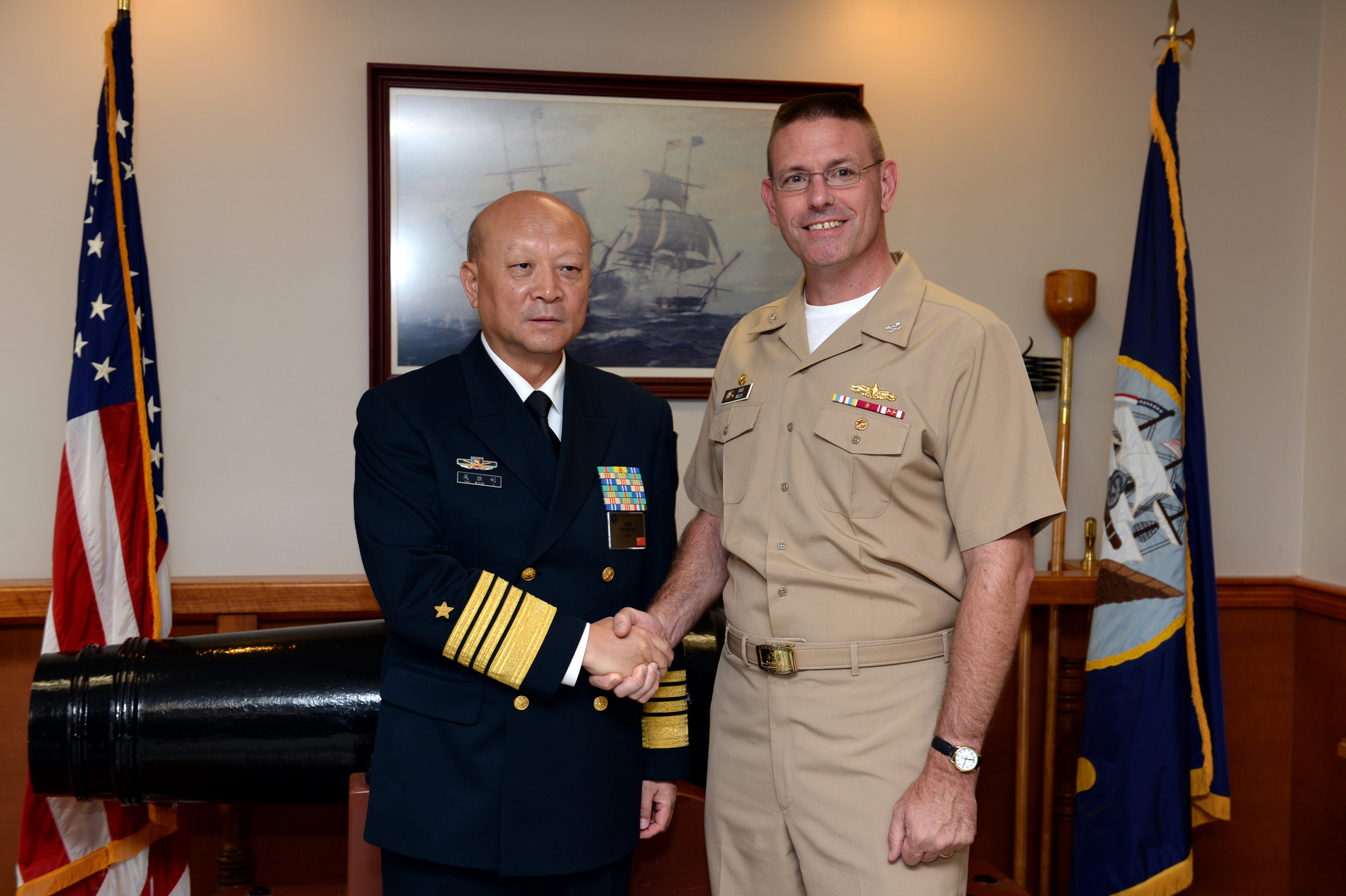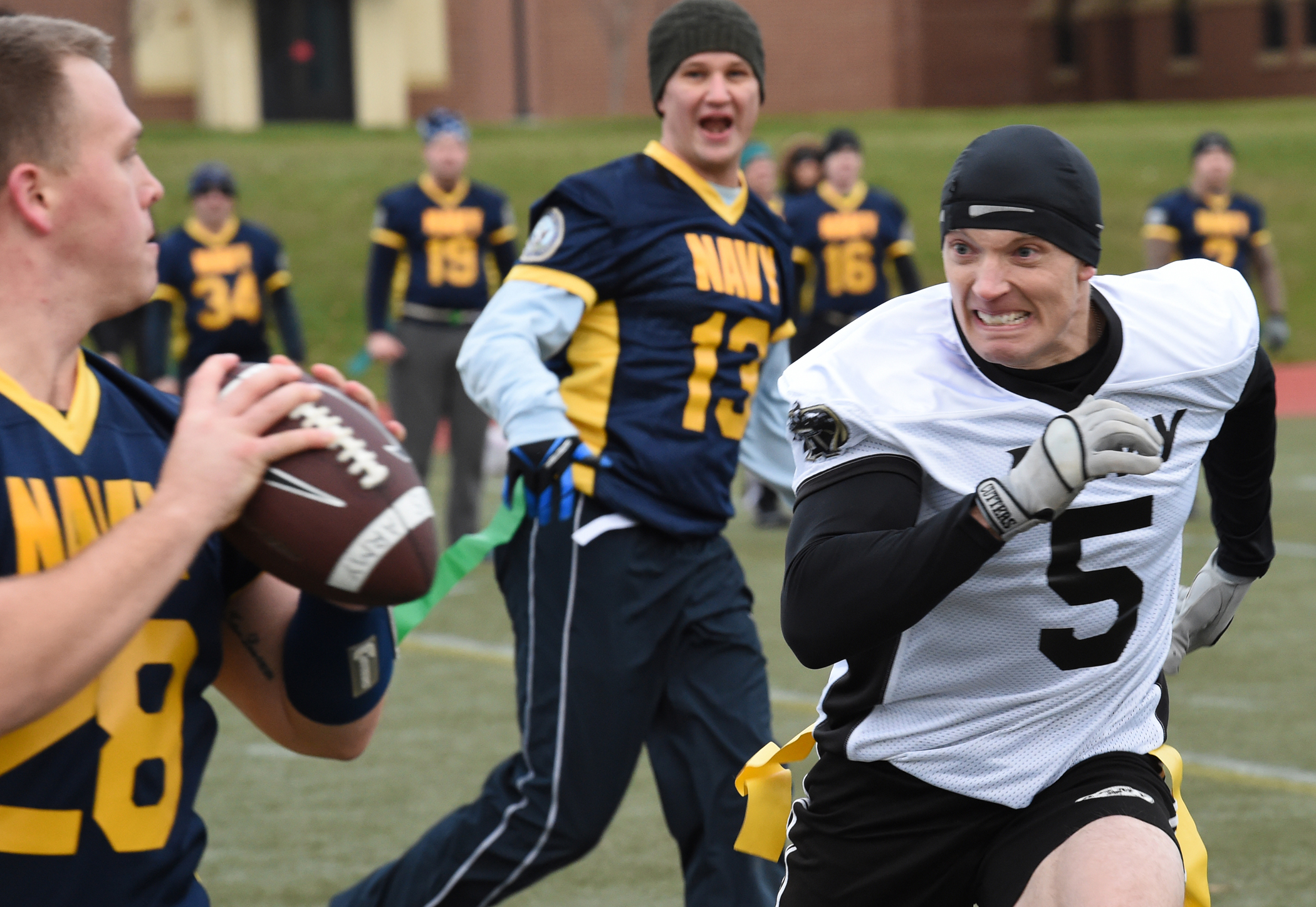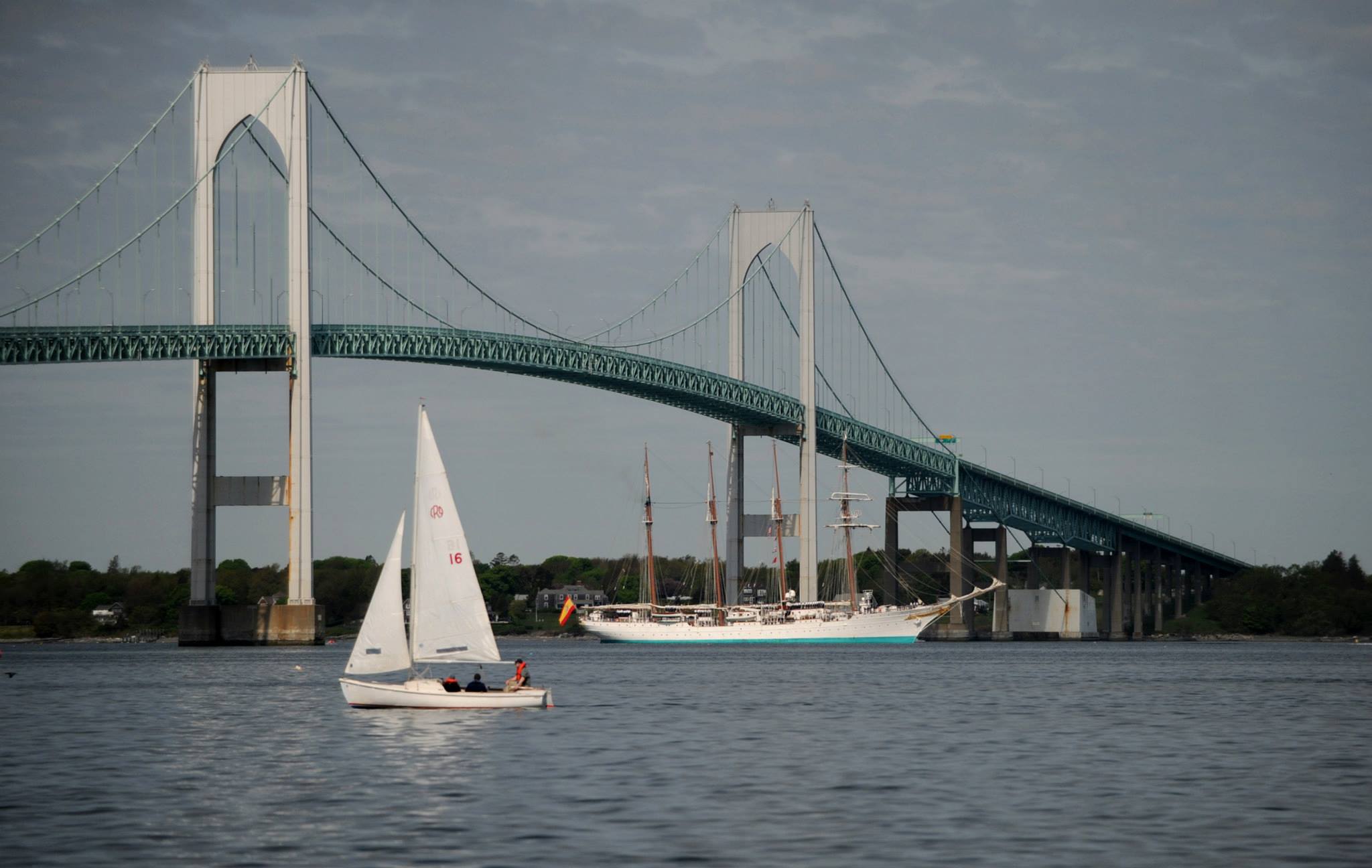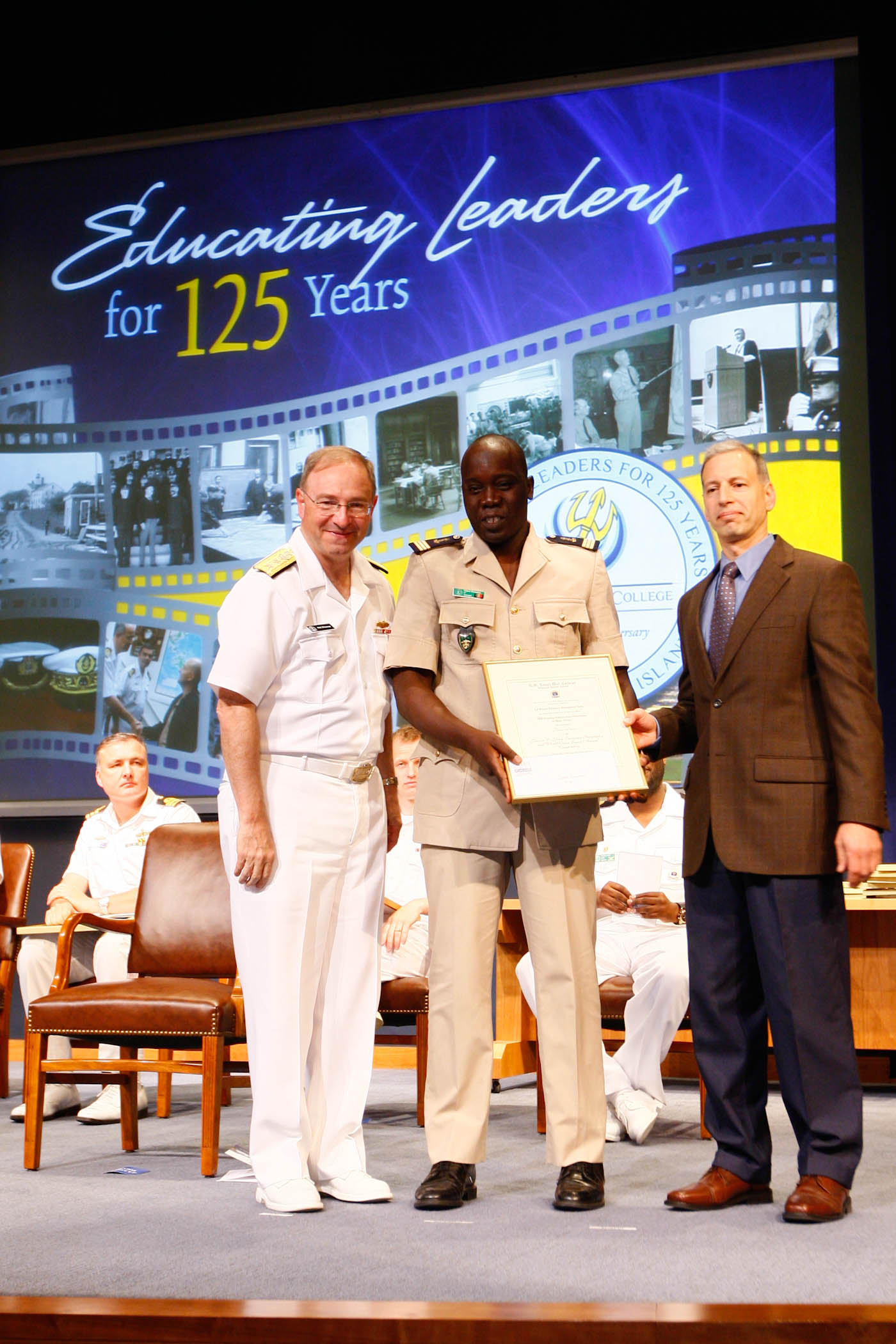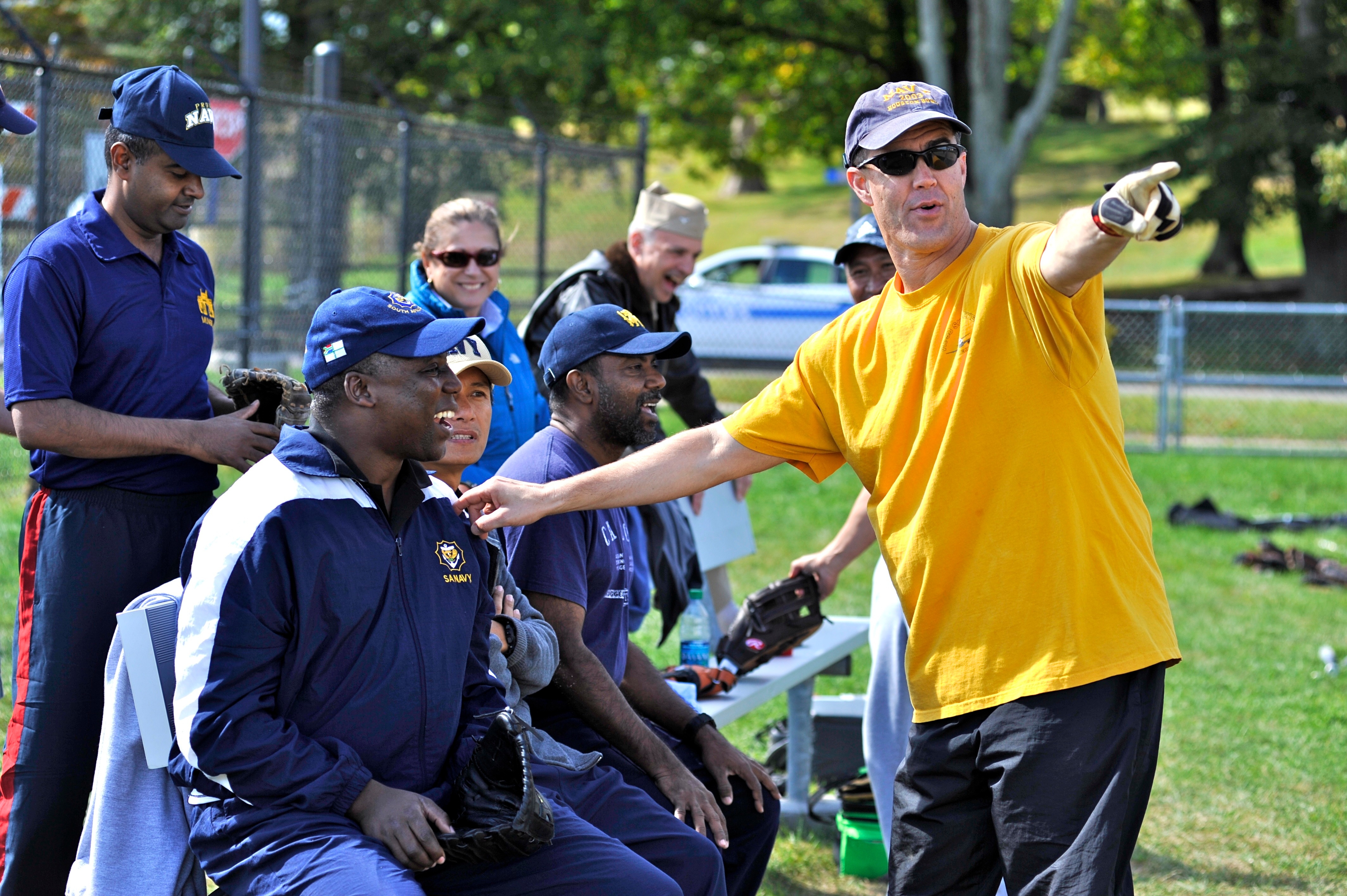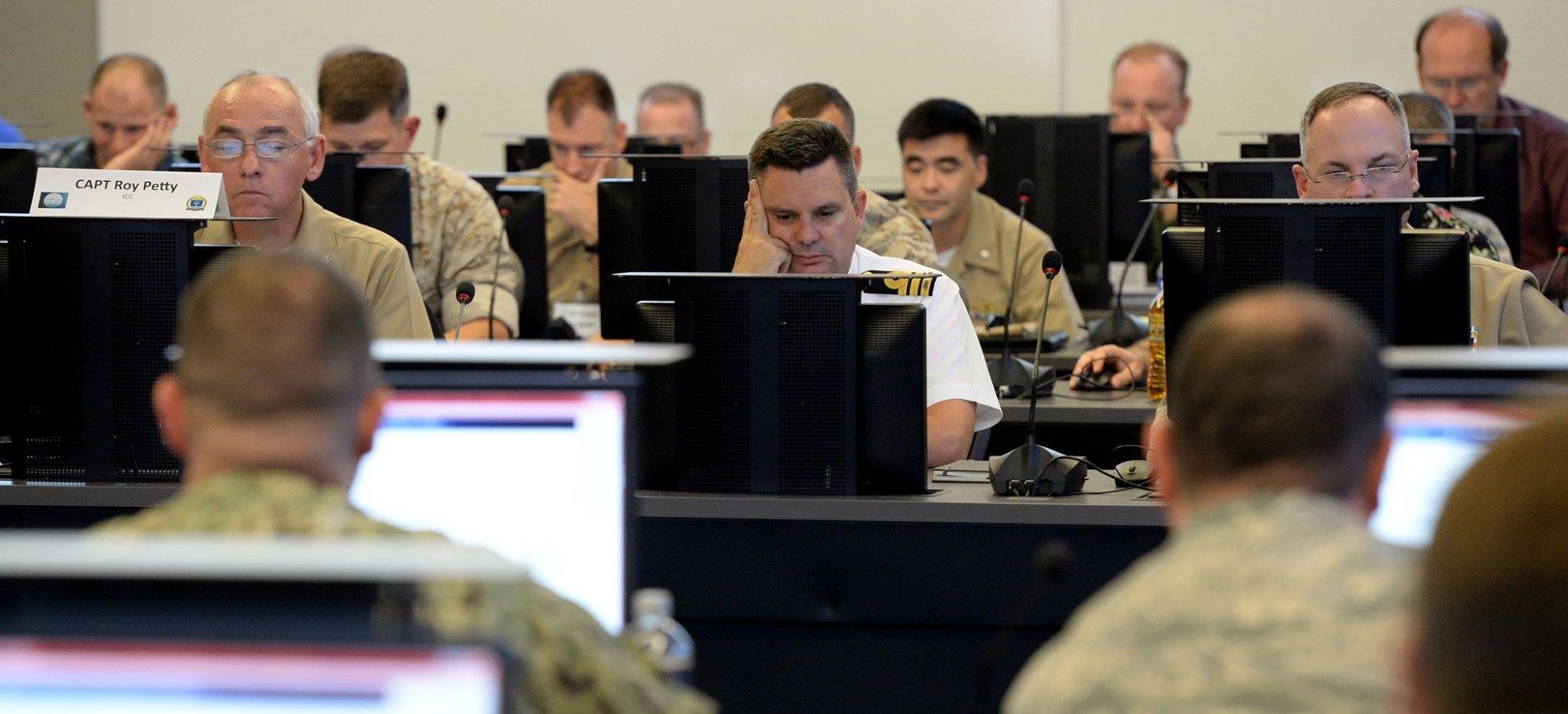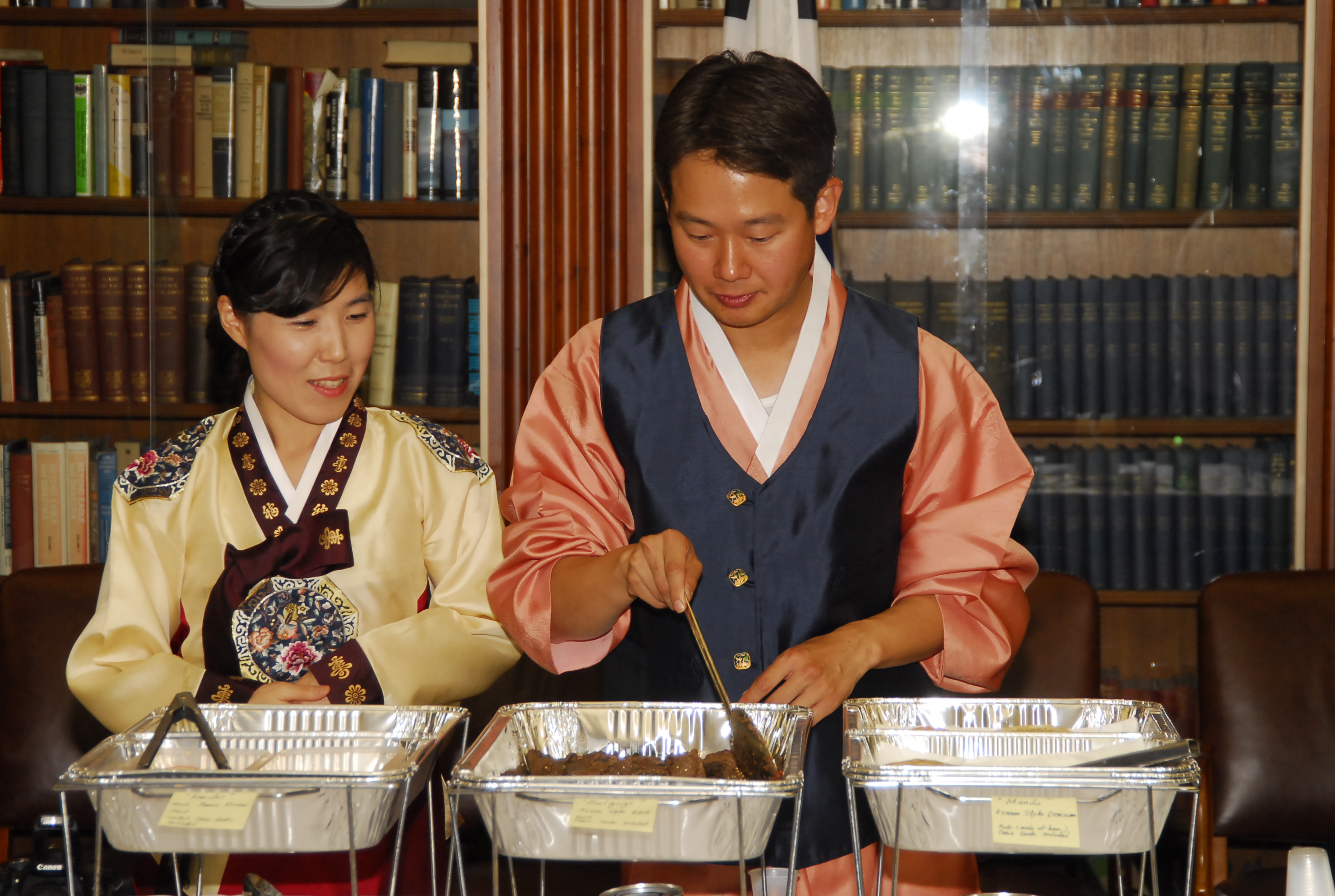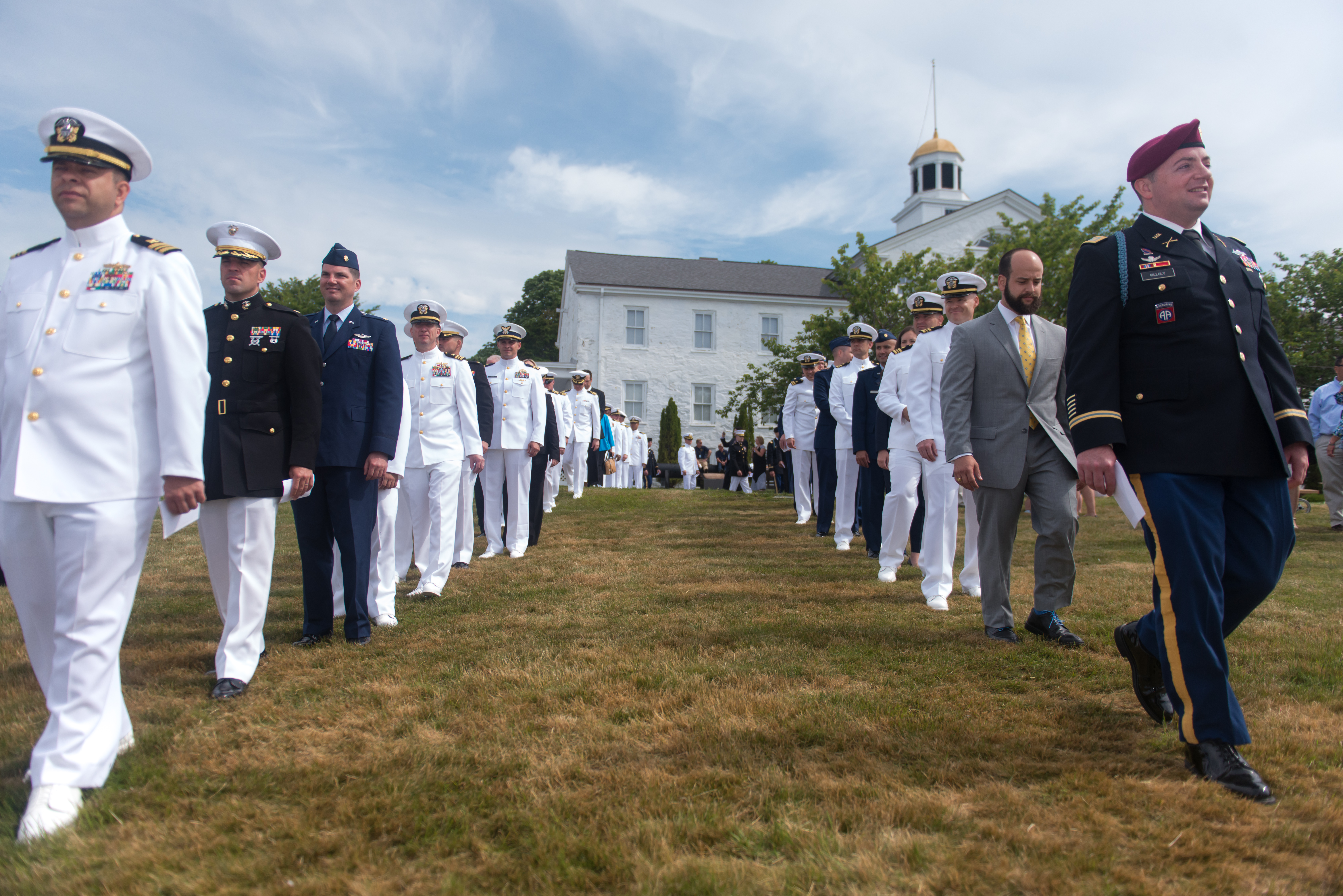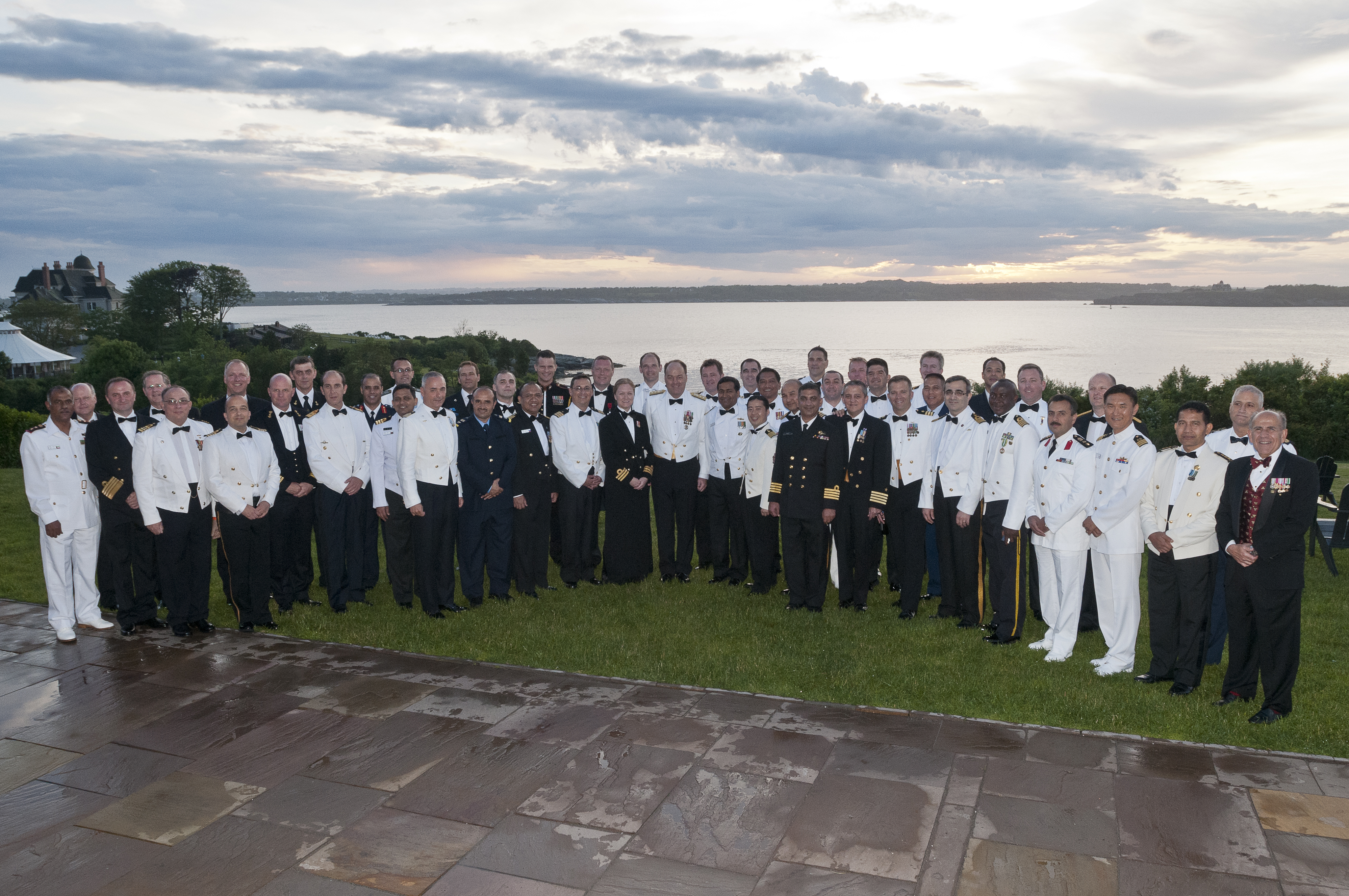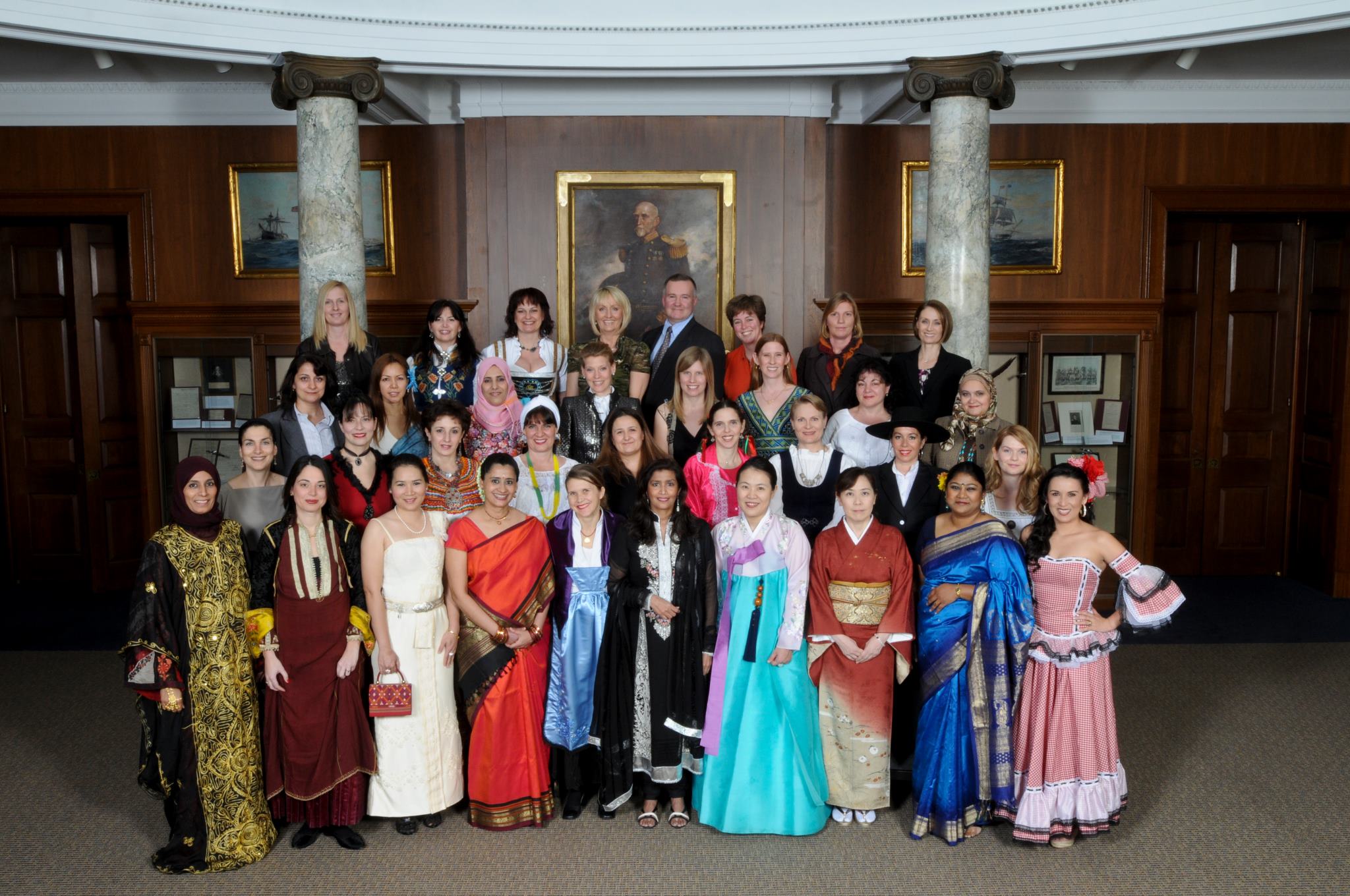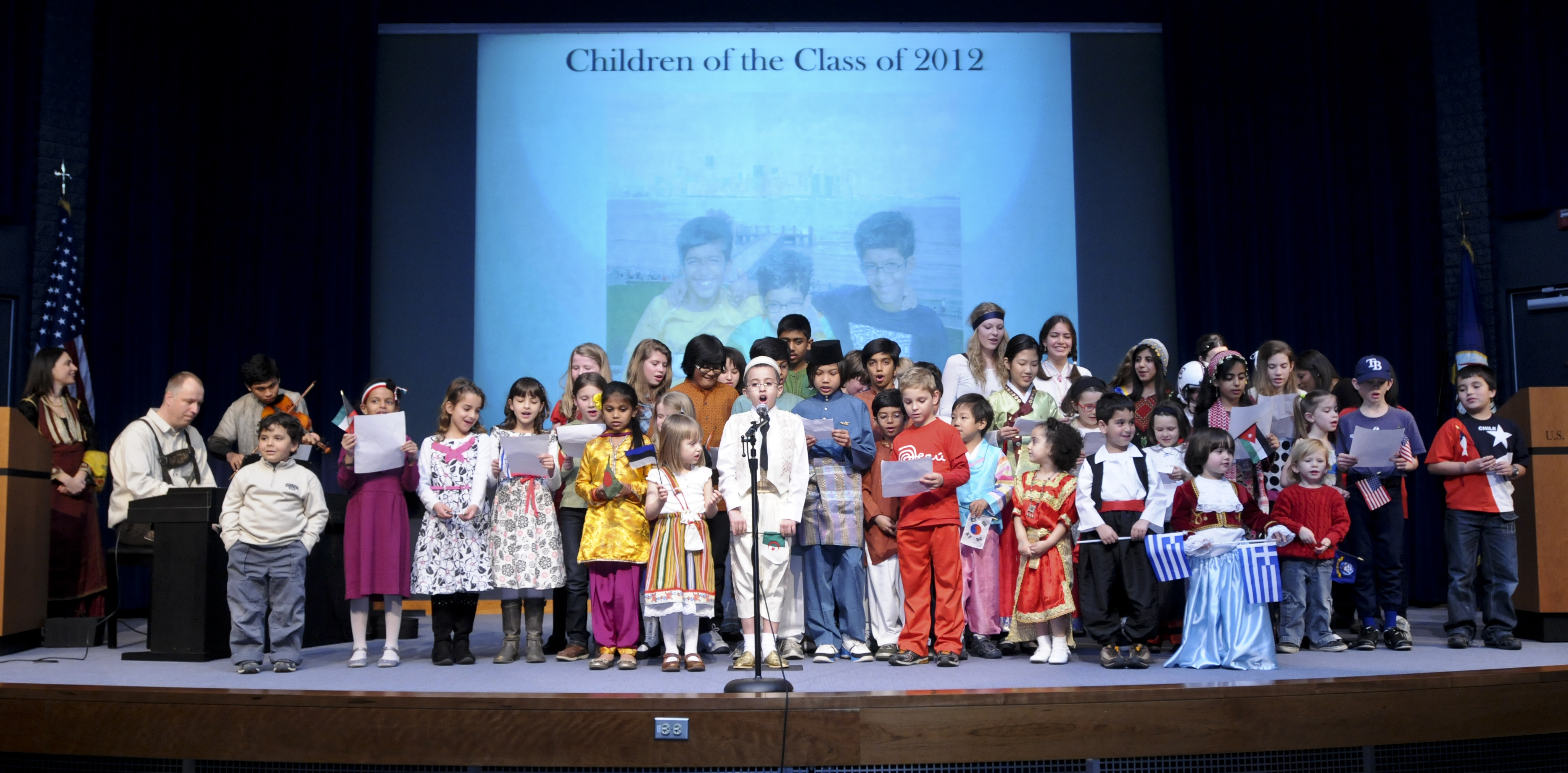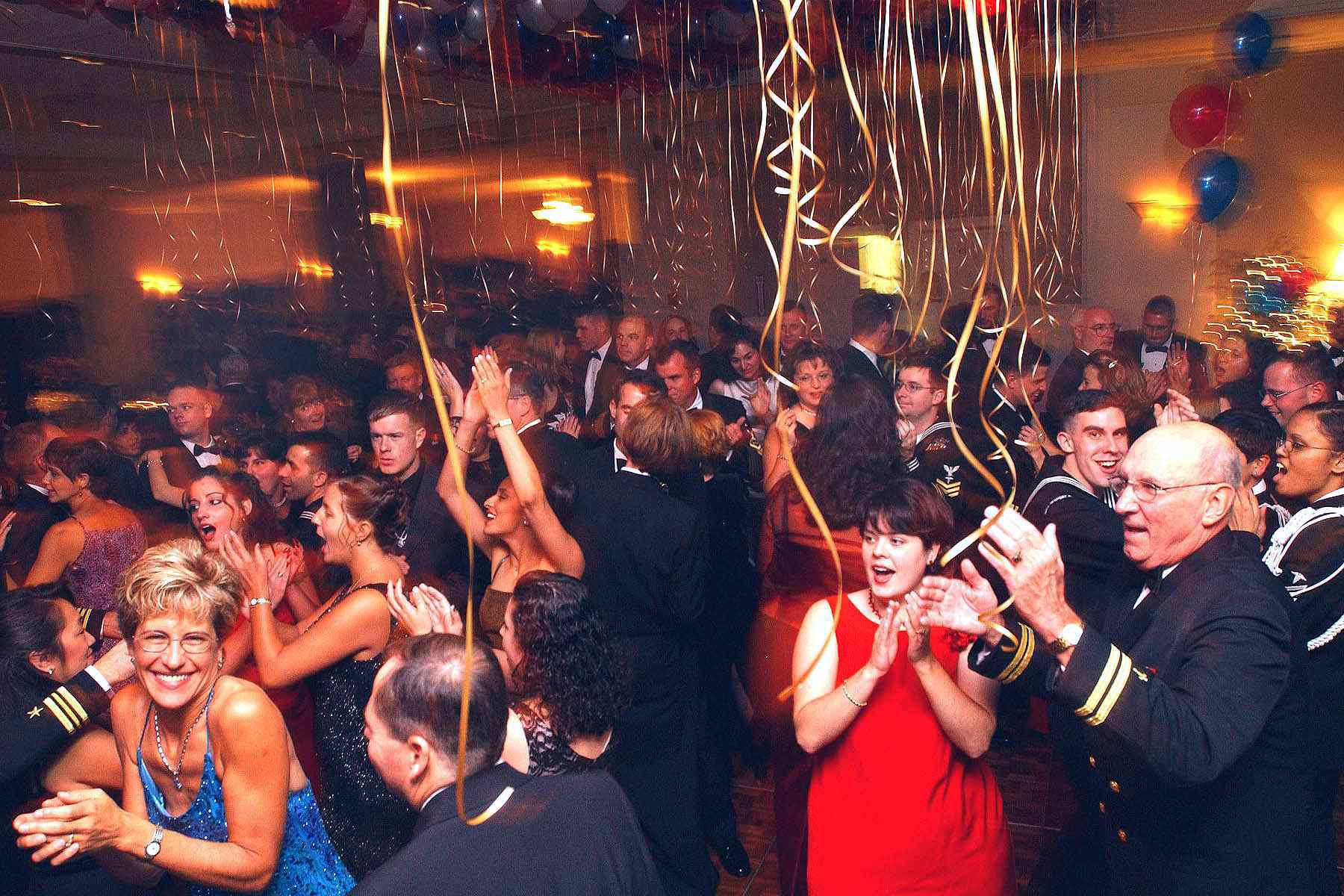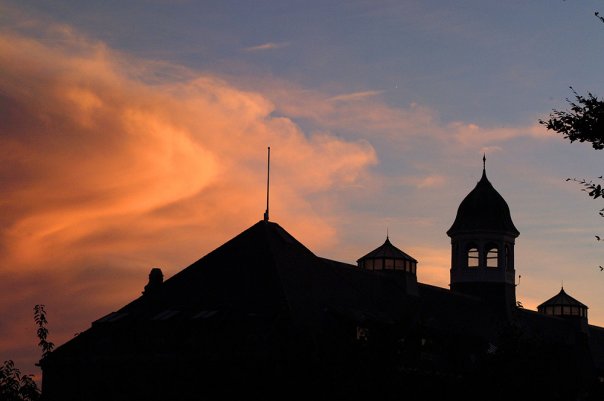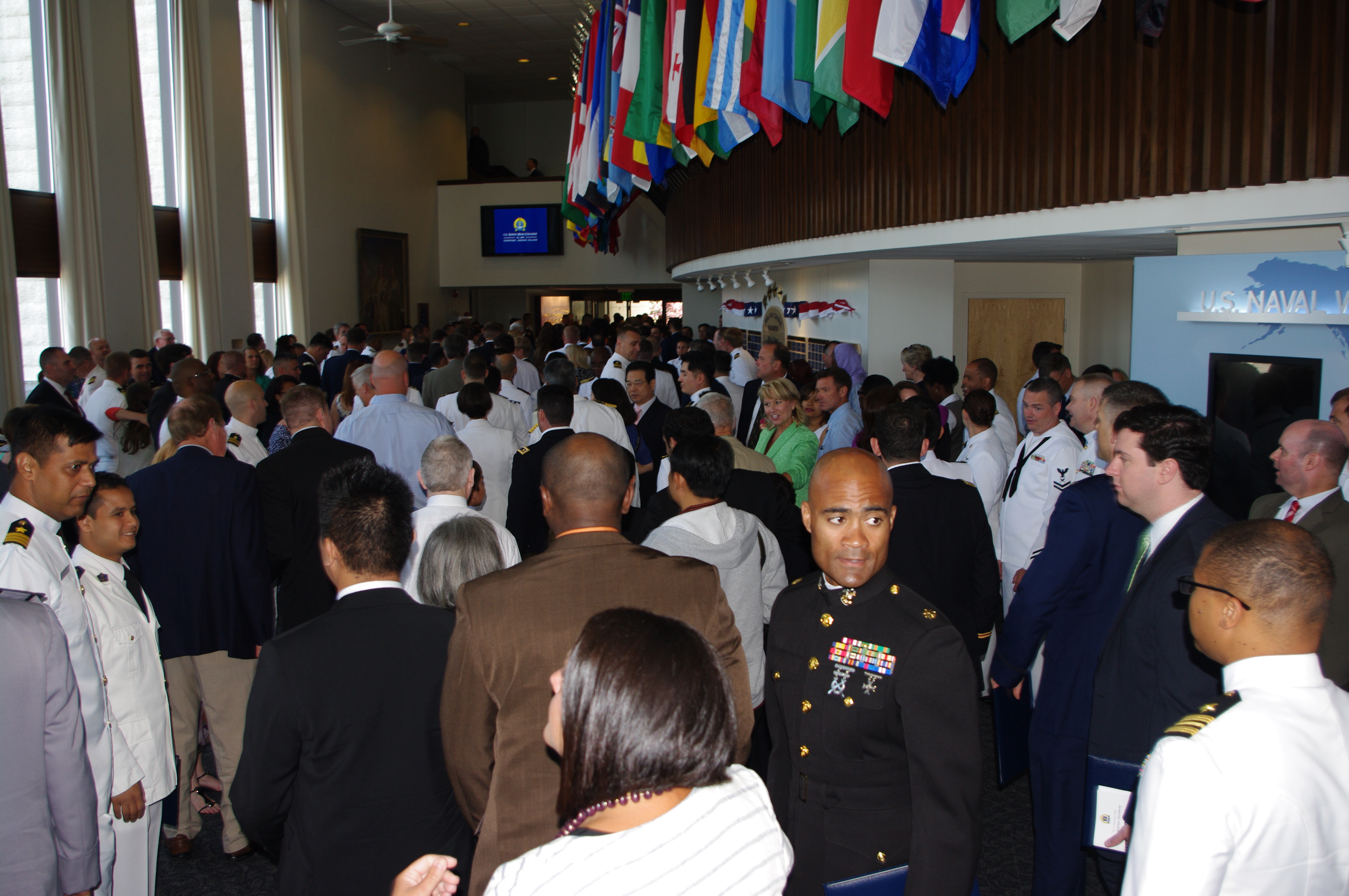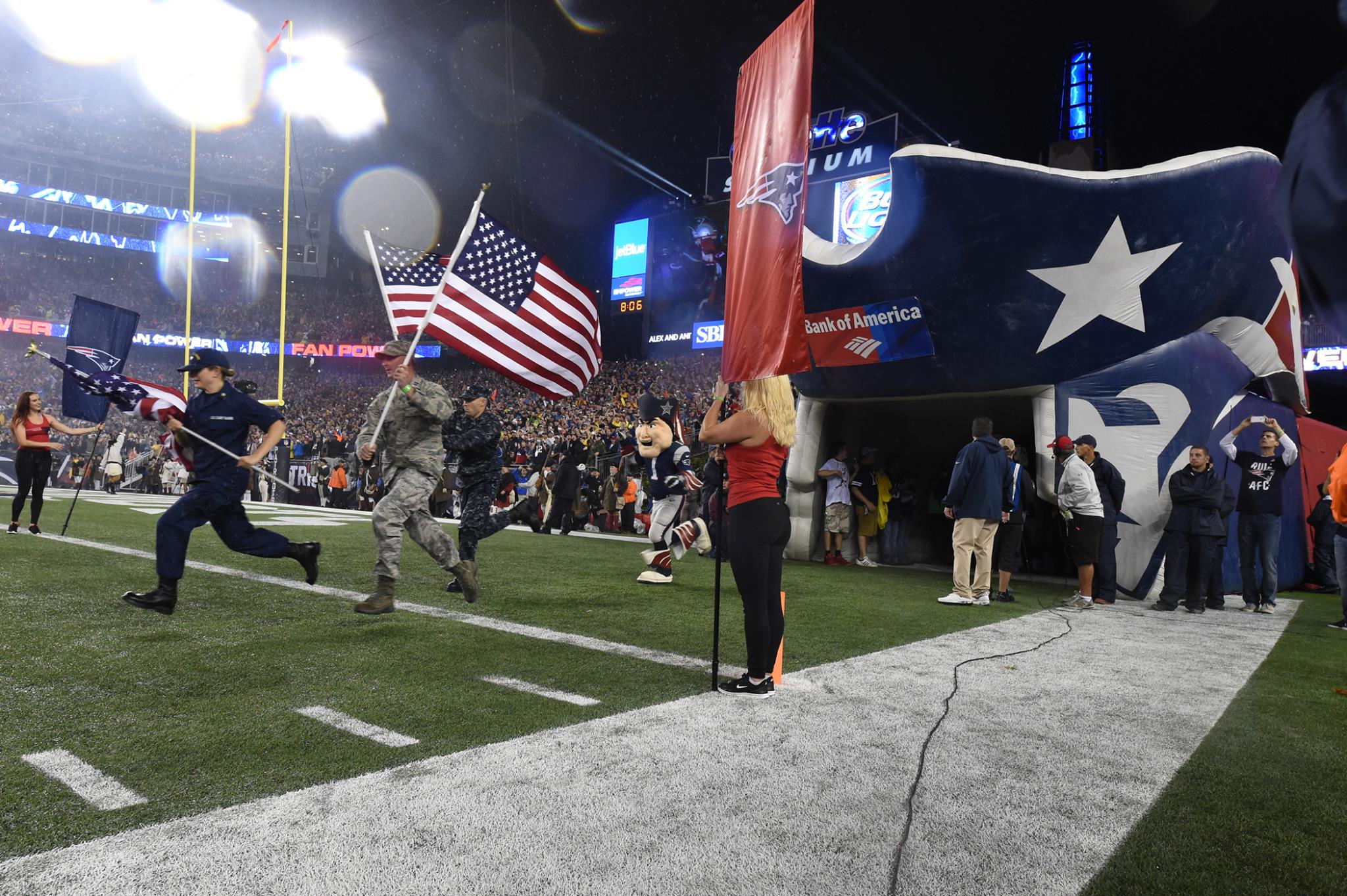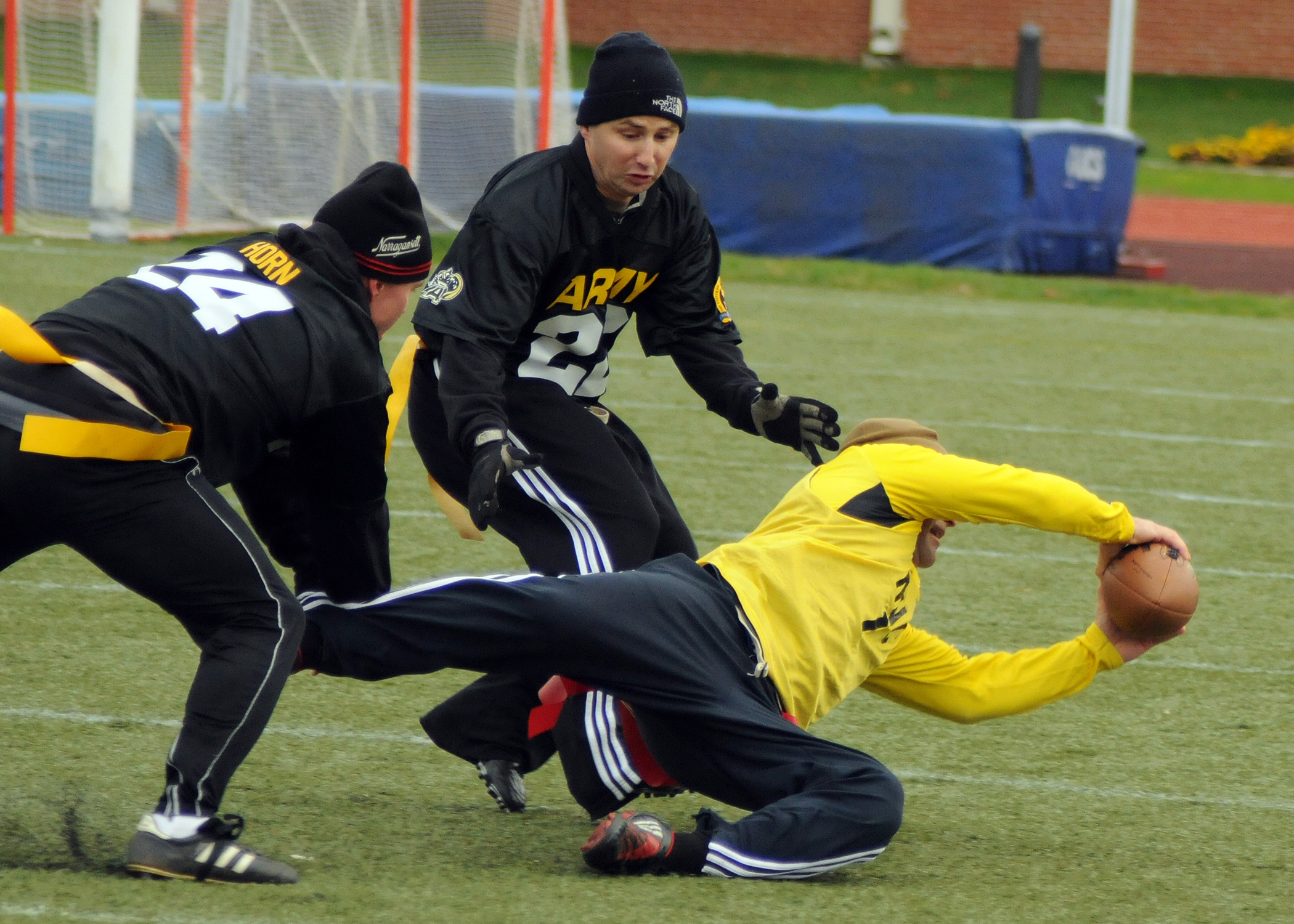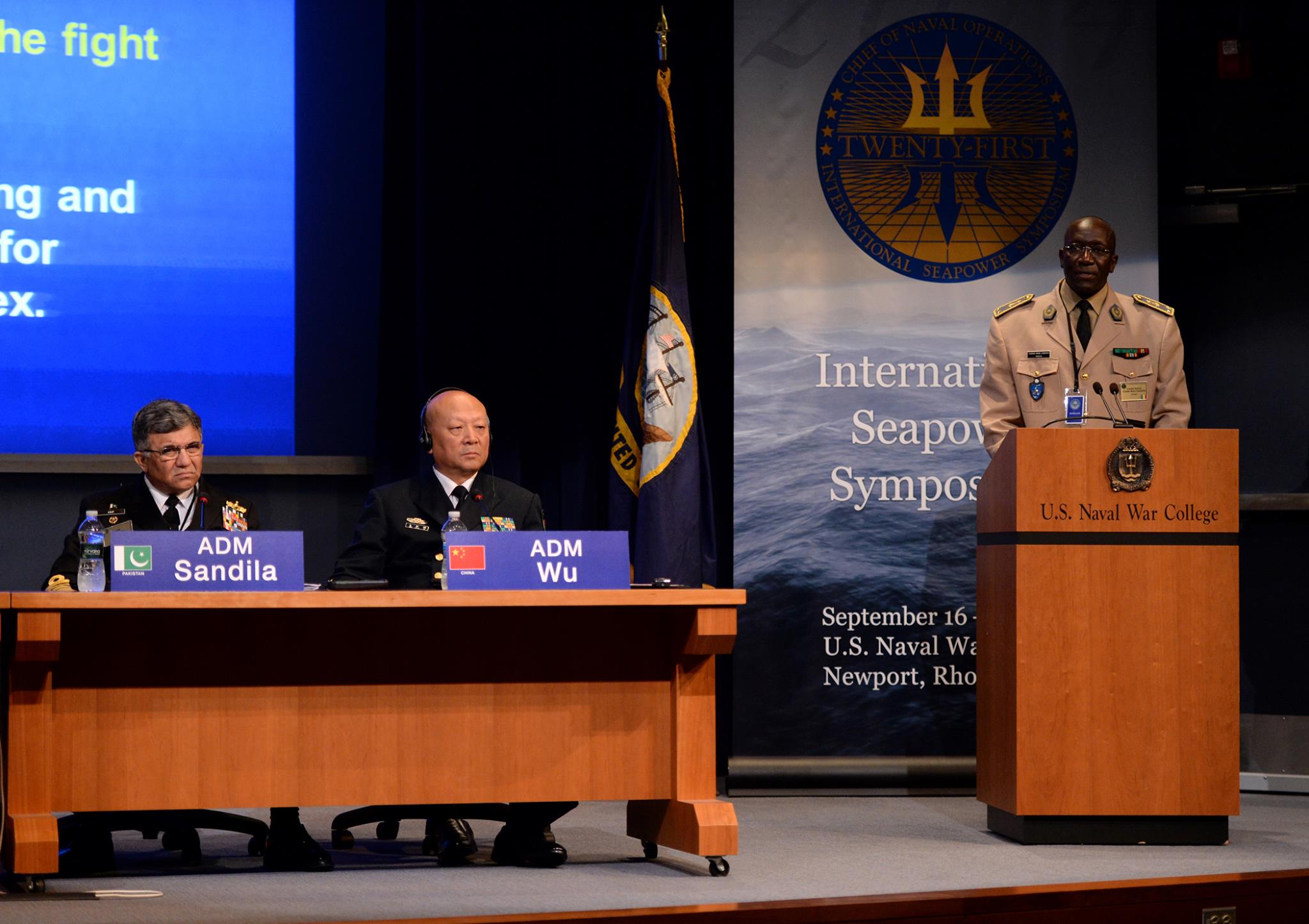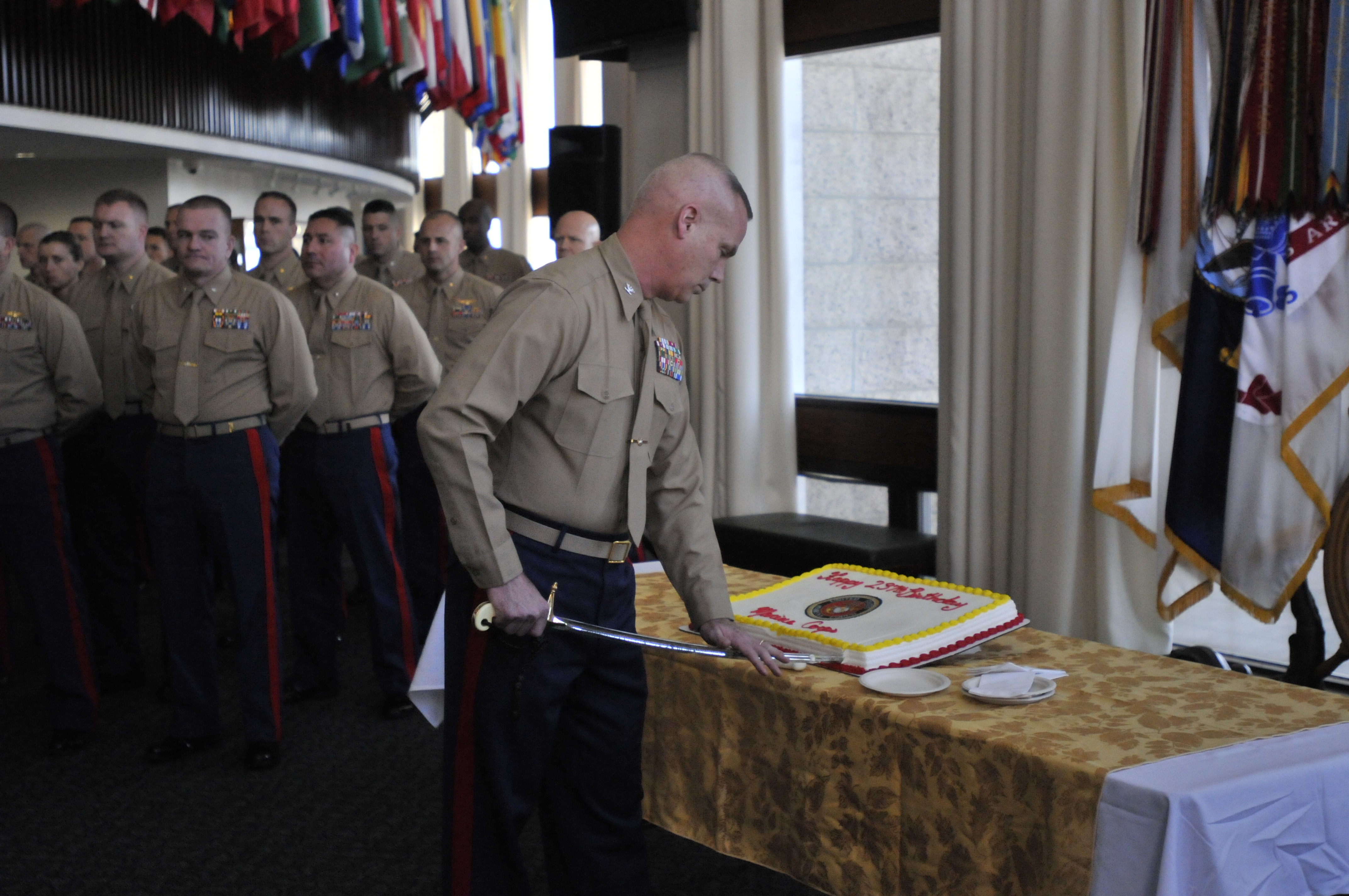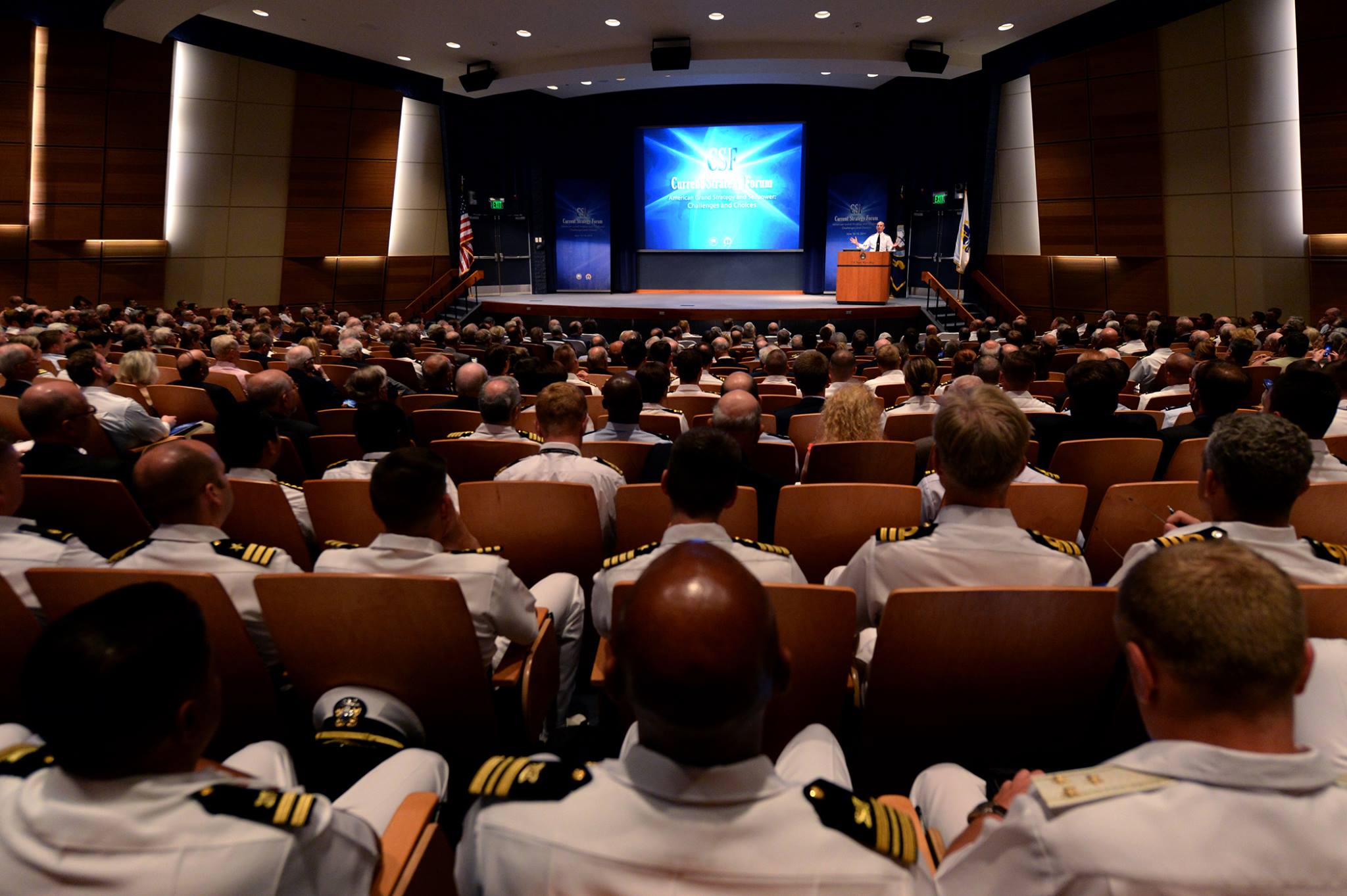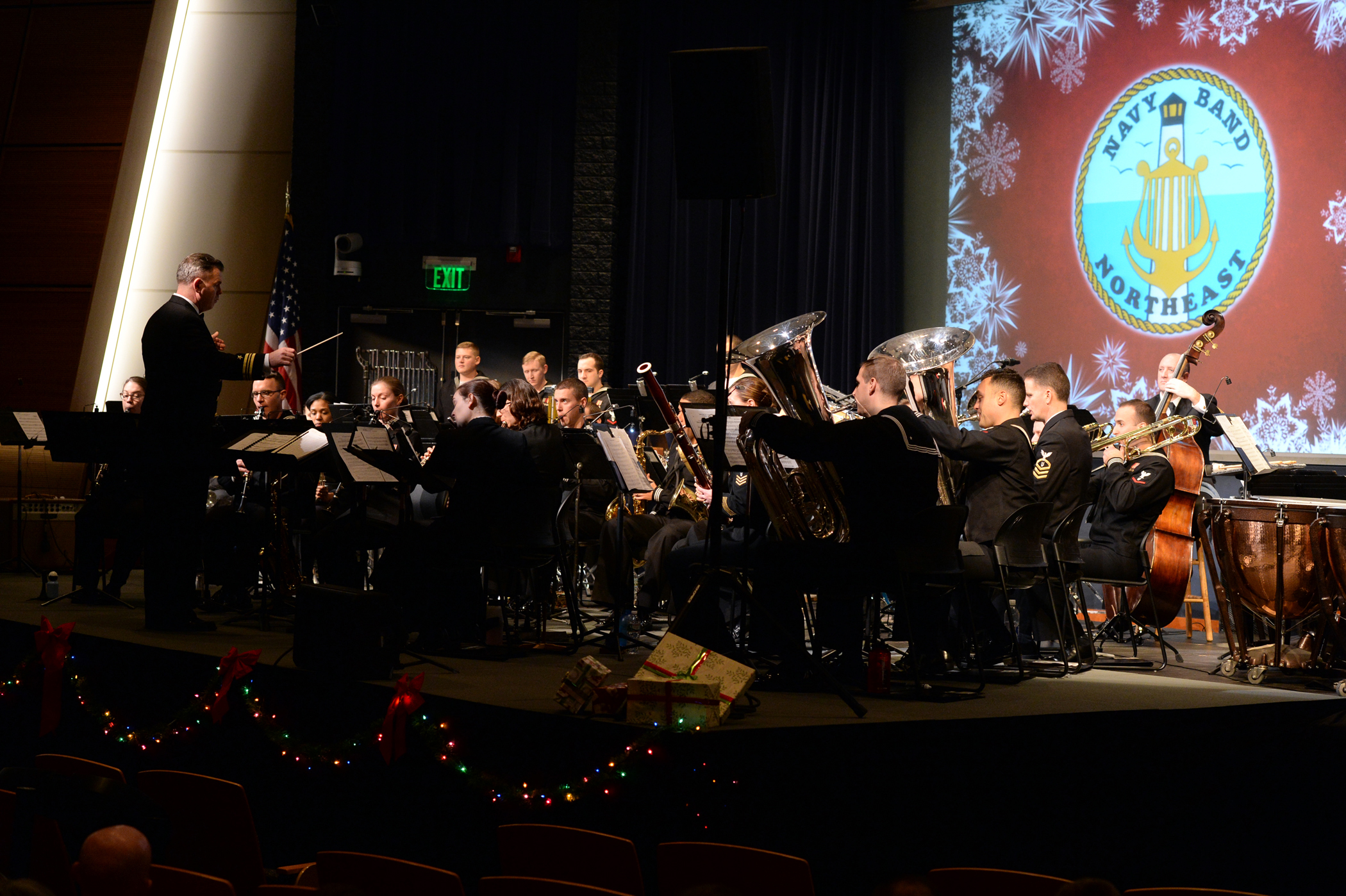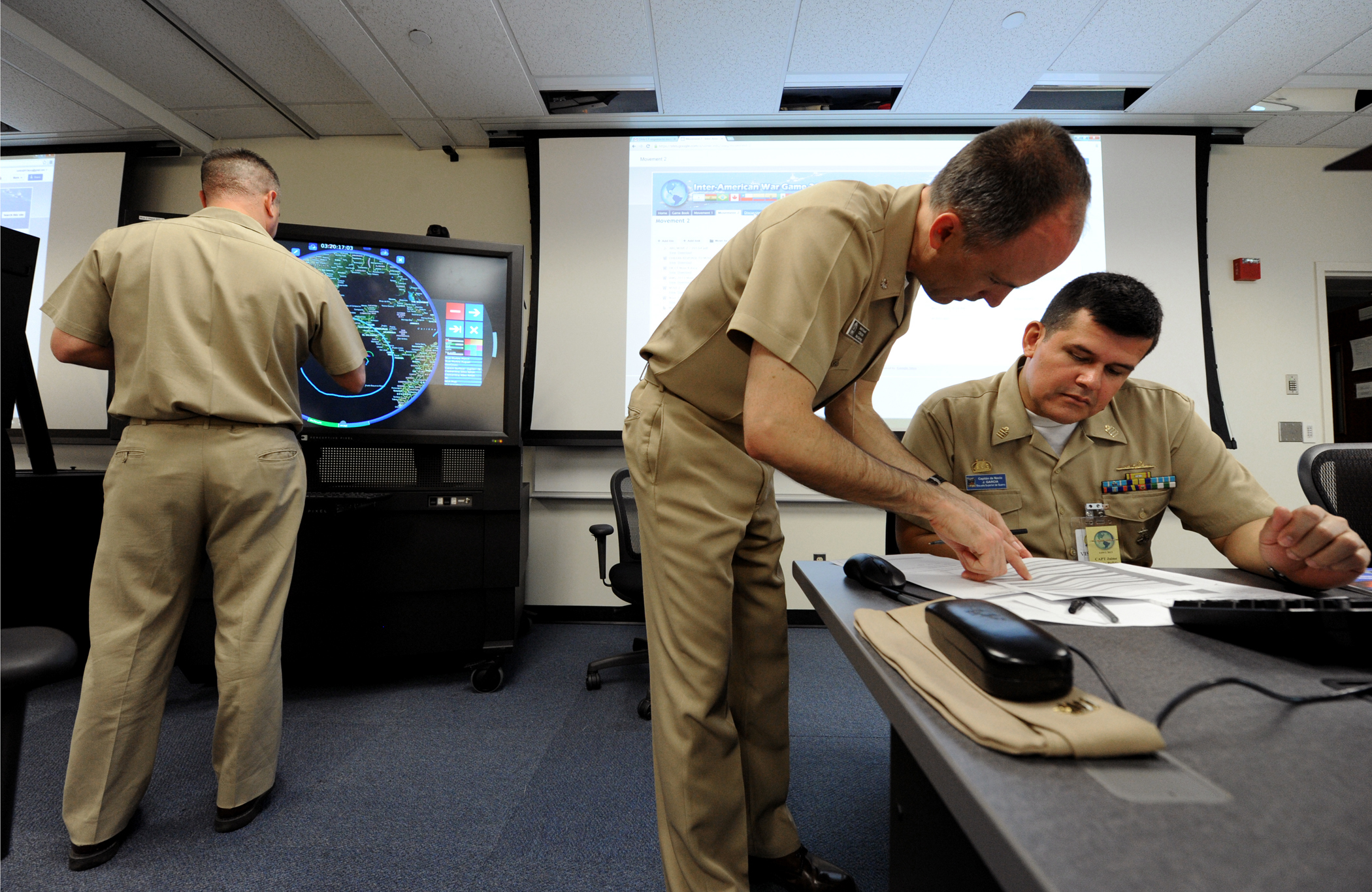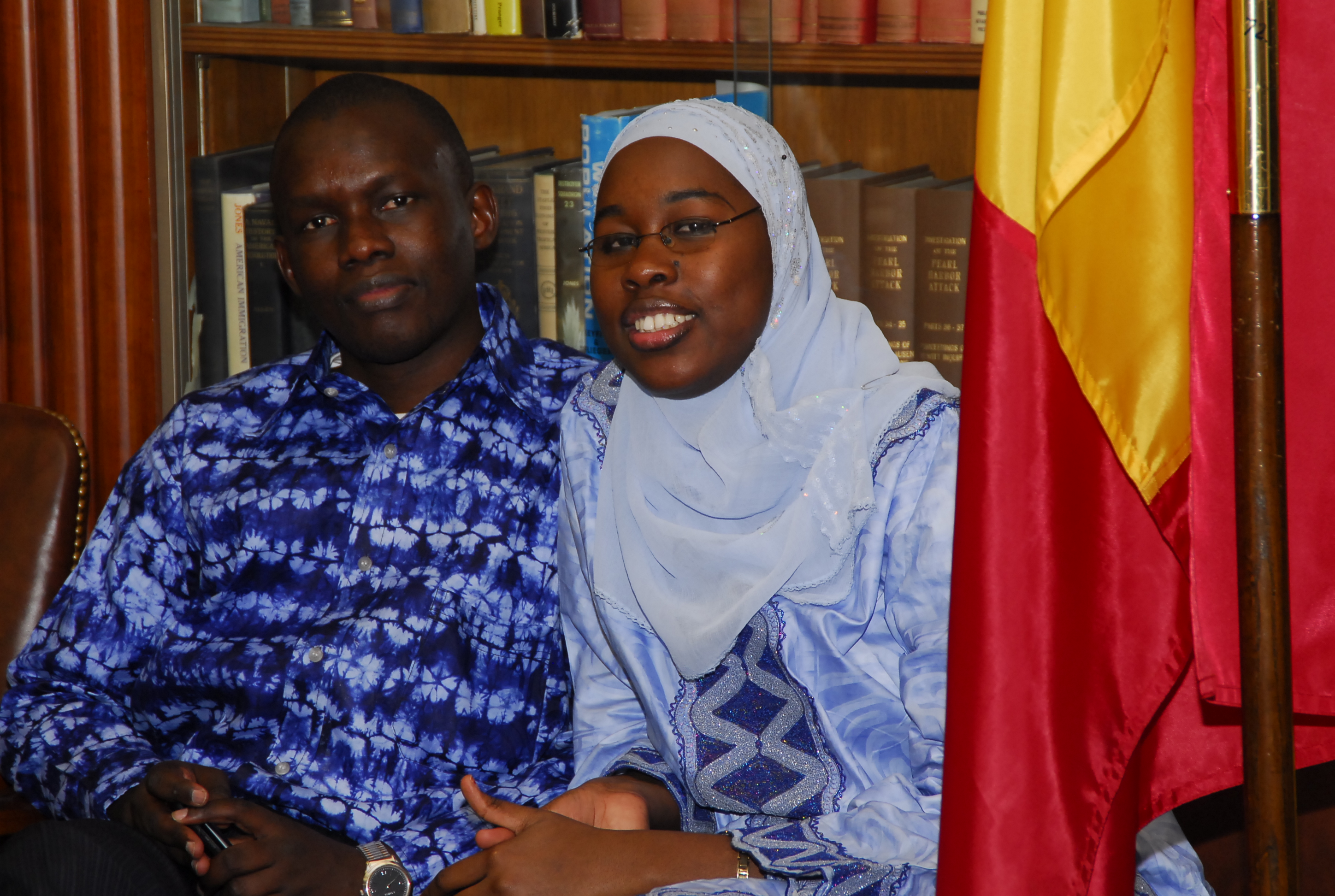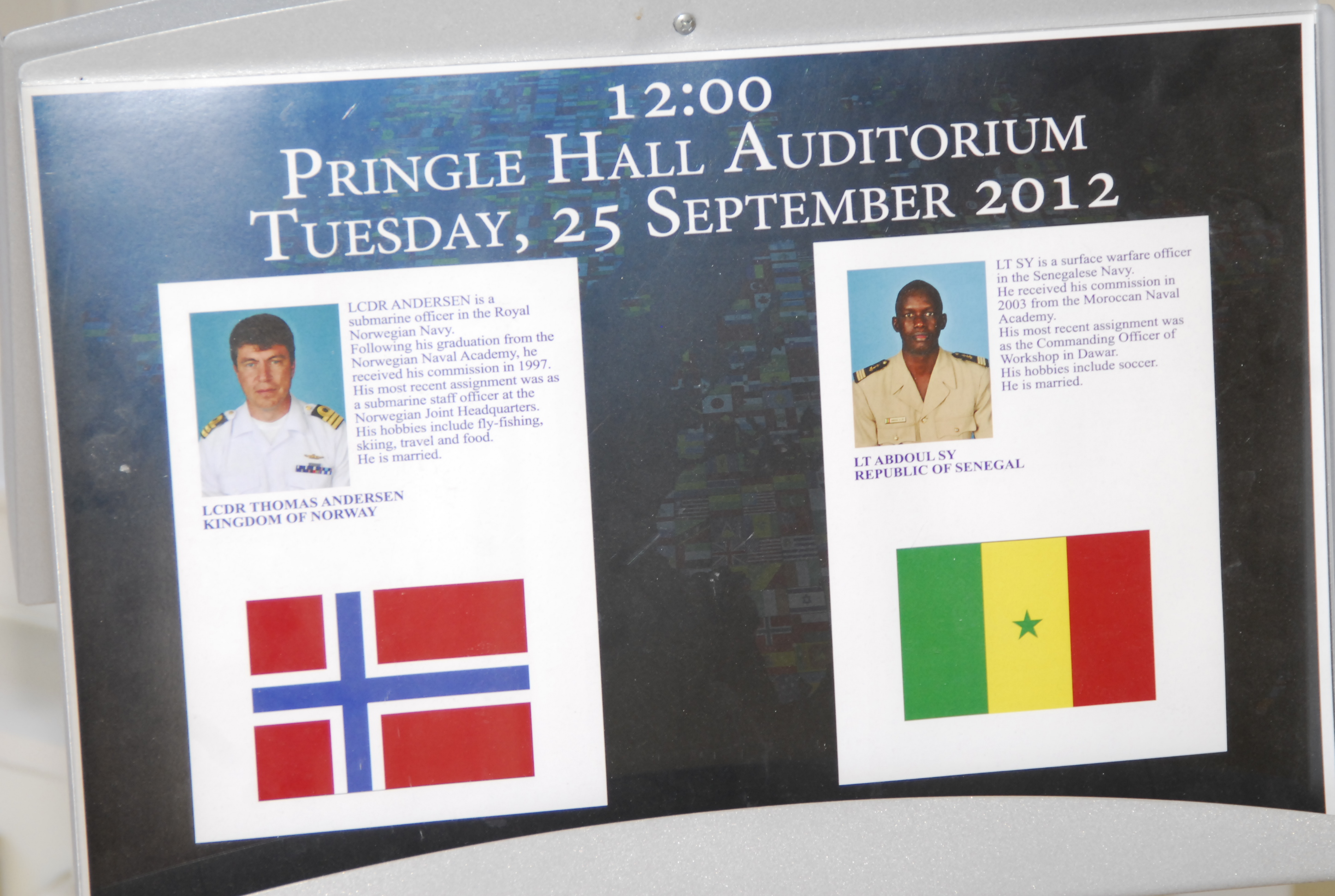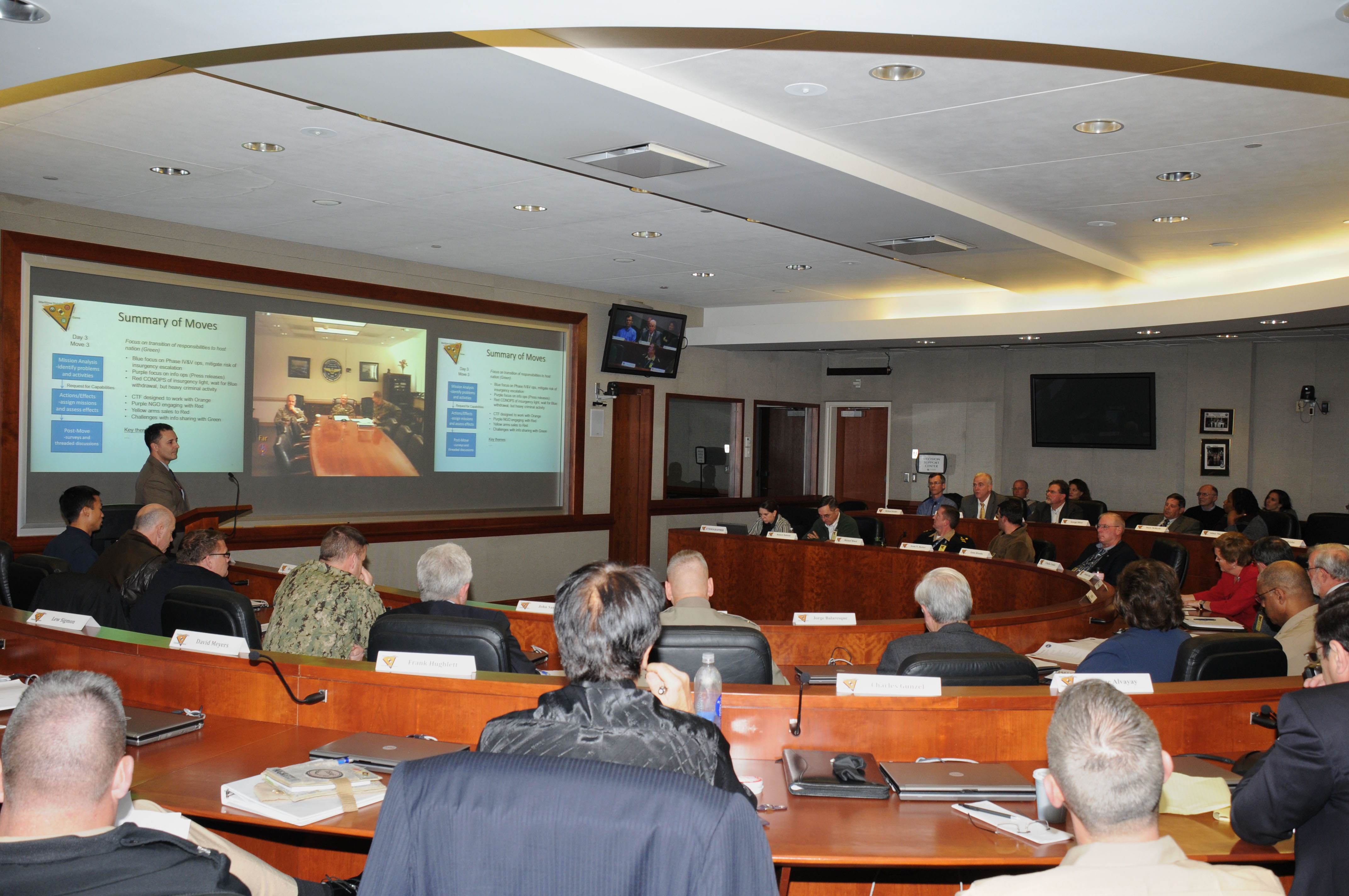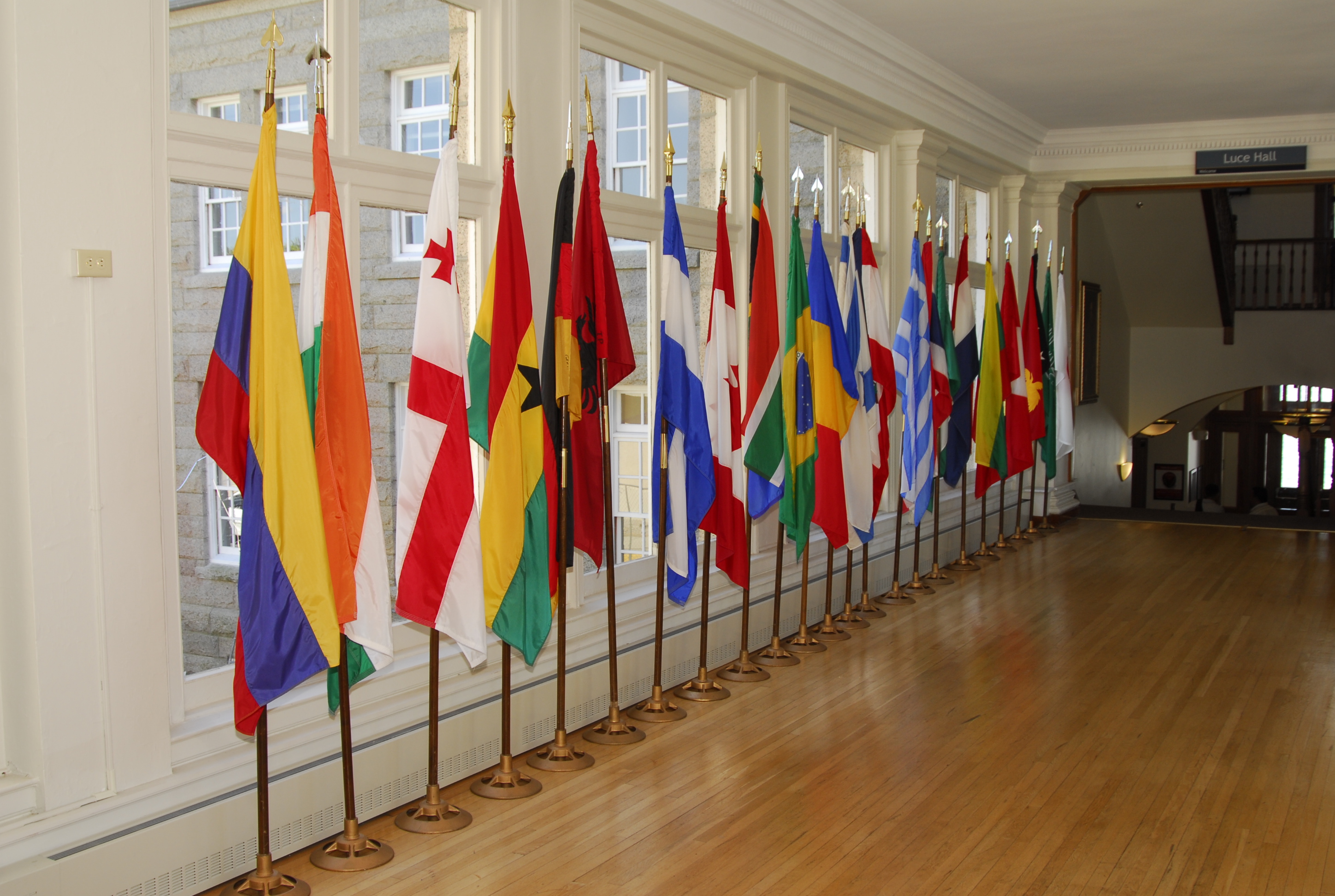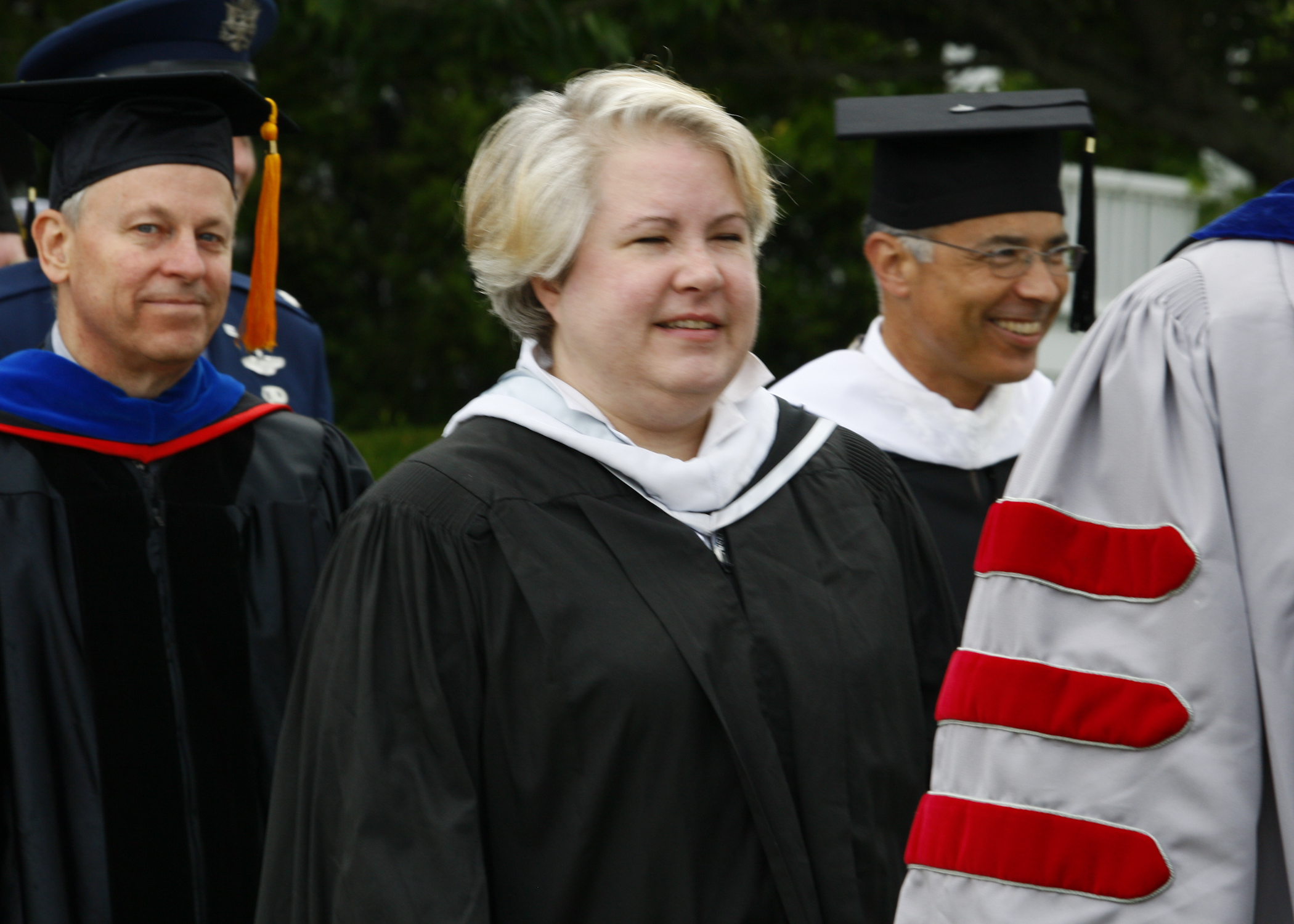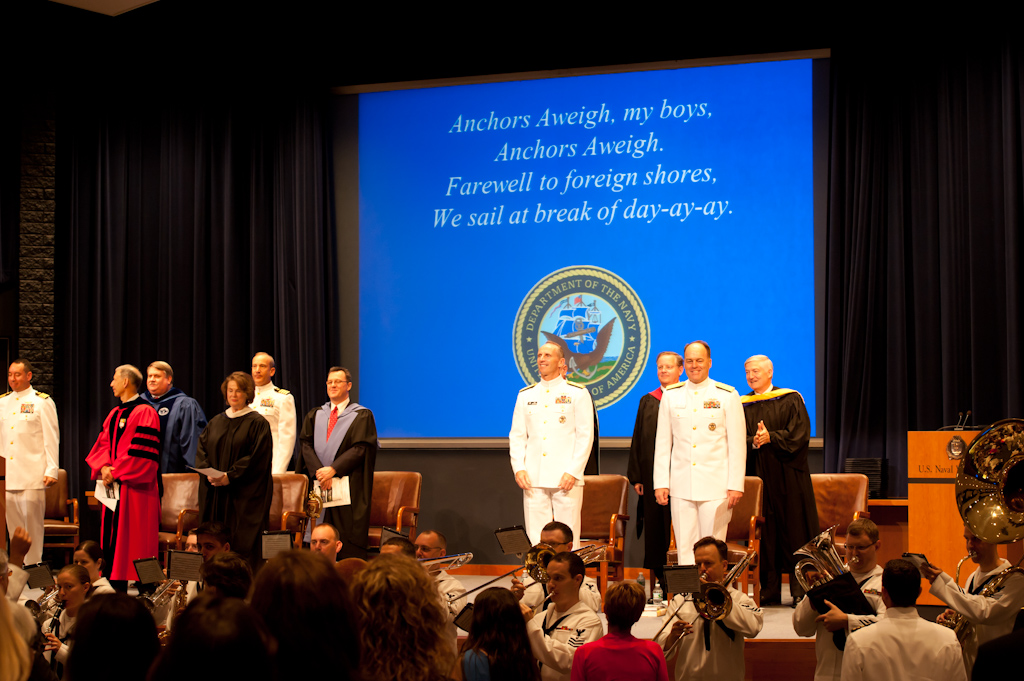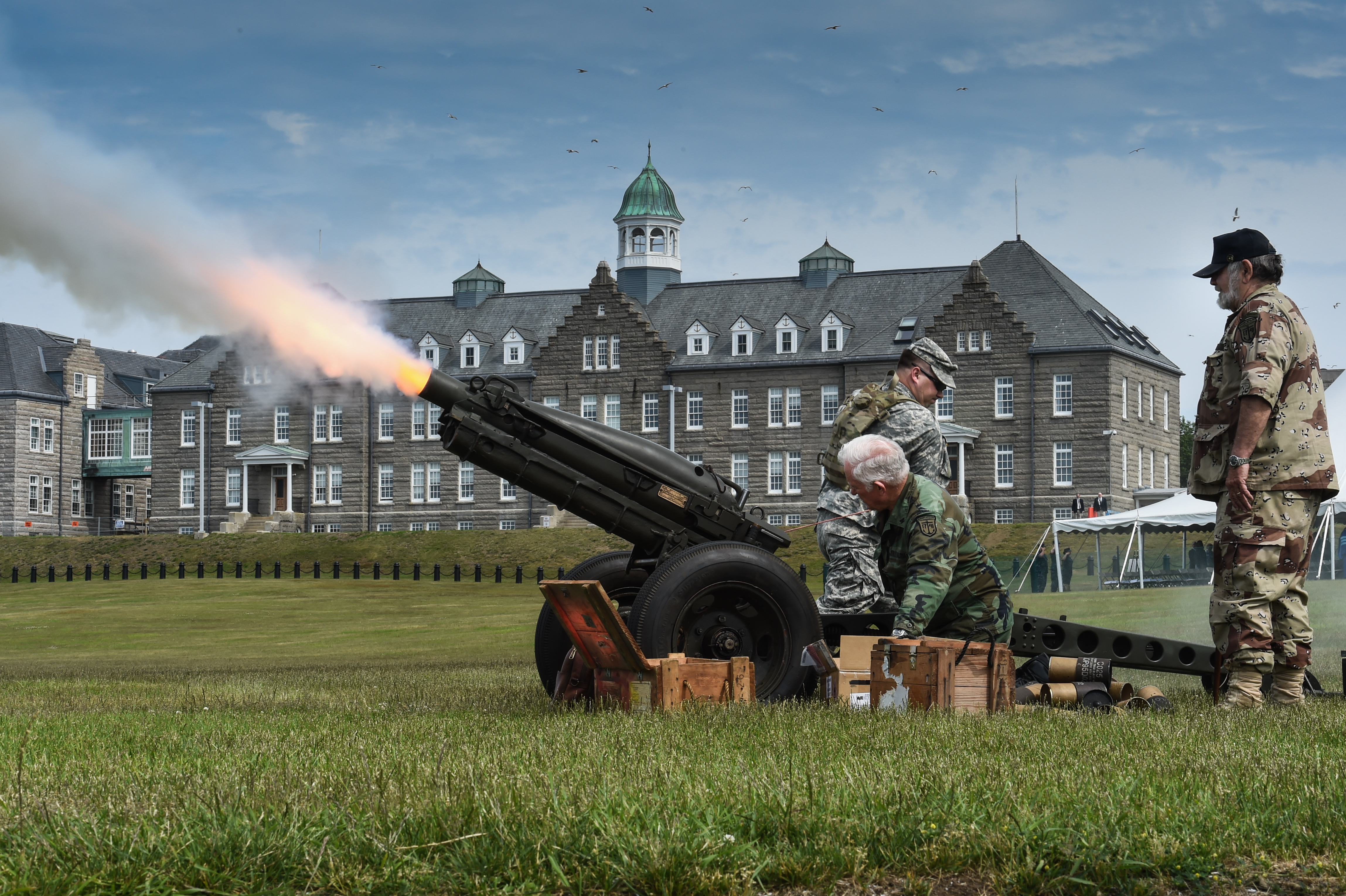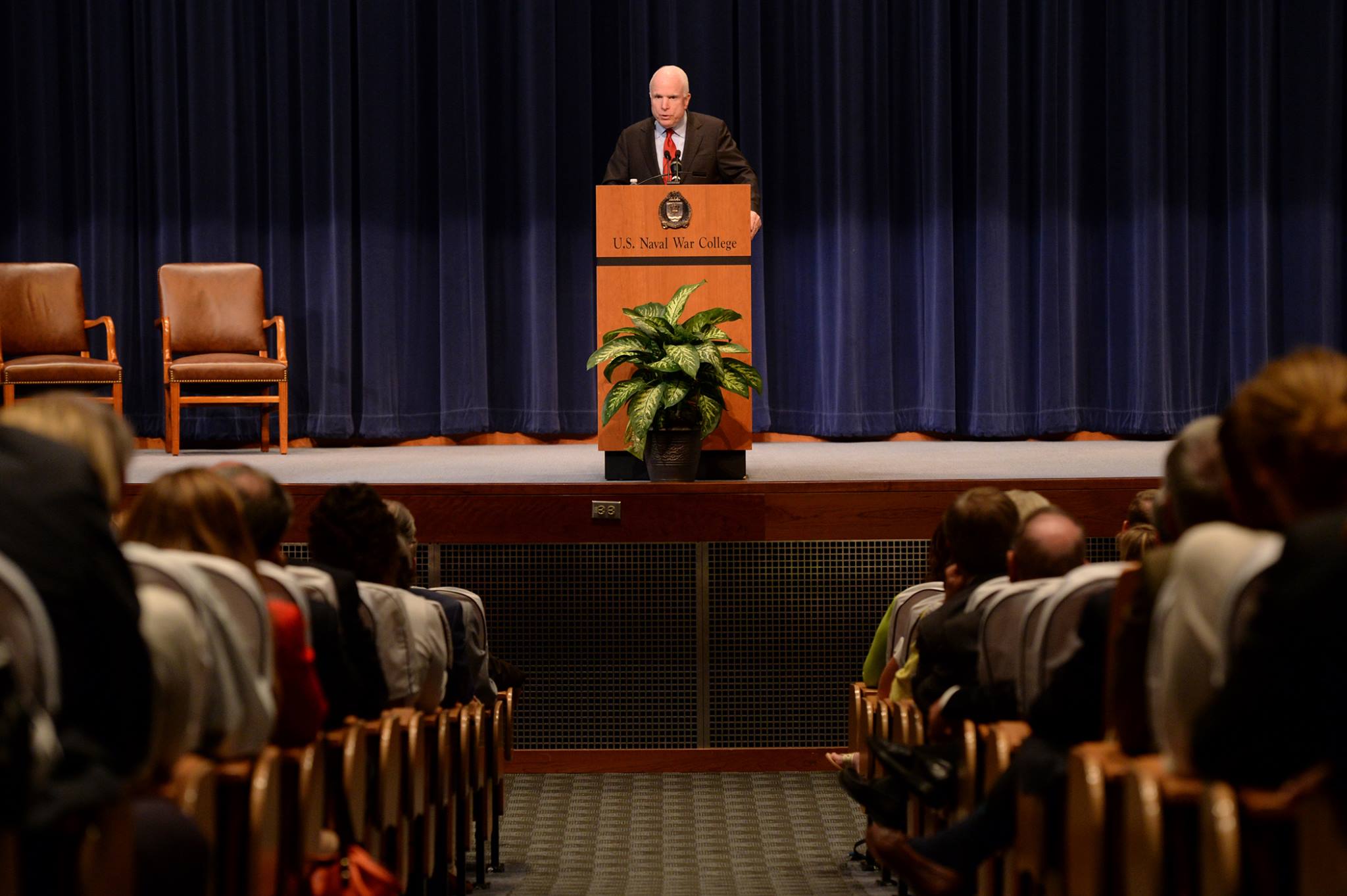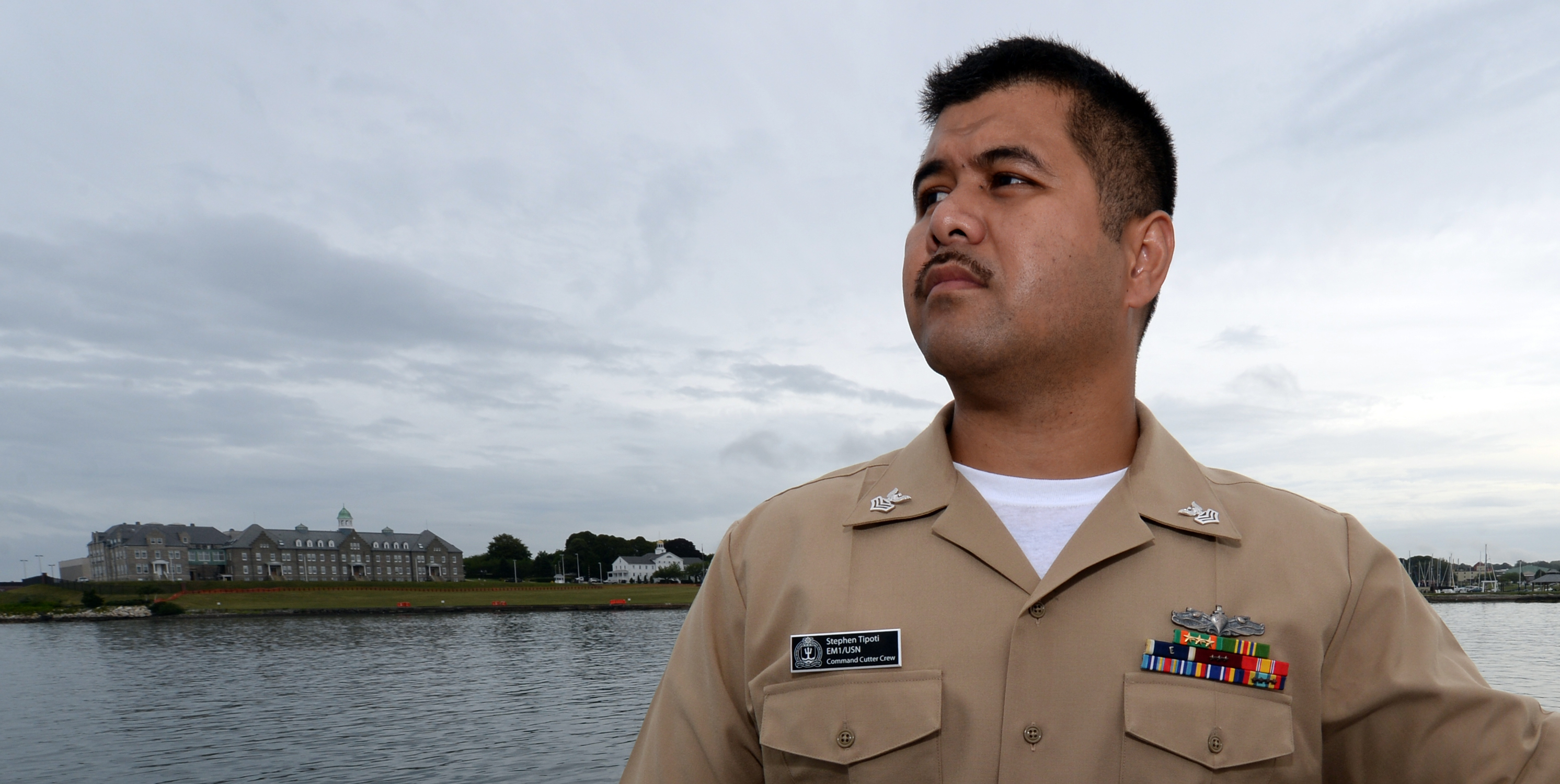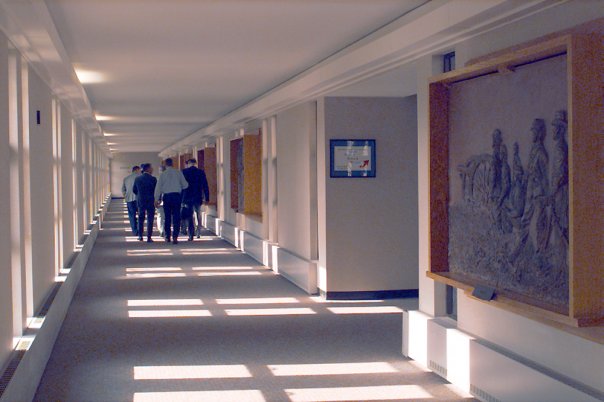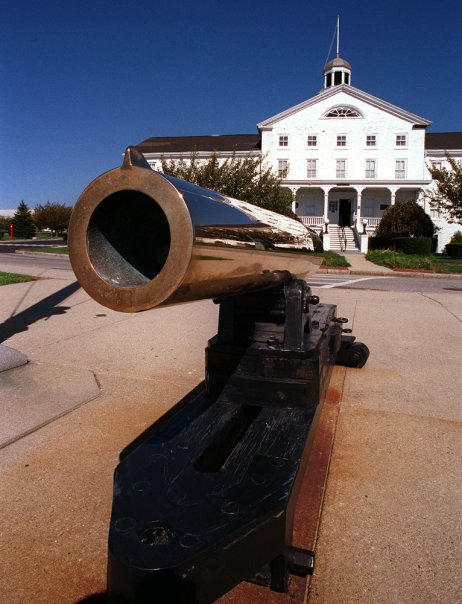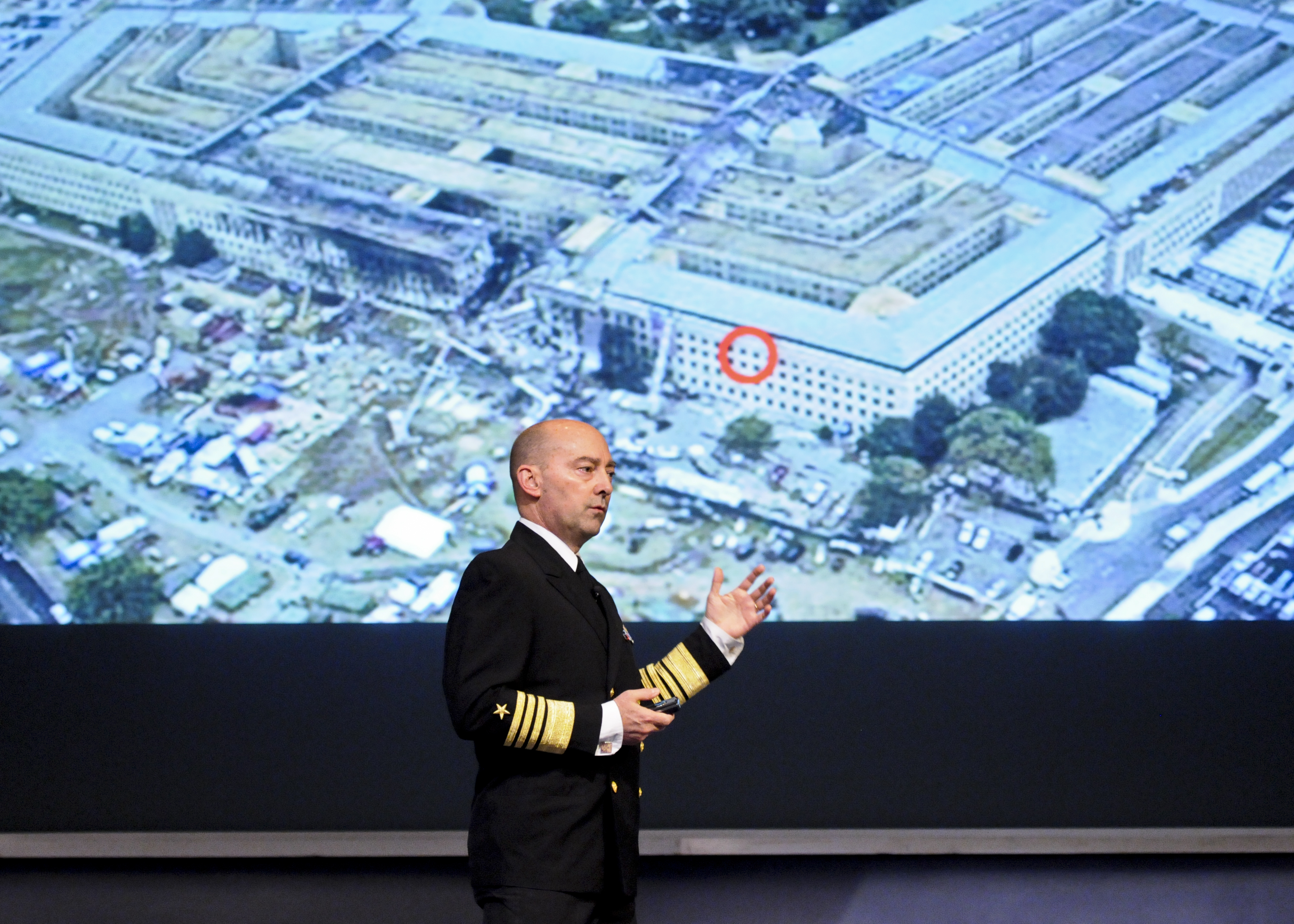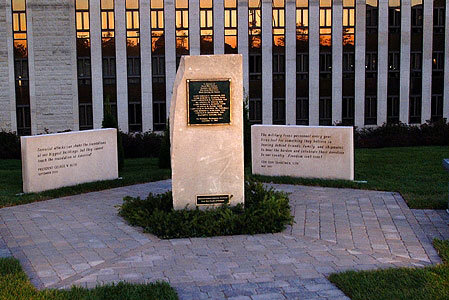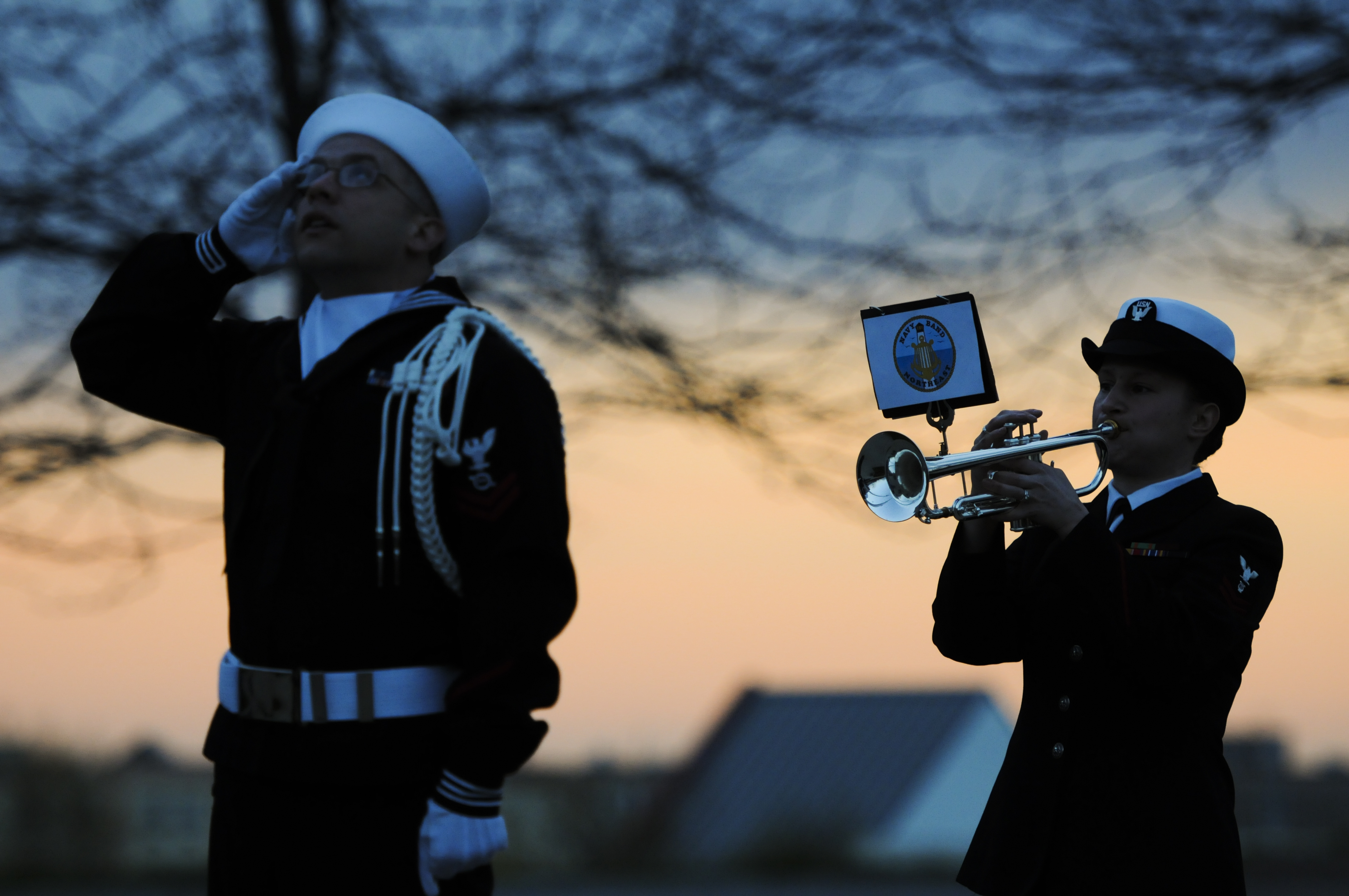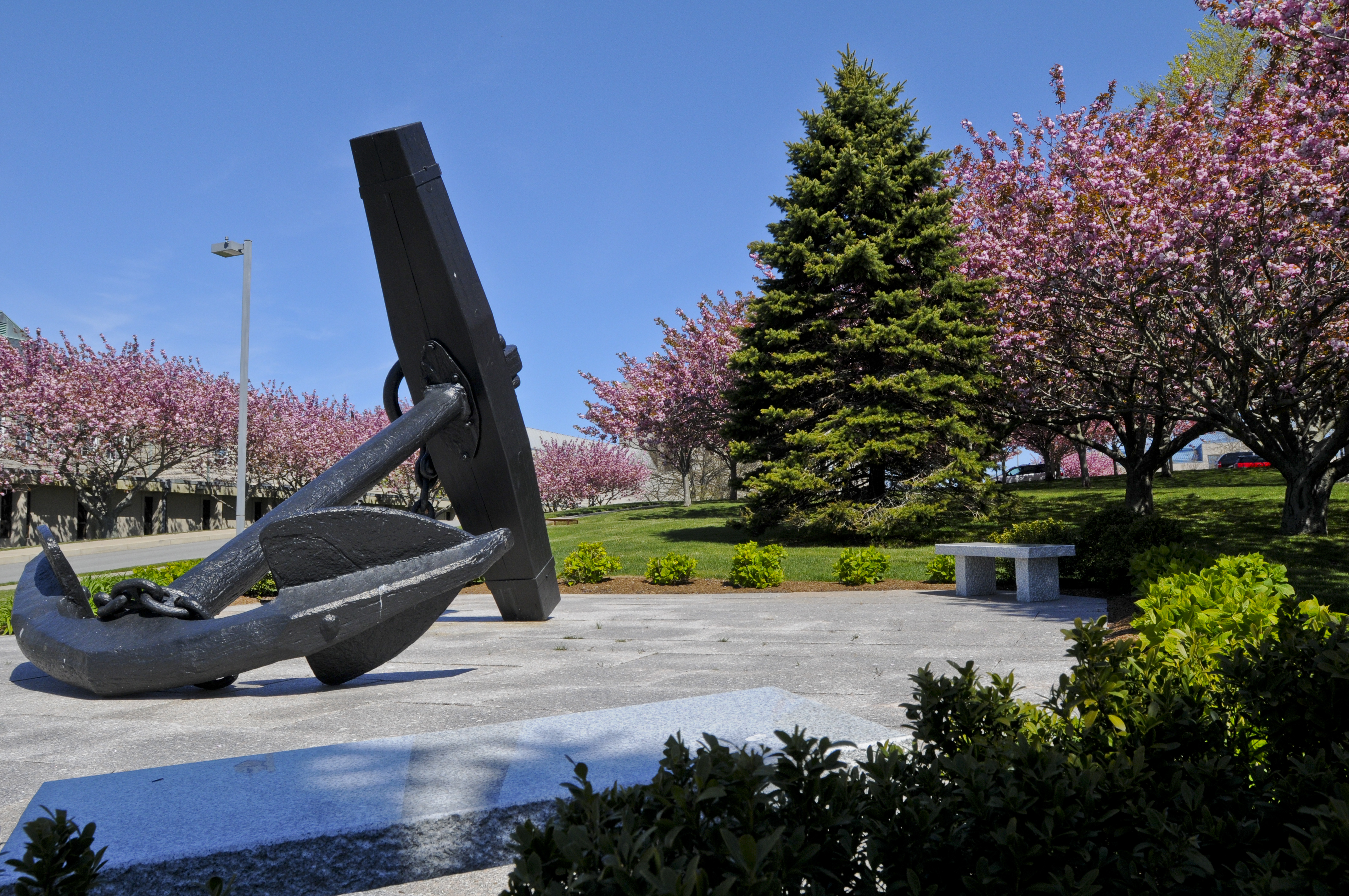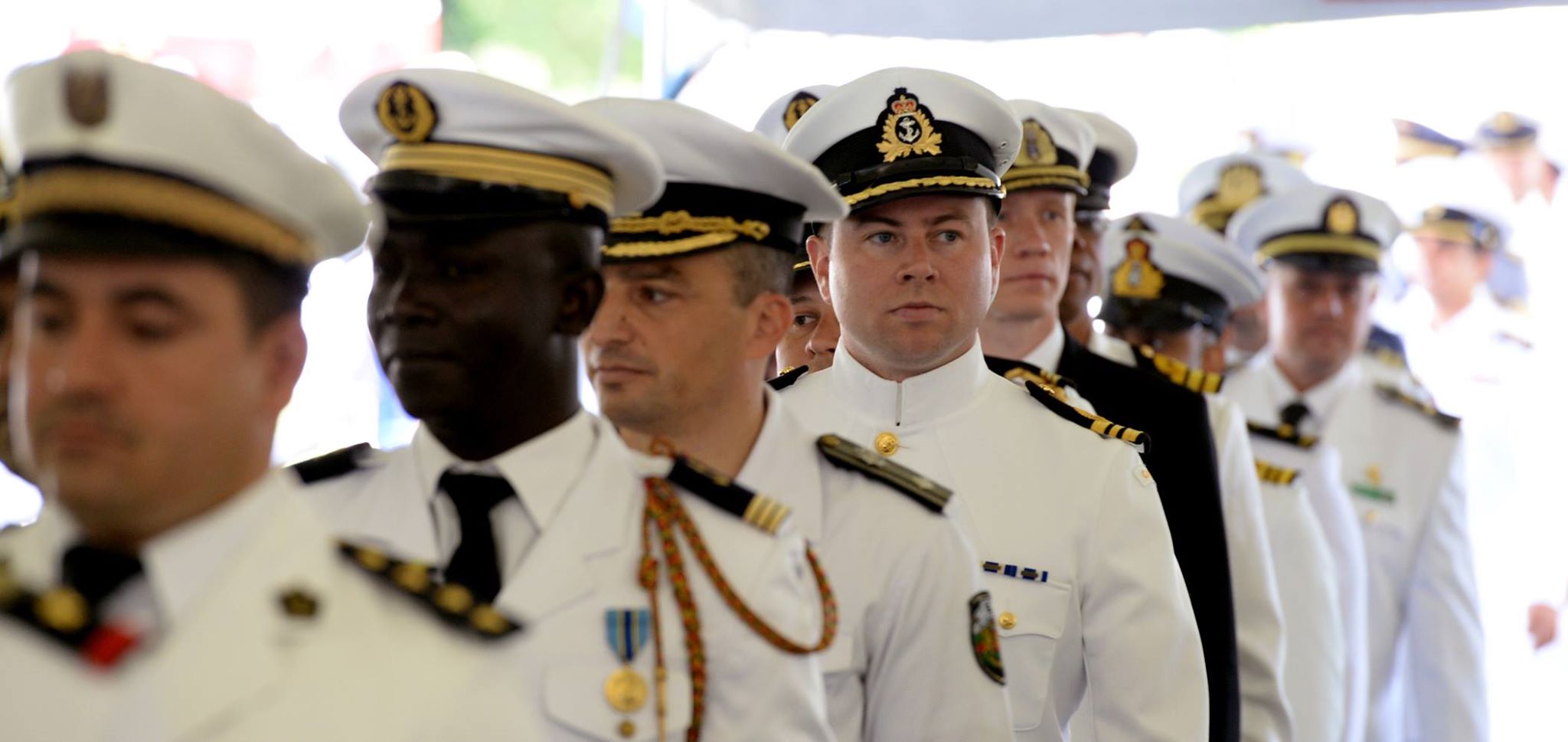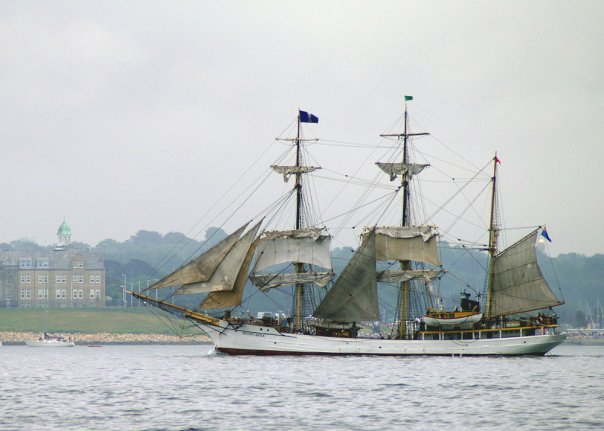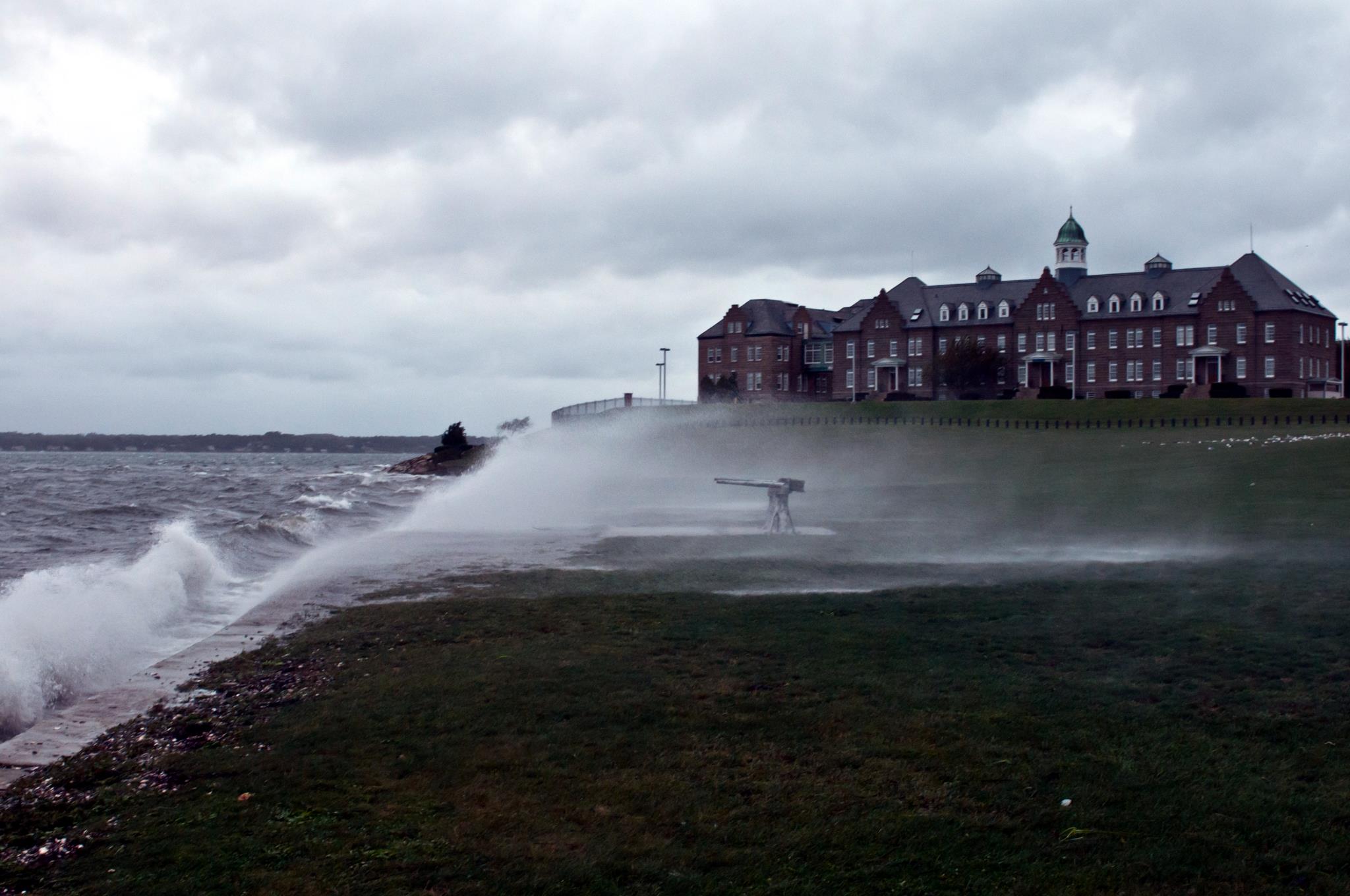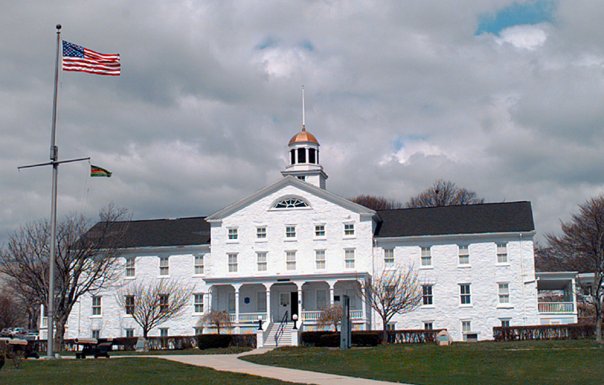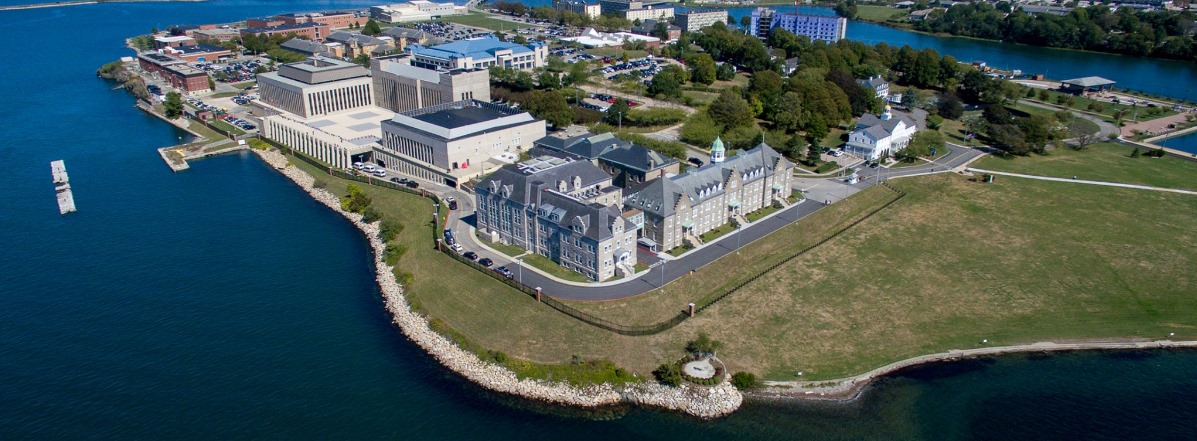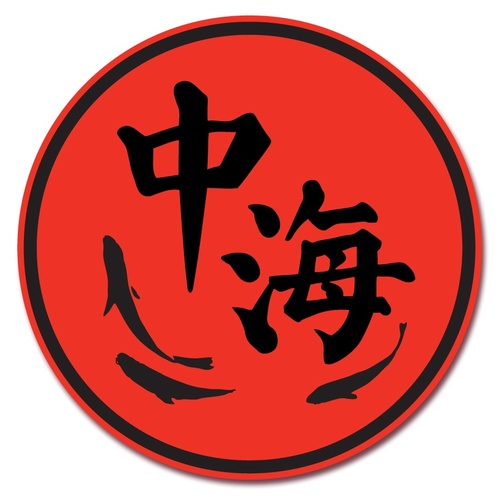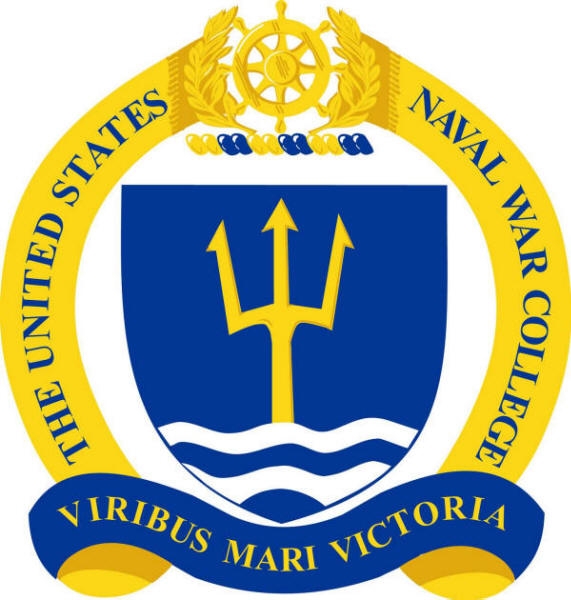Lead Senior Navy School’s Research Arm through Decisive Decade of Great Power Competition—Apply Today to Become Dean, CNWS, Naval War College!
Apply now to become the next Dean, Center for Naval Warfare Studies (CNWS) at the Naval War College (NWC) in Newport, Rhode Island—the Navy’s “Home of Thought”! The next individual in this intellectually pivotal position will provide thought leadership and management for a dynamic team of scholars, analysts, international and military operational law experts, cyber specialists, war gamers, staff of the Naval War College Press, and many other top-caliber professionals all serving the Navy and Nation—in ways that matter greatly; particularly in light of the new Chief of Naval Operations Navigation Plan, which prioritizes “readiness for the possibility of war with the People’s Republic of China by 2027.” With regard to this decade’s overriding challenge of great power competition, working under the Dean are dedicated centers of expertise and research concerning both Beijing and Moscow’s seapower strategy and policies: the China Maritime Studies Institute (CMSI) and the Halsey Alfa Group, and the Russia Maritime Studies Institute (RMSI) and the Holloway Group. And, of course, many other entities & individuals conduct important work in these and other vital areas… They all need your leadership—complete information here!
In 1981, almost a century after Rear Admiral Stephen B. Luce founded the Naval War College as “a place of original research on all questions relating to war and to statesmanship connected with war, or the prevention of war,” CNWS was established within the College as a nexus for broadly based, advanced research on the naval contribution to a national strategy. Working in close conjunction with the teaching departments, this revitalized research arm of NWC has thus fulfilled inaugural President Luce’s vision of the institution as a center of both scholarship and original research—an academic establishment which would serve as the home of theory and in-depth thinking for the naval profession in the United States.
The Center directly complements the curriculum at NWC by providing a place for researching important professional issues which, in turn, inform and stimulate the faculty and students in the classroom. Moreover, from its very beginning, the Center has linked the College to the fleet and policymakers in Washington by serving as a focal point, stimulus, and major source of strategic and campaign thought, by integrating strategic, campaign, and tactical concepts, by linking strategic concerns with technological developments, and finally, by testing and evaluating concepts through war gaming.
Click here to access complete information and apply via USA Jobs! See below for complete information on the Deanship, how to apply for it, and the organizations under its authority. And be sure to scroll to the bottom for inspiring photos of the Naval War College’s history-making past and present…
DEAN, CENTER FOR NAVAL WARFARE STUDIES
- Job announcement number: VA#NWC-24-16
- Department: Center for Naval Warfare Studies
- Location: Newport, RI
- PP-Series-GR: AD-1701-09
- Open Period: Friday, 13 September 2024 through Thursday, 31 October 2024
- Position: Dean, Center for Naval Warfare Studies
- Security Clearance: Position requires eligibility for Top Secret/SCI clearance
- Who may apply: This position is open only to U.S. citizens
QUALIFICATIONS
The President, U.S. Naval War College (PNWC), invites applications for the position of Dean, Center for Naval Warfare Studies, in Newport, RI. This opening is a senior leadership position at the Naval War College heading the primary research arm of the College.
About the Naval War College The U.S. Naval War College (NWC) is a Joint Professional Military Education (JPME) institution serving the nation, the Department of Defense, and the U.S. Navy. U.S. and selected international graduates earn Master of Arts degrees in National Security & Strategic Studies or Defense & Strategic Studies accredited by the New England Commission of Higher Education (NECHE). The College educates and develops future leaders through the development of strategic perspective, critical thinking, and cultural awareness, as well as enhancing the capability to advise and eventually serve as senior leaders and policy makers. The College also helps to define the future Navy and its roles and missions; supports combat readiness; strengthens global maritime partnerships; and promotes ethics and leadership throughout the force. We are actively seeking candidates with diverse academic, demographic, and professional backgrounds. More information on the college can be found at www.usnwc.edu
Center for Naval Warfare Studies The Center for Naval Warfare Studies (CNWS) is the primary research organization of the NWC. Faculty and staff produce a wide range of independent and sponsored unclassified and classified research and analysis on issues of war, peace, national security, regional security, and international law — all with particular attention to issues related to naval warfare and the maritime domain. This research is, as appropriate, published and provided in various forms to the leadership and staffs of the Navy, the other services, the Department of Defense including the Office of the Secretary of Defense and the Joint Staff, other elements of the U.S. government, the defense establishments of allies and partners, and the broader national security community. The research also is infused into the curriculum at the College. Faculty and staff use a wide range of research and analytic methods. The goal is for research outputs to be integrated with one another and with other analytic endeavors within the Navy and across the Defense Department, the U.S. government, and broader academic and analytic communities. Wargaming is a significant component of the activities of CNWS and the foundational role of wargaming as part of the college’s missions and curriculum. CNWS faculty also support the College curricula through teaching in the electives and distance education programs and providing wargaming design, execution, and other support for resident and distance students. CNWS consists of three departments and the Naval War College Press. These three departments are: (1) the Stockton Center for International Law (SCIL); (2) the Strategic and Operational Research Department (SORD); and (3) the War Gaming Department (WGD). Within SORD there are a number of institutes and advanced research programs: the China Maritime Studies Institute, Cyber and Innovation Policy Institute (with the Graveley Program), Russian Maritime Studies Institute, Brodie Group, Deterrence Studies Institute and the Halsey Alpha, Halsey Bravo, and Holloway Advanced Research Programs. Further information on these departments, their faculty, and their sub-entities can be found on the USNWC’s website: https://usnwc.edu/ under Research and Wargaming and Faculty and Departments. CNWS faculty and staff are a mix of civilians with advanced degrees (most at the doctoral level), active duty and retired military officers and enlisted personnel, and civilian and contract support staff.
Responsibilities The Dean, Center for Naval Warfare Studies, oversees the research work undertaken by its departments, faculty, and staff. As part of managing and shaping the research agenda, the Dean develops and expands a network of contacts within the naval, joint, and broader national security community. Specifically, the Dean develops and expands an understanding of the research and analysis needs of senior Navy, joint, and civilian leaders in the Department of Defense and the U.S. interagency. The Dean leads and organizes innovative research approaches to the Navy’s and the Nation’s most significant national security challenges. The Dean creates and manages the CNWS budget, faculty, manpower and personnel issues, and the organization of CNWS departments. The Dean is part of the USNWC senior leadership team, reporting to the Provost, and in concert with the Provost and other senior leaders, advises the President, U.S. Naval War College, on policy, procedures, priorities, and resource issues that affect the mission of the College.
Required Qualifications Candidates must have an advanced degree and significant experience in leading research projects and analyzing national security issues and strategic and operational warfare issues and concepts. A Master’s degree is required, a Ph.D. is highly preferred. Candidates without a Ph.D. must demonstrate knowledge of research design and methods. Candidates must have previously supervised as well as conducted research and analysis on national security and/or warfare issues.
Desirable Qualifications Desired attributes include, but are not limited to: (1) knowledge of U.S. and foreign naval and joint capabilities and concepts of operations; (2) knowledge of or equivalent practical experience with advanced technology and functional military capabilities; (3) knowledge of naval and joint warfare in all phases of operations from peace time to high-end combat; (4) knowledge of how research supports the work of policymakers in the Navy and DOD; and (5) knowledge of and connections with research entities outside the Navy/DOD enterprise. Experience gained by leading teams and conducting research, systems analysis, systems operation, and/or development and execution of warfighting operations, tactics, techniques, and procedures within the Navy, the Department of Defense, other national security organizations, or research entities. Experience working on research teams as well as participating in wargames is highly preferred. Experience making and managing budgets and managing a knowledge-based workforce is also highly preferred.
Education
Candidates must have an advanced degree and significant experience in researching and analyzing national security issues and strategic and operational warfare issues and concepts. A Master’s degree is required, a Ph.D. is highly preferred.
Additional information
Time Limited Appointments If you are selected for time limited appointment in the excepted service, your appointment may be extended to the maximum period allowed by law without further competition. NOTE: Excepted service positions are any federal or civil service positions which are not in the competitive service or the Senior Executive service. Excepted service agencies set their own qualification requirements and are not subject to the appointment, pay, and classification rules in title 5, United States Code. The Naval War College has a special authority to extend excepted faculty positions.
Salary Considerations Salary is competitive and accompanied by a generous federal benefit package that includes health insurance and retirement saving plans, paid vacation, paid sick leave, and other benefits. Rank and salary are commensurate with experience and credentials in accordance with the Department of the Navy Faculty Pay Schedule.
This position is in the excepted service and does not confer competitive status.
This position is eligible for part time, full time or ad-hoc telework at the discretion of management.
Federal annuitant information: The selection of an annuitant is subject to the Department of Defense and Department of the Navy policy on the employment of annuitants. Policy information may be found at: http://www.secnav.navy.mil/donhr/Documents/CivilianJobs/FedCivAnnuitants.pdf.
Veteran’s preference does not apply when selecting individuals under this specific hiring authority. However, if you claim veteran’s preference, you will be required to submit supporting documentation with your application as described in the Required Documents section below.
REQUIREMENTS
Conditions of Employment
- Must be a US Citizen.
- Must be determined suitable for federal employment.
- Must participate in the direct deposit pay program.
- New employees to the Department of the Navy will be required to successfully pass the E-Verify employment verification check. To learn more about E-Verify, including your rights and responsibilities, visit e-verify.gov
- Within the Department of Defense (DoD), the appointment of retired military members within 180 days immediately following retirement date to a civilian position is subject to the provisions of 5 United States Code 3326.
- Males born after 12-31-59 must be registered for Selective Service.
- You will be required to obtain and maintain an interim and/or final security clearance prior to entrance on duty. Failure to obtain and maintain the required level of clearance may result in the withdrawal of a job offer or removal.
- Candidates must be U.S. citizens and capable of obtaining a Department of Defense TOP SECRET/SCI security clearance.
- Successful completion of a pre-employment drug test (including marijuana) is required. A tentative offer of employment will be rescinded if you fail to report to the drug test appointment or fail the test. You will be subject to random testing.
- A tentative offer of employment will be rescinded if the selectee fails to meet the pre-employment requirements, including failure to report to any of the scheduled appointments.
- Supervisors in the executive branch have a heightened personal responsibility for advancing government ethics. You will be required to review the 14 General Principles of Ethical Conduct at 5 CFR 2635.101.
REQUIRED DOCUMENTS
A complete resume is required. Your resume must show relevant experience, job title, duties and accomplishments. Your resume must show complete information for each job entry to support minimum qualifications. The following information should be provided in your resume, but it is acceptable to provide elsewhere in your application package: employer’s name, starting and end dates (Mo/Yr), hours per week, and pay plan, series and grade level (e.g. GS-0201-09) for relevant federal experience. TIP: A good way to ensure you include all essential information is to use the Resume Builder in USAJOBS to create your resume.
Are you claiming membership in any professional organizations, or possession of a license, certificate or credentials? Check the Conditions of Employment section above to see if any are required. If you claim membership, license, certification, or credentials, you must submit a copy of said document in your application package.
Are you using education as a substitute for some or all of the experience requirement? Is there a basic education requirement for this position? Check the Education section above to see what is allowed and what is required. Any claims you make in your resume or assessment questionnaire regarding education or degrees MUST be supported by submitting with your application official or unofficial transcripts or a list of courses, grades earned, completion dates, and quarter and semester hours earned issued from your school. While unofficial transcripts are acceptable for initial application, an official transcript will ultimately be required if you are selected for the position. You may submit a copy your degree(s) if specific coursework does not have to be verified.
Are you a veteran claiming 5-point veterans’ preference or claiming sole survivorship preference? You must submit a copy of your latest DD-214 Certificate of Release or Discharge from Active Duty (any copy that shows all dates of service, as well as character of service [Honorable, General, etc.] is acceptable) OR a VA letter that shows dates of service or service connected disability AND character of service. If you have more than one DD-214 for multiple periods of active duty service, submit a copy for each period of service. If you were issued a DD-215 to amend aforementioned information on the DD-214 you must submit that too. If you are not sure of your preference eligibility, visit the Department of Labor’s website: Veterans’ Preference Advisor
Are you a disabled veteran or claiming 10-point veterans’ preference?
If you are eligible to claim 10 point veterans preference you must submit a DD-214 Certificate of Release or Discharge from Active Duty as described above for 5-point preference.
You must also provide the applicable supporting documentation of your disability (e.g. disability letter from the VA) as described on Standard Form-15 (SF-15). http://www.opm.gov/forms/pdf_fill/SF15.pdf.
Are you an active duty service member? Active Duty Service Members are required to submit a statement of service printed on command letterhead and signed by the command. The statement of service must provide the branch of service, rate/rank, all dates of service, the expected date of discharge and anticipated character of service (Honorable, General, etc.).
Documents submitted as part of the application package, to include supplemental documents, may be shared beyond the Human Resources Office. Some supplemental documents contain personal information such as SSN and DOB and some documents such as military orders and marriage certificates may contain personal information for someone other than you. You may sanitize these documents to remove said personal information before you submit your application. You must provide an un-sanitized version of the documents if you are selected.
If you are relying on your education to meet qualification requirements:
Education must be accredited by an accrediting institution recognized by the U.S. Department of Education in order for it to be credited towards qualifications. Therefore, provide only the attendance and/or degrees from schools accredited by accrediting institutions recognized by the U.S. Department of Education.
Failure to provide all of the required information as stated in this vacancy announcement may result in an ineligible rating or may affect the overall rating.
HOW YOU WILL BE EVALUATED
You will be evaluated for this job based on how well you meet the qualifications above.
In order to qualify for this position, your resume must provide sufficient experience and/or education, knowledge, skills, and abilities to perform the duties of the specific position for which you are being considered. Your resume is the key means we have for evaluating your skills, knowledge, and abilities as they relate to this position. Therefore, we encourage you to be clear and specific when describing your experience.
As vacancies occur, the Human Resources Office will review your resume to ensure you meet the hiring eligibility and qualification requirements listed in this flyer. You will be rated based on the information provided in your resume, along with your supporting documentation.
If selected, you may be required to provide additional supporting documentation.
If after reviewing your resume and supporting documentation, a determination is made that you inflated your qualifications and/or experience, you may be found ineligible/not qualified.
Please follow all instructions carefully. Errors or omissions may affect your rating or consideration for employment.
All qualification requirements must be met before being considered for any vacancies.
HOW TO APPLY
Interested Applicants must submit resumes/application packages to:
Applications must reference VA#NWC-24-16 in the subject line and forward their application to: NWC-24-16@usnwc.edu
Applications will be accepted until 11:59pm (EDT), 17 Oct 2024
Questions about the position or the institution should be emailed to Dr. Thomas Gibbons: gibbonst@usnwc.edu.
Application must include
1) Cover letter
2) Curriculum vitae
3) Names and contact information for three references.
Mailed hard copy and faxed applications will NOT be accepted.
All resumes/applications must be received no later than the close date of this flyer.
It is the applicant’s responsibility to verify that all information in their resume and documents, are received, legible, and accurate. HR will not modify answers/documents submitted by an applicant.
Failure to submit a complete application package will result in an ineligible rating and loss of consideration.
The Naval War College is an Equal Opportunity Employer.
Agency contact information
Address
NAVAL WAR COLLEGENaval War College
Newport, RI 02841
US
Next steps
Qualified applicants will be referred to the hiring manager. The selecting official may choose to conduct interviews.
Our evaluation will be based on the information you provide. You should expect that we will verify performance, suitability, and security information and take that information into account in making employment offers.
The Center for Naval Warfare Studies (CNWS): An Introduction
Founded, in the words of Rear Admiral Stephen B. Luce, United States Navy, as “a place of original research,” one of the primary functions of the U.S. Naval War College (NWC) is to conduct research, analysis, and gaming to support the requirements of the Secretary of the Navy and others. The Center for Naval Warfare Studies (CNWS) contributes by serving as a home for fresh research, innovative thinking, and creative problem solving. CNWS is dedicated to assisting the Chief of Naval Operations in defining the future Navy and the Navy’s contribution to national strategy. This, in turn, supports NWC’s Guiding Vision and Mission: “The mission of the U.S. Naval War College is to educate tomorrow’s leaders, inform today’s decision-makers, and engage with allies and partners on all matters of naval power in order to preserve the peace, respond in crisis, and win decisively in war.”
AN OPPORTUNITY TO LEAD
Today the Center seeks a new Dean to lead it through the remainder of a decisive decade—click here to access complete information and apply via USA Jobs! And be sure to check out the additional information and photos below!
[To ensure a faithful rendering, this post draws extensively on authoritative NWC and NWC-related documents, to which it links throughout.]
ORGANIZATION
CNWS comprises several departments—the Strategic and Operational Research Department (SORD), the Wargaming Department, the Naval War College Press, and the Stockton Center for International Law—each with its own mission and specific study/research groups.
Within SORD, for example, are dedicated centers of expertise and research concerning both Beijing and Moscow’s seapower strategy and policies: the China Maritime Studies Institute (CMSI) and the Halsey Alfa Group, and the Russia Maritime Studies Institute (RMSI) and the Holloway Group. SORD is also home to such other impactful research centers as the Cyber and Innovation Policy Institute and the Institute for Future Warfare Studies.
MISSIONS
Together with the rest of SORD, CNWS, and stakeholders across the College, these organizations and associated faculty and students play a unique role in supporting the Naval War College’s Guiding Vision and Mission; specifically through the core Missions, Functions, and Tasks, including its responsibilities to:
(1) “Support Defining the Future Navy and Associated Roles and Missions”:
“NAVWARCOL conducts research, analysis and gaming to support the requirements of the Secretary of the Navy (SECNAV), the Chief of Naval Operations (CNO), the combatant commanders, the Navy component commanders, the Navy numbered fleet commanders, other Navy and Marine Corps commanders, the U.S. intelligence community and other departments and agencies of the U.S. Government. The desired effect is a program of focused, forward-thinking, timely and relevant research, analysis and gaming that anticipates future operational and strategic challenges; develops and assesses strategic and operational concepts to address those challenges; and assesses the risk associated with these concepts. NAVWARCOL will provide operational concepts, analytic products and briefings that provide knowledge to Navy and Department of Defense (DoD) leadership to help shape and inform key decisions and contribute effectively to the public discourse on U.S. national security and defense policy.”
(2) “Support the Navy During an Era of Great Power Competition”:
“NAVWARCOL conducts operational level-of-war activities to support the ability of the Navy’s Joint and Combined Force Maritime Component Commanders and Navy Component Commanders to function effectively in an era of technological change and peer competition as operational commanders. This effort includes support for joint force commanders, Navy component commanders, Navy numbered fleet commanders and type commanders as they engage in planning, analysis, assessment and wargaming to anticipate and address emerging and current warfighting requirements. The desired effect is to improve the capability of Navy commanders to lead maritime joint and combined forces along with their staff members to plan, execute and assess force employment options to function effectively as an operational level maritime staff and maritime operations center.”
CNWS faculty play leading roles in NWC regional and functional Study Groups and other organizations.
While CNWS faculty and functions are distributed across the campus in Newport, the War Gaming Department—together with the Dean’s Office Suite and many other key components of CNWS—is located in McCarty Little Hall, a 110,000 square foot facility which opened in 1999 and is regularly updated with the latest technologies. The building is named after Captain William McCarty Little, the “father of American wargaming,” who was instrumental in the introduction and development of wargaming techniques at NWC dating back to 1887.
HISTORY
On 1 July 1981, almost a century after Rear Admiral Luce founded the Naval War College as “a place of original research on all questions relating to war and to statesmanship connected with war, or the prevention of war,” CNWS was established within the College through the initiative of Chief of Naval Operations Admiral Thomas Hayward, with the support of Secretary of the Navy John Lehman. The first director was the former Under Secretary of the Navy, Robert J. Murray.
Under Murray’s authority, CNWS consolidated several organizations previously dispersed: the Center for Advanced Research, the Center for War Gaming, and the Naval War College Press.
CNWS was from the start a nexus for broadly based, advanced research on the naval contribution to a national strategy. The Center’s work has ever since informed and stimulated the faculty and students in the classroom as well as helping to link the College to the fleet and policy makers in Washington. As Sailors and Scholars: The Centennial History of the Naval War College, documents officially (pp. 314–15),
“In Murray’s vision, at its core, the center was an intellectually dynamic group of officers and civilians with access to everyone, no matter what level, in the Navy and Marine Corps, anywhere in the world. Arguing real-life questions of strategy and tactics, testing real war plans, and developing new concepts of operation, the center in fact soon won widespread respect within the Navy. By concentrating on the uses of naval forces rather than entering the debate about specific budget programs, the center helped the college in the old task of building the foundations for better decisions. At the same time, the experience of broadly based advanced research, war gaming and highly experienced officers doing broad Navy thinking provided stimulus to both students and teaching faculty. The center was not the Navy’s war planning agency; it was the place where new ideas were examined and tested for possible incorporation into war plans. The war gaming center at the college was the heart of all Navy war gaming at the battlegroup level and above. As Murray explained, ‘it is the place where the Navy is asking itself, how do the forces fit together—first at the tactical level, then at the theater level, and then worldwide.’ As the result of these efforts, the Center for Naval Warfare Studies strengthened the link between the college and the fleet.”
As one of the initial Assistant Directors of CNWS, the naval thinker, writer, and Naval War College Press Editor Franklin Reinhardt Uhlig Jr., explained in Naval War College Review—which he then oversaw, and was charged with transforming it into a flagship publication—“Its business is ideas, in particular ideas about how to improve the contribution of naval forces to the defense of the United States and her allies.”
Working in close conjunction with the teaching departments, this revitalized research arm of NWC has over the ensuing four decades fulfilled inaugural President Luce’s vision, and subsequently that of Professor Uhlig and others, as a center of both scholarship and original research—an academic establishment which would serve as the home of theory and in-depth thinking for the naval profession in the United States.
The Center directly complements the curriculum at NWC by providing a place for researching important professional issues which, in turn, inform, and stimulate the faculty and students in the classroom. Moreover, from its very beginning, CNWS has linked the College to the fleet and policymakers in Washington by serving as a focal point, stimulus, and major source of strategic and campaign thought, by integrating strategic, campaign, and tactical concepts, by linking strategic concerns with technological developments, and finally, by testing and evaluating concepts through war gaming.
DEPARTMENTS
Here’s a closer look at the major departments within CNWS…
Strategic and Operational Research Department (SORD)
SORD produces innovative research and analysis for the U.S. Navy, the U.S. Department of Defense, and the broader security community. SORD produces forward-thinking and timely research, analysis, and gaming that anticipates future operational and strategic challenges. We develop and assess strategic and operational concepts to overcome challenges by providing analytical products that inform the U.S. Navy’s leadership and help shape key decisions. Our regional areas of focus include Eurasia, the Indo-Asia-Pacific, and the greater Middle East. Faculty members not only possess in-country experience and historical knowledge, but also facility in critical languages such as Russian, German, French, Chinese, and Japanese.
Research Centers:
SORD is home to several research centers and institutions that dive deeper into issues of interest to the U.S. Navy:
China Maritime Studies Institute (CMSI)
Established in 2006, CMSI studies China’s rapid commercial and maritime development. Research topics include shipbuilding, global commerce, law of the sea, and naval diplomacy.
Russia Maritime Studies Institute (RMSI)
Over the last decade, it’s become vital for the U.S. Navy and its partners to better understand the strategic and operational factors that shape Russia’s approach to maritime issues.
Cyber and Innovation Policy Institute (CIPI)
Challenges lurk in cyberspace, including surveillance programs and wide-scale disruptions to government and corporations. This center advances and promotes research, education, and analysis in the evolving field of digital defense.
Institute for Future Warfare Studies (IFWS)
This institute focuses on the long-term needs of the U.S. Navy and national security. The center’s innovative, timely research and analysis will help leadership anticipate operational and strategic challenges.
Faculty-led special advanced research programs also call SORD home. These groups offer domestic students a chance to participate in gaming, research, and other real-world scenarios pertaining to strategy, planning, and operations.
The Cyber & Innovation Policy Institute Vice Admiral Samuel L. Gravely, Jr., Program is a Directed Research Project. This graduate-level program guides advanced student research on cyber operations and the information environment.
This faculty-student program focuses on the tactical and operational level of war at the classified level. Participants use operations analysis and free-play wargaming to examine high-intensity conventional warfare scenarios.
This group examines potential military challenges within the Middle East. This faculty-student collaborative group uses iterative, ongoing wargaming and operational analysis as its primary methodology.
In this part-time program students will examine Russian and U.S. weapons systems, doctrines, and warfighting capabilities in all domains. They will focus on adversary military capabilities, maritime and naval doctrine, and strategy.
Strategic & Operational Research Department Faculty
SORD’s experienced and renowned faculty have years of earned expertise across a wide range of naval and educational topics. To learn more, please click here to access the online directory.
In support of Naval War College’s academic mission, the Wargaming Department conducts high-quality applied gaming, research, analysis, and education. Simulating complex war situations—from sea to space to cyber—builds analytical, strategic, and decision-making skills. Wargaming programming not only enriches our curriculum, but it also helps shape defense plans and policies for various commands and agencies.
Click here to view department brochure.
Simulations at sea—and beyond
Wargaming has been an integral part of Naval War College (NWC) since 1887. While the tools and technology used in simulations have evolved over the past century, the value of wargaming in maritime leadership development remains strong. Today the War Gaming Department remains the world’s premier gaming organization, conducting approximately 50 gaming events per year. They range in variety from complex, multi-sided computer-assisted games to simple, single-sided seminar games.
Wargaming supports our academic mission in many ways. Games foster an understanding of the decisions that military leaders and civilians make in maritime and joint warfare. Wargaming also opens discussion and debate of strategic and operational concepts. Finally, gaming provides insights and builds important risk assessment and analytical skills.
History of Wargaming at NWC & Captain William McCarty Little
“Now the great secret of its power lies in the existence of the enemy—a live, vicious enemy—in the next room waiting feverishly to take advantage of any of our mistakes, ever ready to puncture any visionary scheme, to haul us down to Earth.” — William McCarty Little, 1887
Our building, McCarty Little Hall, is named for Lt. William McCarty Little (1846-1915), who was instrumental in developing Naval War College’s wargaming techniques. In 1884, Little left active service after losing sight in one eye and began volunteering in the library of a new war college. In 1886, he introduced wargaming and soon became the U.S. Navy’s first expert in the field. One of his earliest activities including working alongside NWC’s second president, Captain Alfred Thayer Mahan, to develop a system of graphical representations behind historic naval battles.
In 1903, to honor Little’s contributions to NWC, Congress passed a special act that promoted him to captain and permanently assigned him to the college faculty. He served on the faculty and continued to develop wargaming for 30 years, retiring in 1915.
Wargaming Facilities
Inside our 111,000-square-foot wargaming facility, you’ll find a 180-seat auditorium, a television studio, 20+ reconfigurable gaming cells, and classroom and conference space.
Our gaming cells can host up to 400 computer stations—and access to classified and secure networks—and all are equipped with state-of-the-art video technology and the ability to broadcast throughout the facility and around the world. The largest of our gaming cells is the Joint Command Center, which can hold up to 100 computers.
The state-of-the-art information technology suite can be configured to support the full range of models and simulations, video-teleconferencing, group collaboration systems, and distributed wide area gaming over both unclassified and secure networks.
The auditorium is equipped with high-definition cameras and video-conferencing capabilities—and its large floor can double as an additional gaming cell or hold a 25-by-40-foot map to conduct a rehearsal of concept drill.
In addition to our on-campus facilities, our wargaming professionals also travel off-site and abroad to conduct tabletop exercises or give seminars.
Wargaming Topics, Collaborations, and Partnerships
Wargaming allows students to gain practical experience and a better understanding of the dynamics of warfighting, but simulations are also designed to prepare military leaders for national disasters and humanitarian relief.
Wargaming Topics
Wargaming covers a wide range of issues including:
- Space
- Cyber
- Political-military relationships
- Sea control
- Nuclear deterrence
- Humanitarian assistance
- Disaster relief
- Homeland security/defense
Collaboration and Partnerships:
Gaming not only helps our students grow as leaders, but it supports internal research needs and external requests from other commands and civilian agencies. We work individually with requesting sponsors to develop gaming programs.
Partners and games have included:
- Chief of Naval Operation (Global Title X War Game Series)
- Office of the Secretary of Defense (Proliferation Security Initiative Game)
- OPAV (Maritime Domain Awareness Operational Game)
- U.S. STRATCOM (Strategic Deterrence and Escalation Game)
Wargaming Faculty
The Department of Wargaming’s core faculty comprises about 40 military and civilian gaming professionals, who are supported by a staff of highly skilled technicians and enlisted Navy personnel. With their expertise comes a commitment to academic rigor and innovative research.
The Naval War College Press at U.S. Naval War College (NWC) edits and publishes the Naval War College Review, Newport Papers, the Historical Monographs series, the van Beuren Studies in Leadership and Ethics, and China Maritime Studies. The Press also provides publication and procurement support for works written and edited in various department at the college.
The Naval War College Review is a scholarly journal, published quarterly under the auspices of the Naval War College and the Department of the Navy, but exercising editorial independence; the thoughts and opinions expressed in the publication are those of the authors and not necessarily those of the department or the Naval War College. The Review has been published continuously since 1948. It serves as a forum for discussion of public policy matters of interest to the maritime services. The candid views of the authors are presented for the professional education of the readers. Articles are drawn from a wide variety of sources to inform, stimulate, and challenge readers, and to serve as a catalyst for new ideas.
The historical monographs in this series are book-length studies of the history of naval warfare, edited historical documents, conference proceedings, and biographies based wholly or in part on source materials in the Historical Collection of the Naval War College. They are managed by the Maritime History Department in collaboration with the Naval War College Press.
Newport Papers are extended research projects that the Director, the Dean of Naval Warfare Studies, and the President of the Naval War College consider to be of particular interest to policy makers, scholars, and analysts. These book-length monographs cover a variety of subjects, but ideally relate to contemporary operational or strategic concerns in the realm of maritime security. Printed copies of Newport Papers are distributed to a list of approximately 300 senior commanders and staff members.
CMSI China Maritime Studies (“Red Books”)
The China Maritime Studies are extended research projects that the Editor, the Director of the China Maritime Studies Institute (CMSI), the Dean of the Center for Naval Warfare Studies, and the President of the Naval Warfare College consider to be of particular interest to policy makers, scholars, and analysts. The Naval War College Press prepares and publishes the studies for CMSI.
The van Beuren Leadership and Ethics Series
The van Beuren Studies in Leadership and Ethics series was established to advance scholarship and publish thought-provoking works of analysis in the fields of leadership and ethics, with special attention to their application to the military; to further Chief of Naval Operations initiatives in leadership and ethics; to help educate Naval War College students; and to help inform the joint force. The Naval War College and the Naval War College Press thank the Naval War College Foundation and the Alletta Morris McBean Charitable Trust for their generous support.
Stockton Center for International Law
The Stockton Center for International Law (SCIL) is a department in the Center for Naval Warfare Studies that produces original research and analysis of both international law and military operations to educate and inform military leaders, national decision makers, and international law practitioners and scholars. The results of this analysis shapes legal interpretations affecting U.S. and partner nation forces throughout the world.
International Law Studies Journal
International Law Studies (ILS) is the journal for international law published by the U.S. Naval War College. It was first published in 1895 and is the oldest international law periodical in the United States. Each year, the journal publishes faculty peer-reviewed articles and analysis from the world’s leading experts and practitioners in the law of the sea, the law of armed conflict and international humanitarian law, the law of naval operations, and the international law of conflict in the airspace, outer space, and cyberspace. Questions about ILS may be sent to Editor-in-Chief, James Crisfield.
Support, Domestically and Abroad
Our program provides international law research, analysis, and teaching to support the development of the Navy’s future strategy, the education and training of Navy leadership, and the conduct of fleet, joint, and combined operations. We also provide legal support to wargames and advice to the Fleet and other Department of Defense entities on a variety of international and operational law issues. We serve as the Primary Review Authority for the Commander’s Handbook on the Law of Naval Operations, and have participated in the Tallinn Manual, the San Remo Manual, the Woomera Manual, the Harvard Air and Missile Warfare Manual, and other influential publications. Annually, the Stockton Center hosts legal research workshops on emergent issues drawing many of the world’s leading international law experts, including the annual Alexander C. Cushing International Law Conference.
Conference on Oceans Law & Policy
Through the annual Conference on Oceans Law & Policy (established and formerly administered by the Center for Oceans Law & Policy, University of Virginia School of Law) SCIL promotes interdisciplinary interaction with ocean-related legal and public policy issues at all levels, addressing international, national, regional, and state concerns.
Stockton Center for International Law Faculty
The Stockton Center has civilian and military professors of international law that teach courses on the law of armed conflict, the law of naval warfare and maritime security law, and the law of airspace, outer space and cyberspace operations.
The Secretary of the Navy established the Charles H. Stockton Chair of International Law on October 6, 1967 in honor of Rear Admiral Charles H. Stockton, president of the Naval War College from 1898-1900, a recognized authority on international law. Stockton was also president of George Washington University and he wrote the first code of the Law of Naval Warfare. From its inception, the Chair has attracted an exceptional array of international law scholars to the College, including such giants in the field as Manley O. Hudson (1951-1953), Hans Kelsen (1953-54), Leo Gross (1954-55), Howard S. Levie (1971-72), Leslie C. Green (1996-1997), Hays Parks (1984-85), Ruth Wedgwood (1998-99), Yoram Dinstein (1999-00), Ivan Shearer (2000-01), Charles Garraway (2004-05), Wolff Heintschel von Heinegg (2003-04 and 2012-13), Michael N. Schmitt (2014-18).
Click here for more information on Stockton Chairs and their history.
Current Charles H. Stockton Professor
Professor James Kraska is the Chair of the Stockton Center for International Law and the Charles H. Stockton Professor of International Maritime Law.
The Levie chair is named for retired Col. Howard S. Levie, who served as a U.S. Army judge advocate during World War II and the Korean War. He reviewed Japanese war crimes tribunals and was the principle draftsman for the Korean War Armistice. After military service, Colonel Levie joined the faculty at Saint Louis University School of Law where he went on to become one of the world’s leading scholars on international law, publishing some twenty books on the law of armed conflict. Levie’s long association with the Center was acknowledged by the President of the Naval War College in 1994 with the creation of the Levie Chair.
Current Howard S. Levie Professor
Professor Raul “Pete” Pedrozo is the Howard S. Levie Professor of the Law of Armed Conflict.
The Stockton Center Emeriti Professors
Professor Michael N. Schmitt, D.Litt., J.D.
Michael Schmitt is professor emeritus at the U.S. Naval War College. He is presently Professor of International Law at the University of Reading and the G. Norman Lieber Distinguished Scholar at the U.S. Military Academy at West Point.
Professor Richard J. Grunawalt
Richard J. “Jack” Grunawalt is Professor Emeritus of International Law. Following a distinguished career as a Navy judge advocate, retired Capt. Grunawalt came to the Naval War College as the Charles H. Stockton Professor of International Law and held that Chair until becoming the first Director of the Oceans Law and Policy Department, the predecessor of the Stockton Center for International Law. Under his leadership of its international law program, during his tenure the Naval War College regained its historic stature as the world’s preeminent military institution for the study and articulation of the rules of law governing the world’s oceans, both in time of peace and in time of war.
Stockton Center Visiting Research Scholar Program
The Stockton Center invites eminent international law scholars, as well as exceptional younger scholars, to share their knowledge and varied perspectives with the U.S. Naval War College through its Visiting Research Scholar Program.
Interested applicants can find more information and details on how to apply here.
Visiting Fellows:
- Visheh Bhatia, National Academy of Legal Studies and Research University
- Laurie Blank, Emory University School of Law
- Peter Bowers, Royal Australian Navy Reserve
- Douglas Burnett, John Hopkins University Applied Physics Laboratory
- Camilla Cooper, Norwegian Defence Command and Staff College
- John Dehn, Loyola University School of Law
- Gloria Gaggioli, University of Geneva
- Koichi Ishii, Japanese Maritime Self-Defence Academy
- Suk Kyoon Kim, Korea Coast Guard
- Keiko Kono, National Institute of Defense Studies (Japan)
- Masahiro Kurosaki, National Defense Academy of Japan Ministry of Defence
- Tim McCormack, University of Melbourne (Stockton Distinguished Visiting Scholar)
- Young-Kil Park, Korea Maritime Institute
- Sasha Radin, University of Melbourne
- Vishaka Ramesh, National Academy of Legal Studies and Research University
- Yusuke Saito, Japanese Maritime Self-Defence Academy
- Nicholas Tsagourias, University of Sheffield
- Bart van den Bosch, Royal Netherlands Army
- René Värk, University of Tartu (Estonia)
HERE ARE SOME ADDITIONAL PICTURES OF THE NAVAL WAR COLLEGE, ITS DOMESTIC AND INTERNATIONAL INFLUENCE, AND ITS RICH HISTORY:
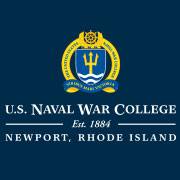

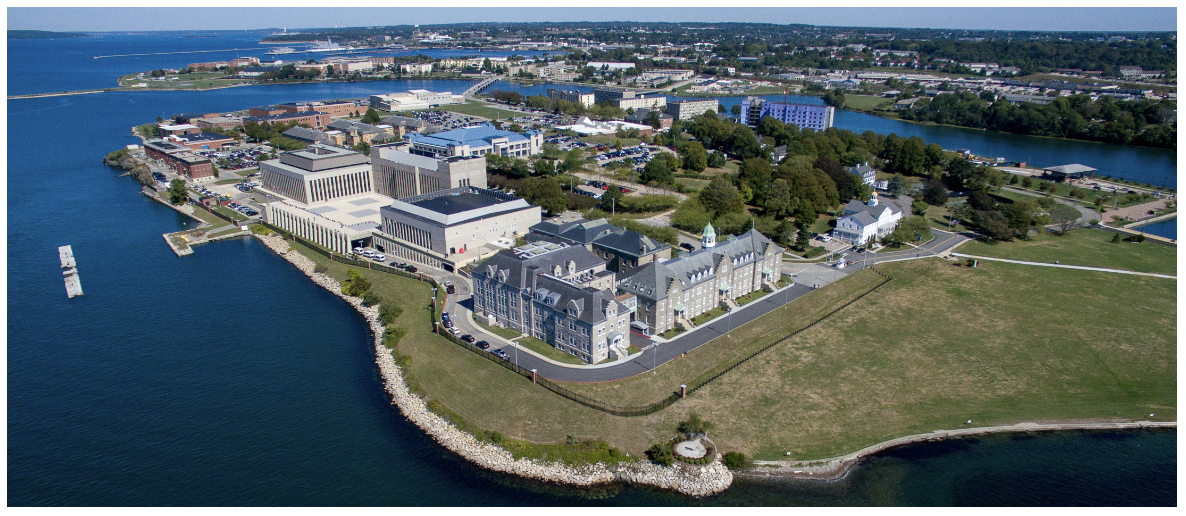
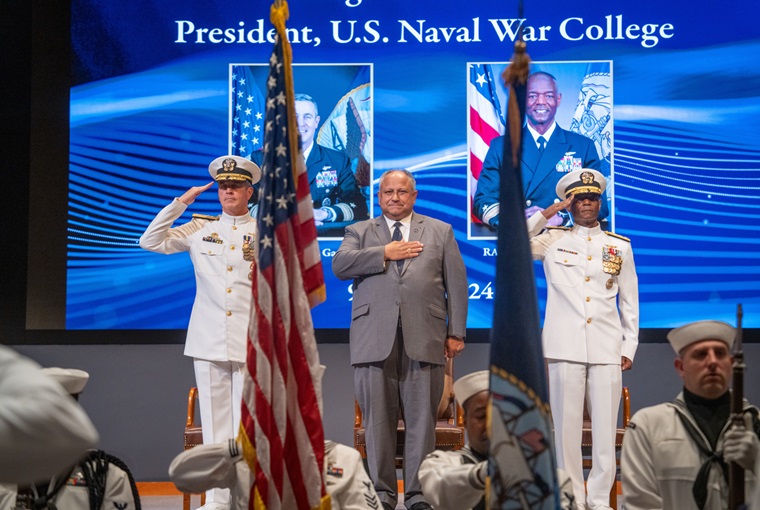
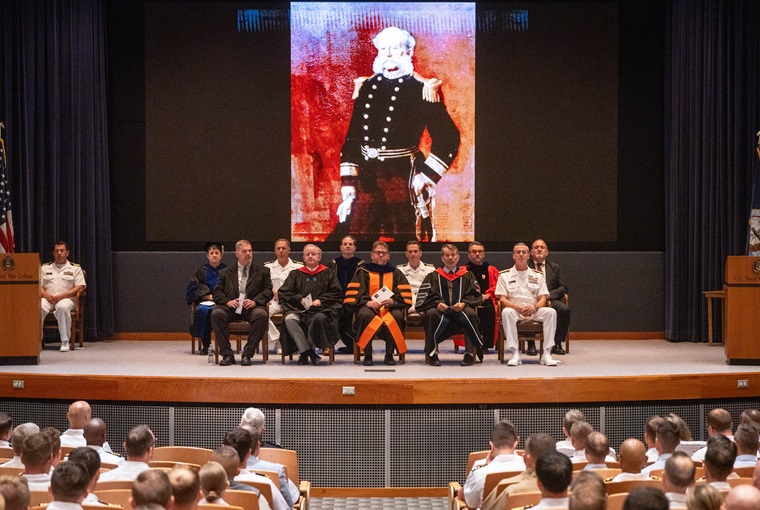
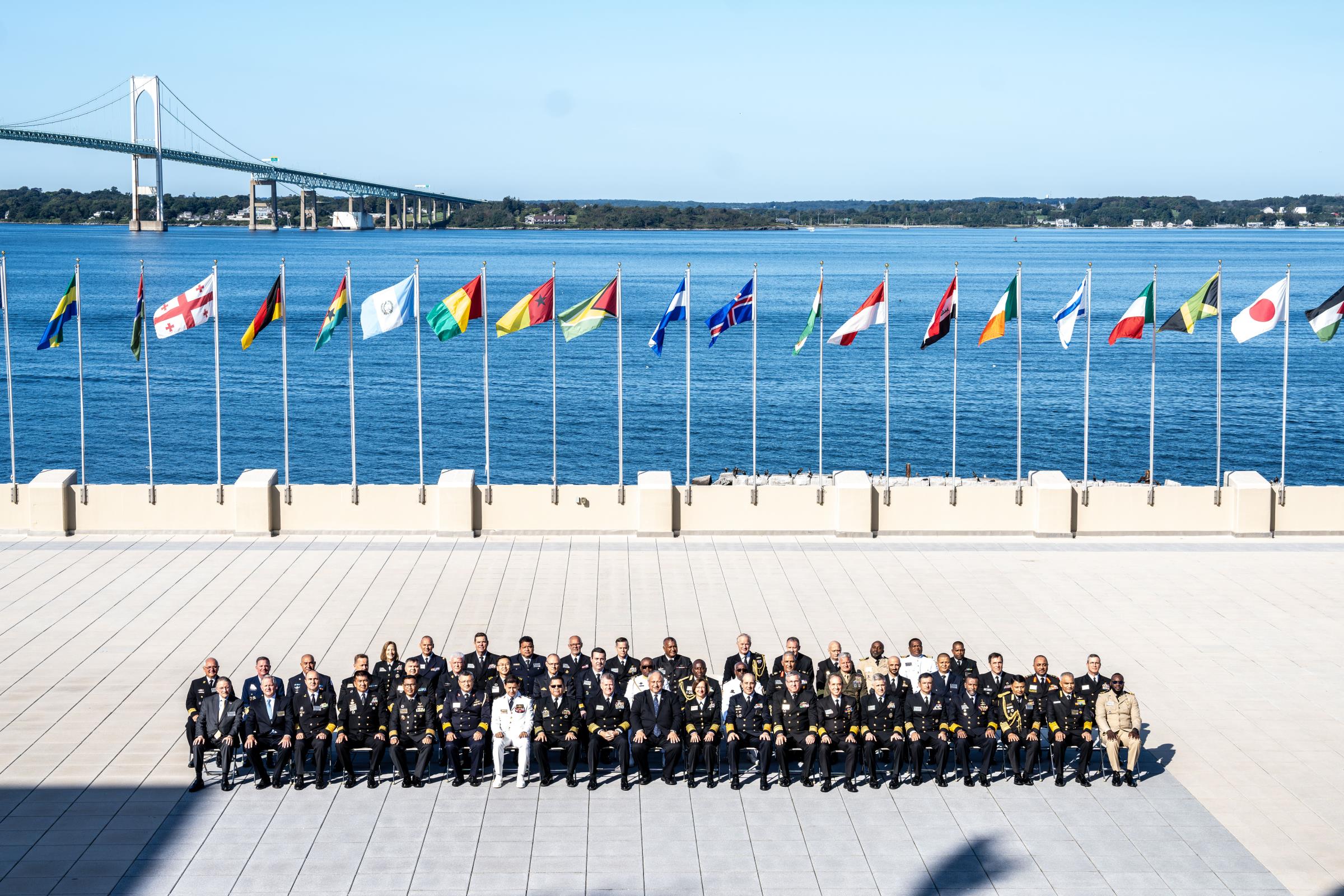

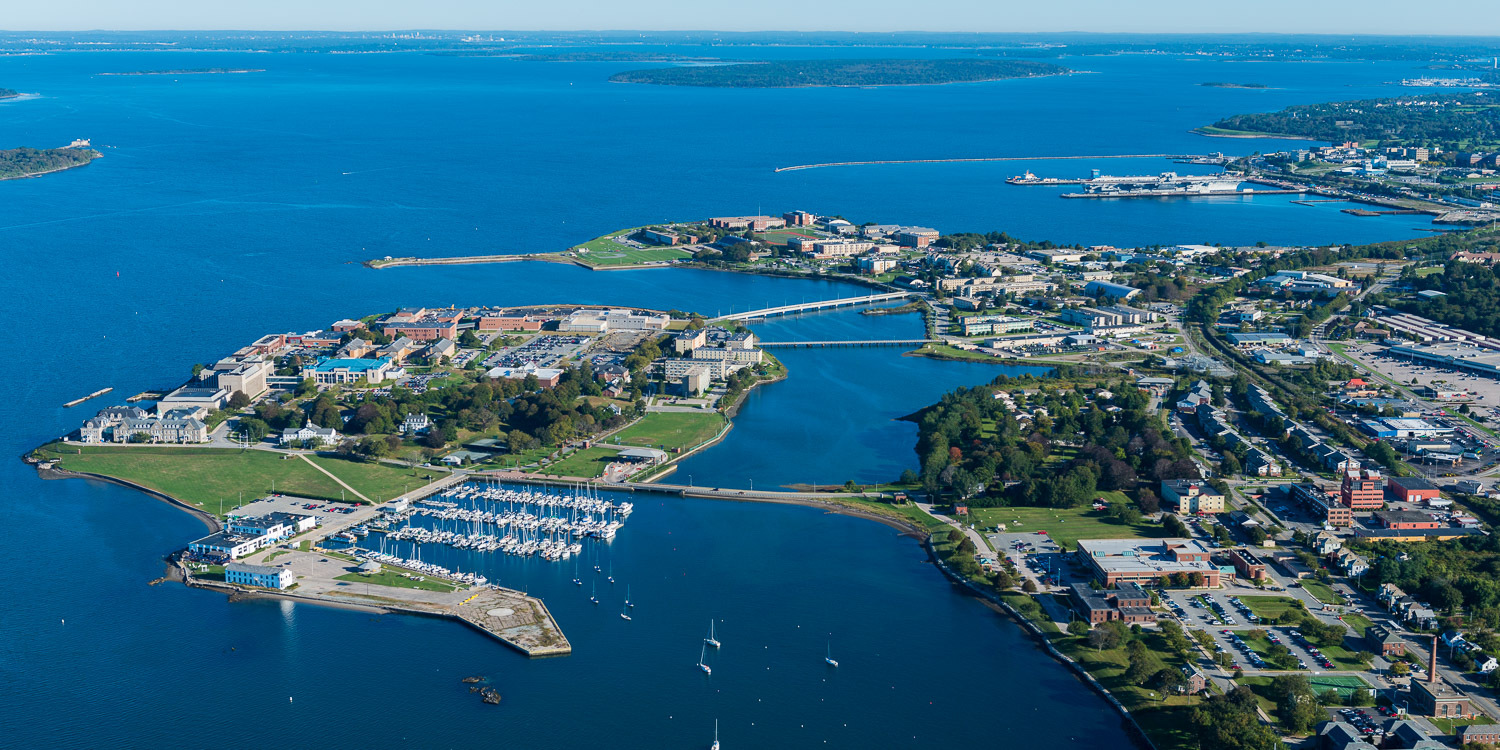
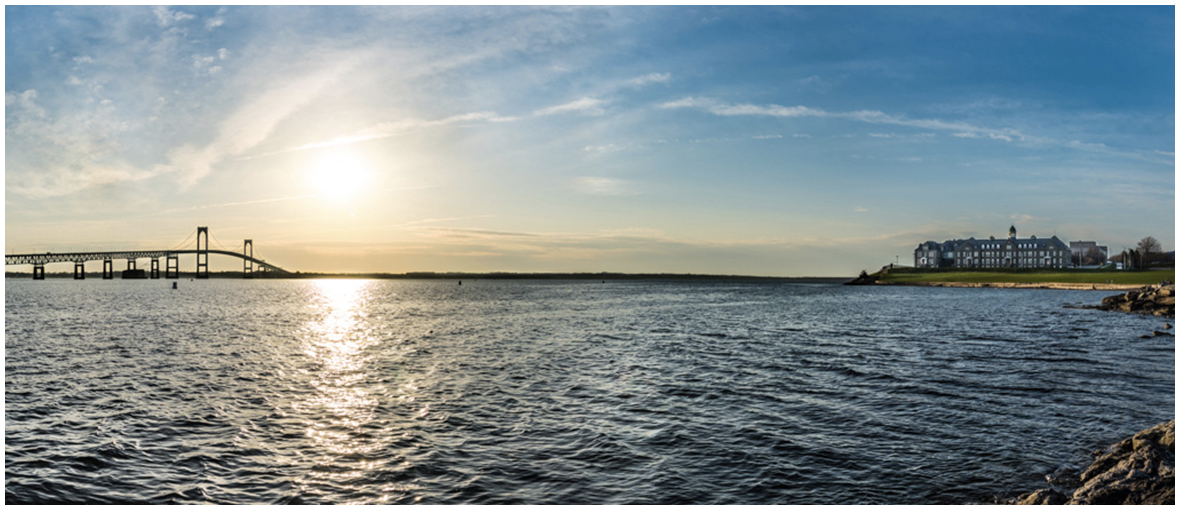
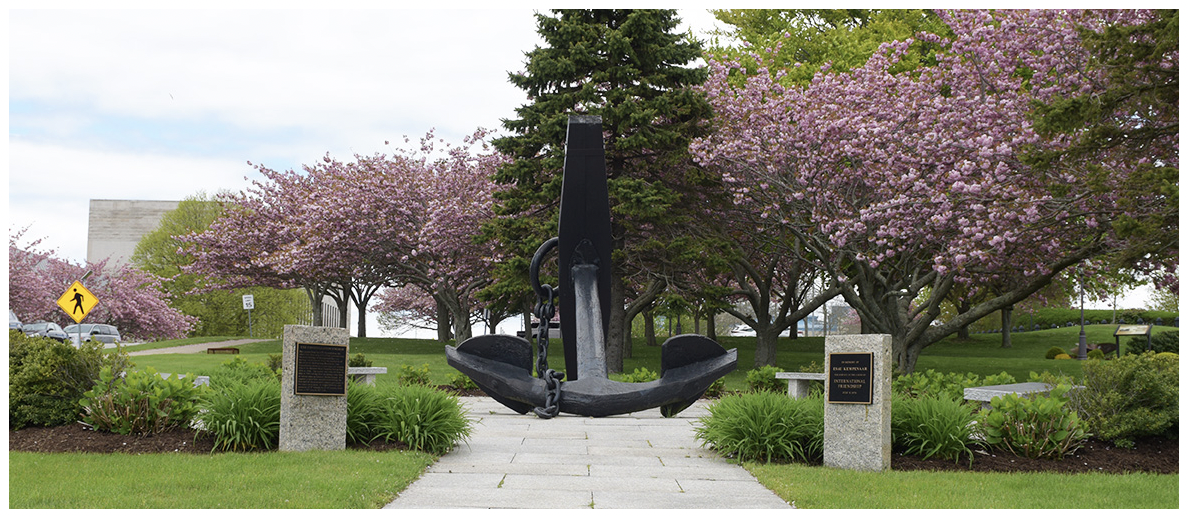

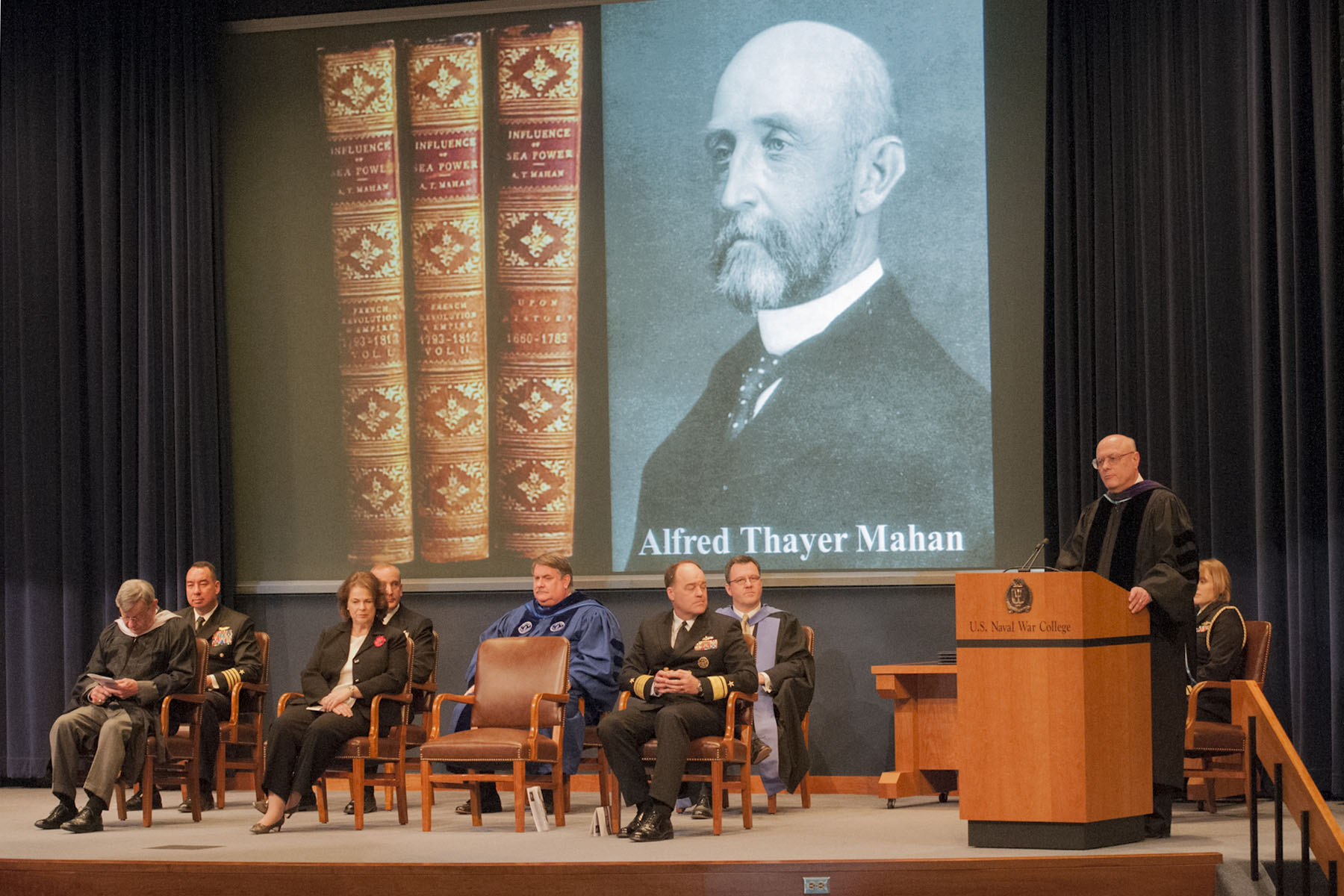
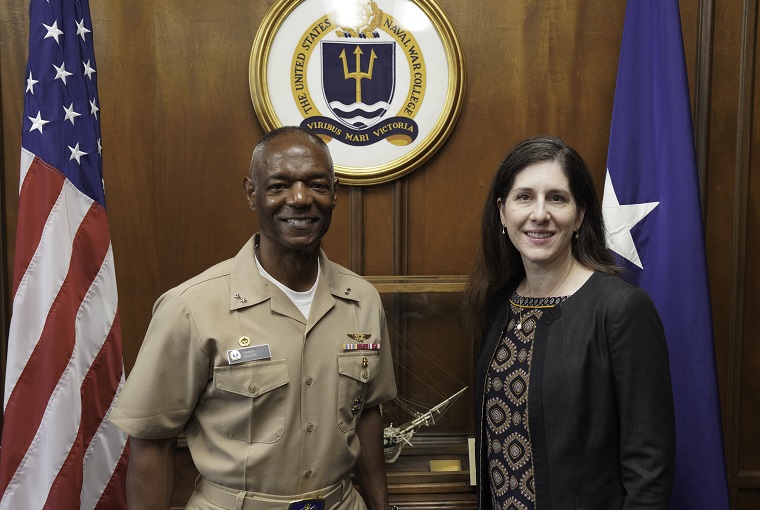
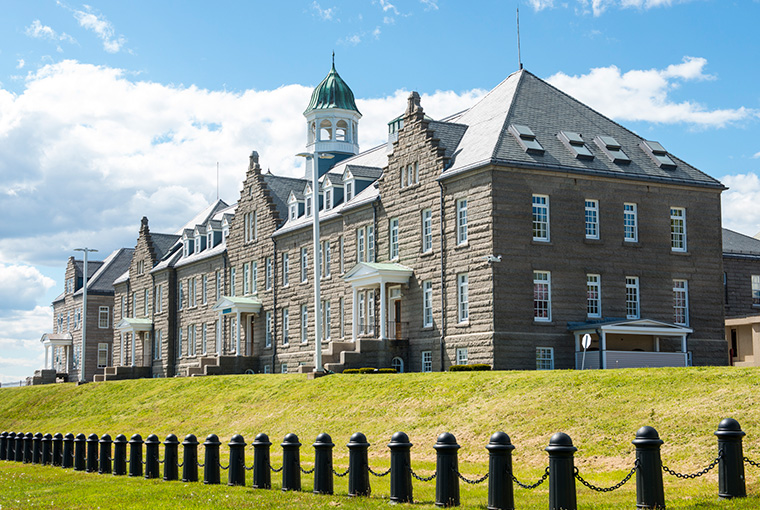

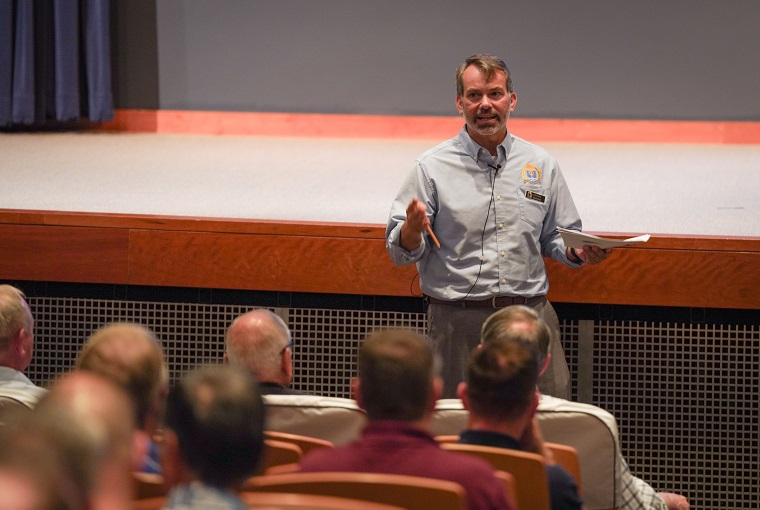
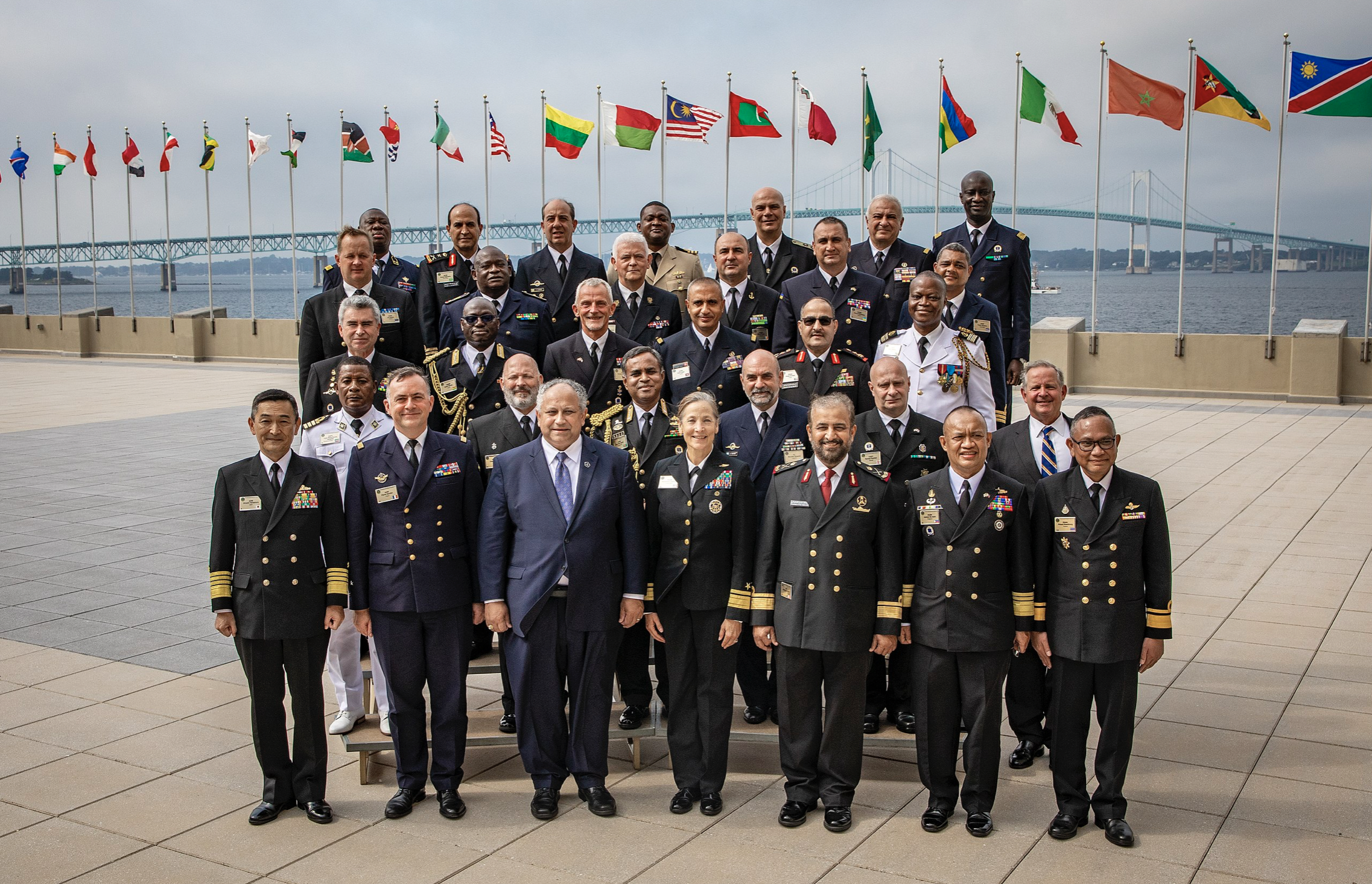
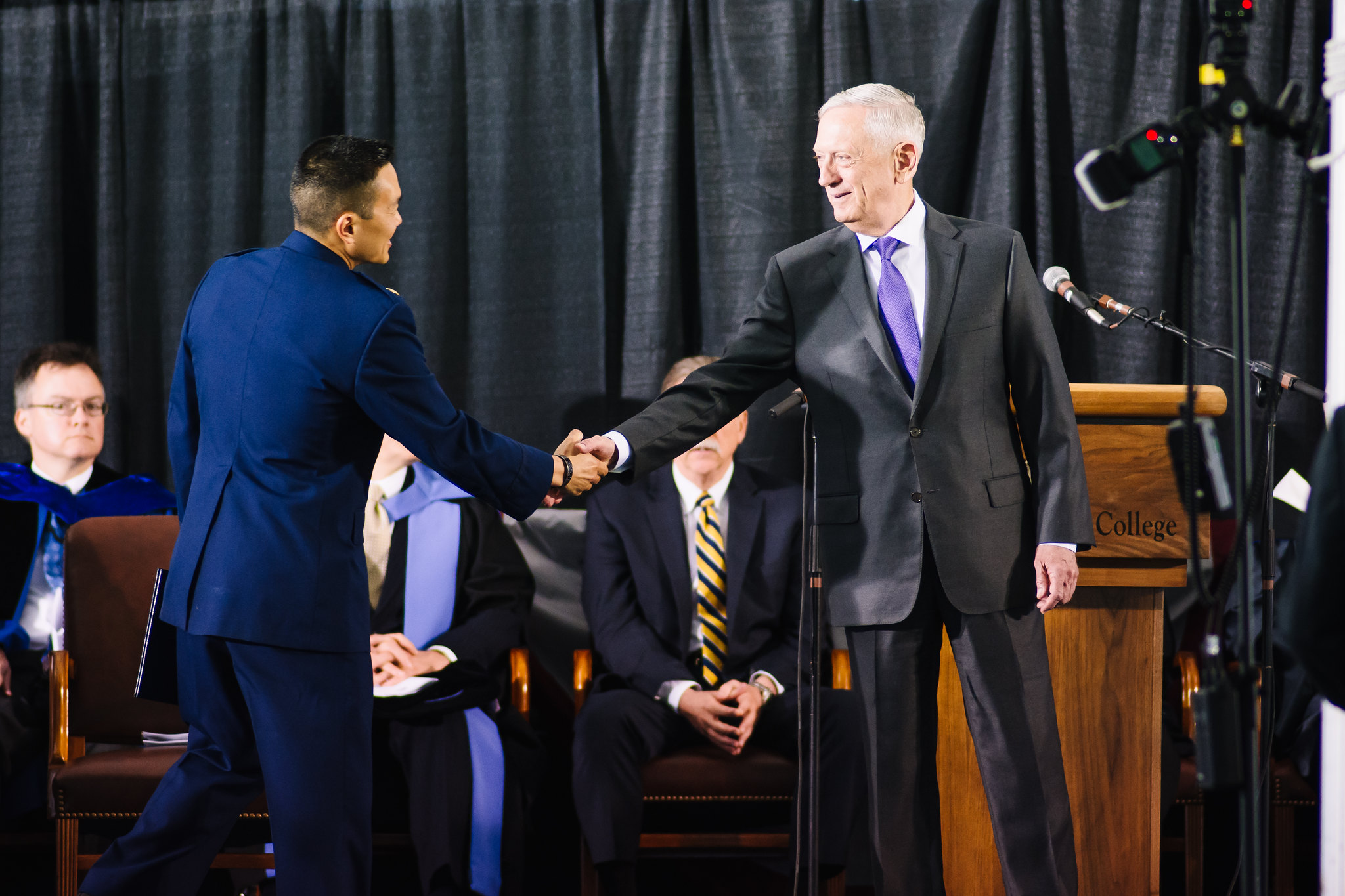
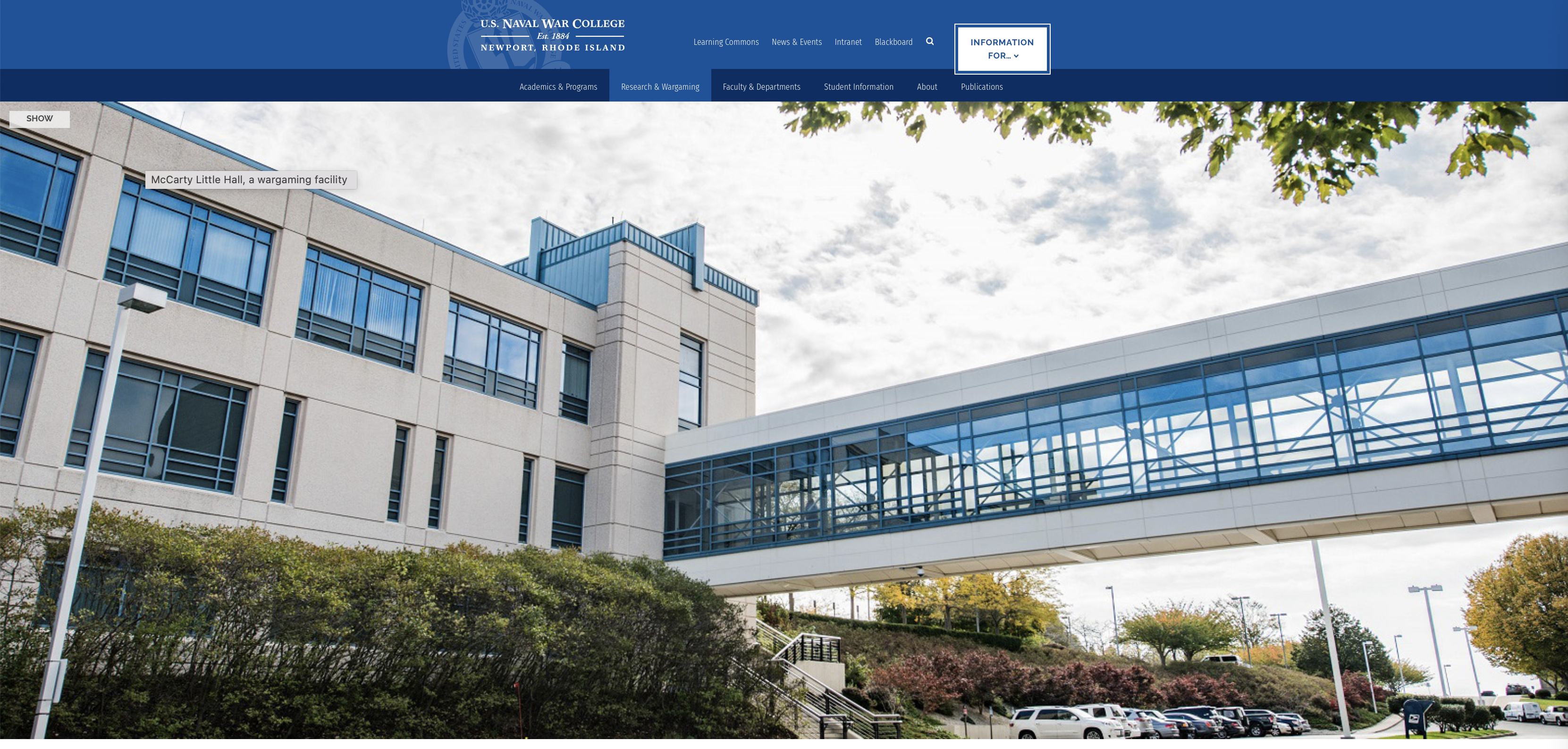

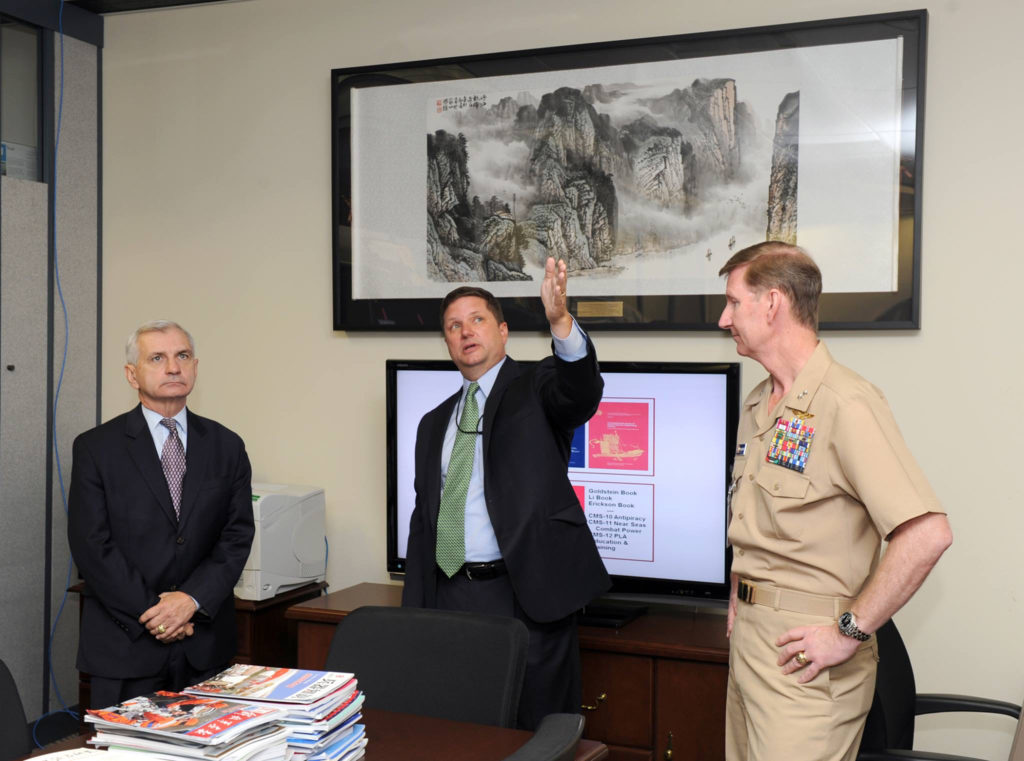


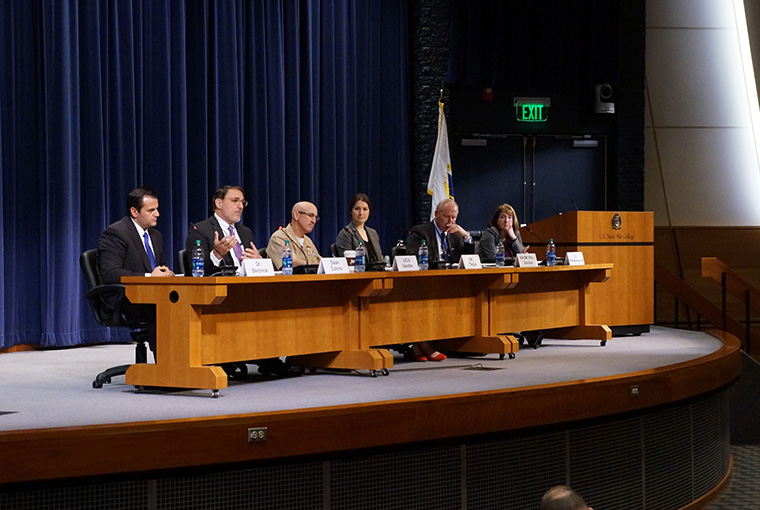
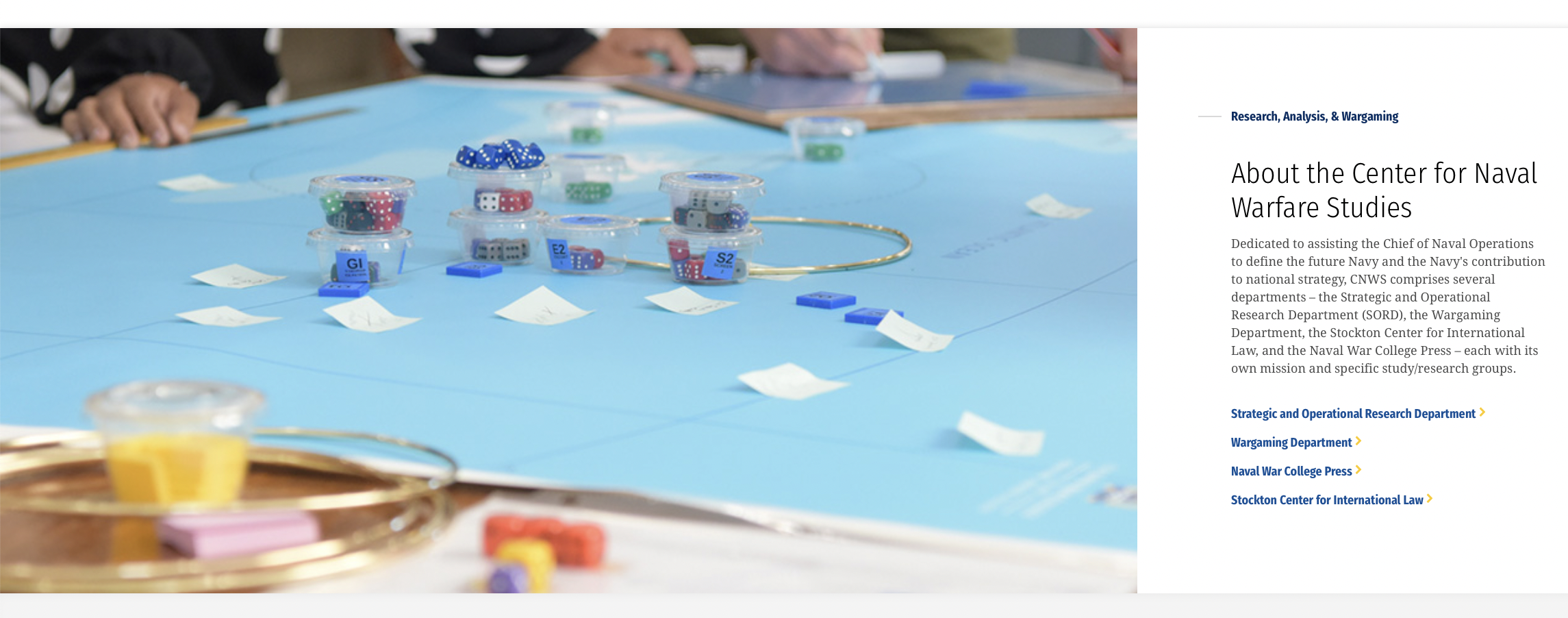
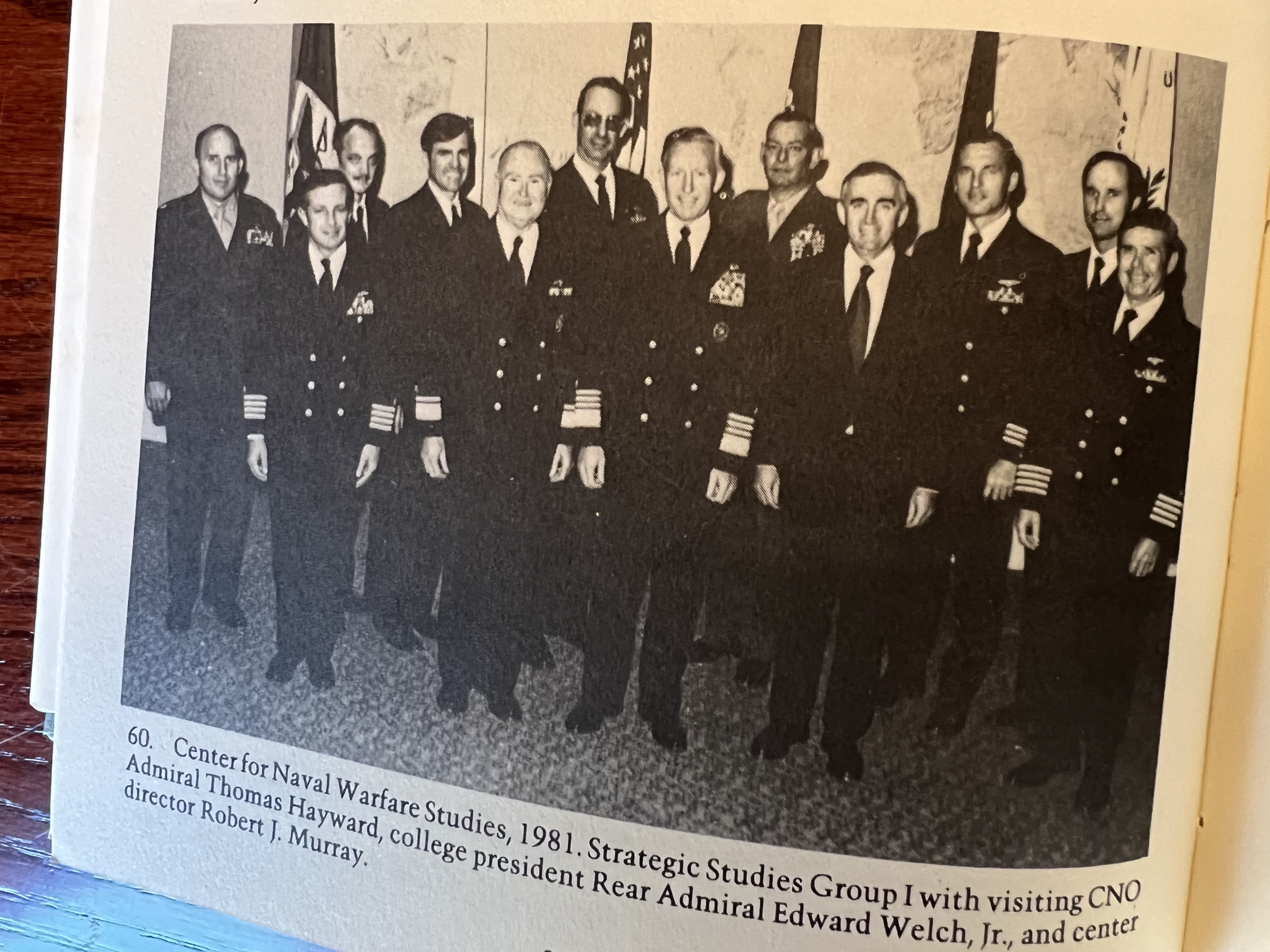
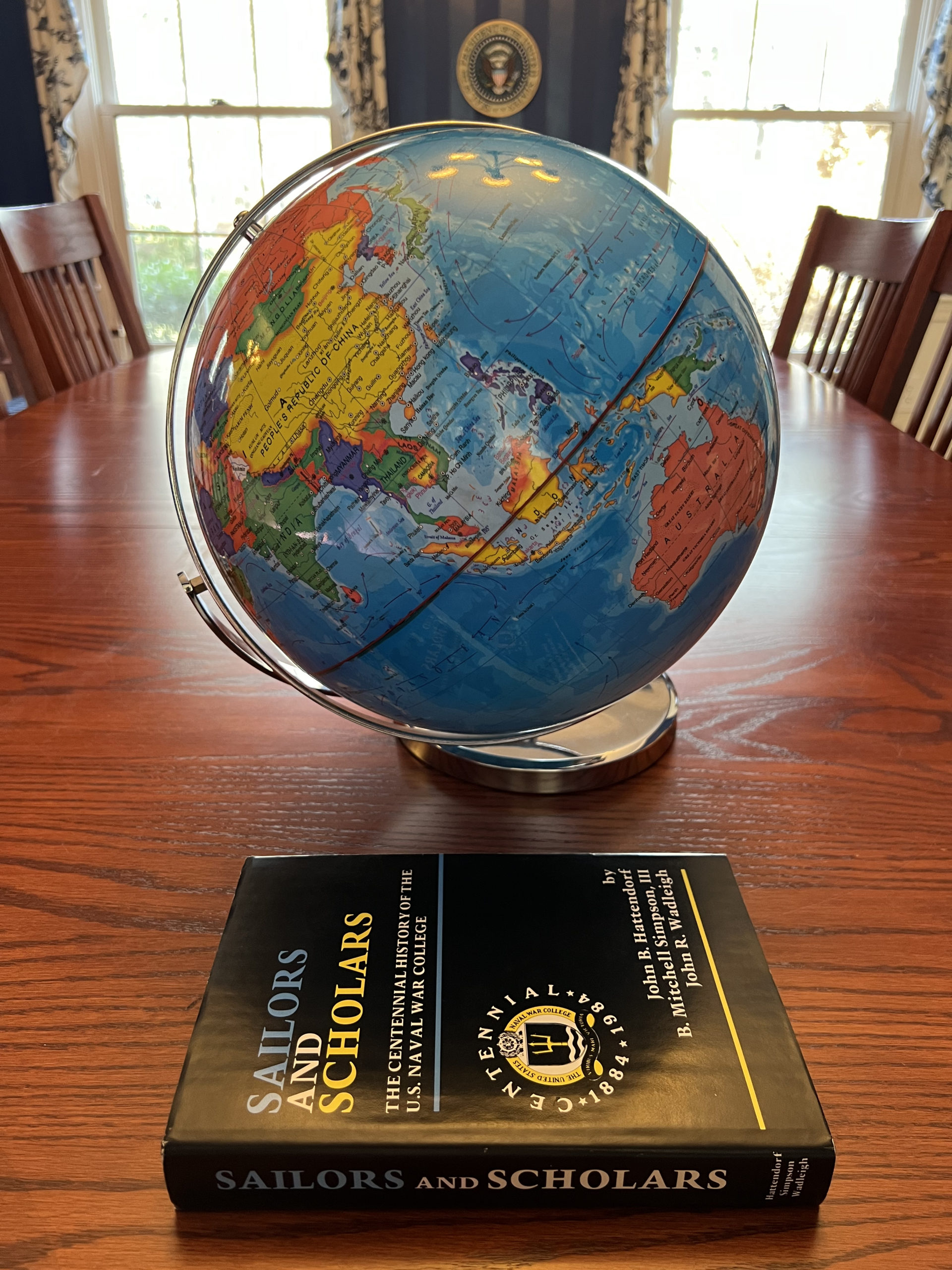
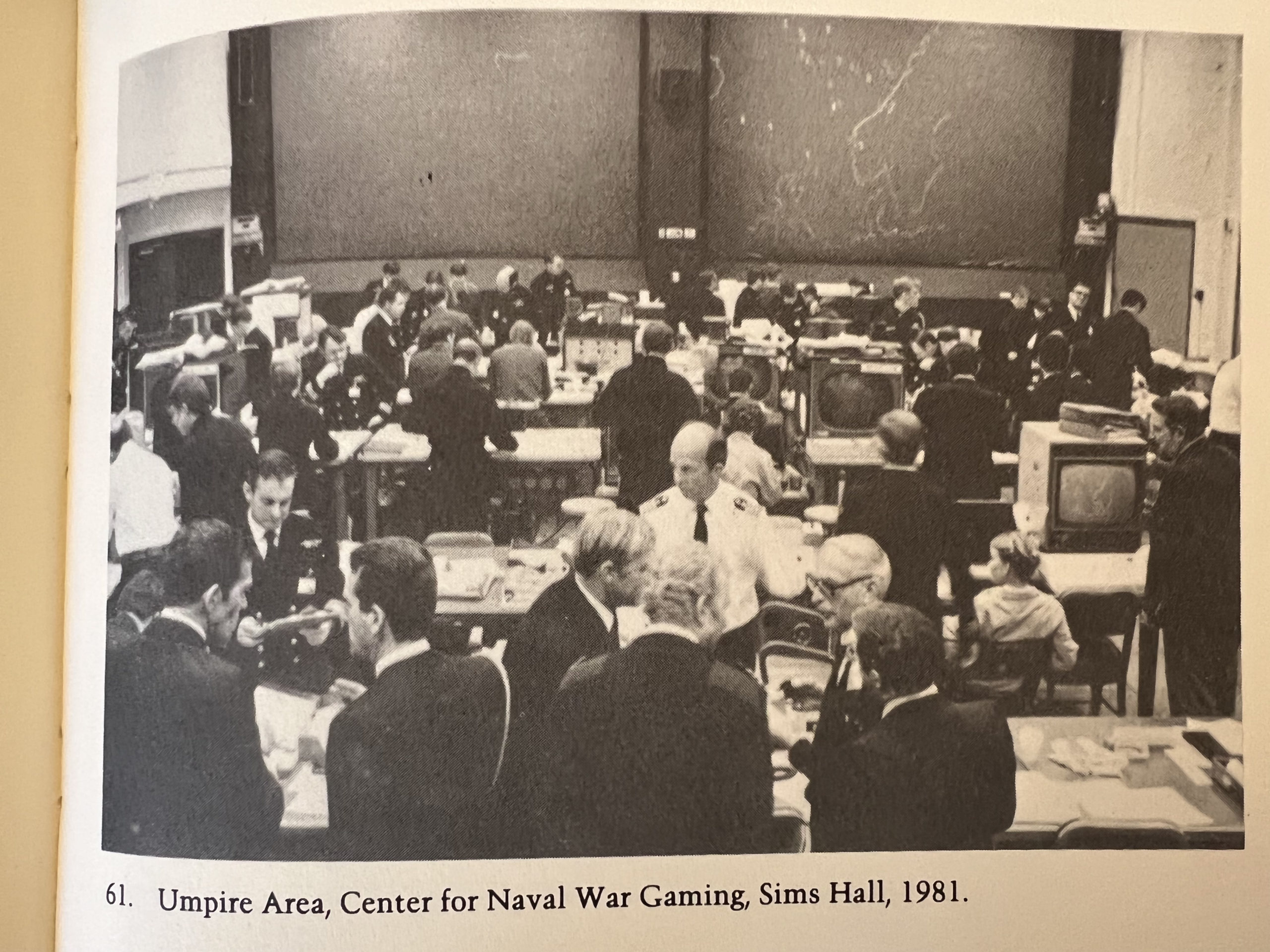
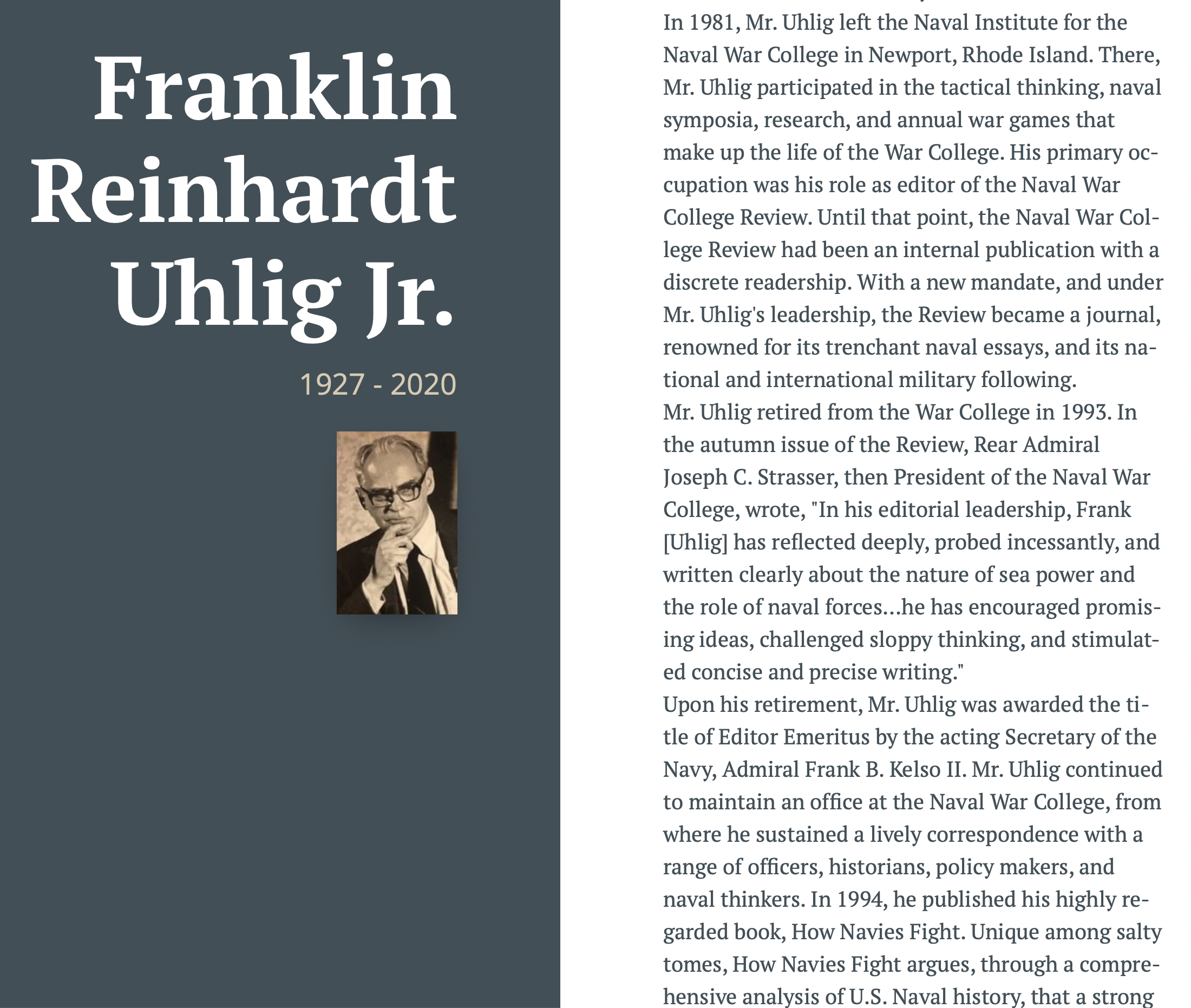
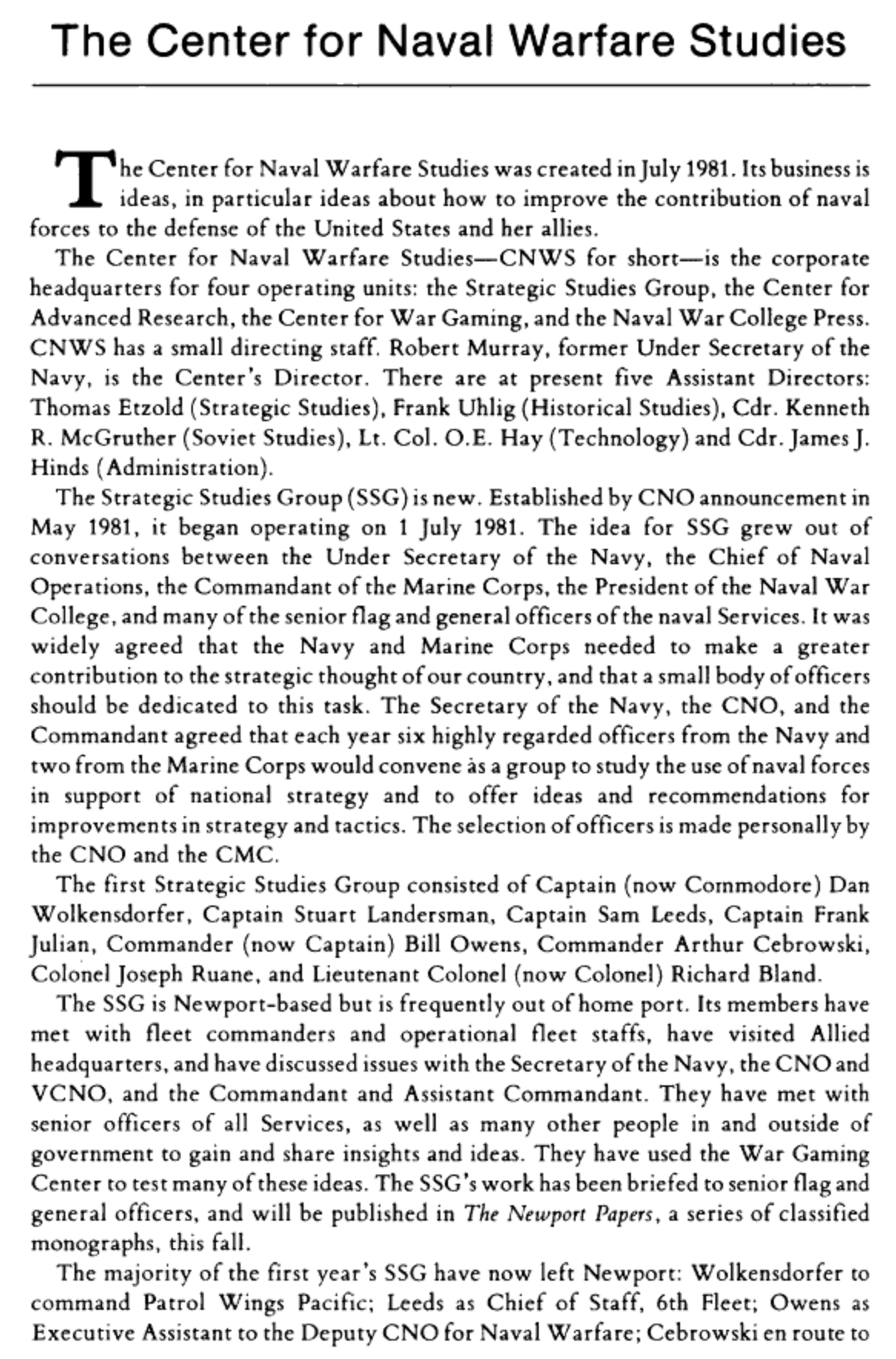
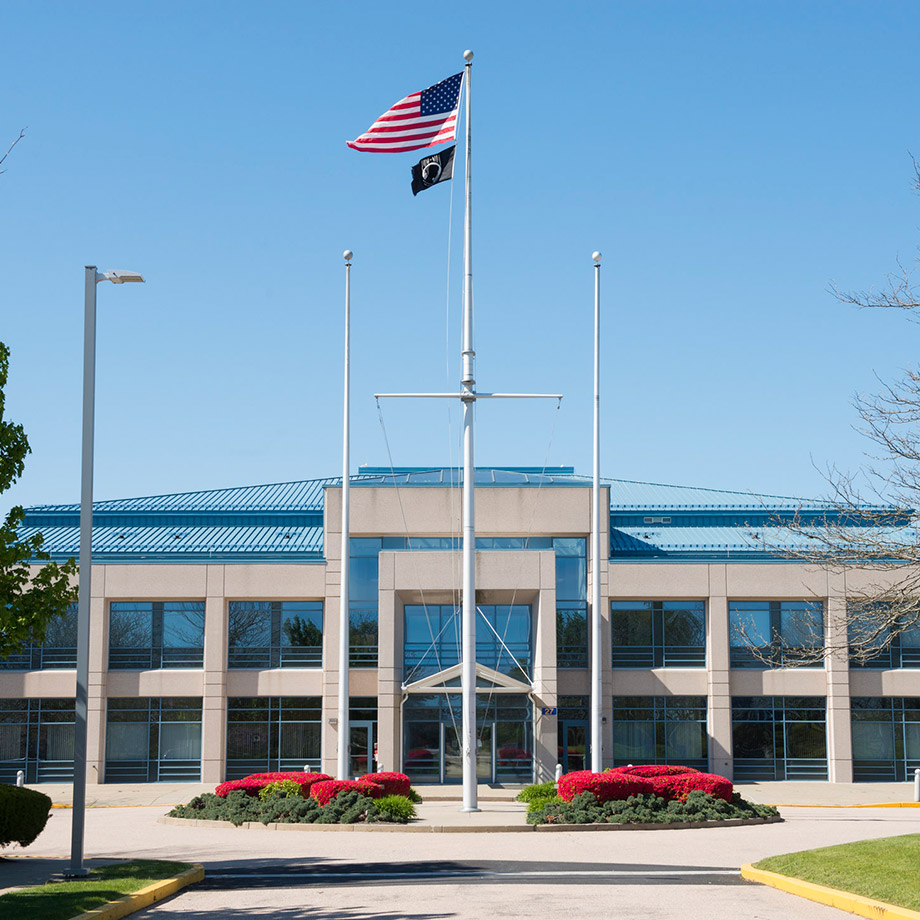
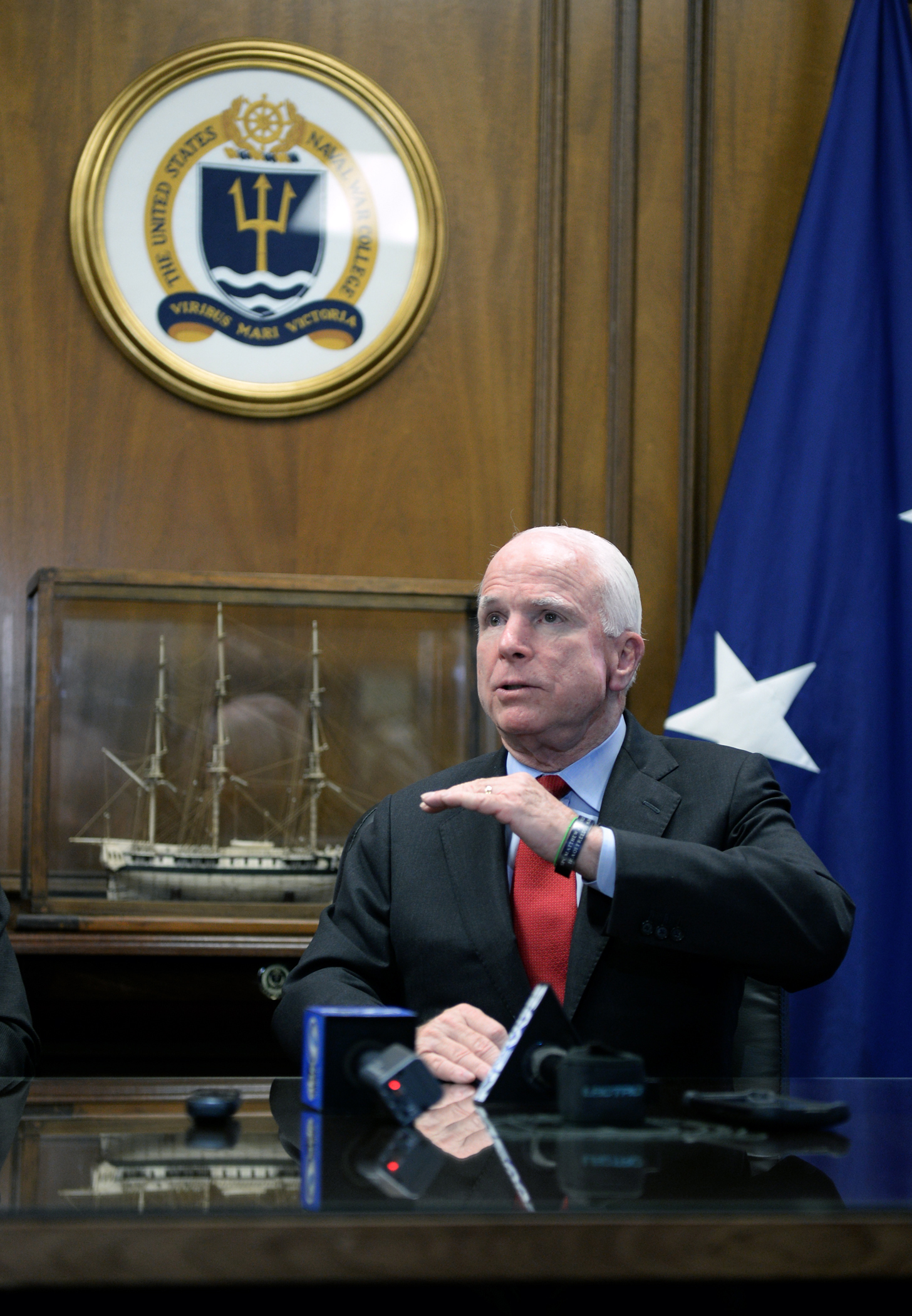
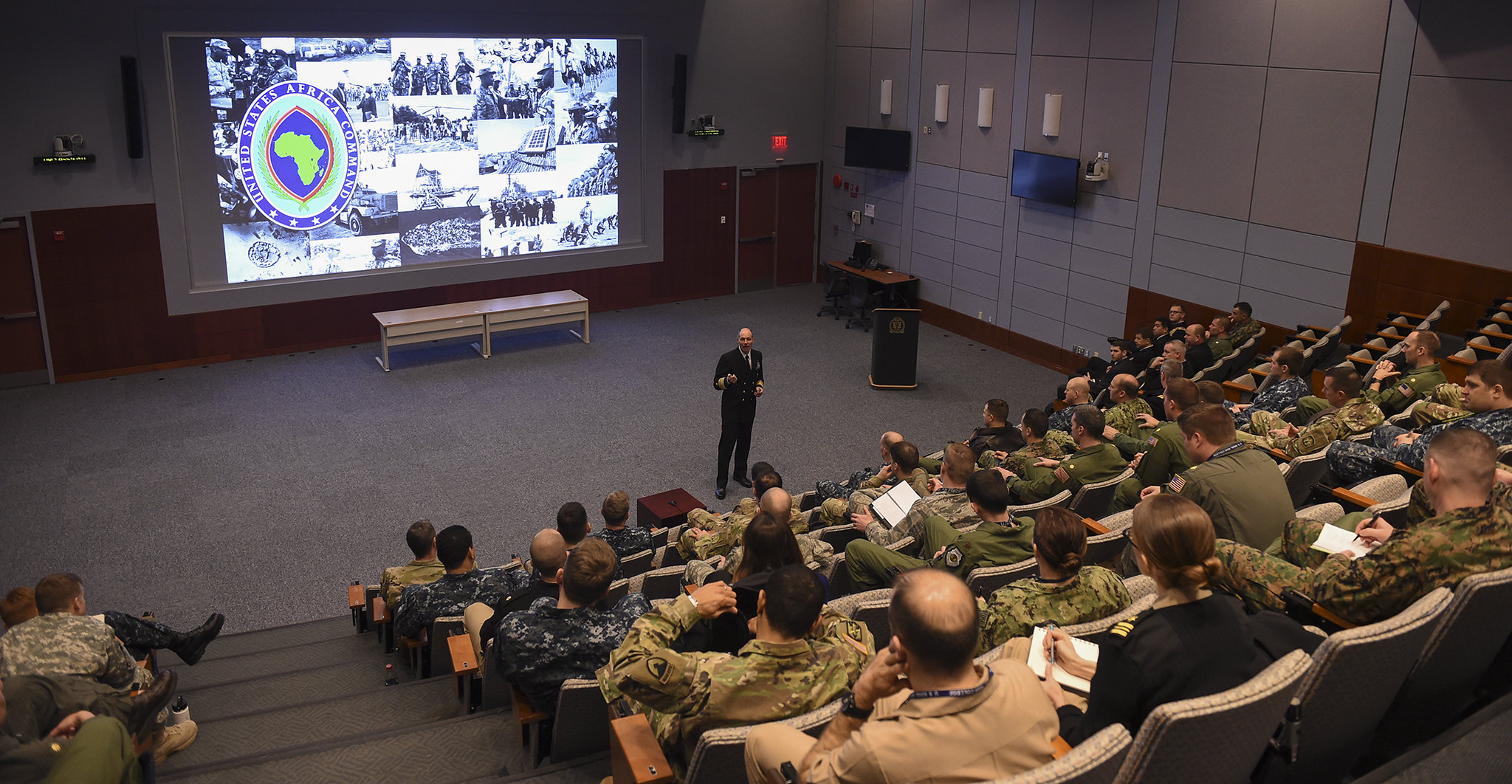
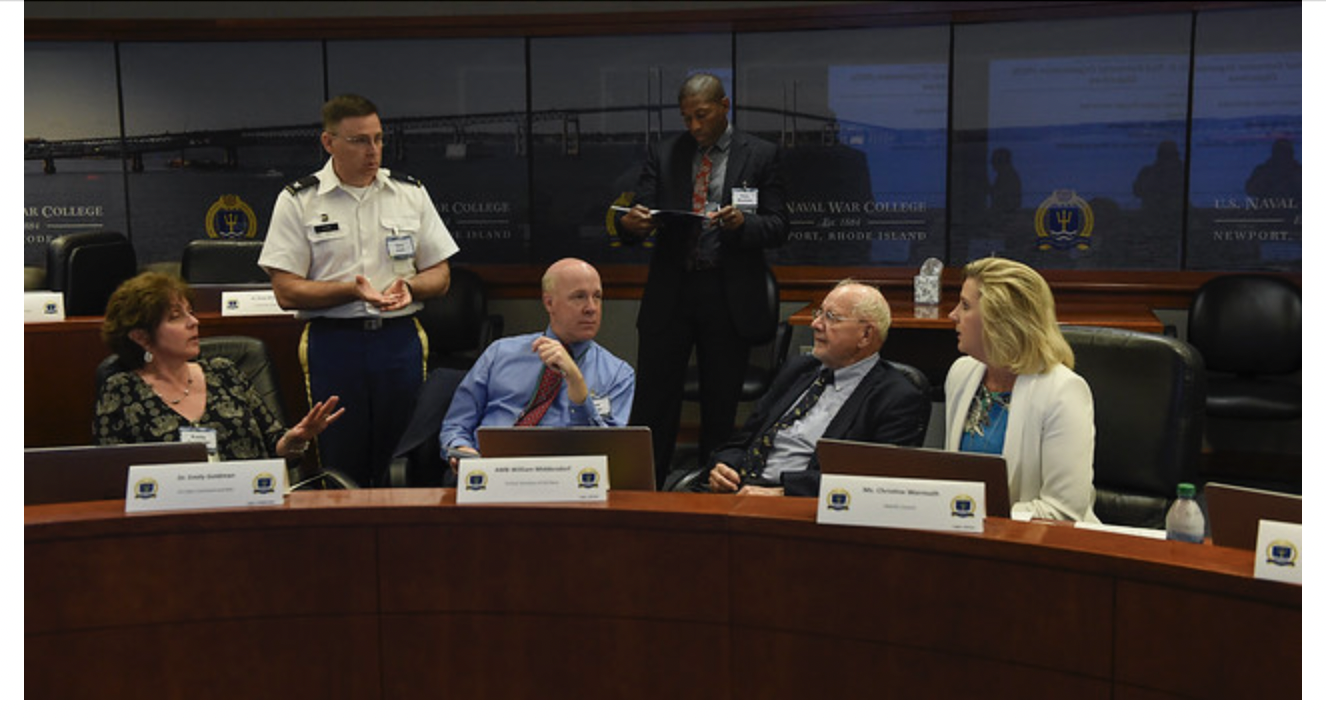
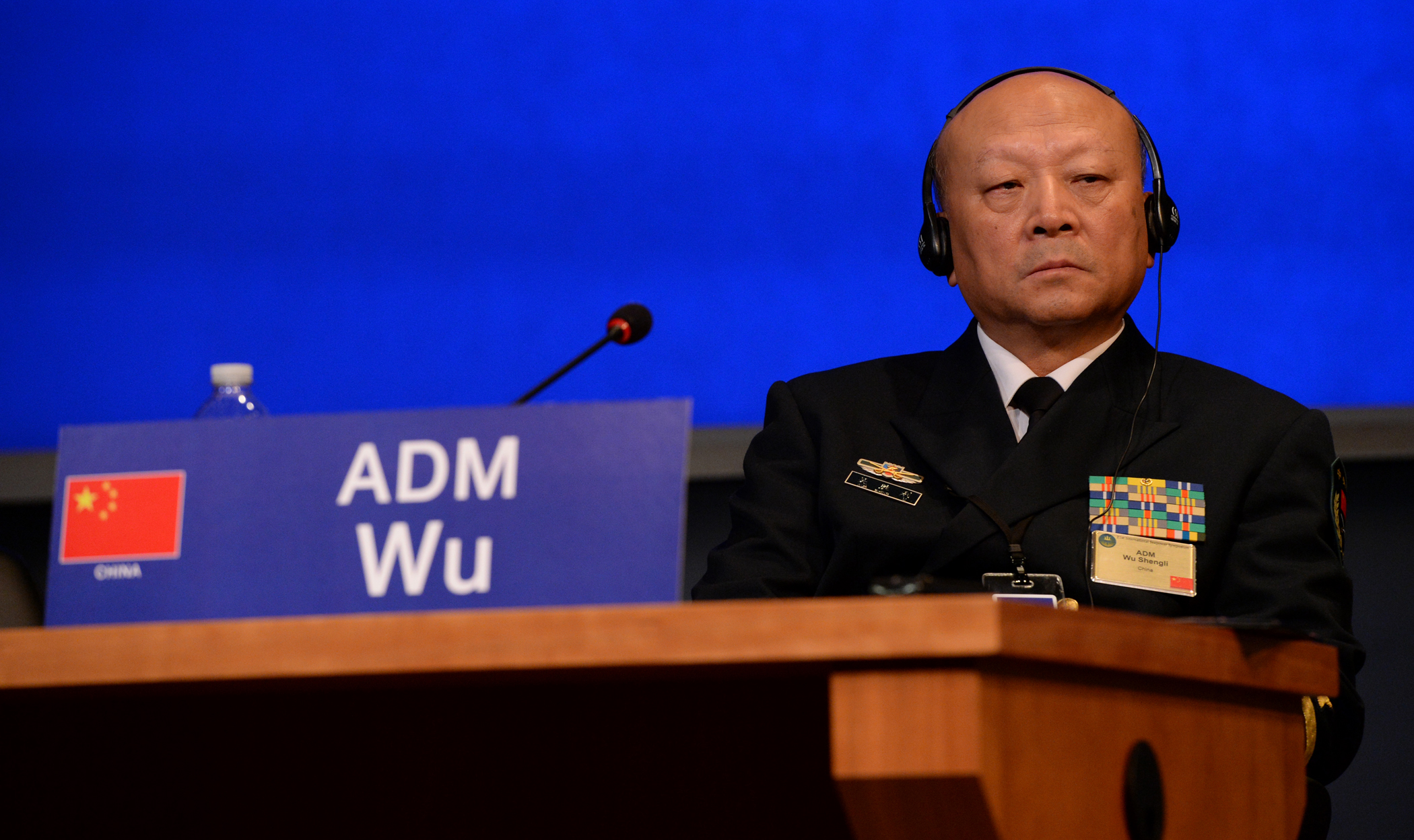
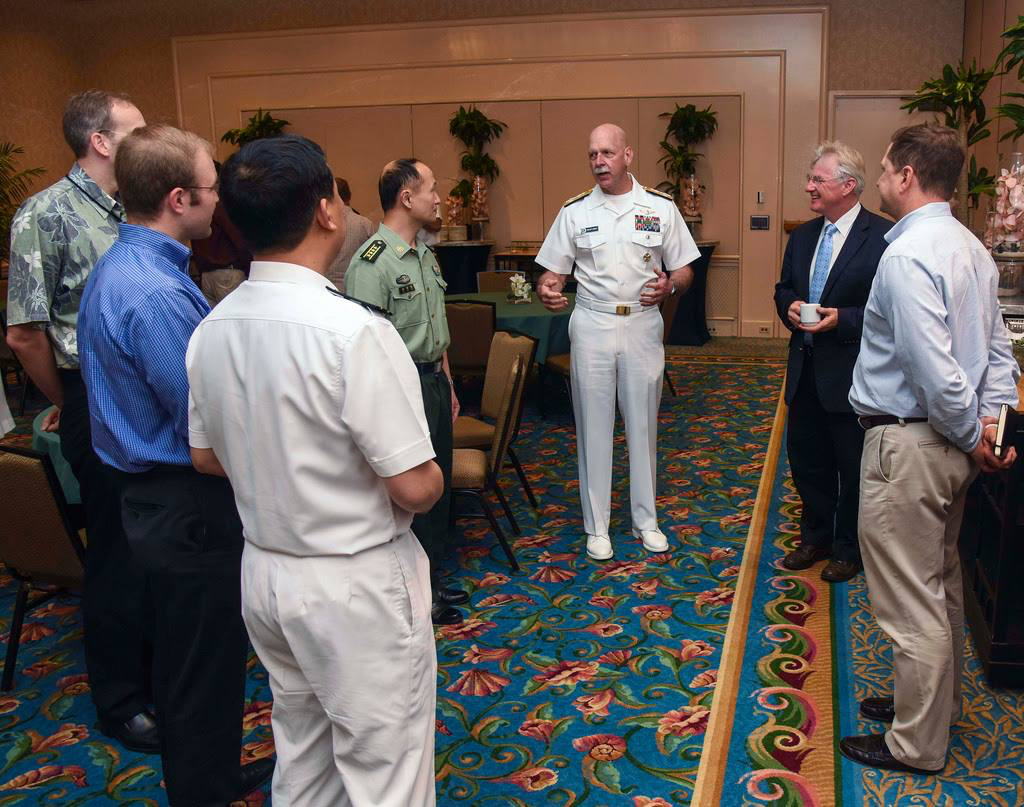
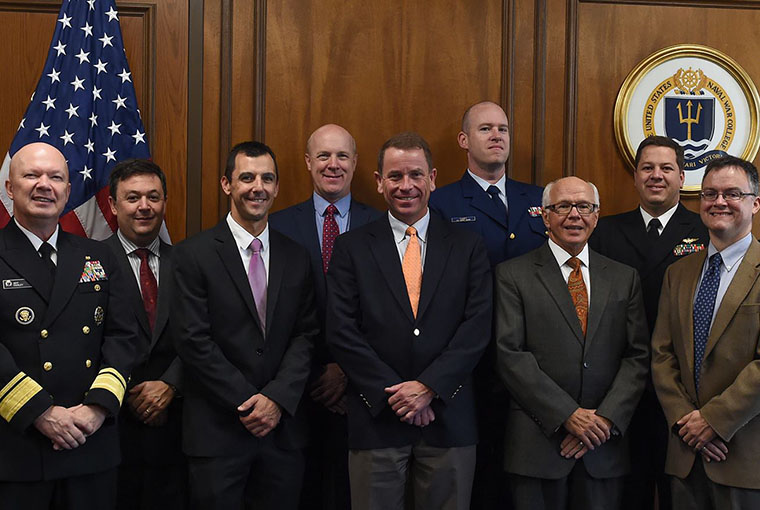
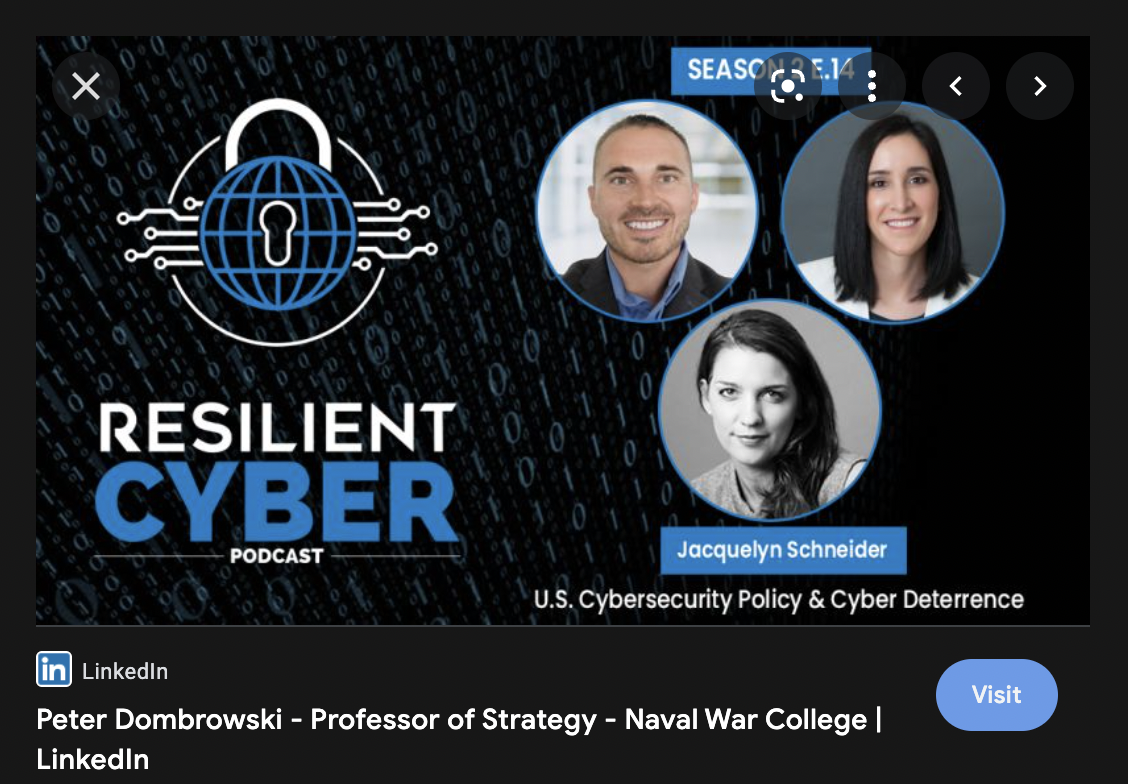
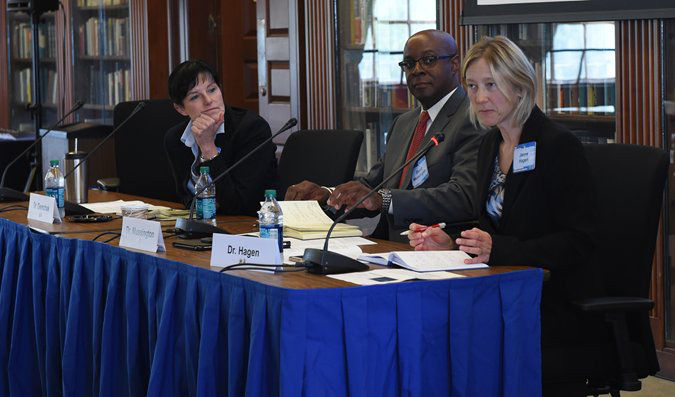

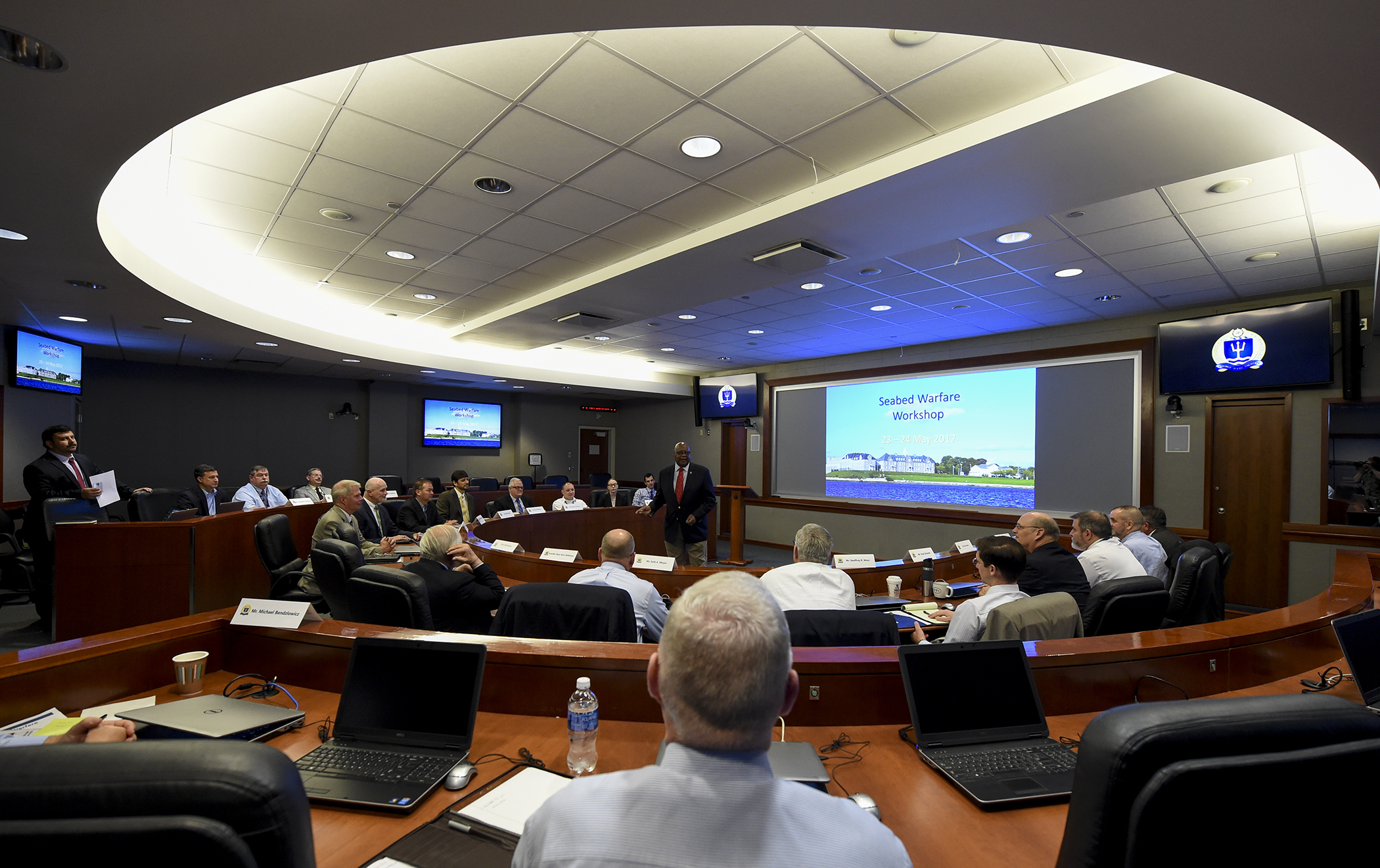
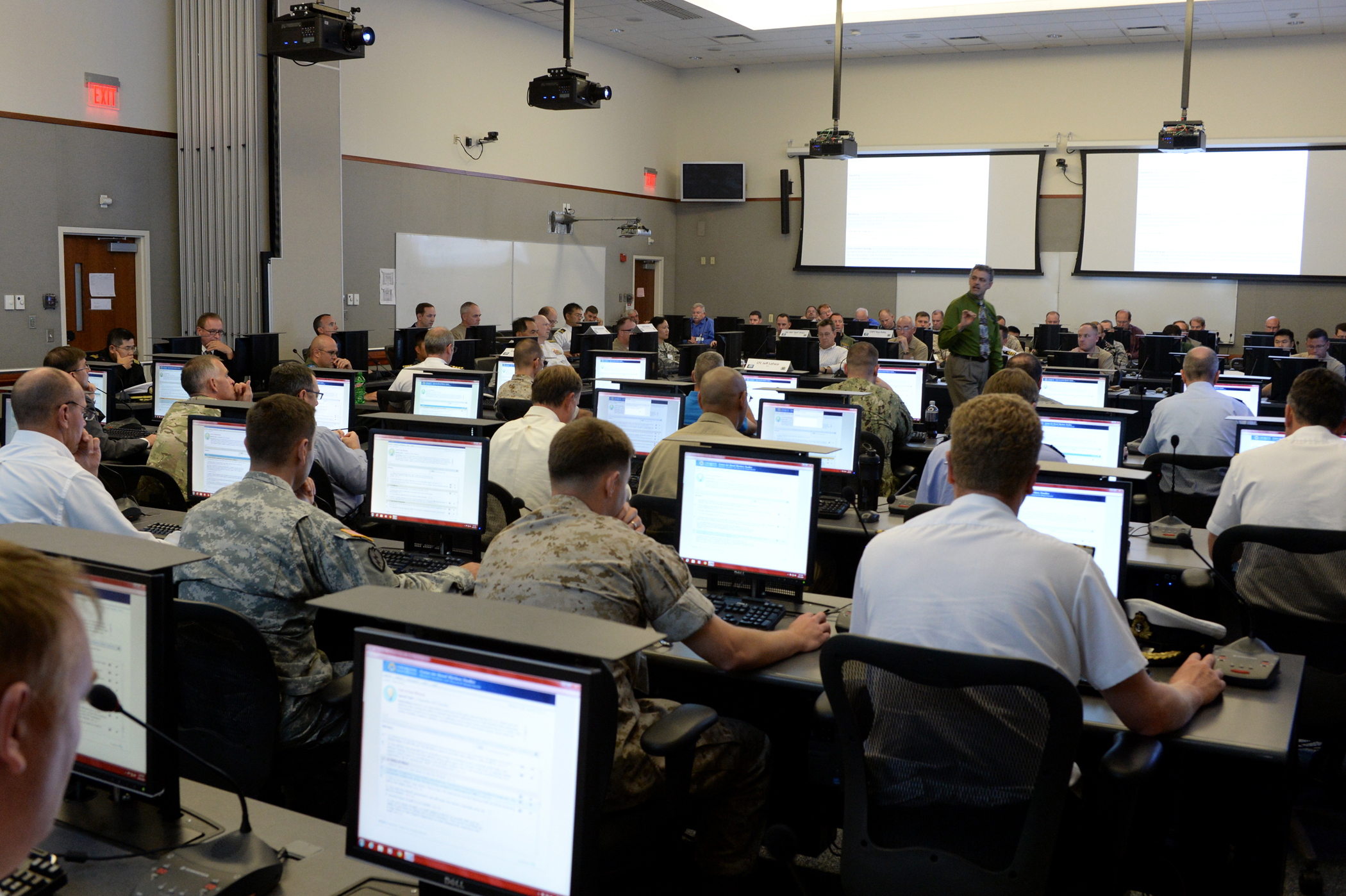
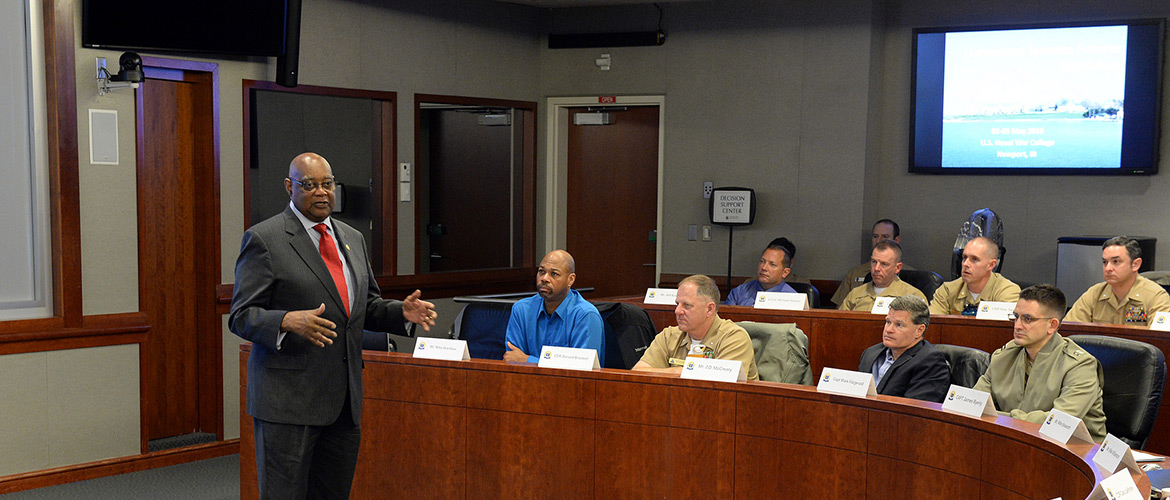
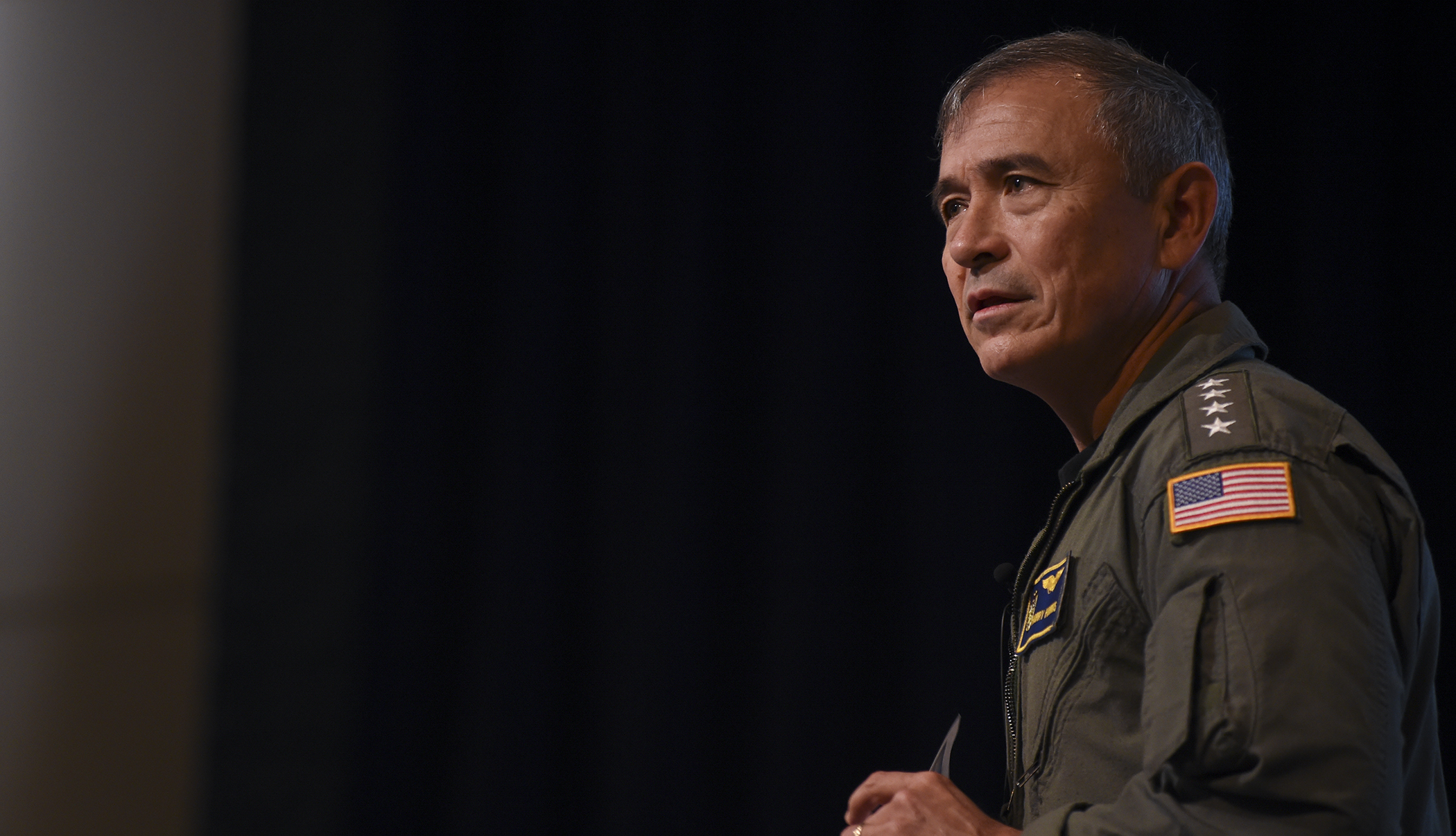

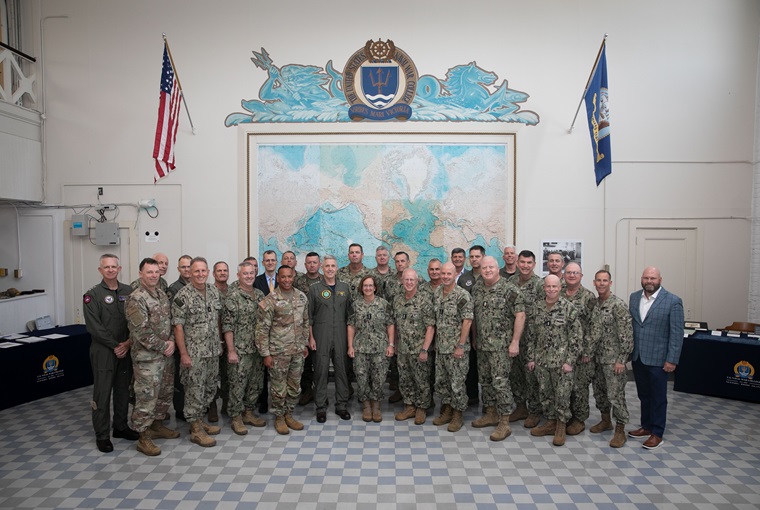
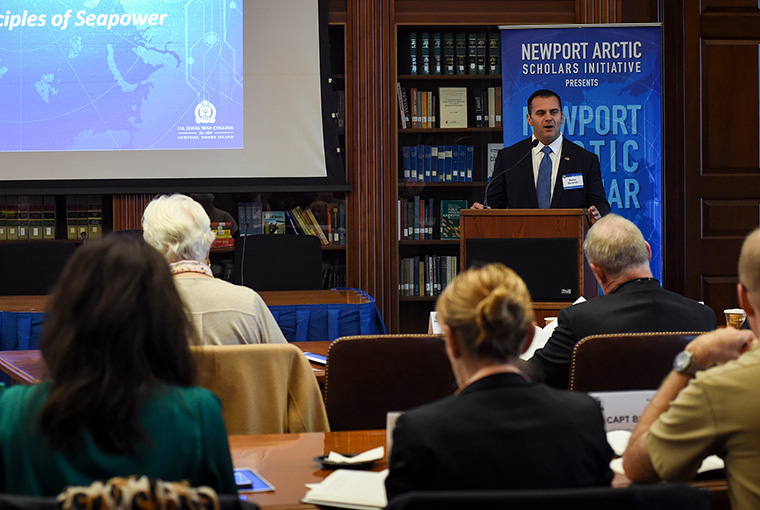
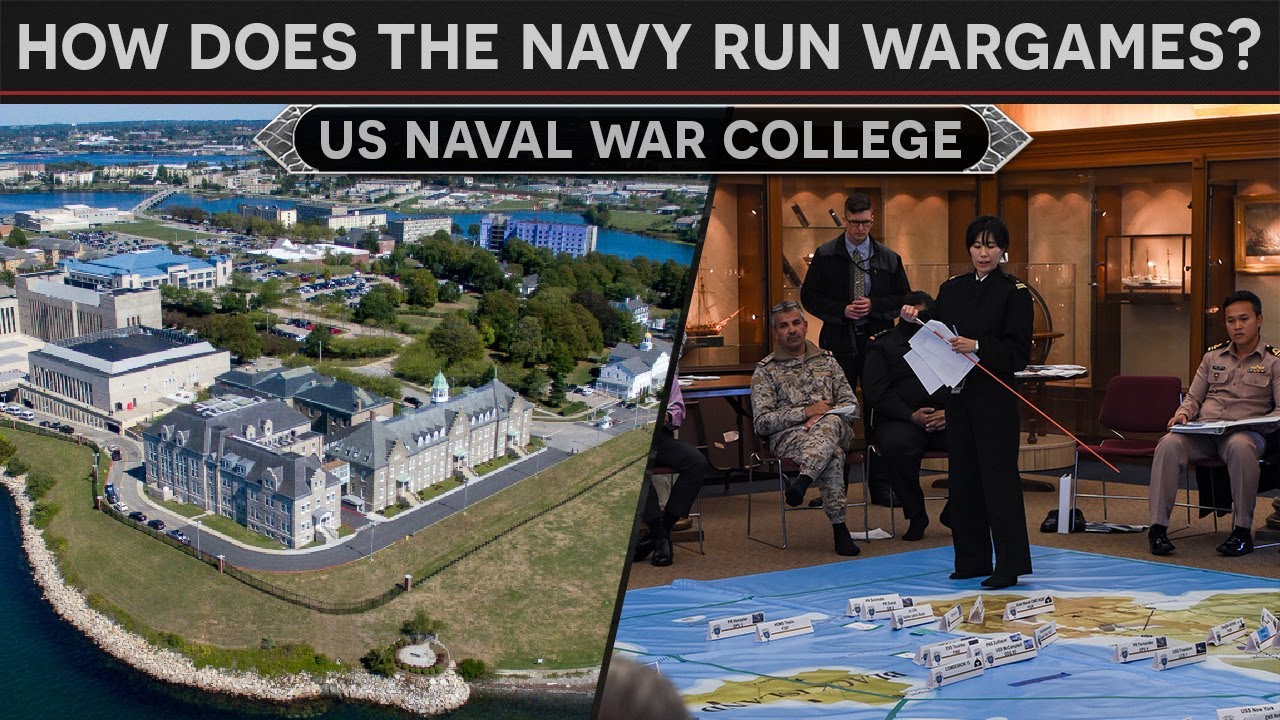


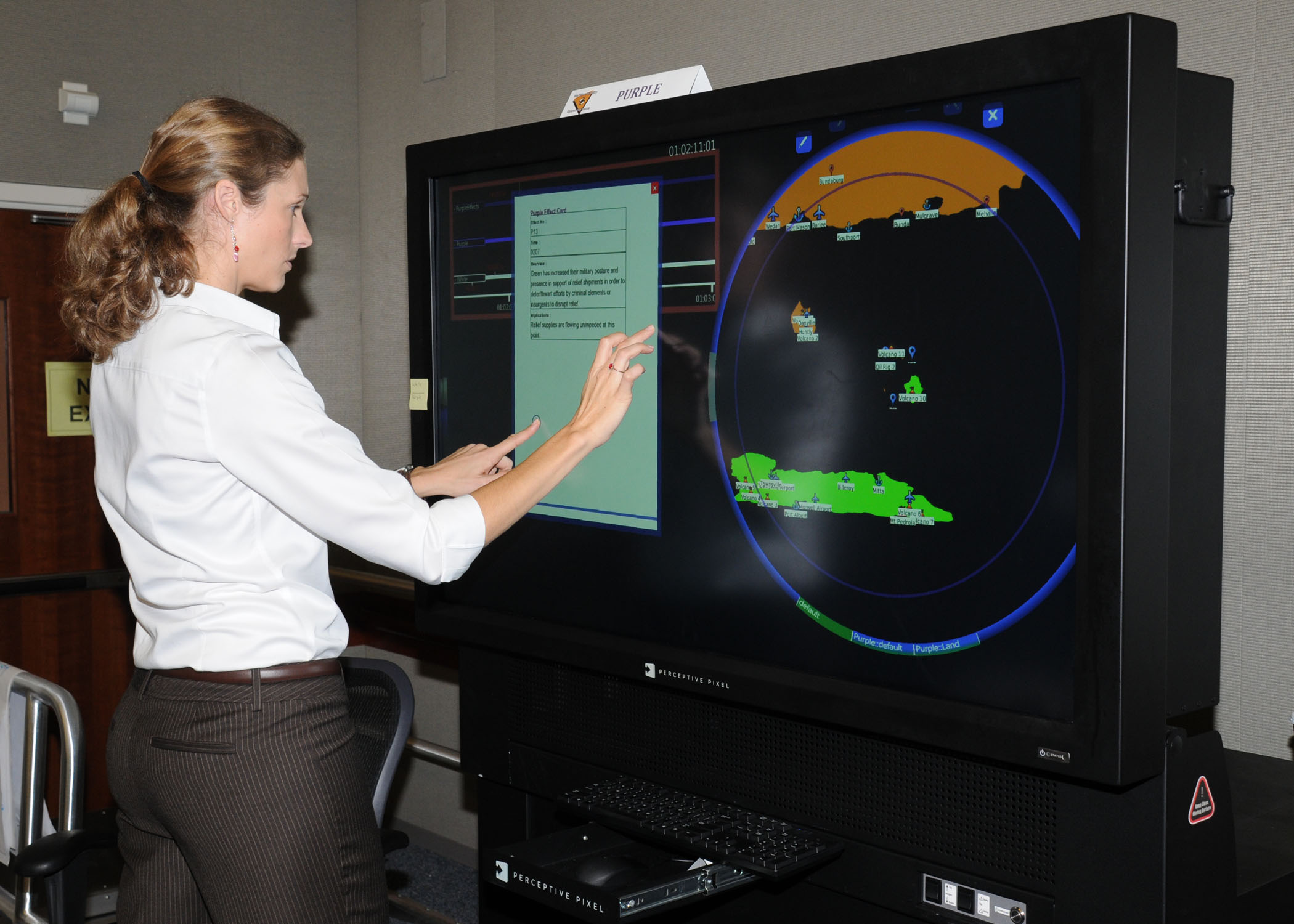
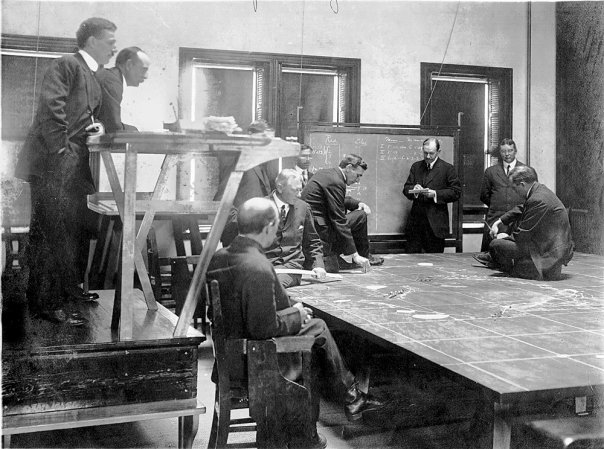
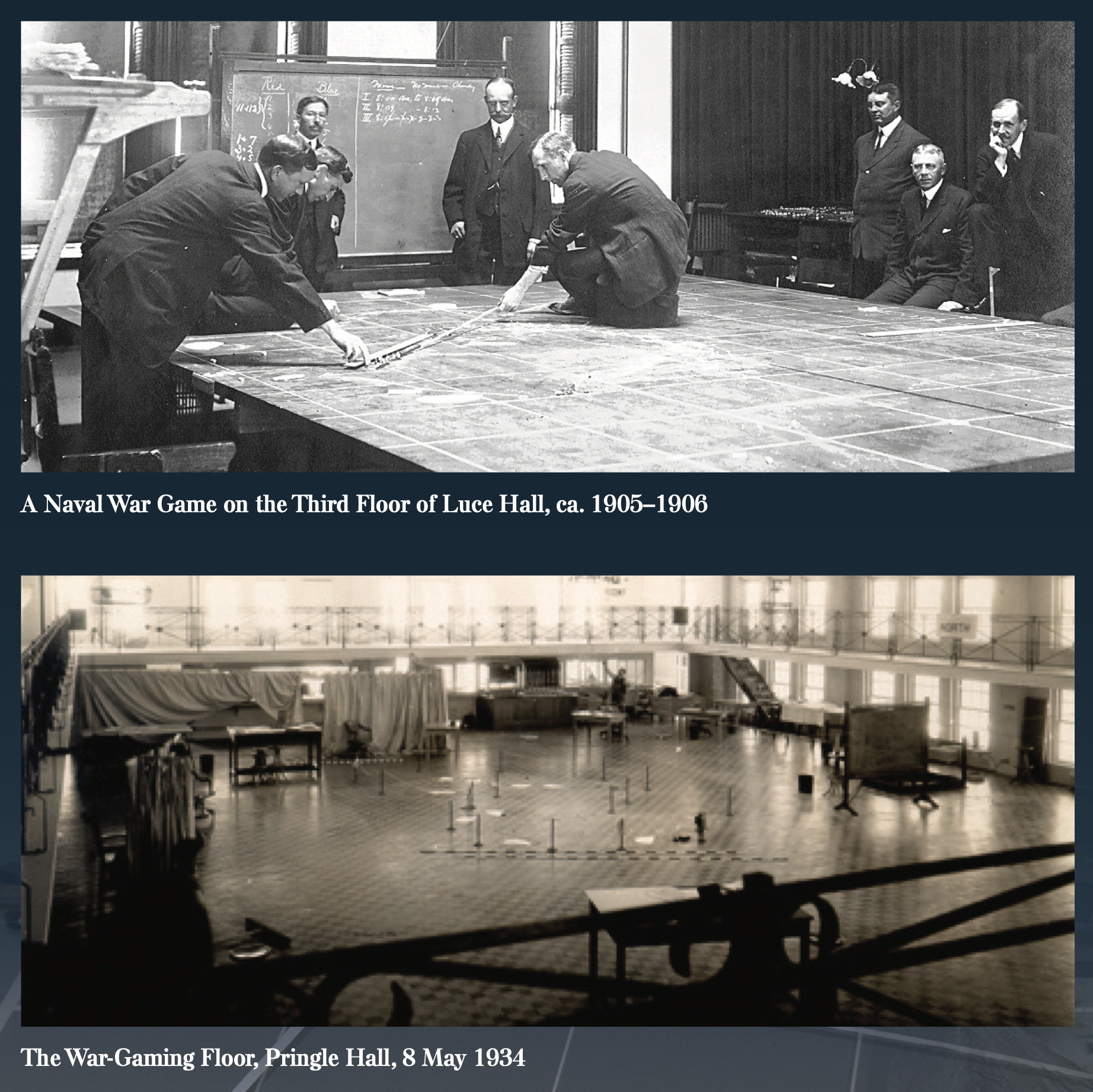
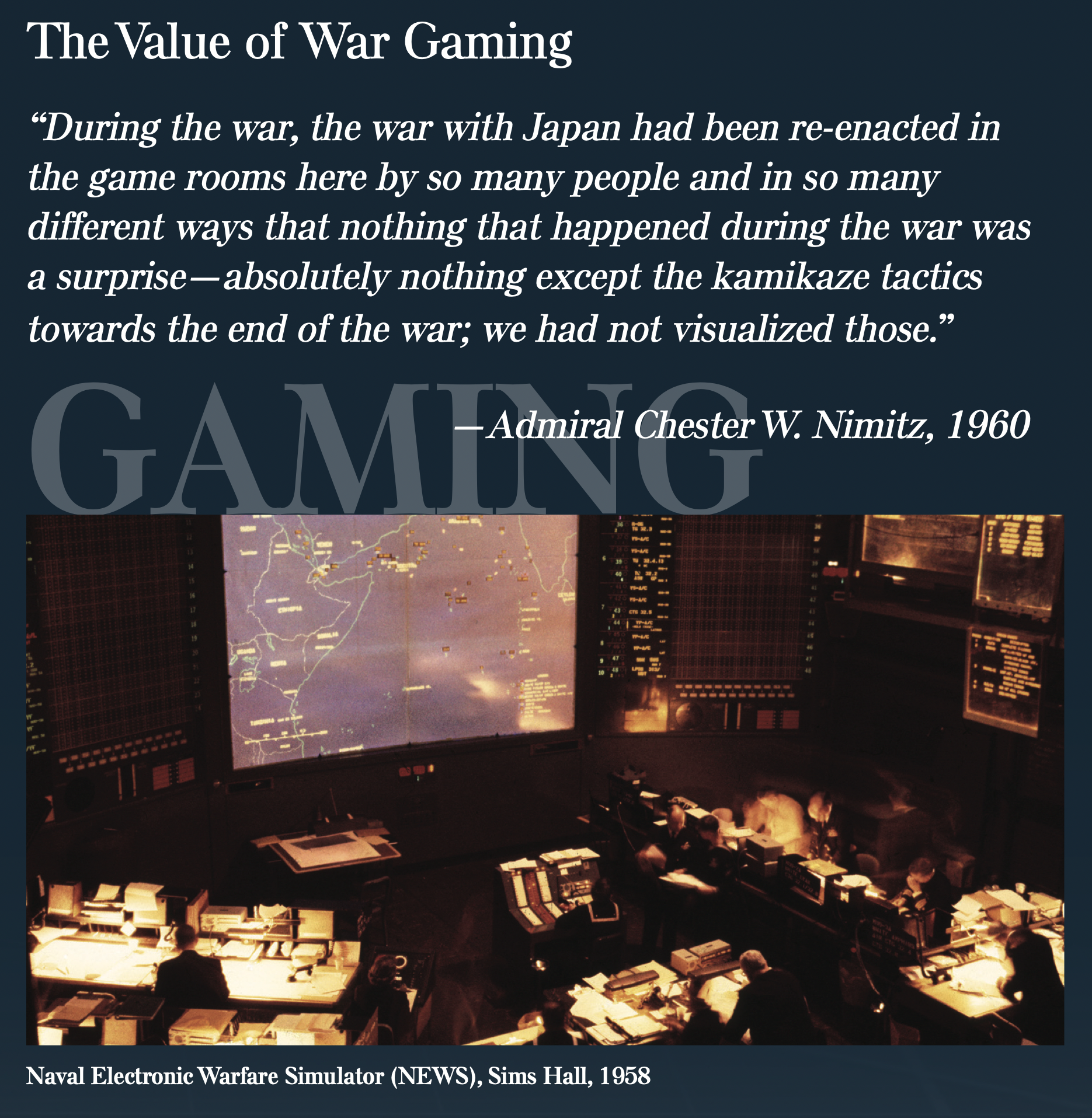
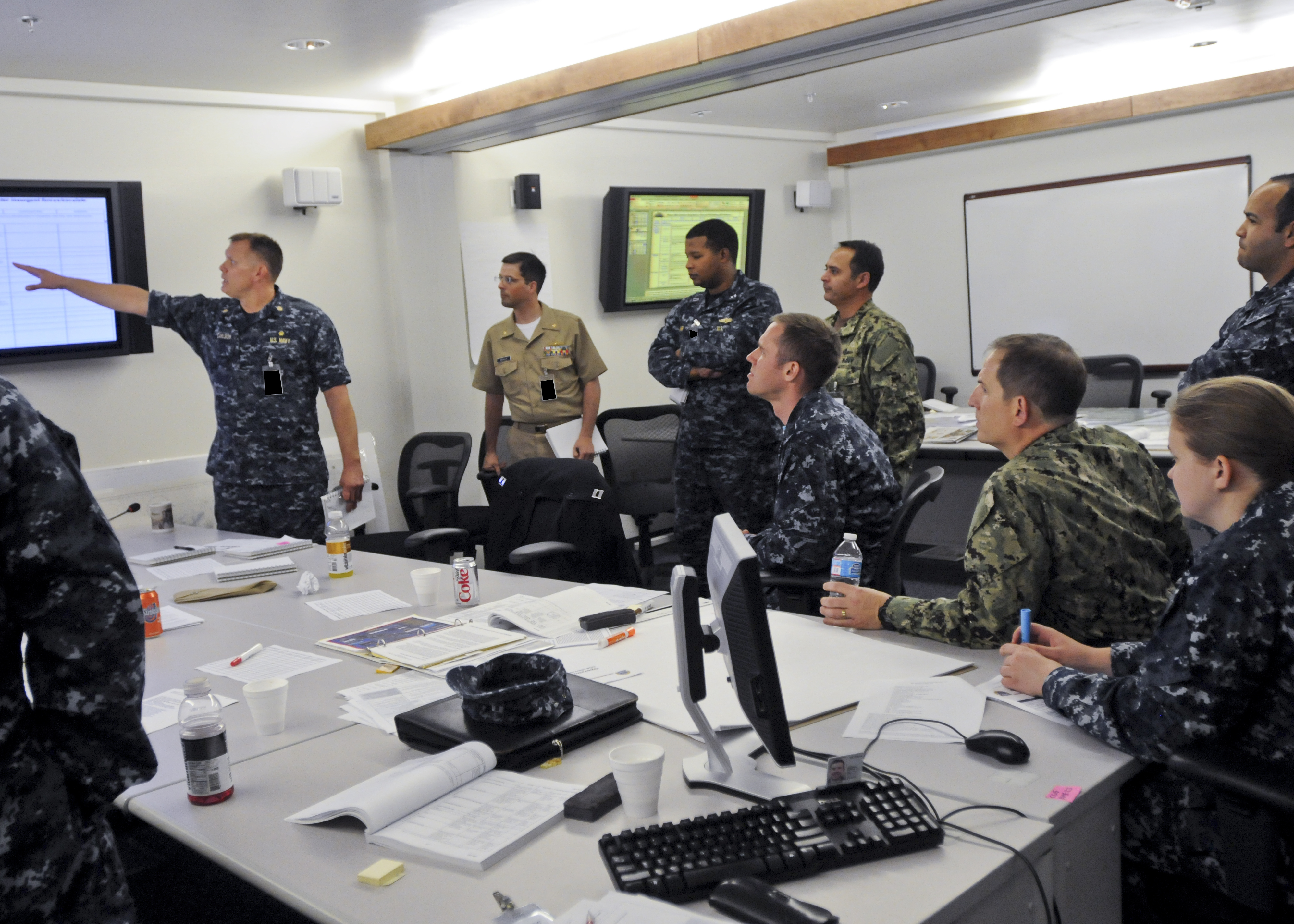
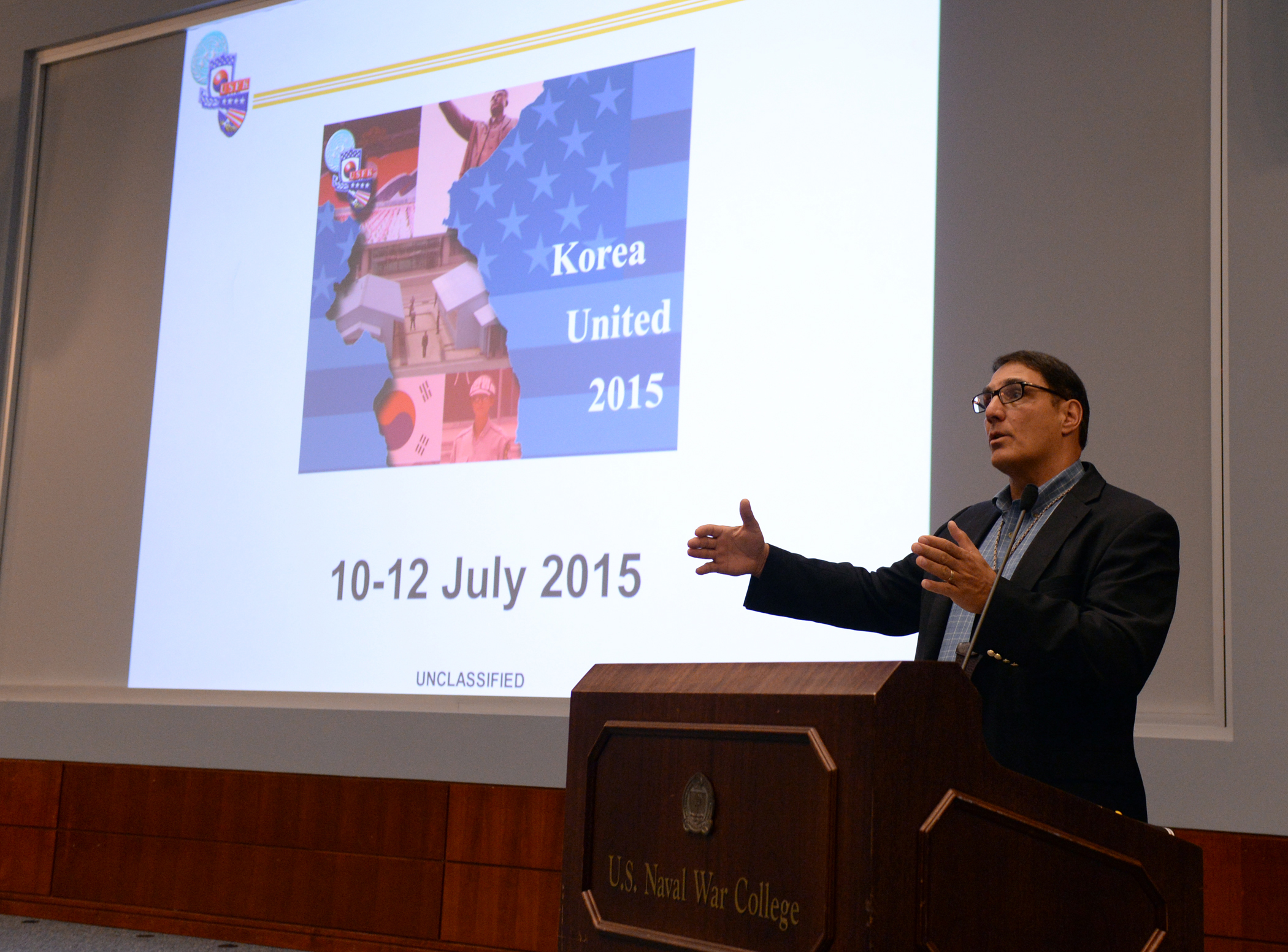
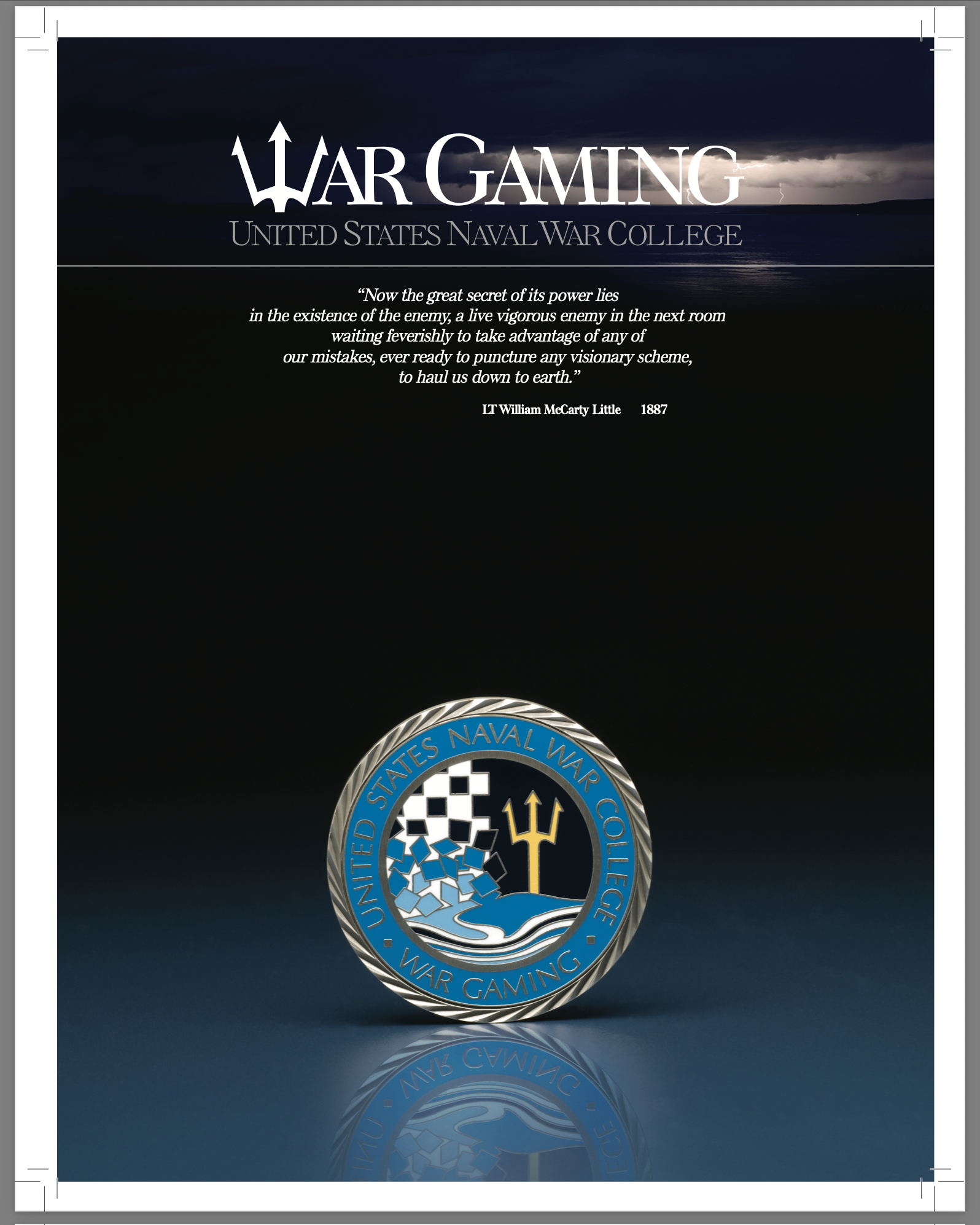


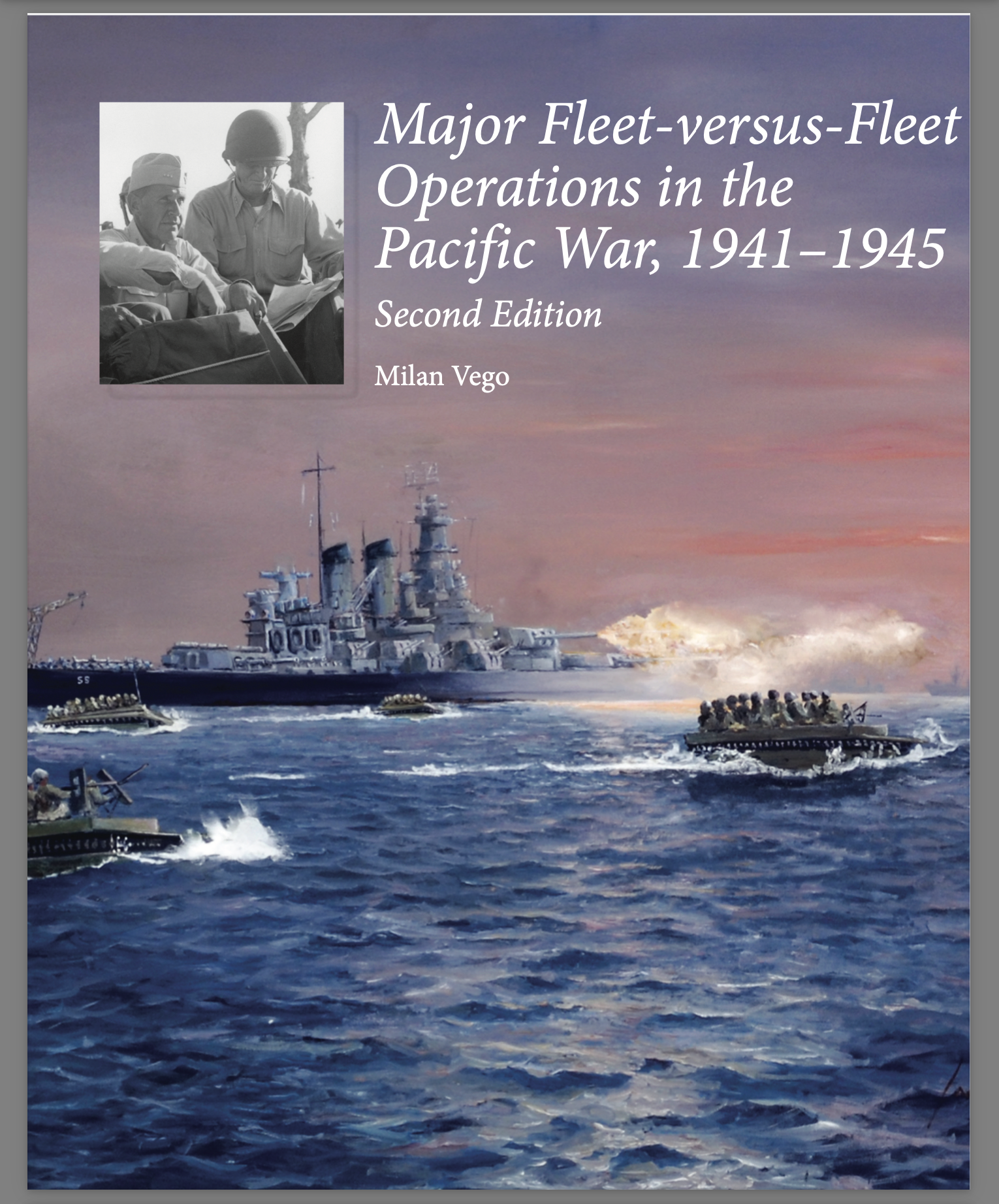


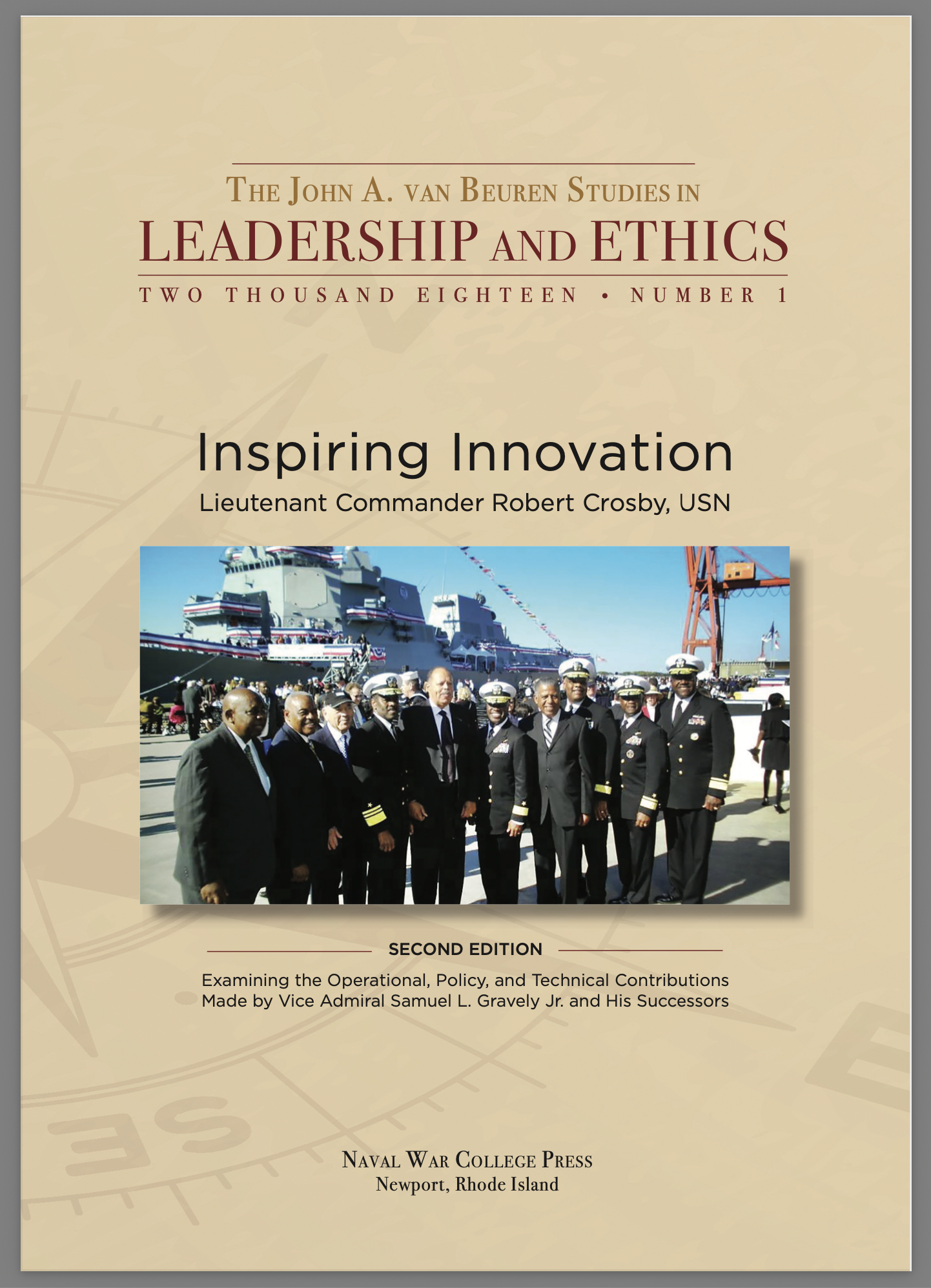
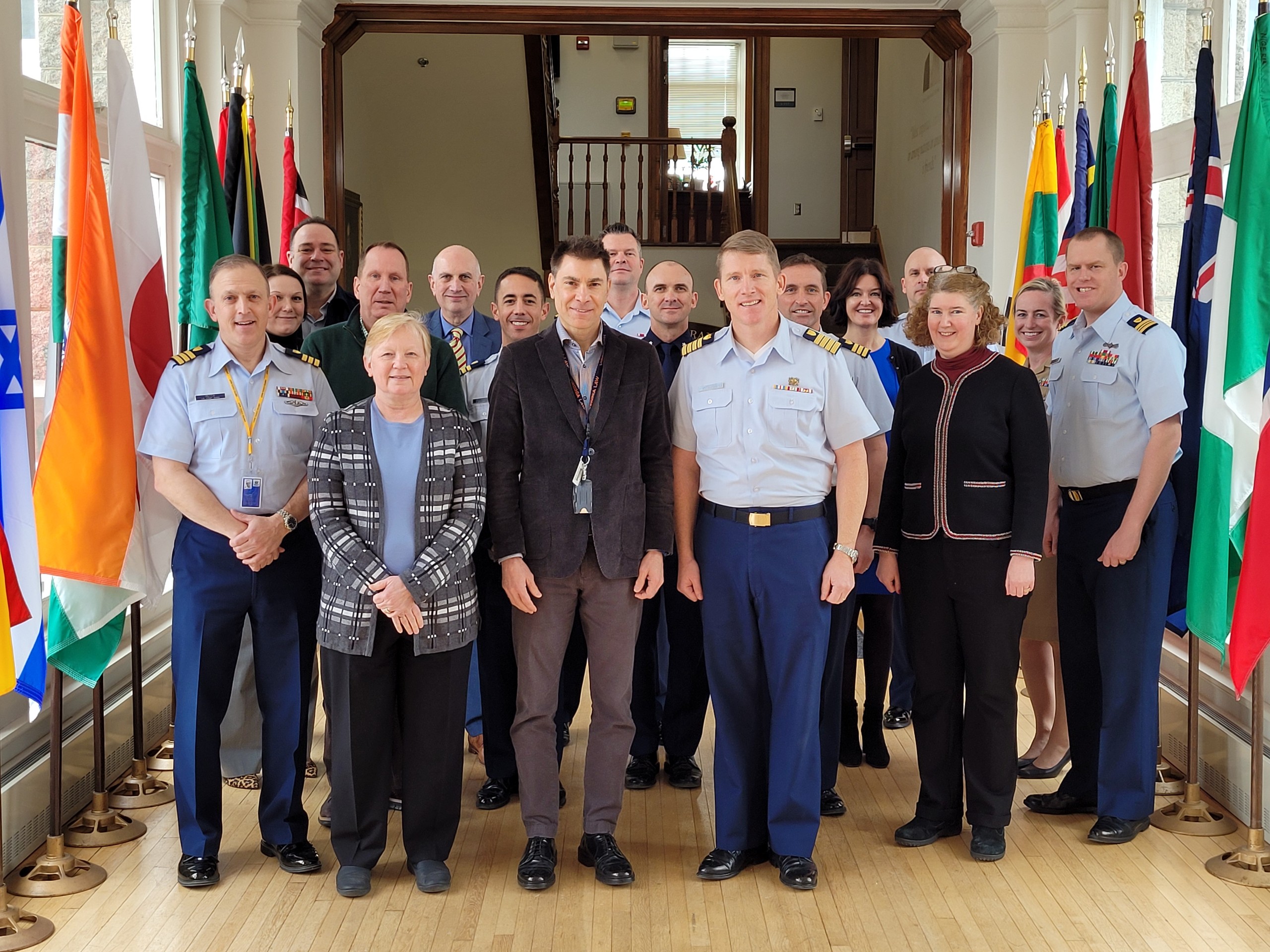


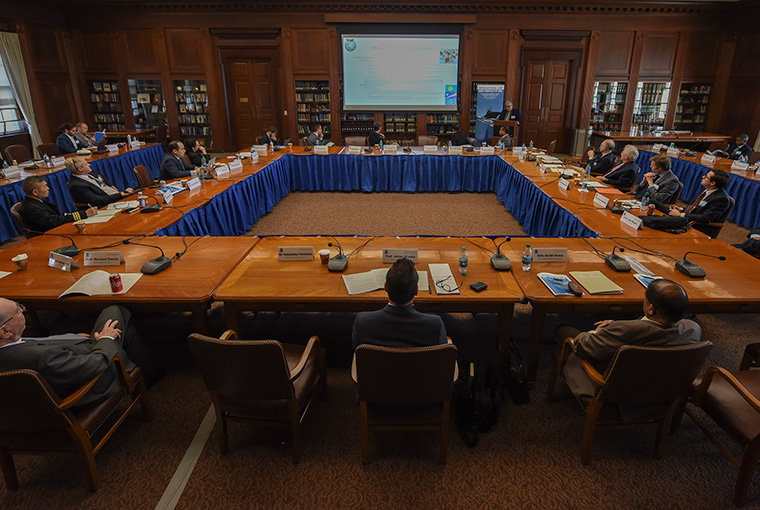
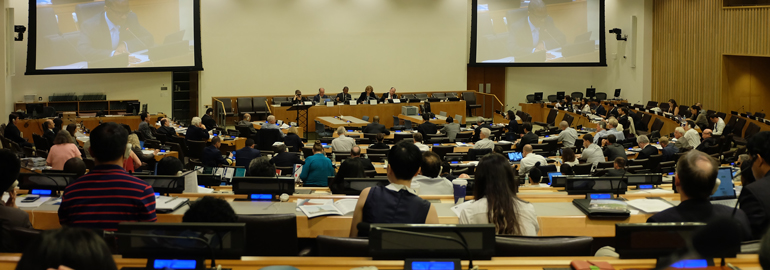
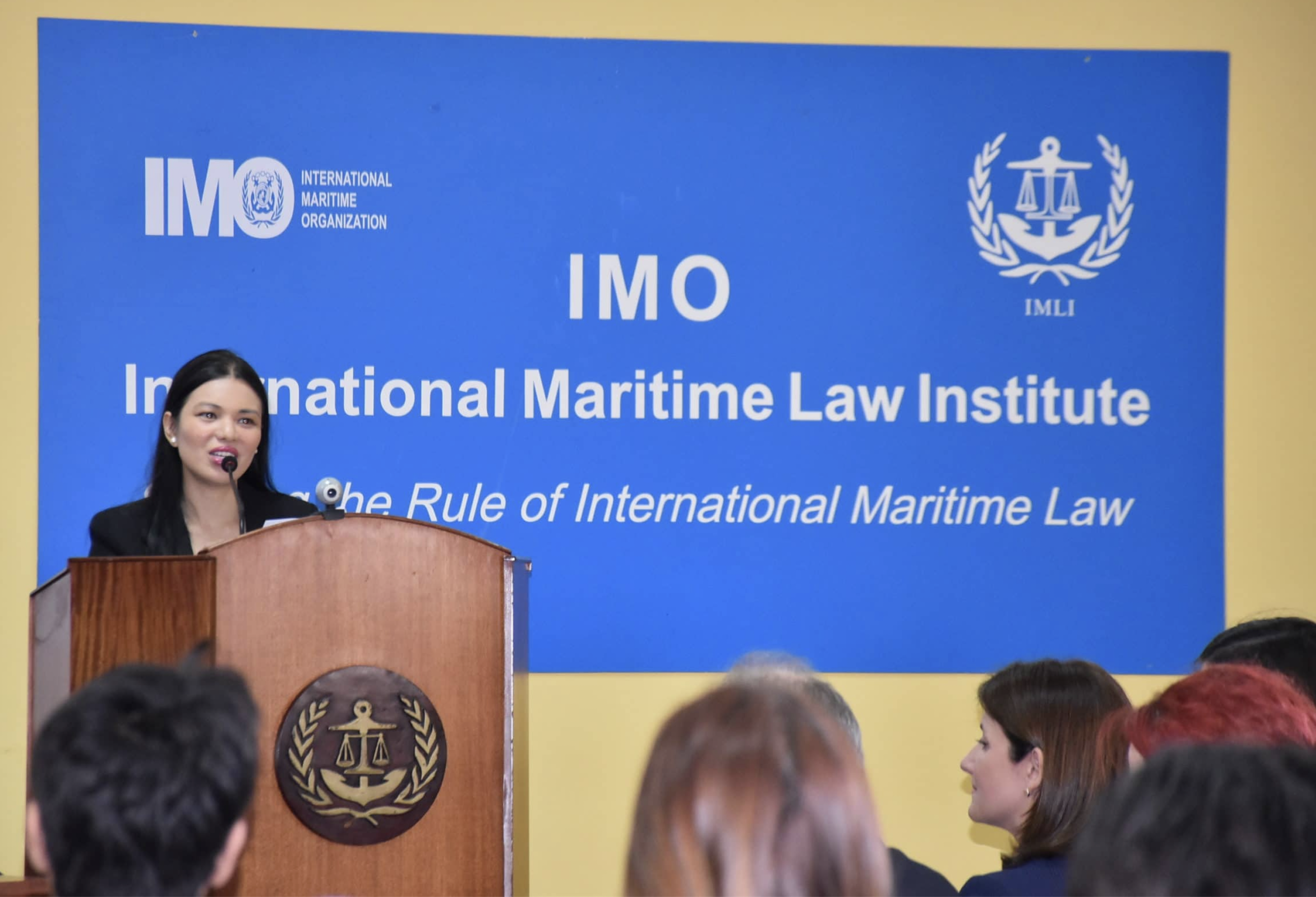
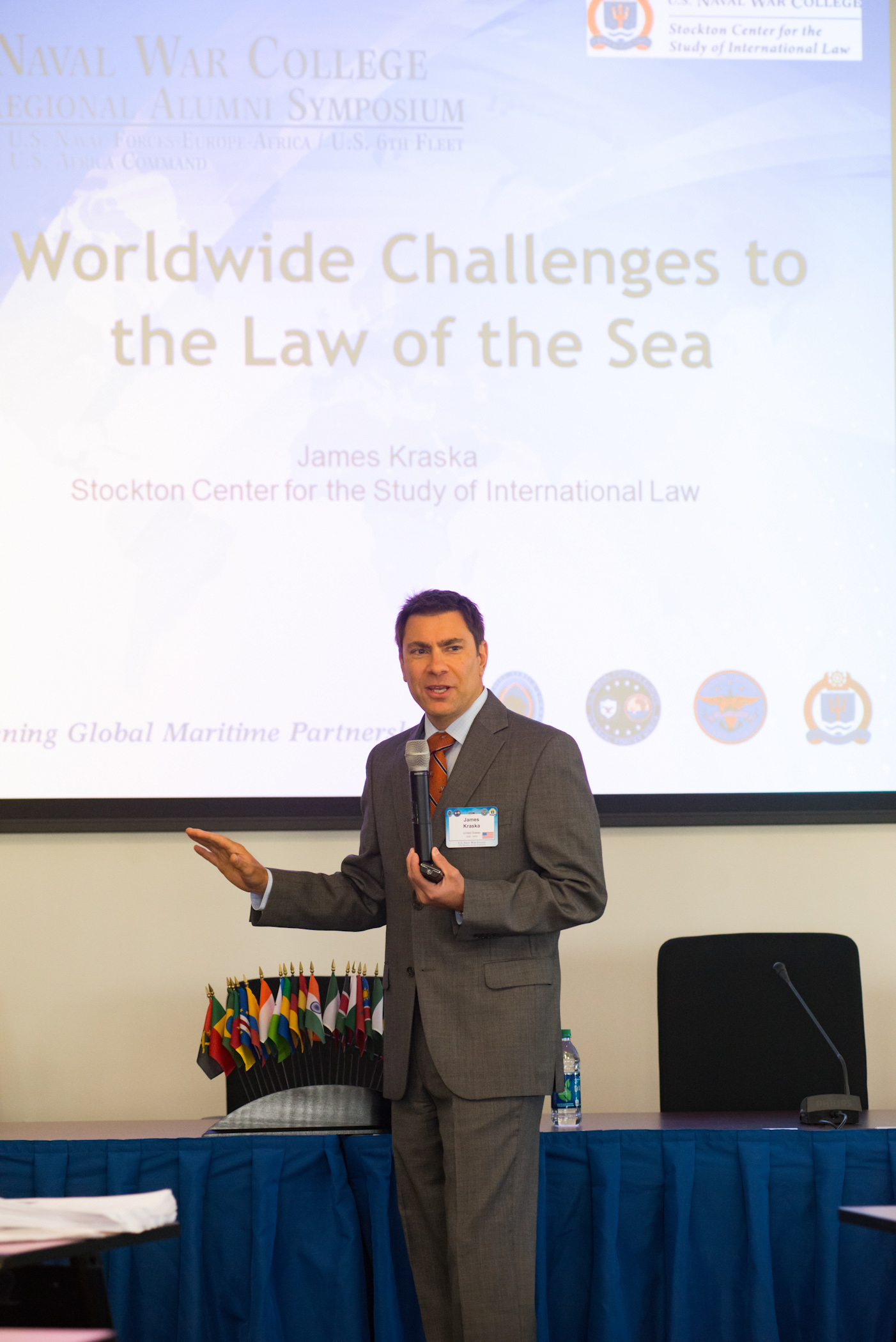
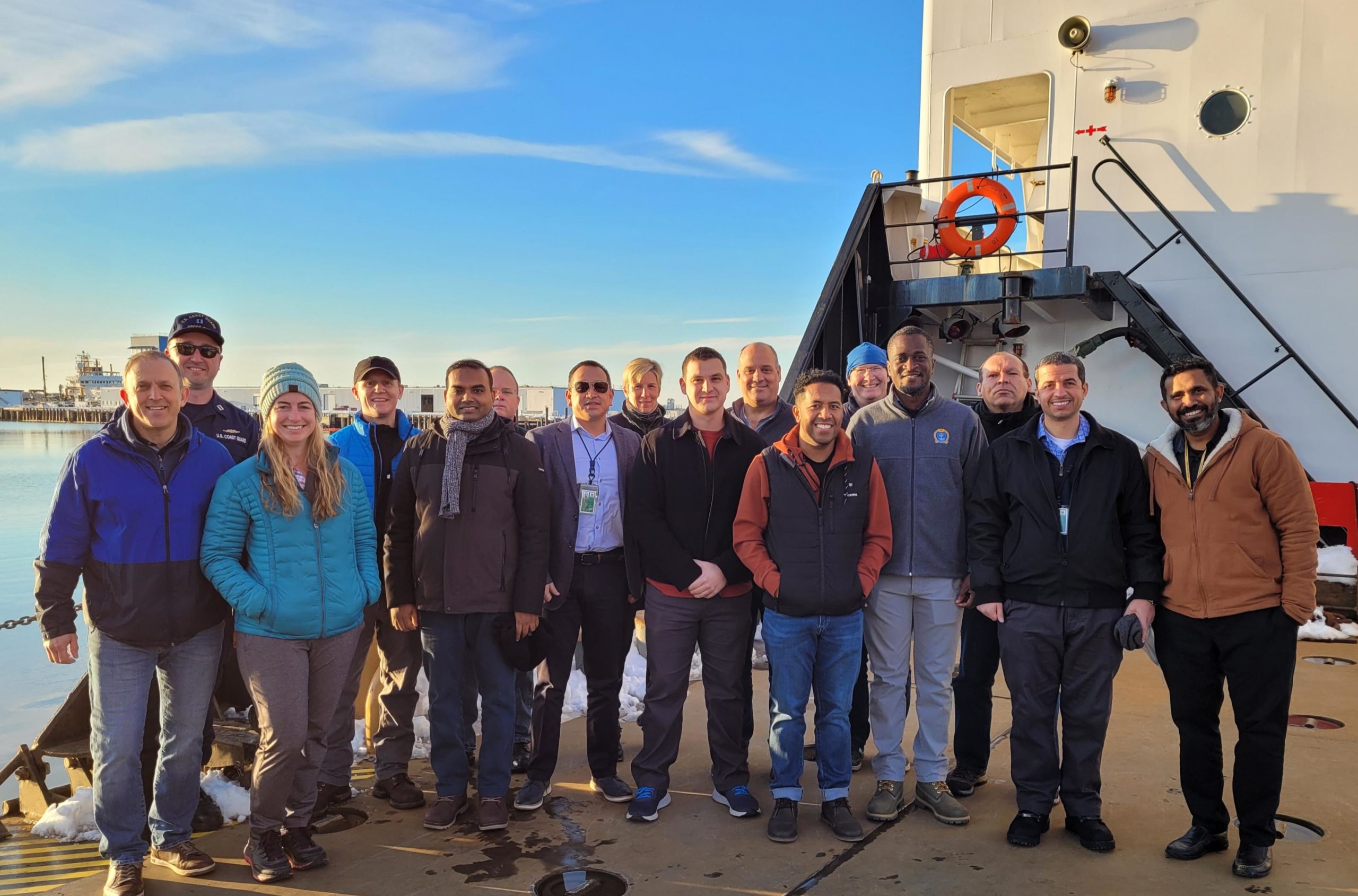
.jpg?sv=2017-04-17&sr=b&si=DNNFileManagerPolicy&sig=Huvldjf8s1SNyElFNQmUFJGCJIznS3w%2FmNRw9xfODrs%3D)
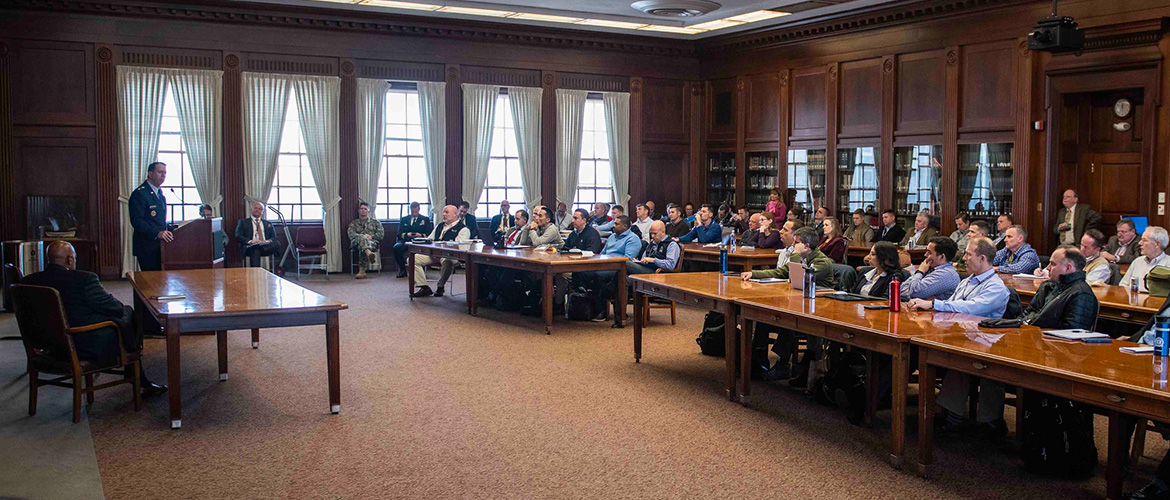


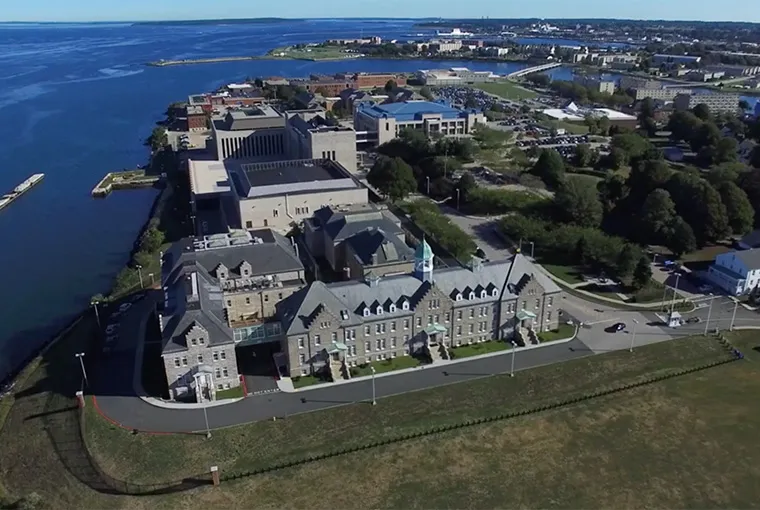
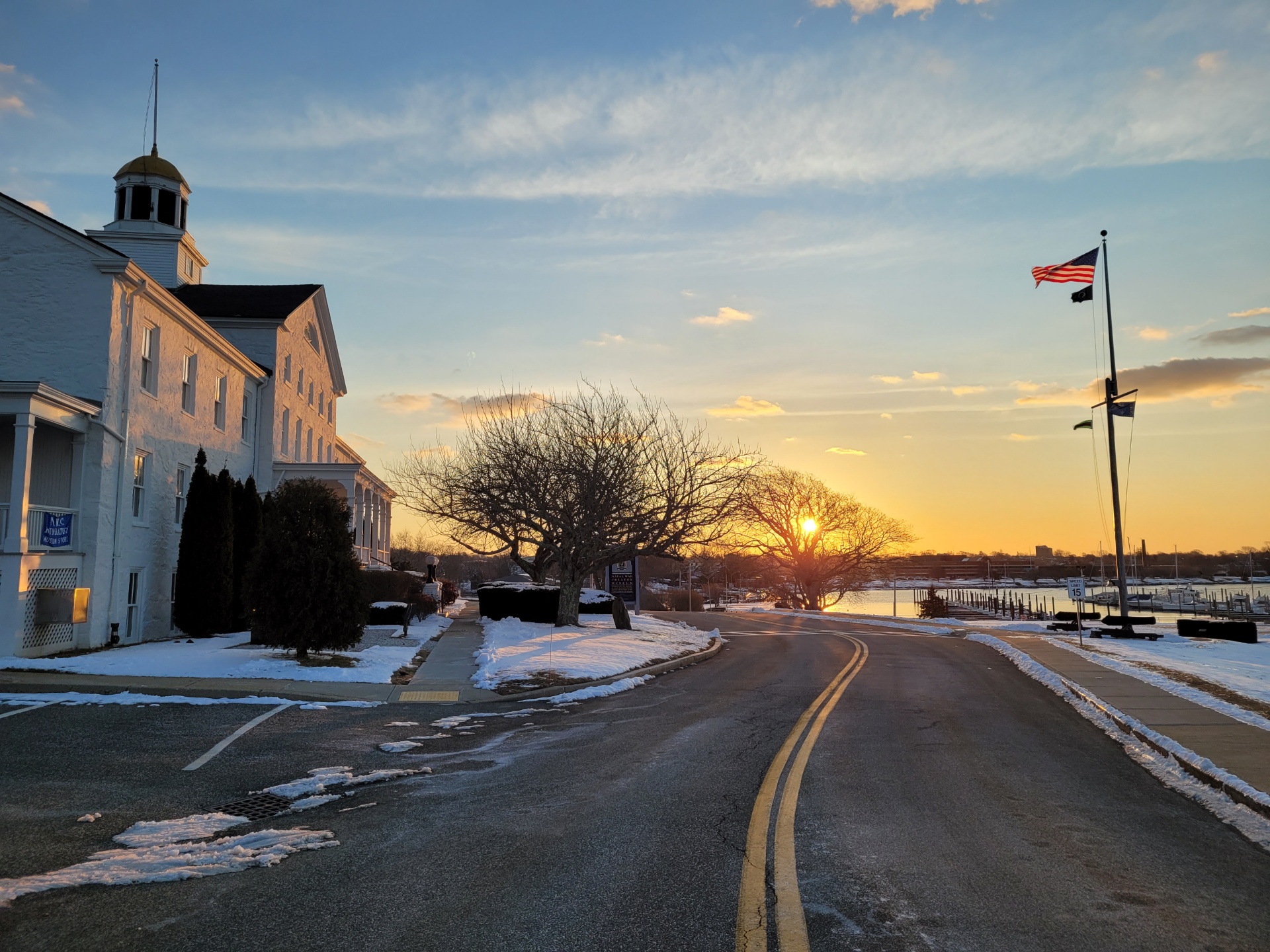
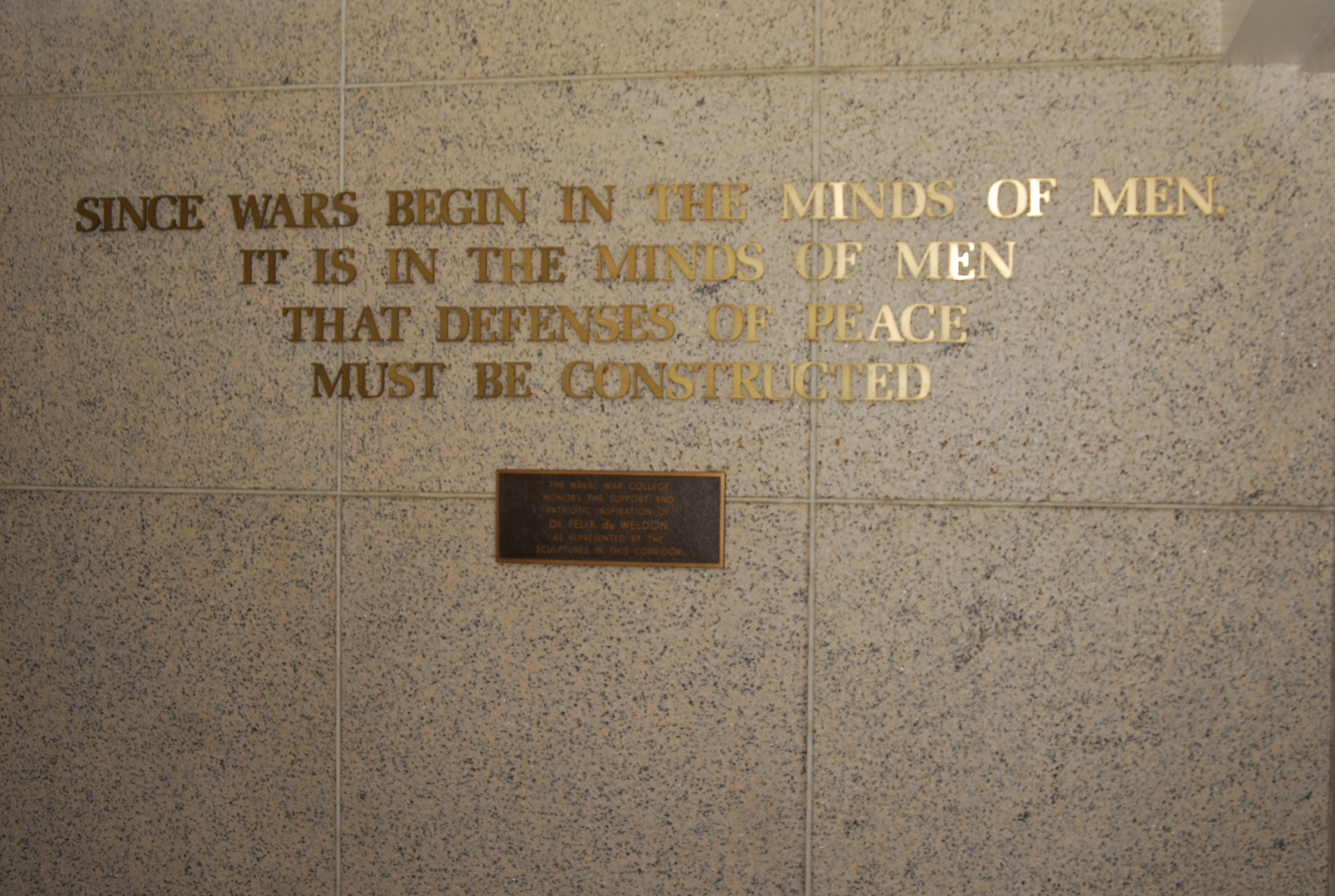
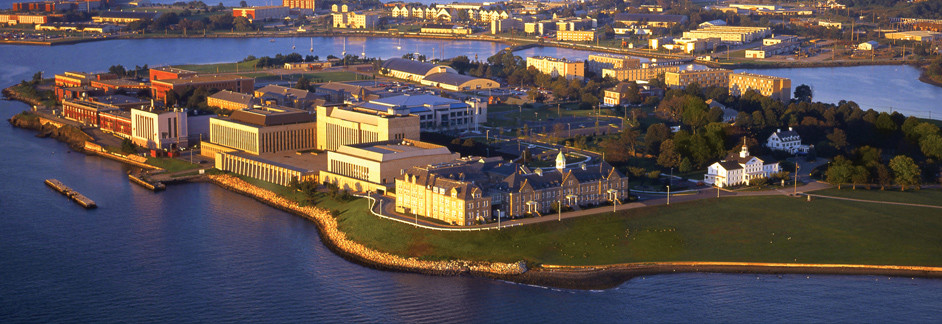
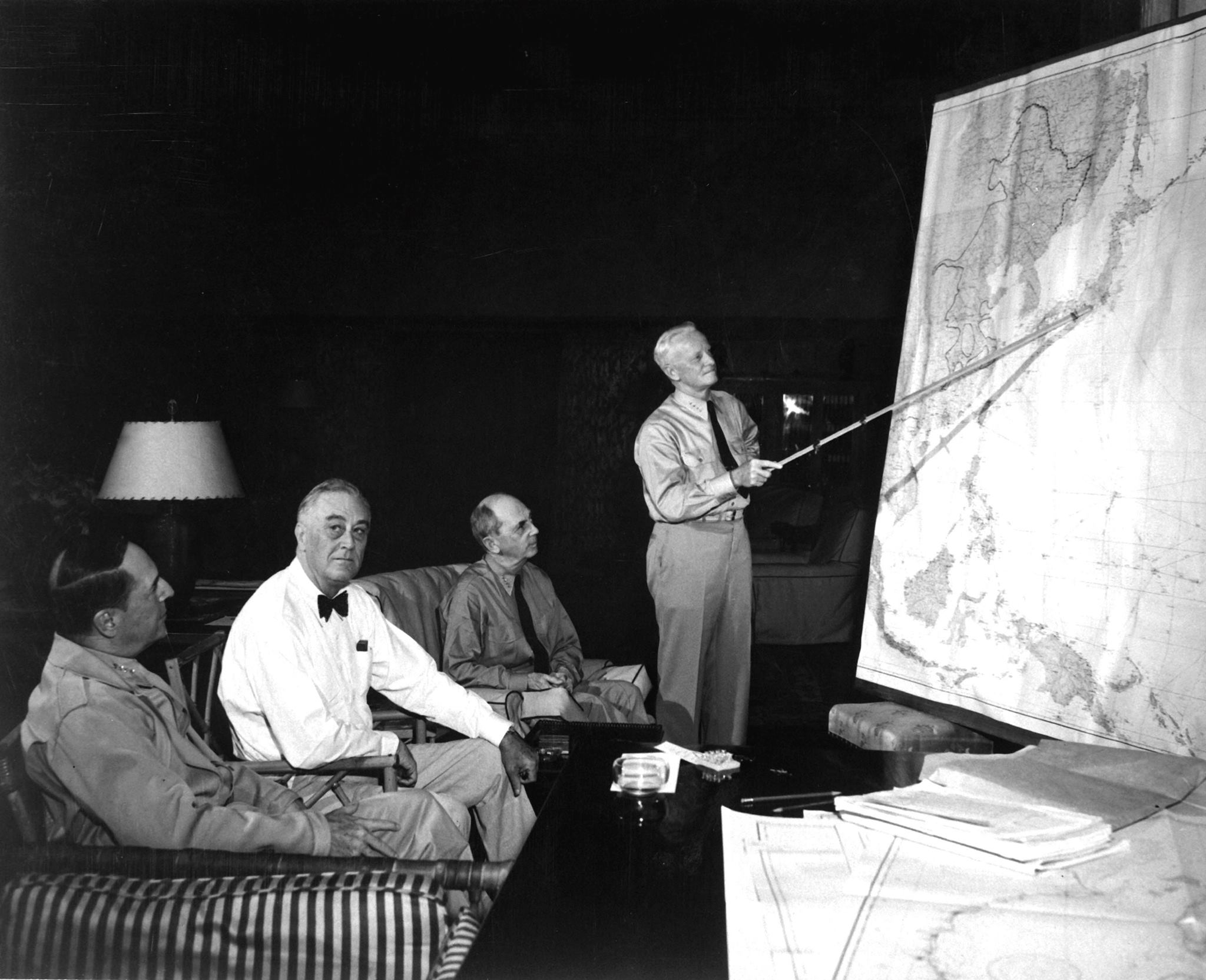
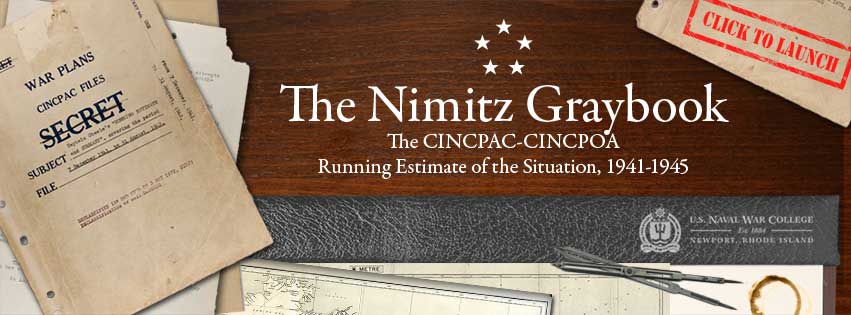
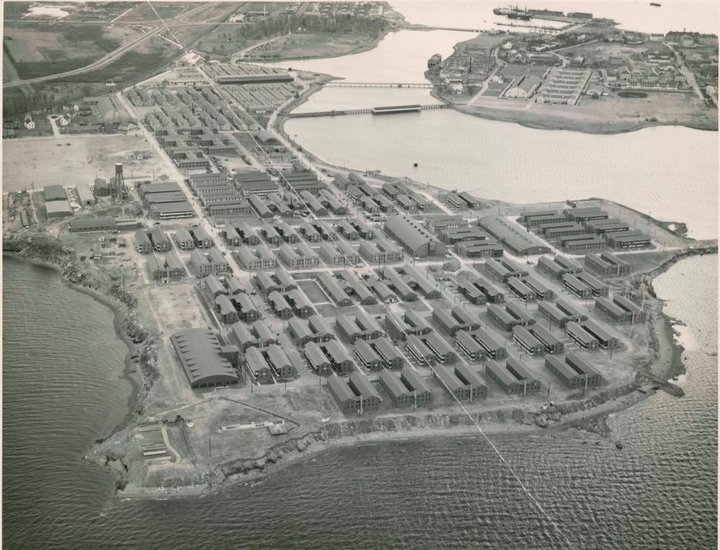
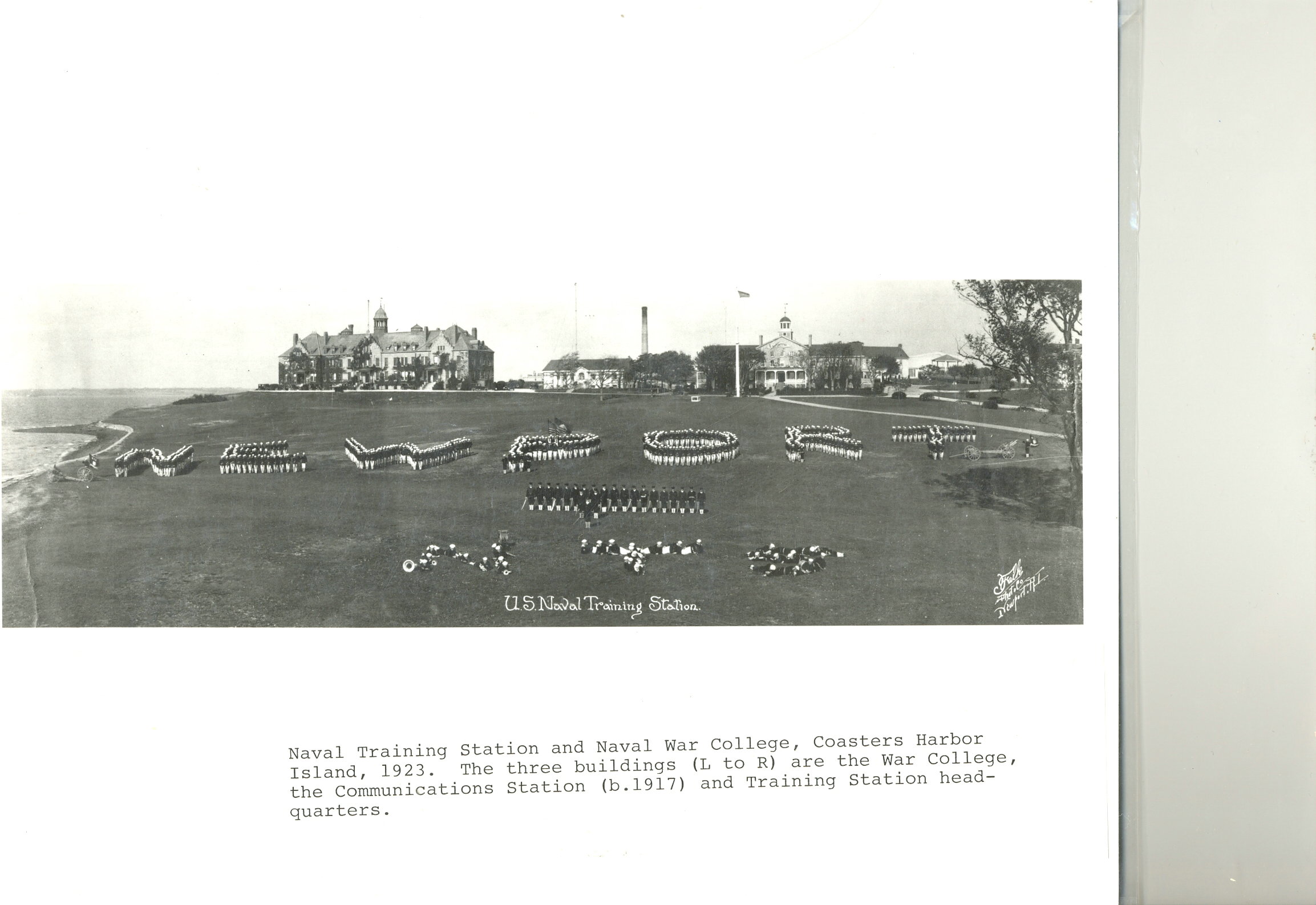
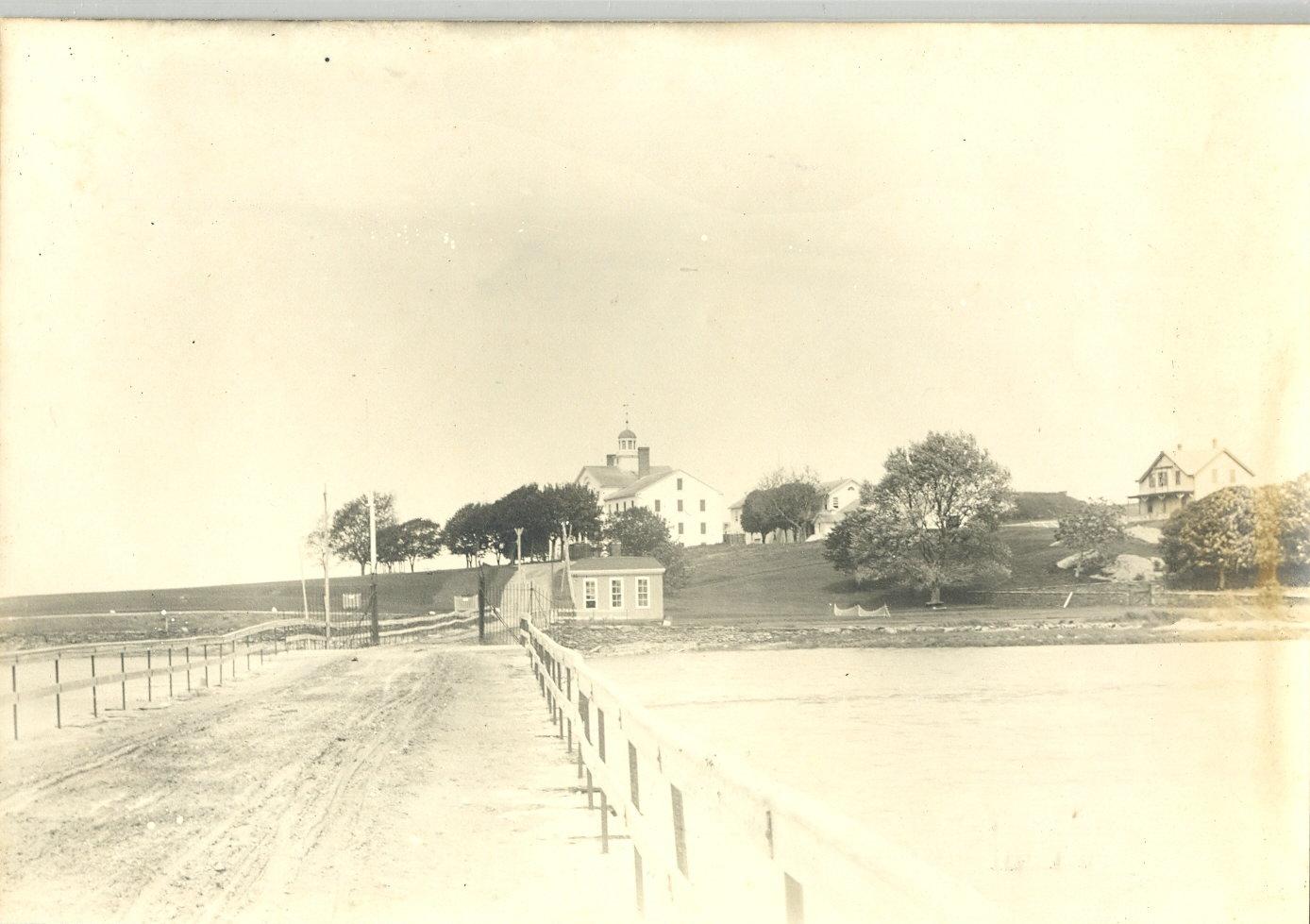
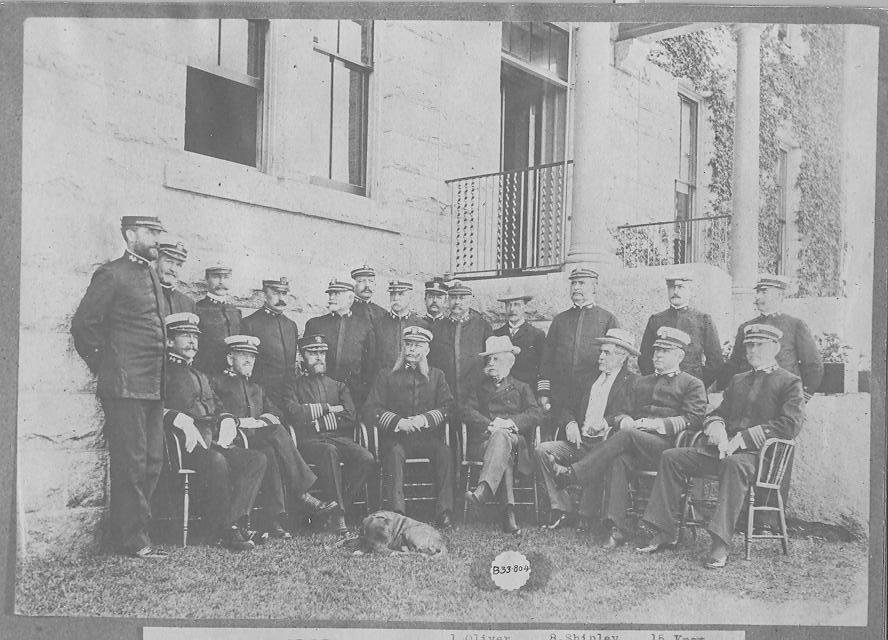
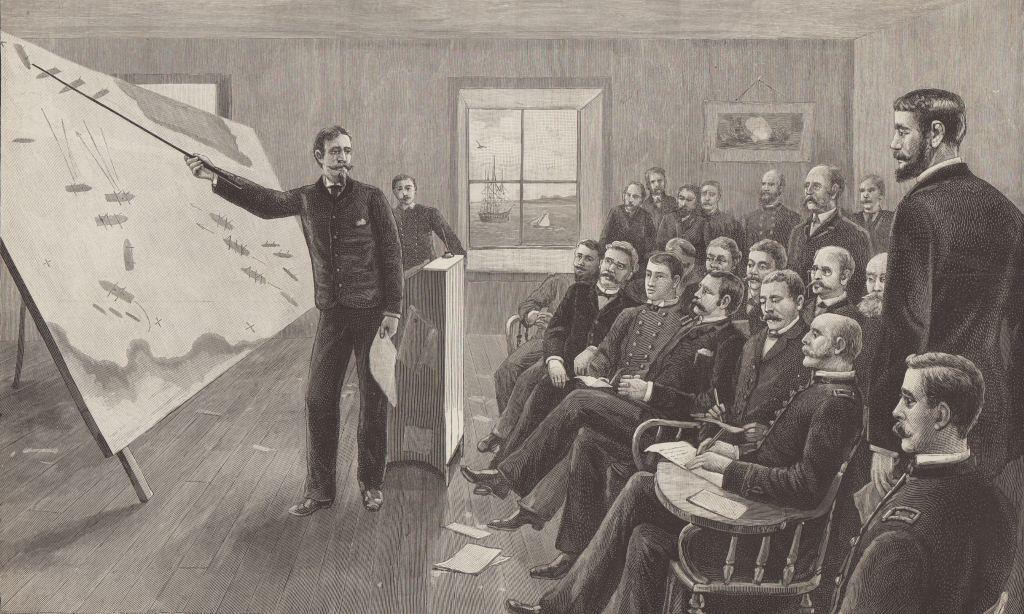
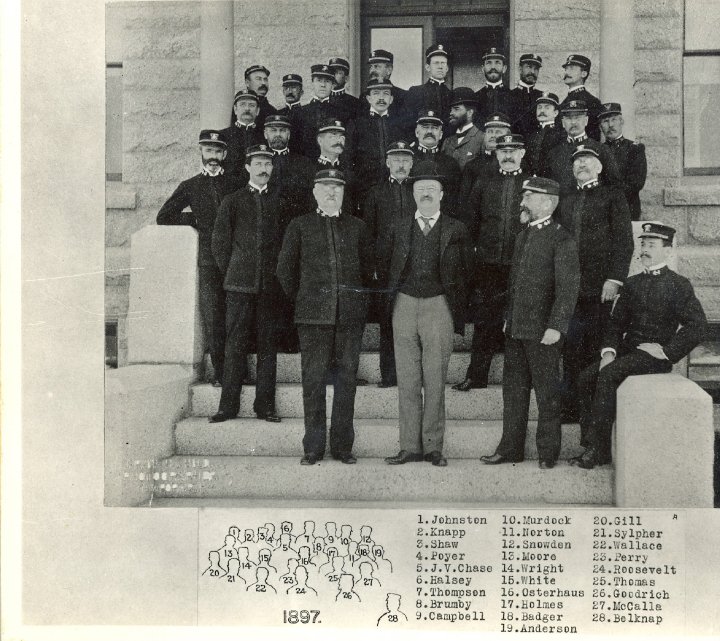
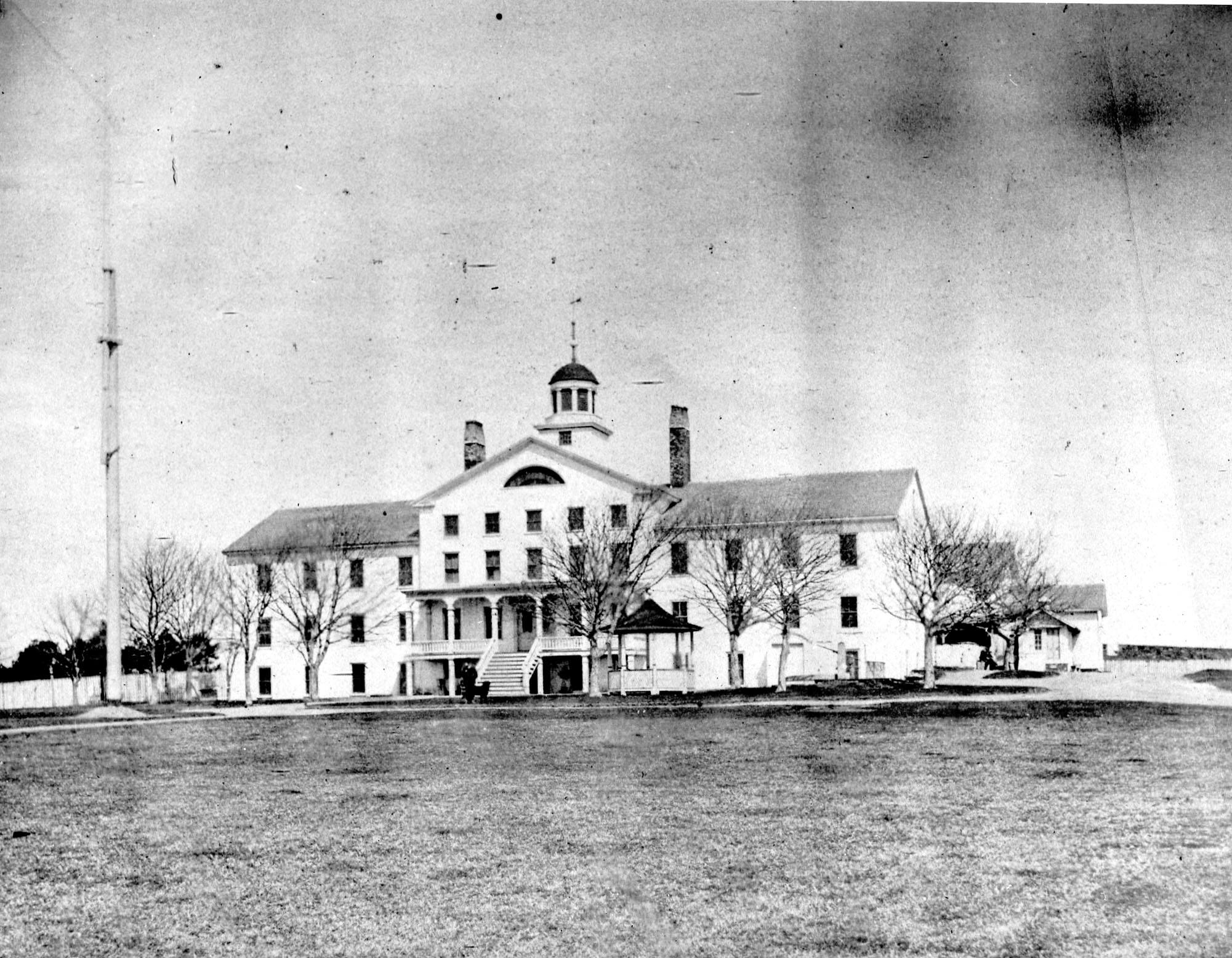
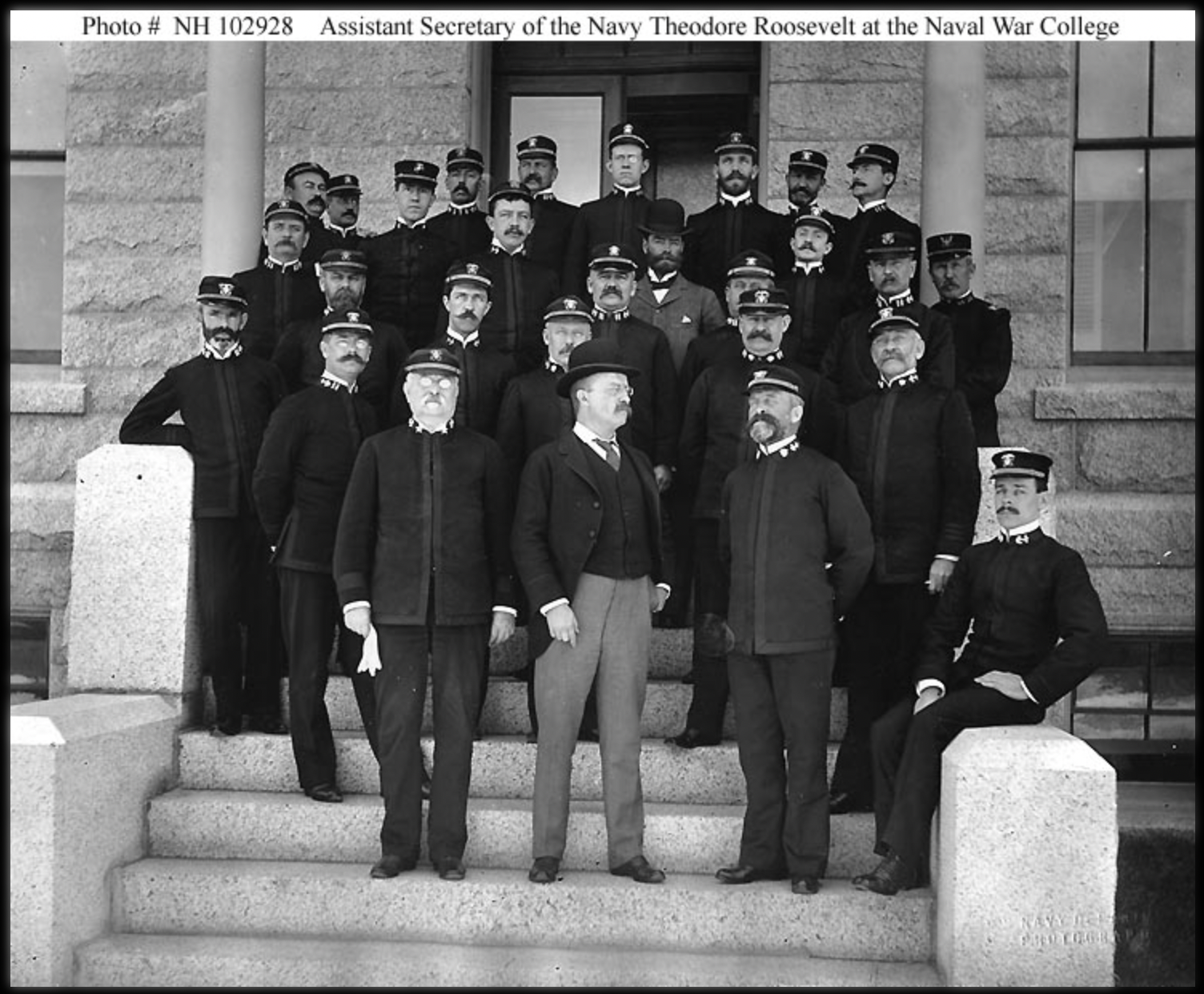
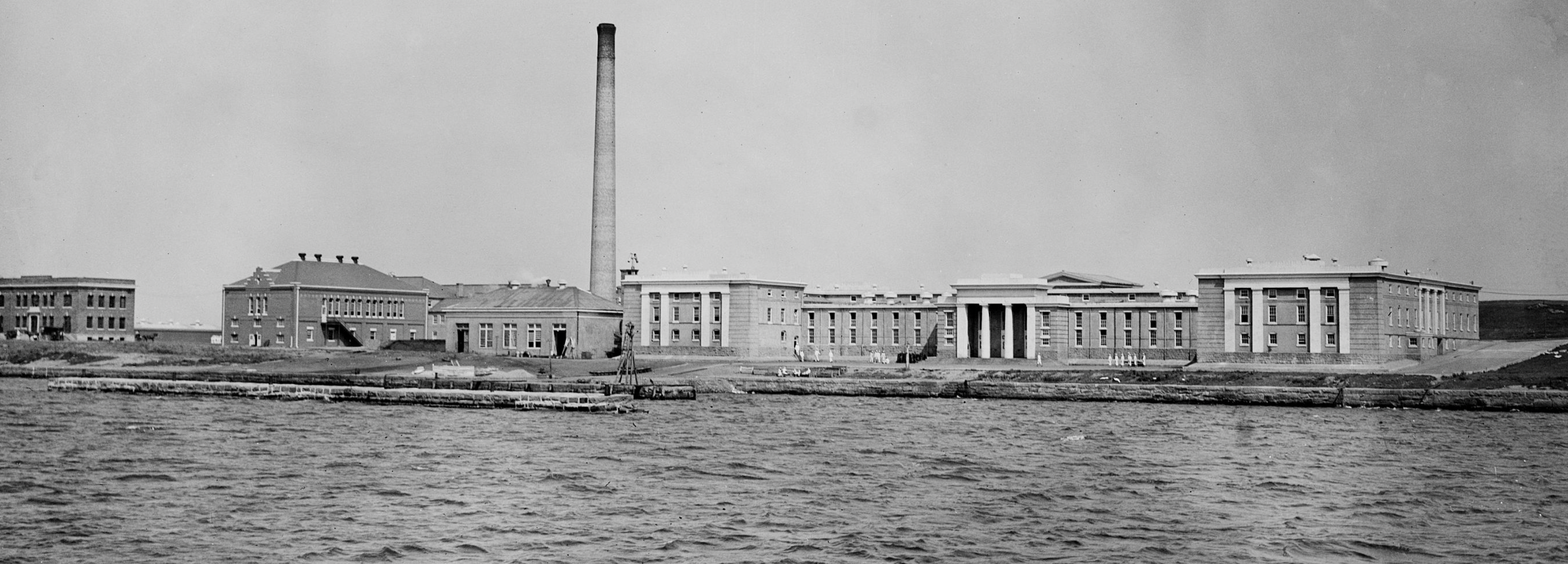
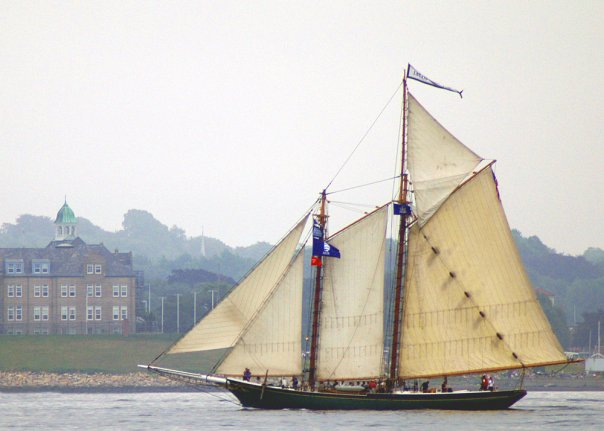
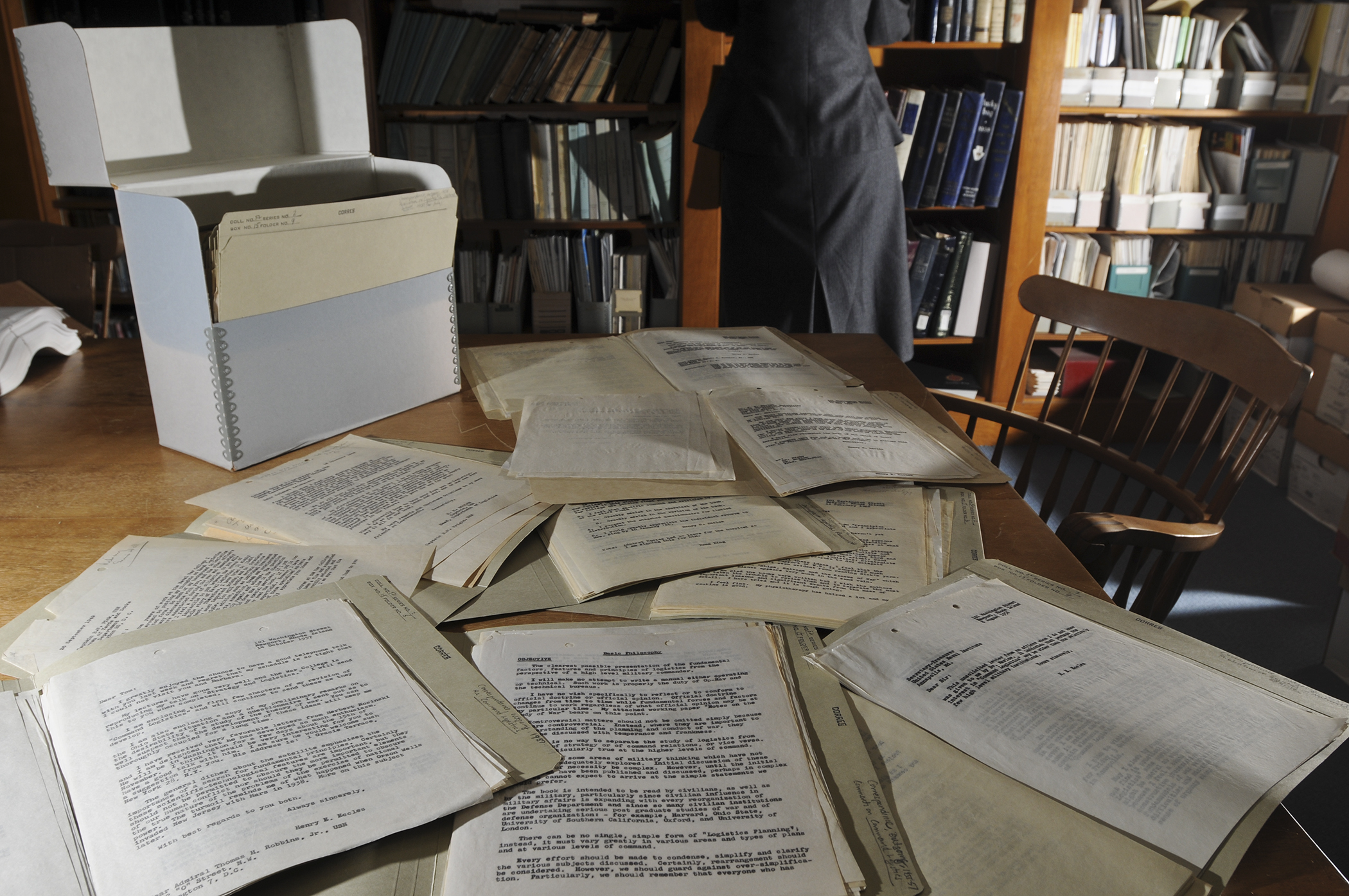
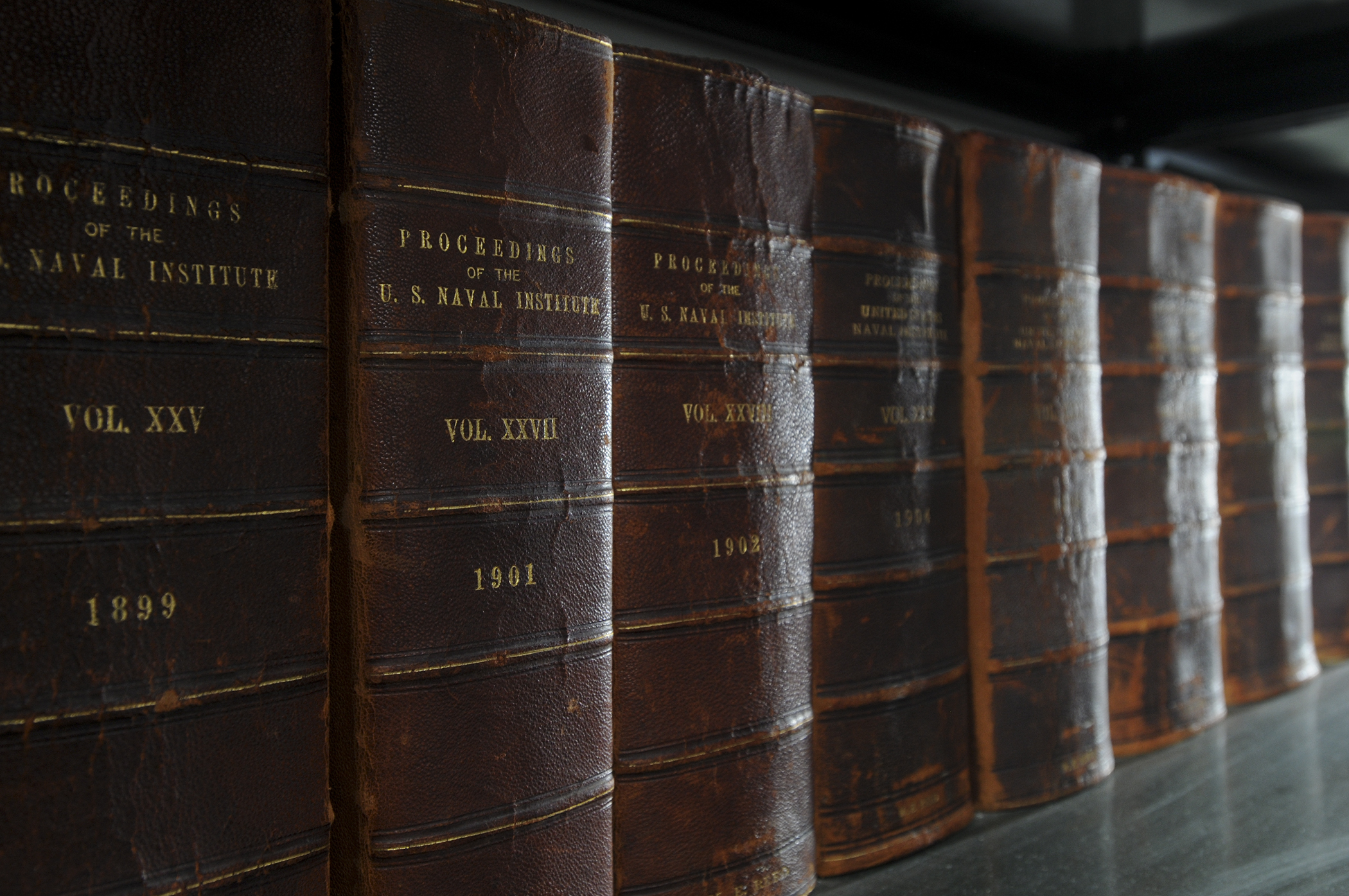
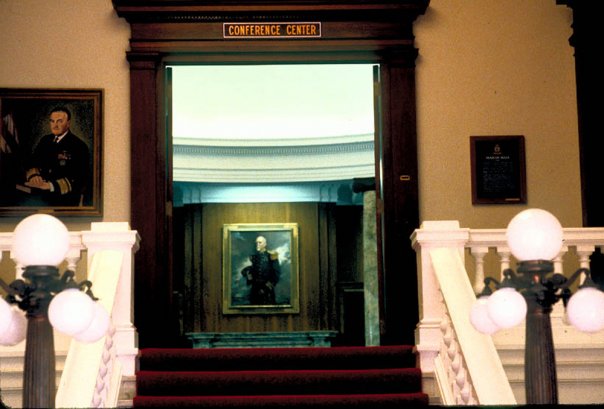
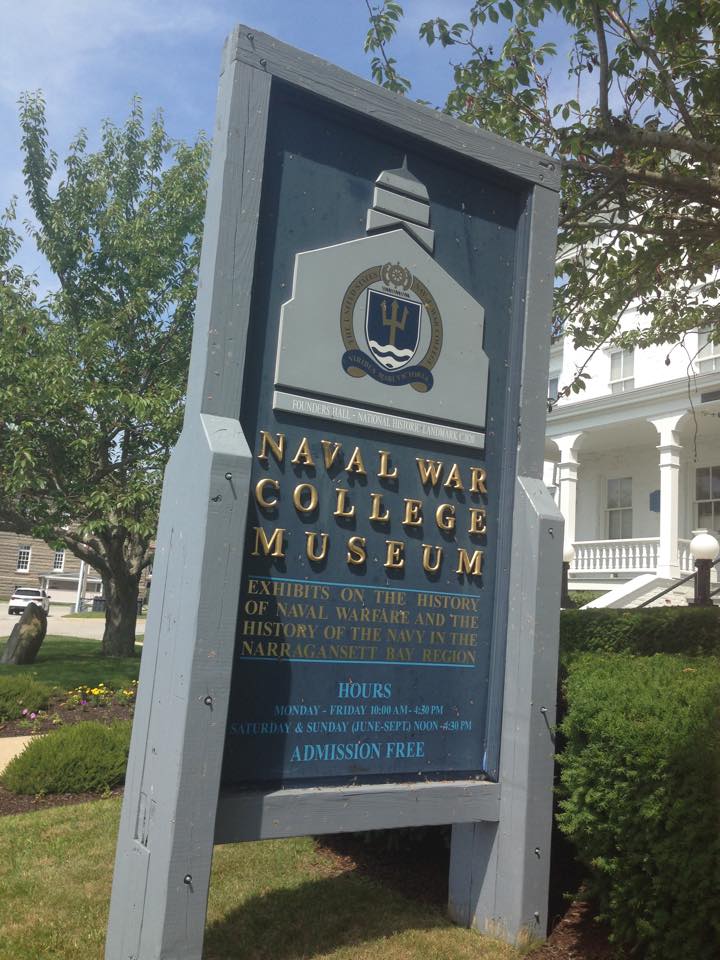
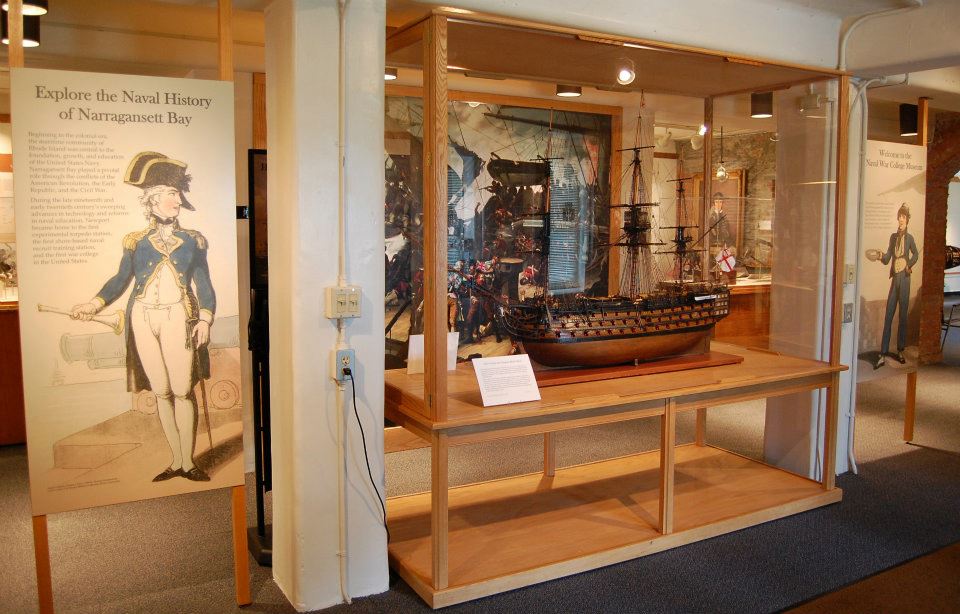
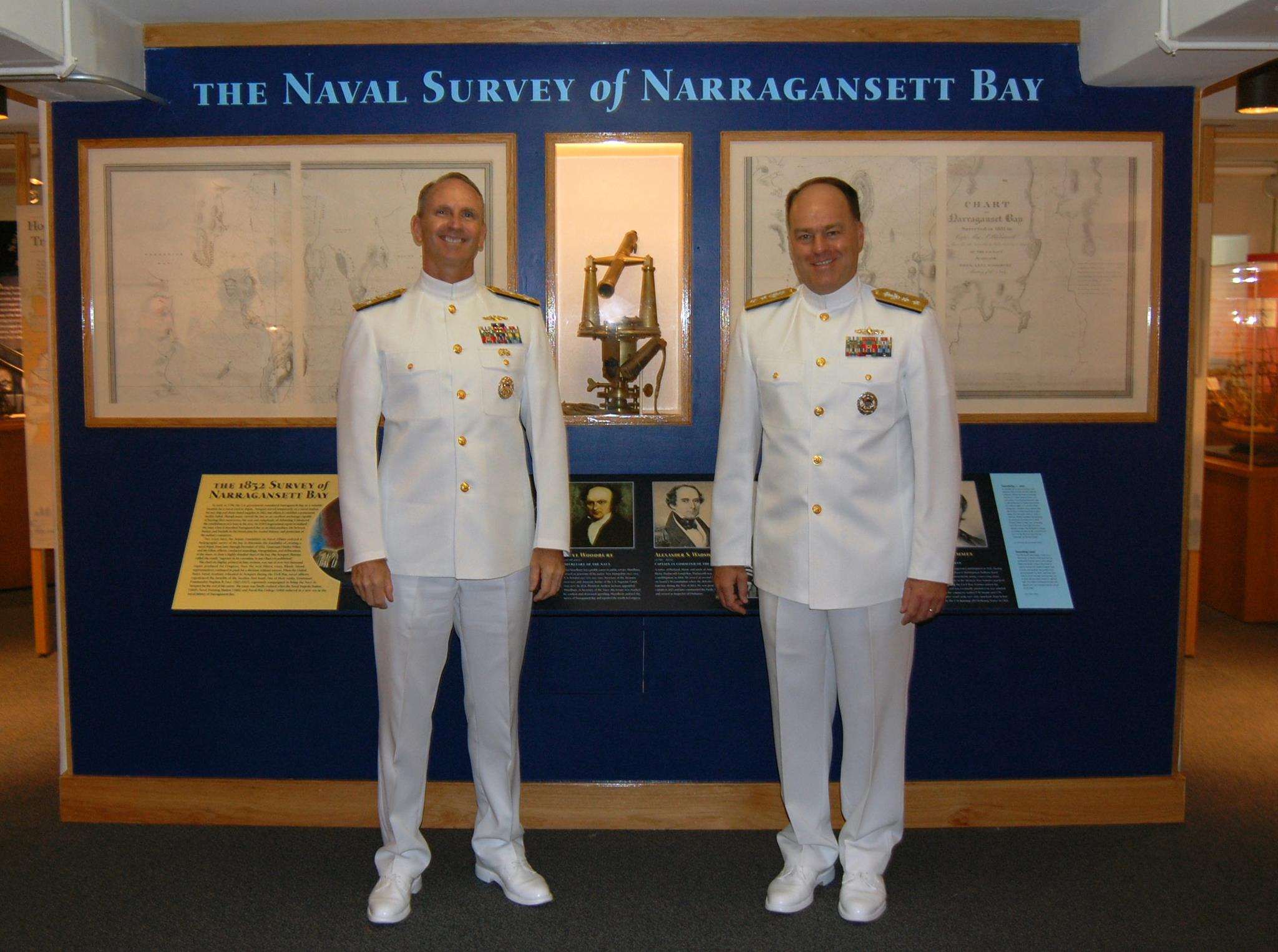
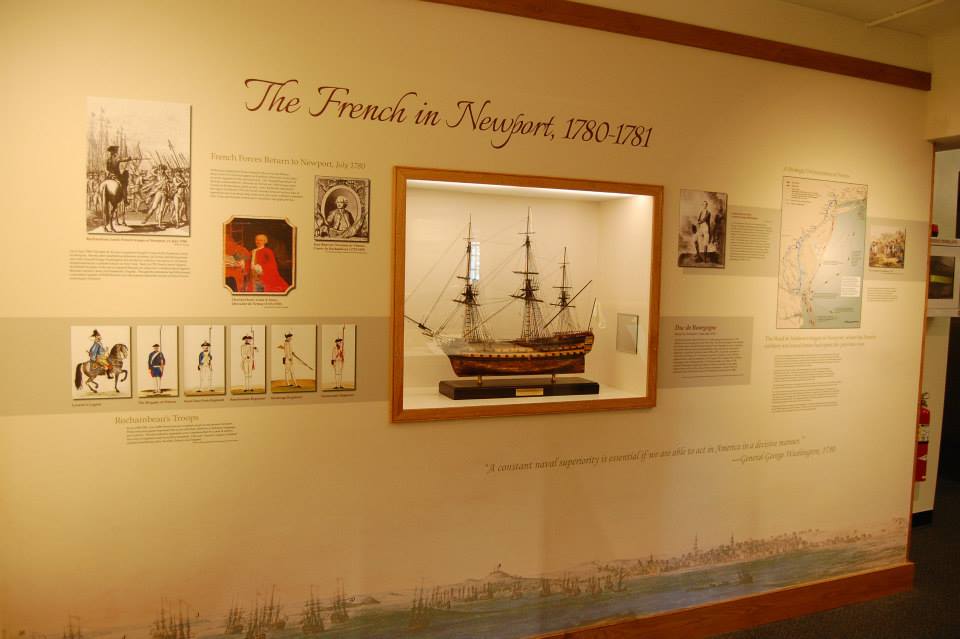
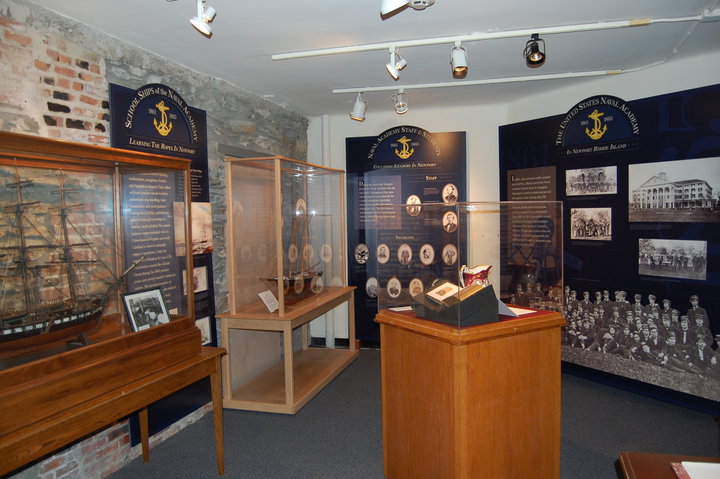
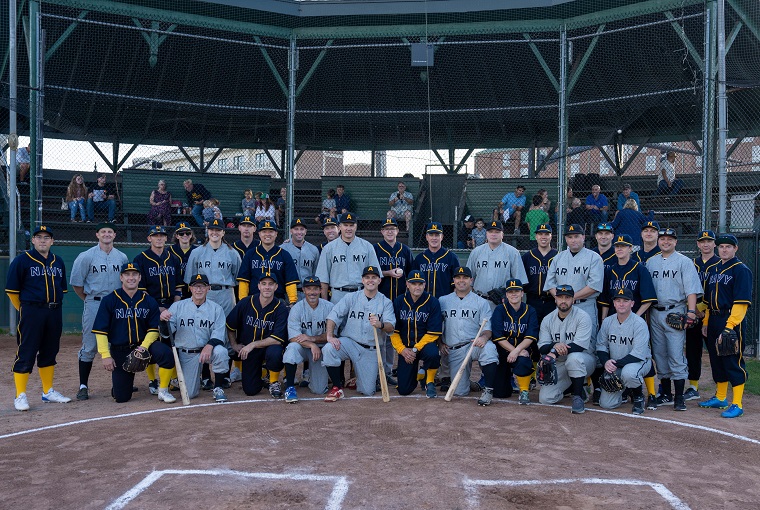
.jpeg?sv=2017-04-17&sr=b&si=DNNFileManagerPolicy&sig=I4jC1DqXB%2F4L7Bc%2FNJoTw7Ig41eOs%2FXwIQWht0VsENY%3D)
